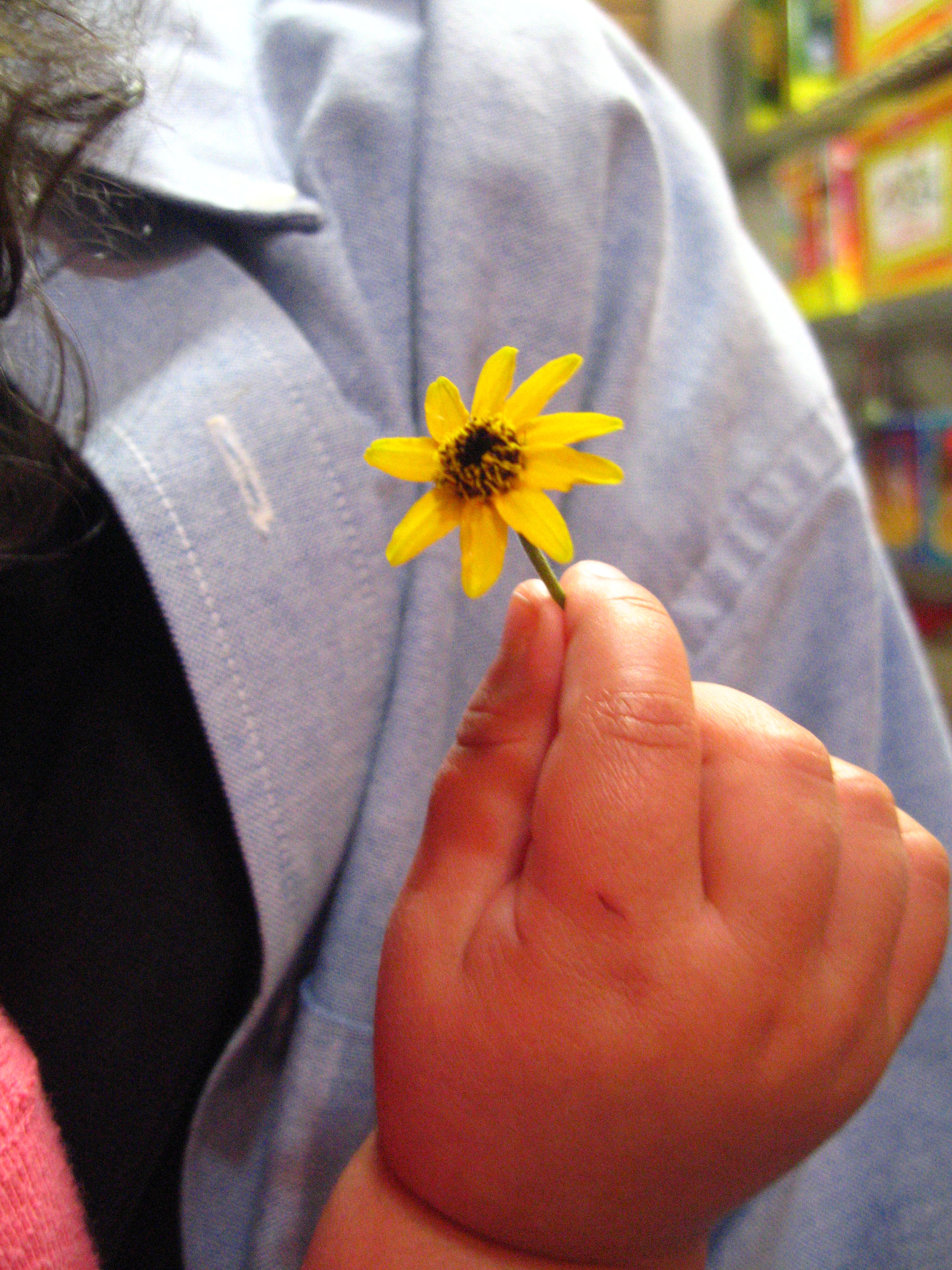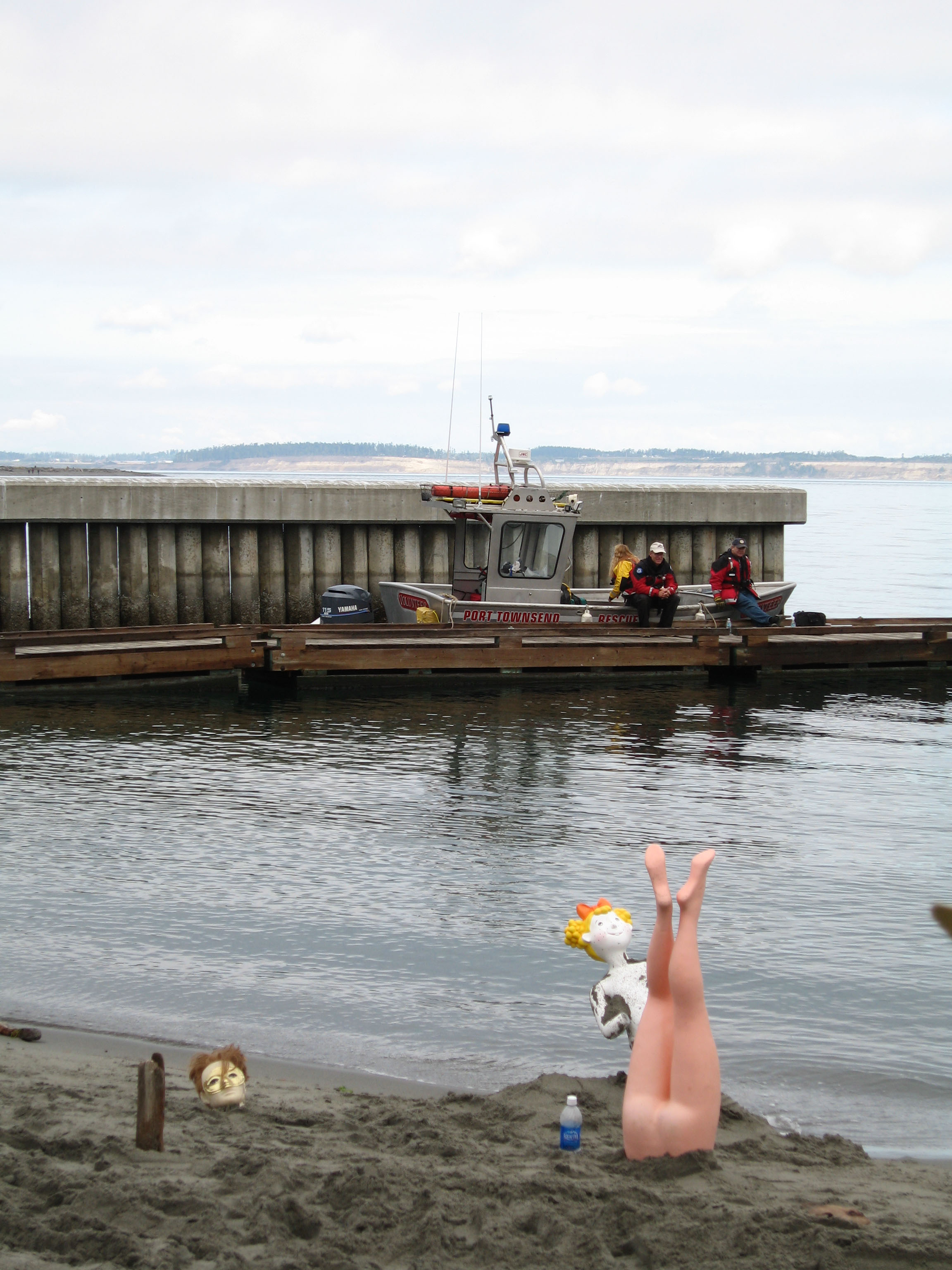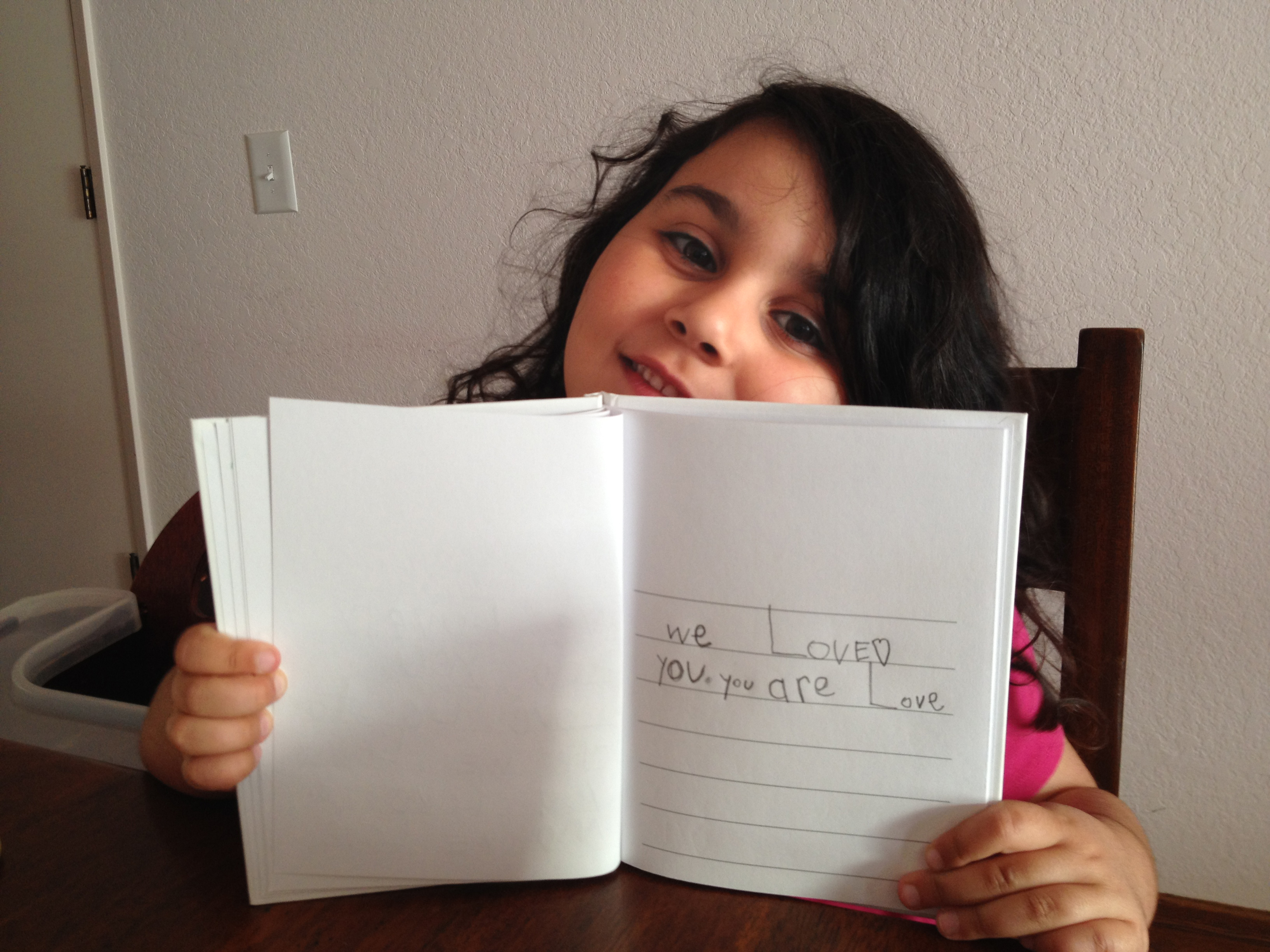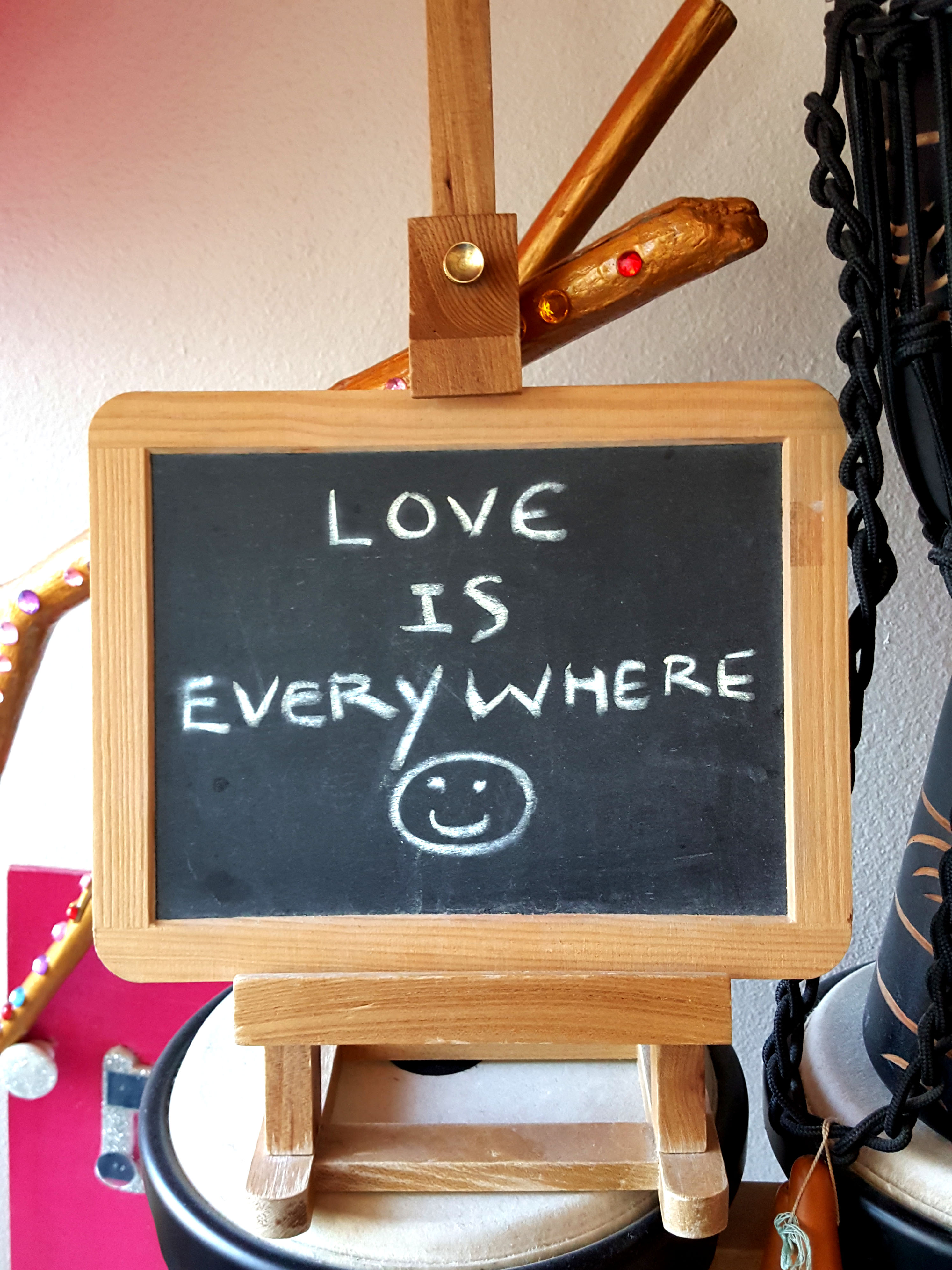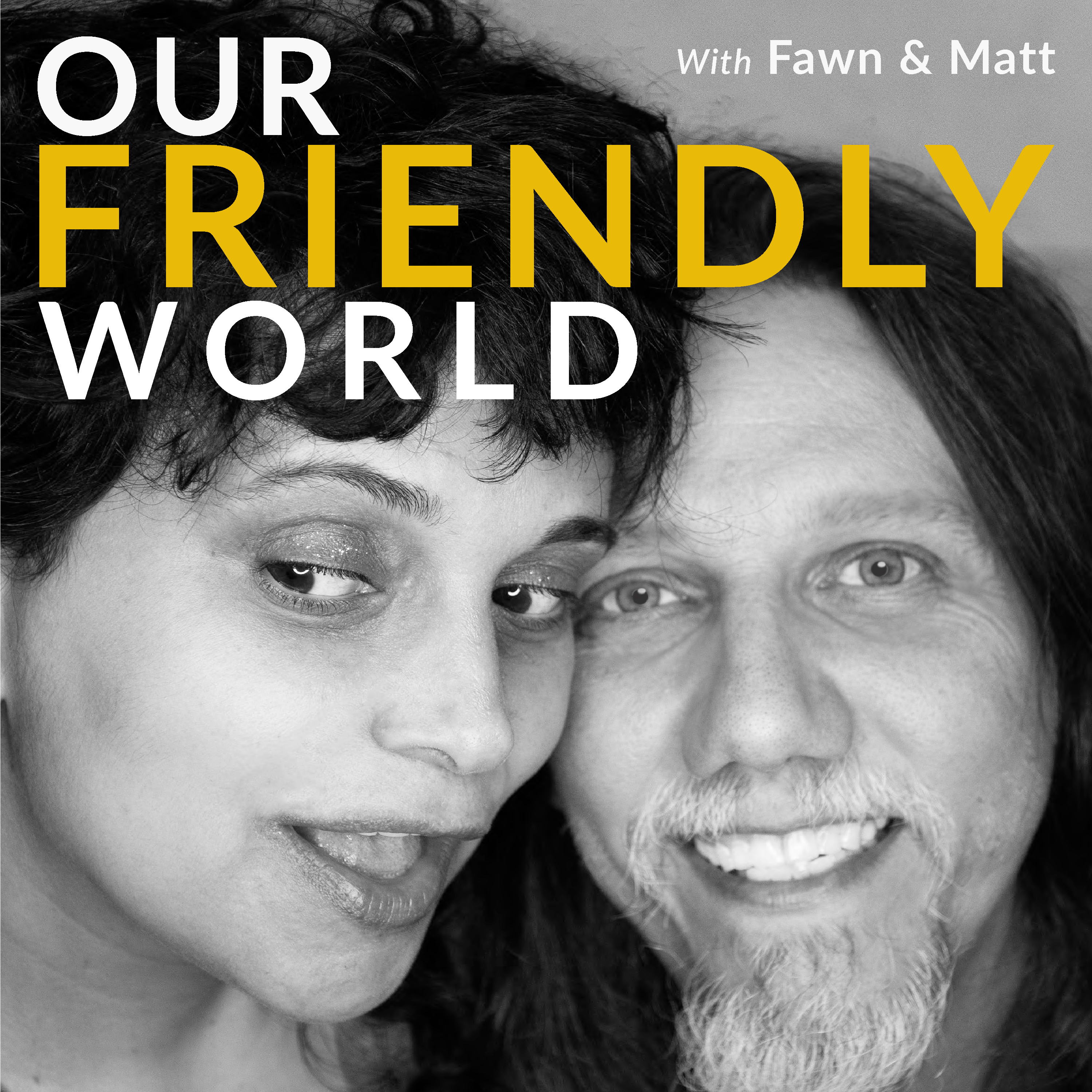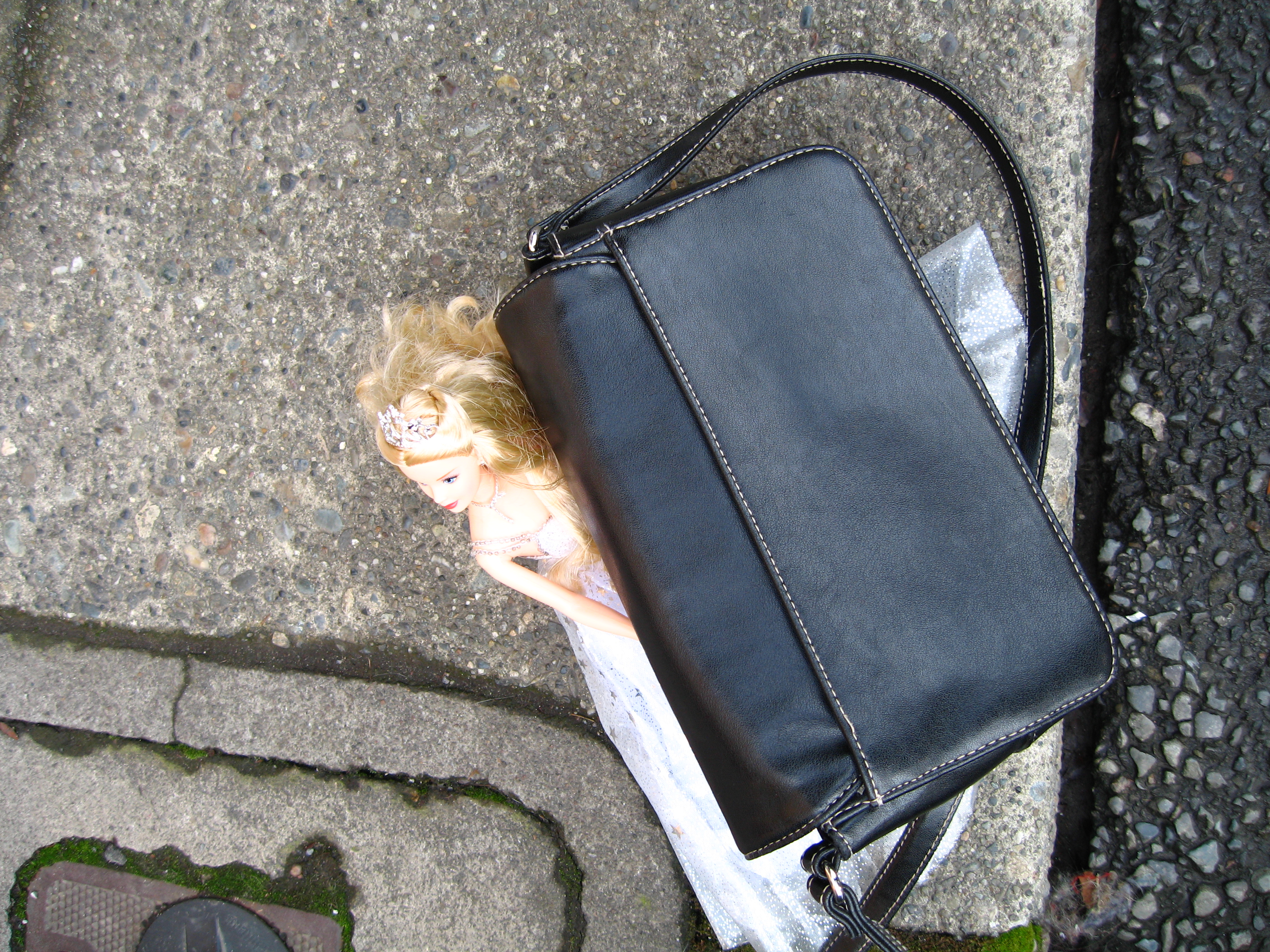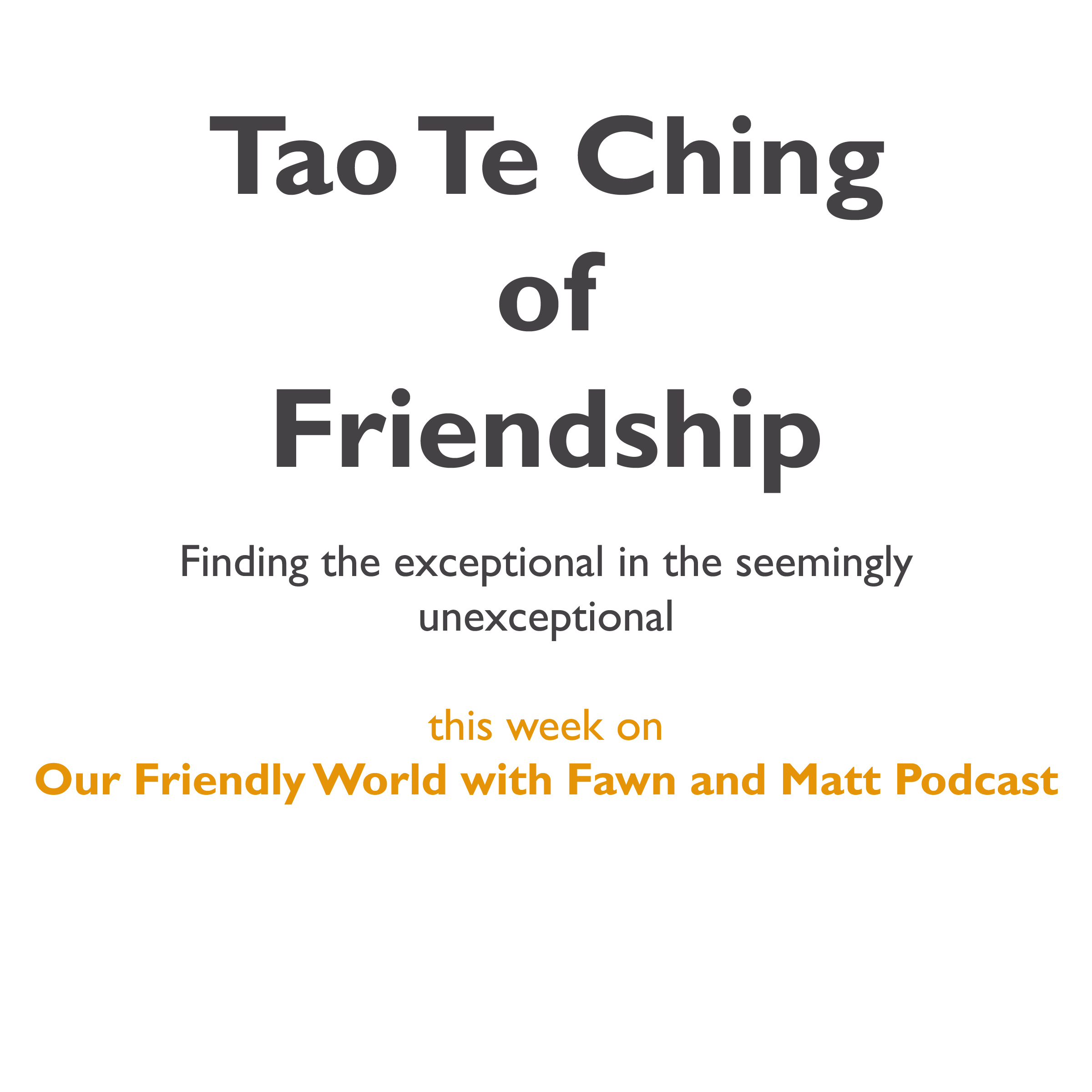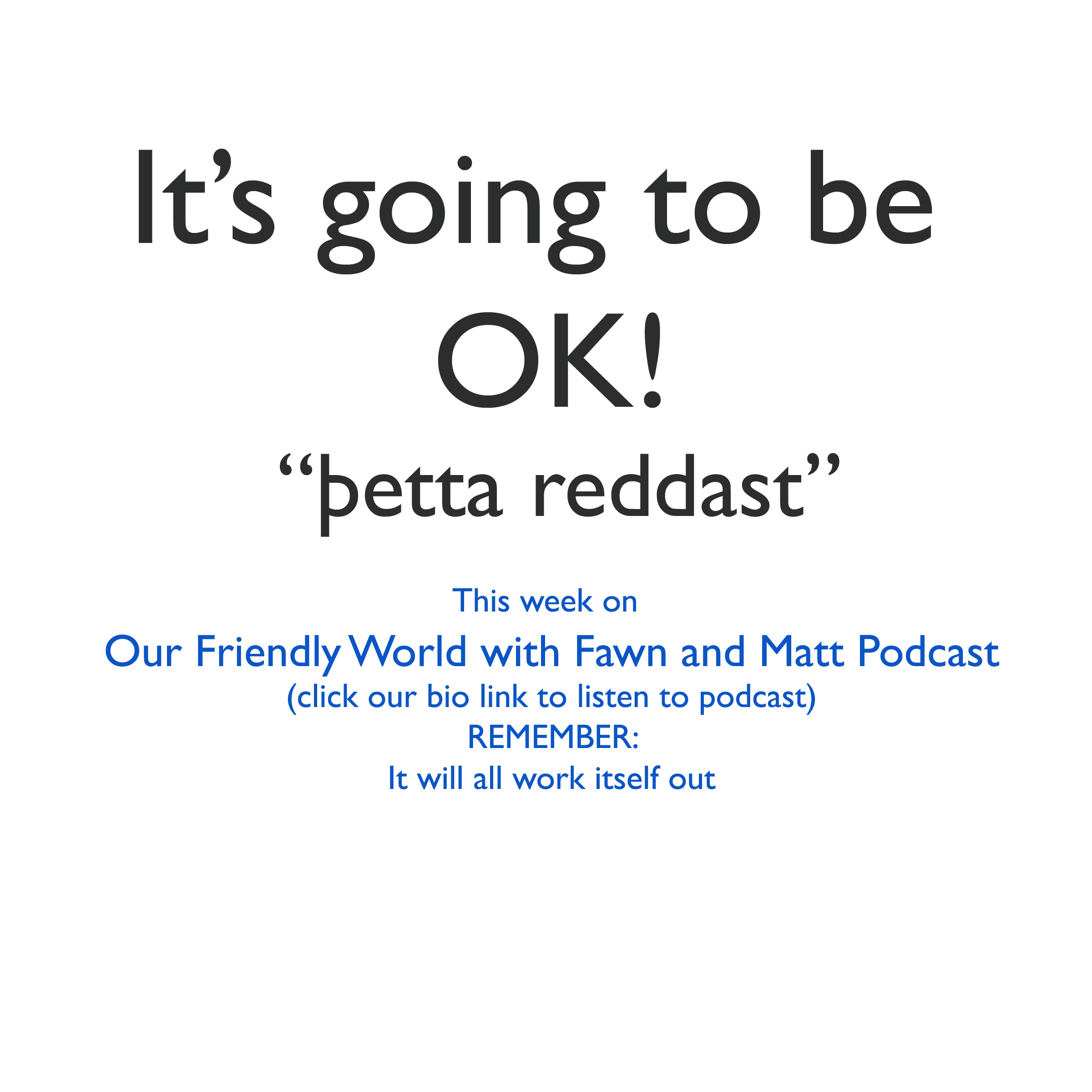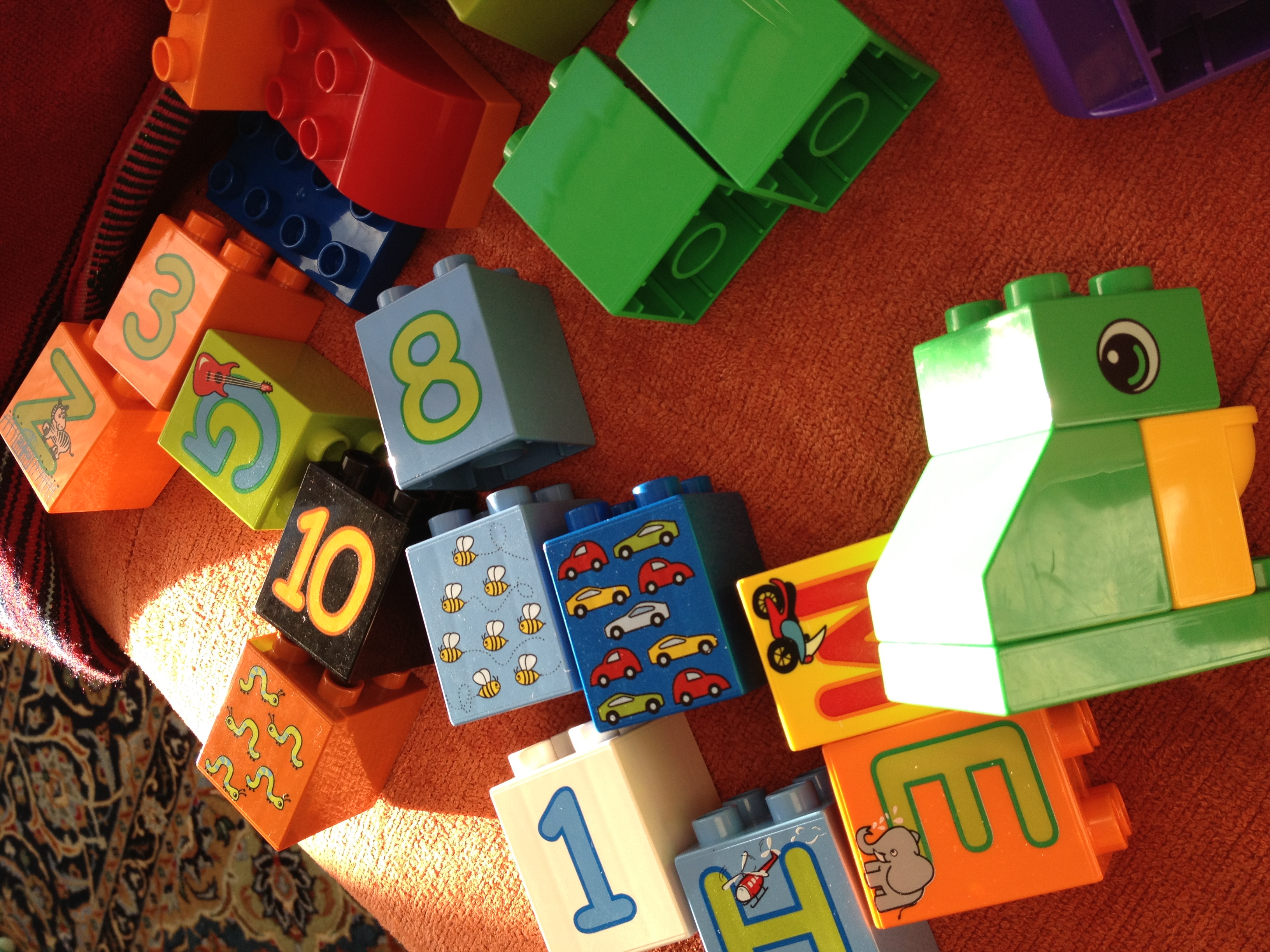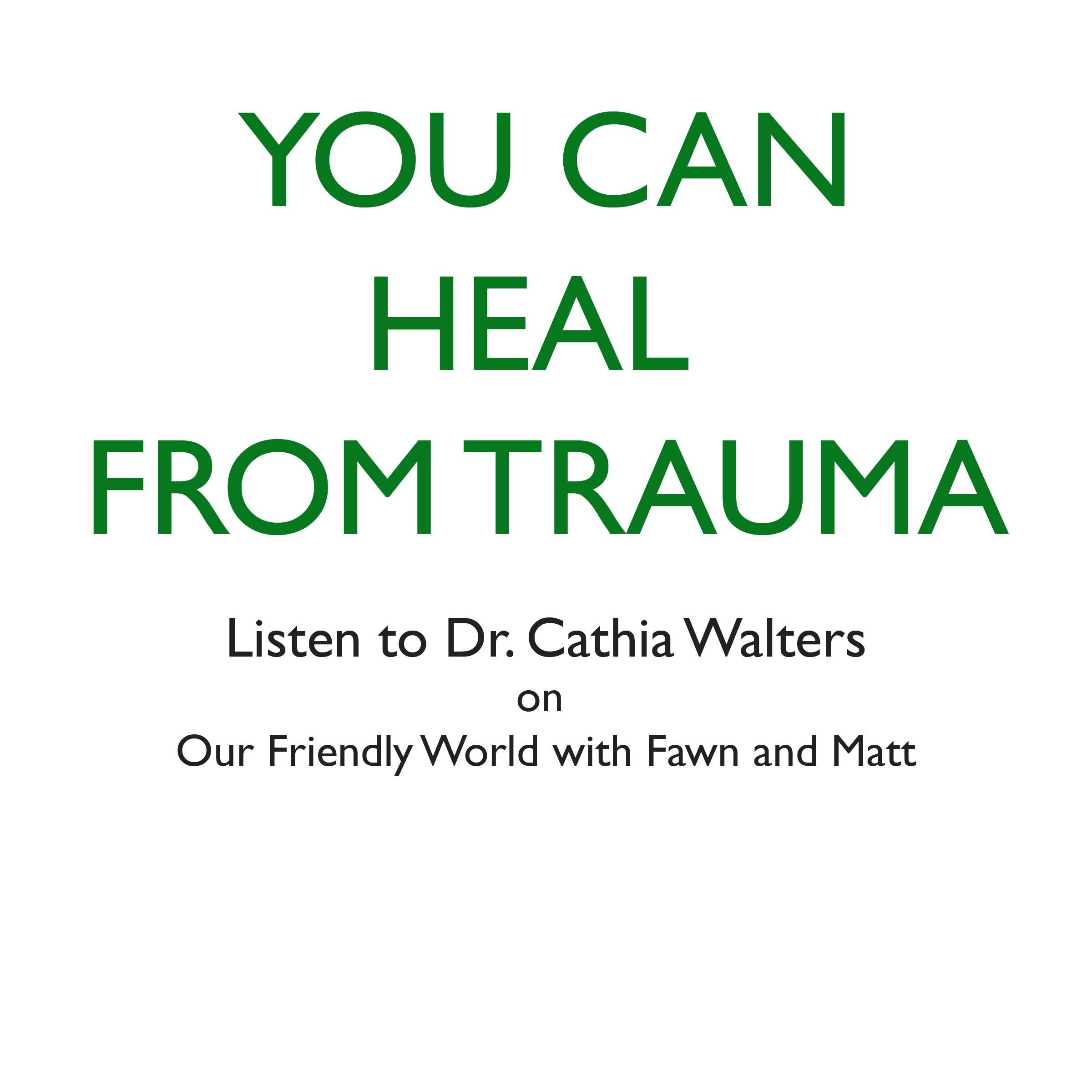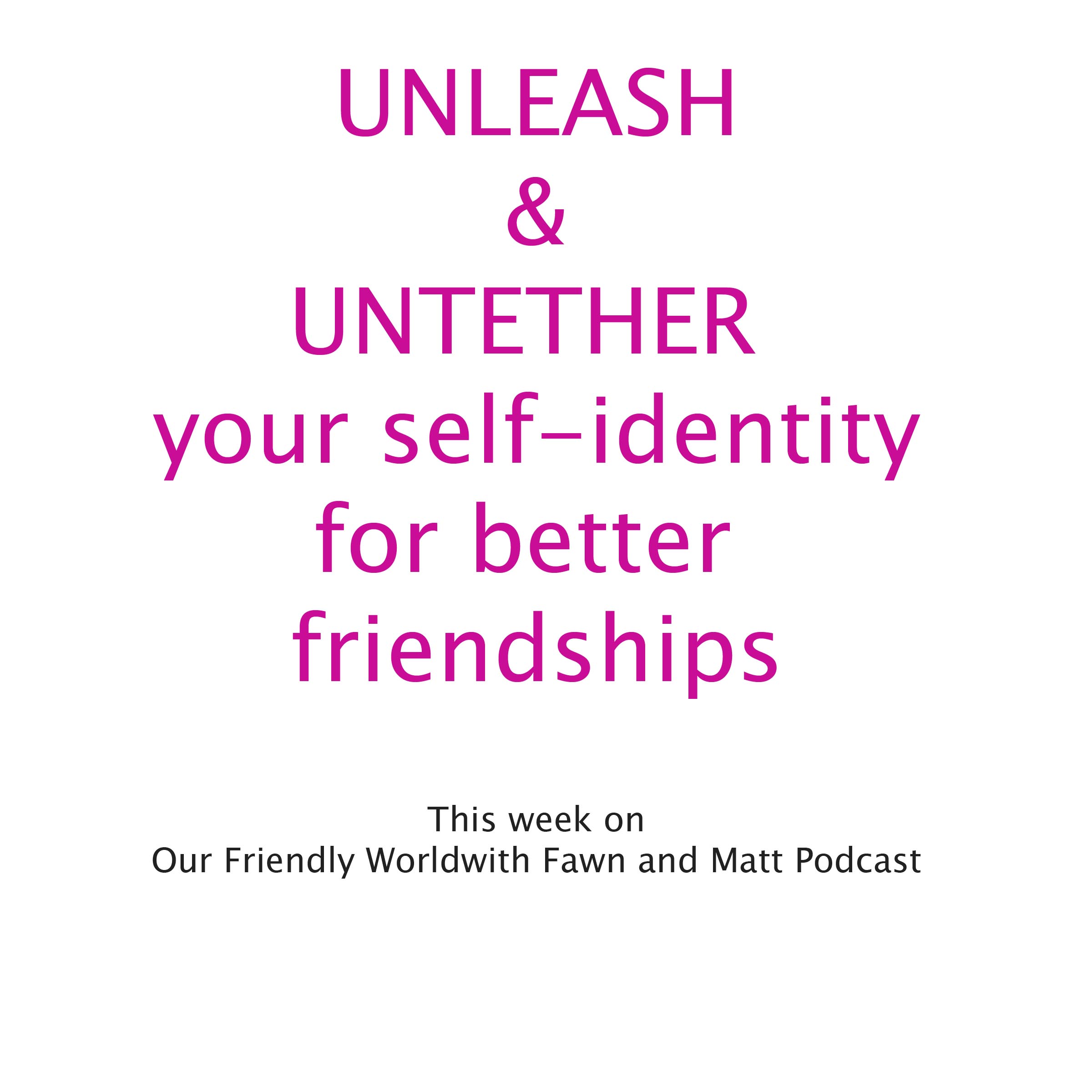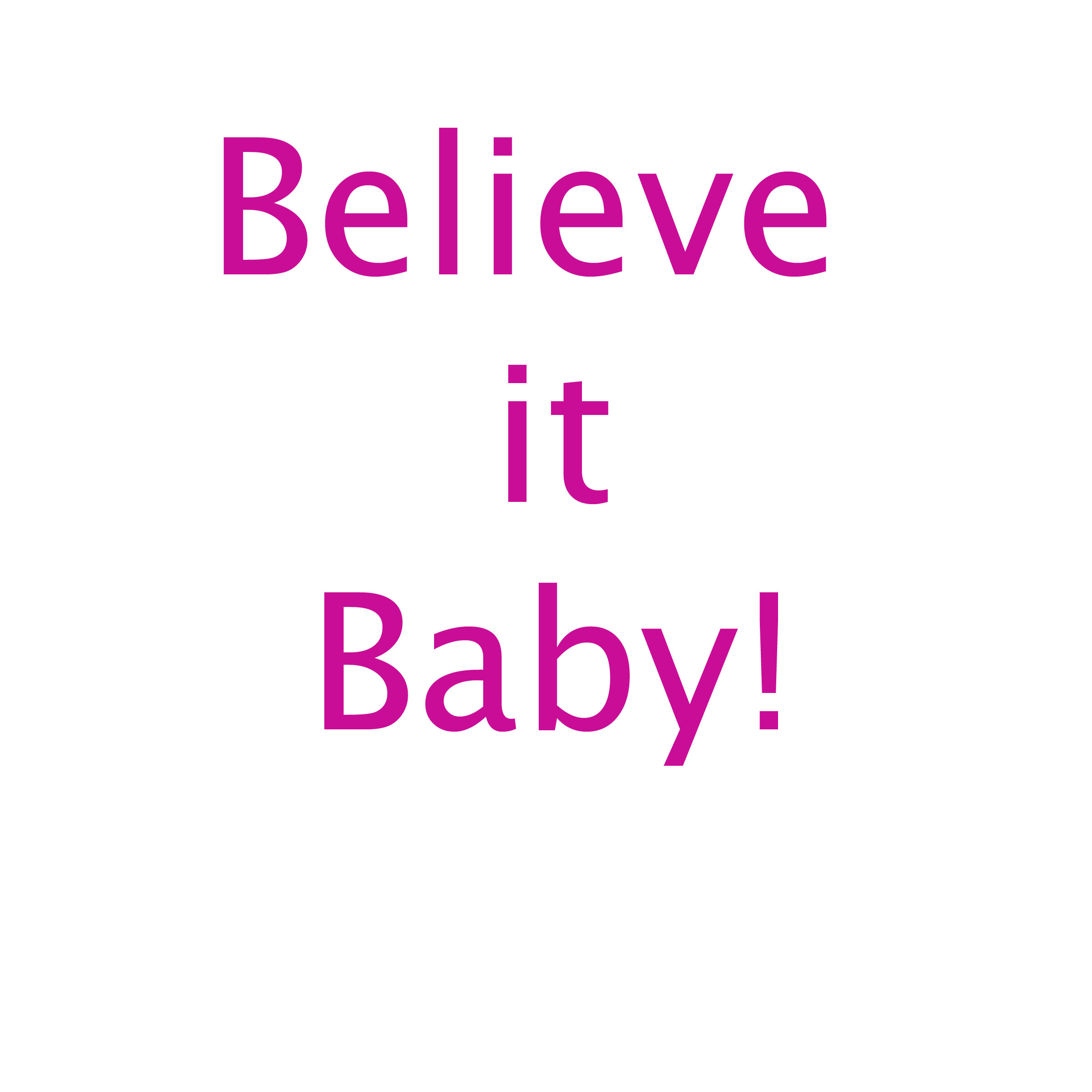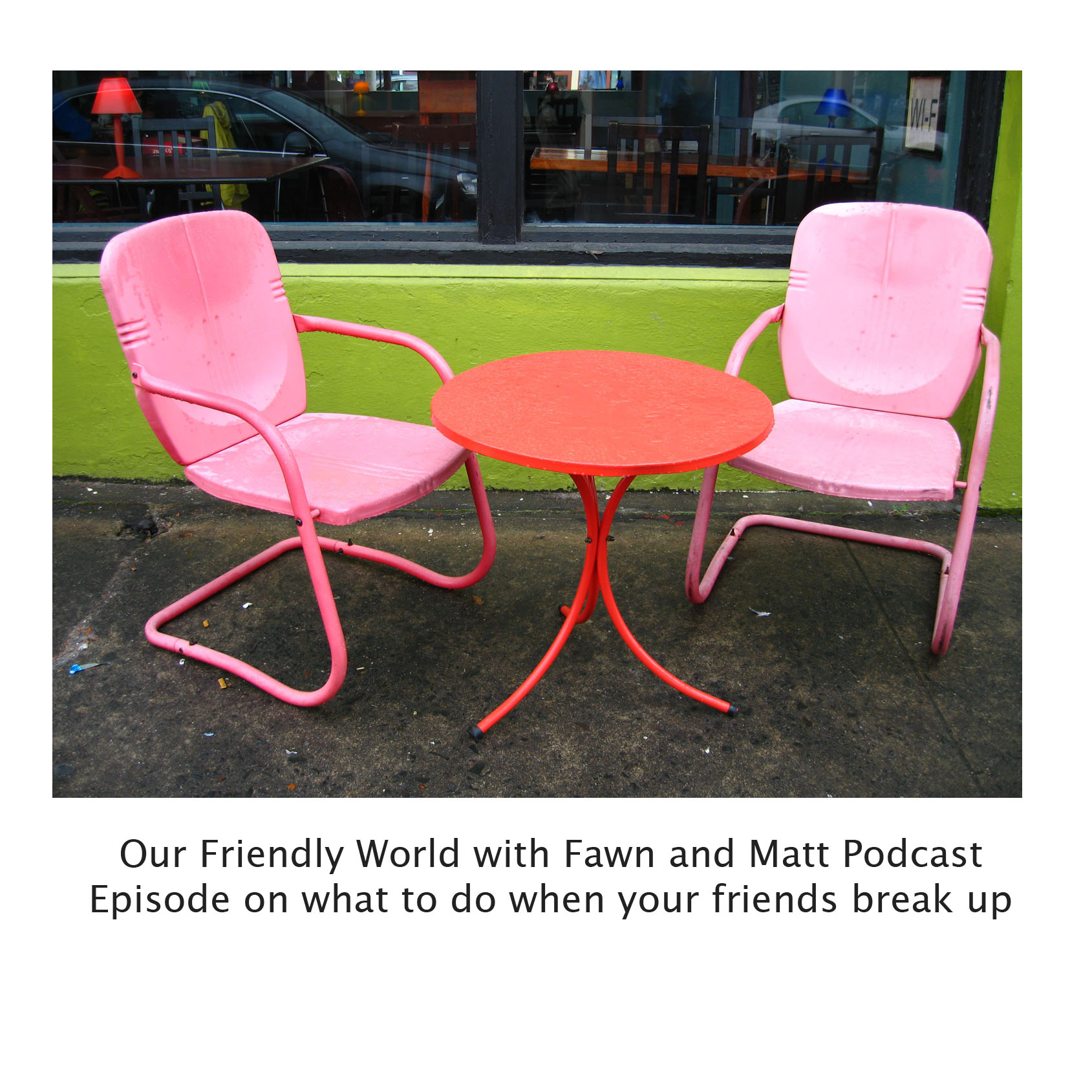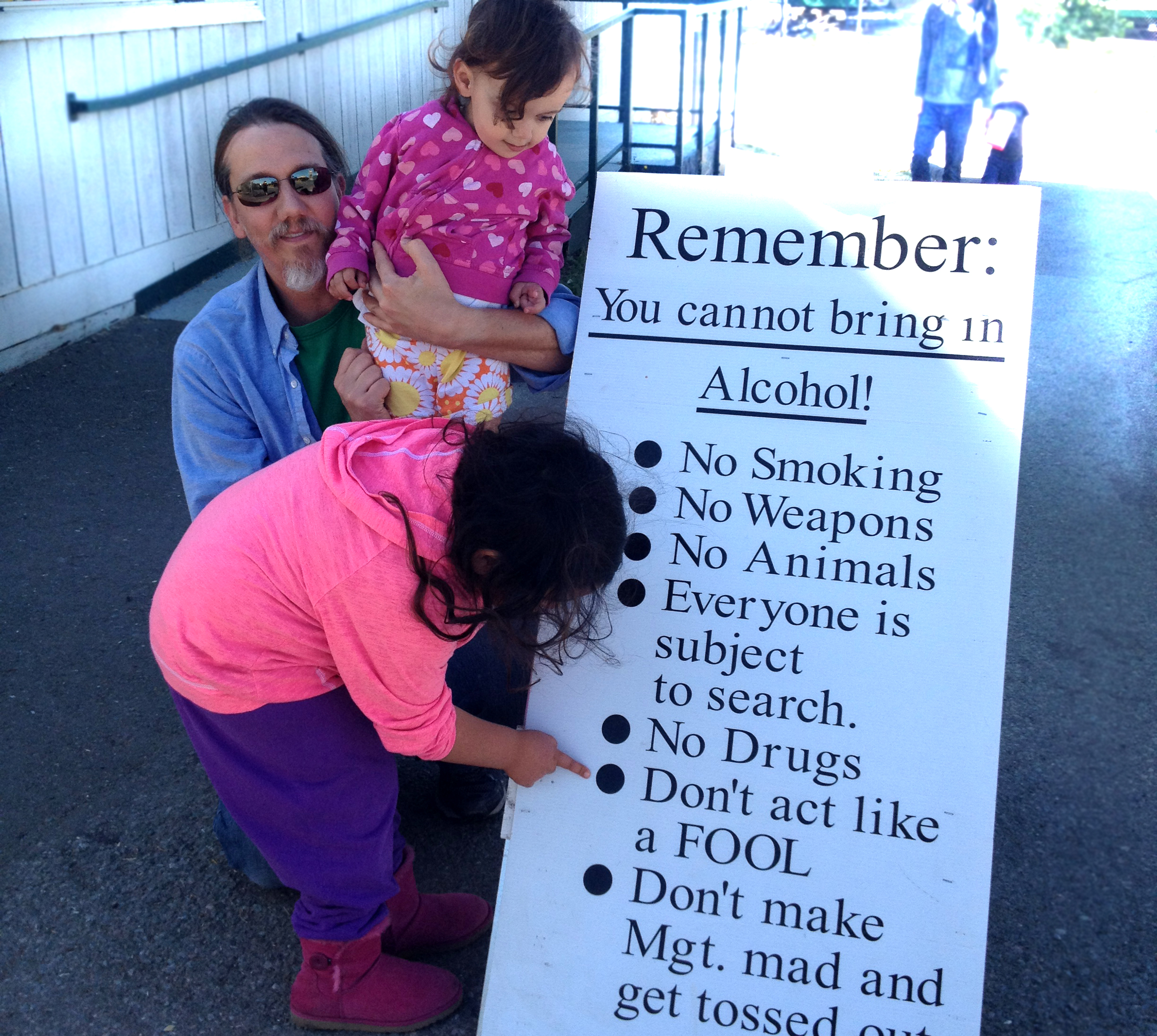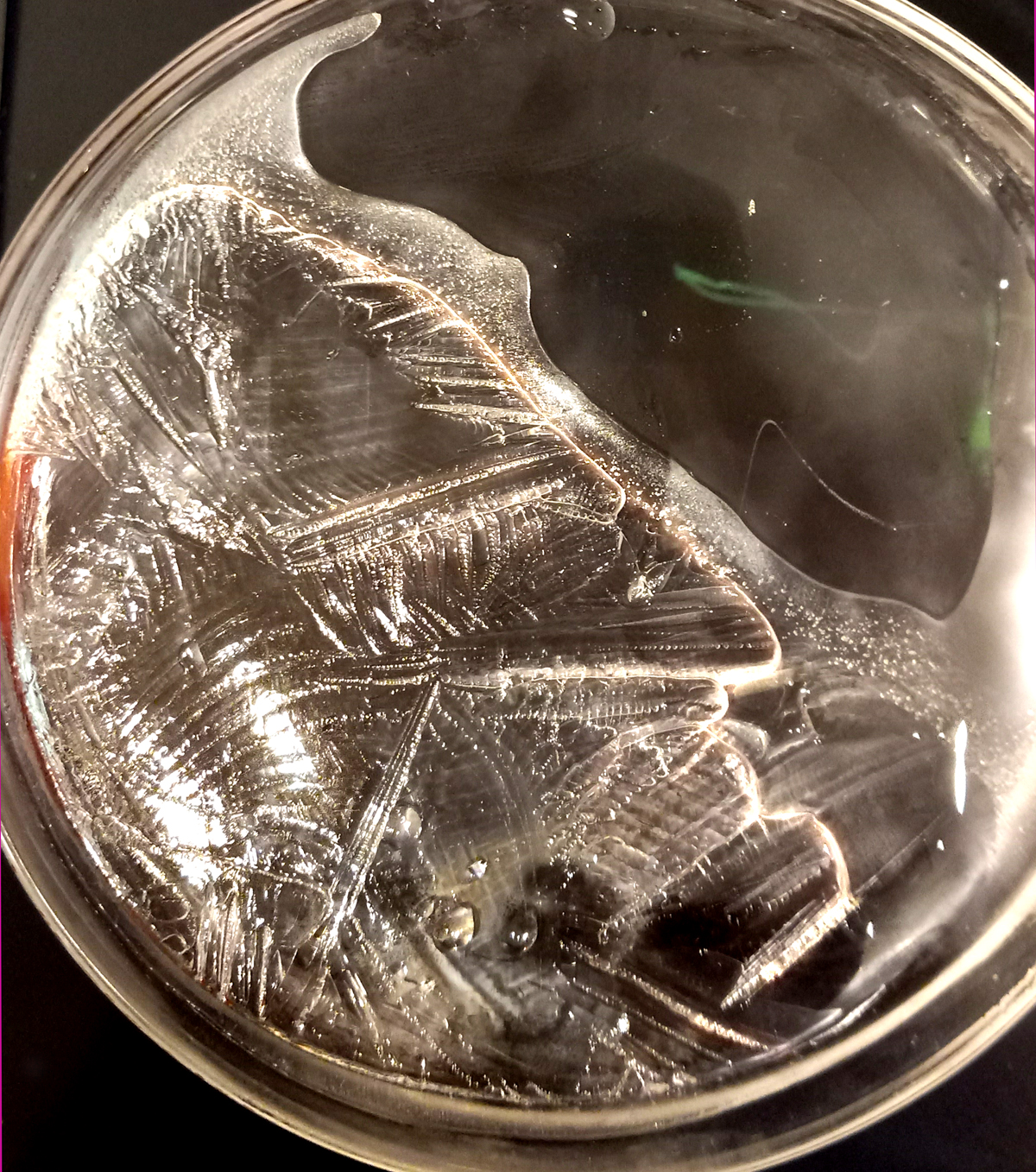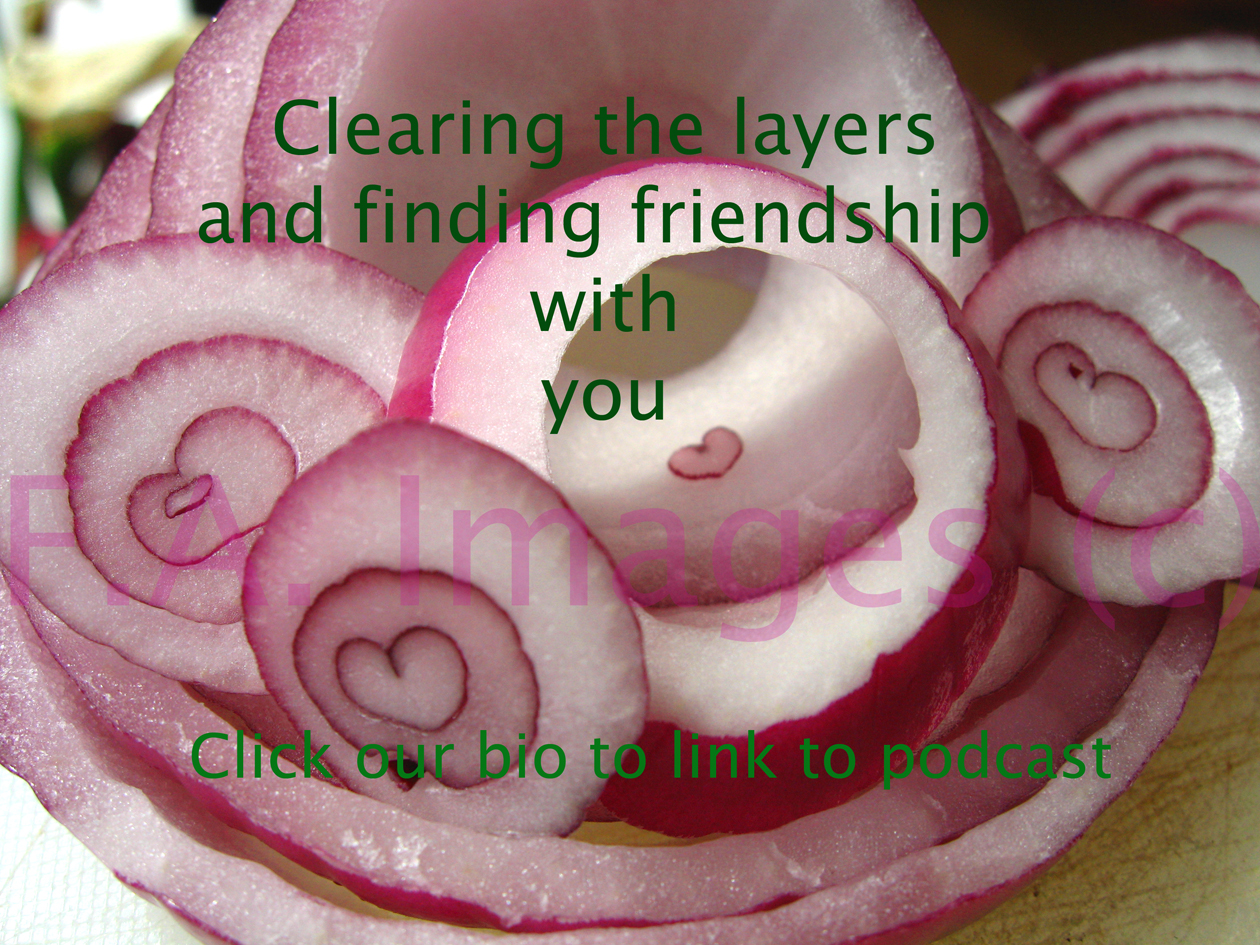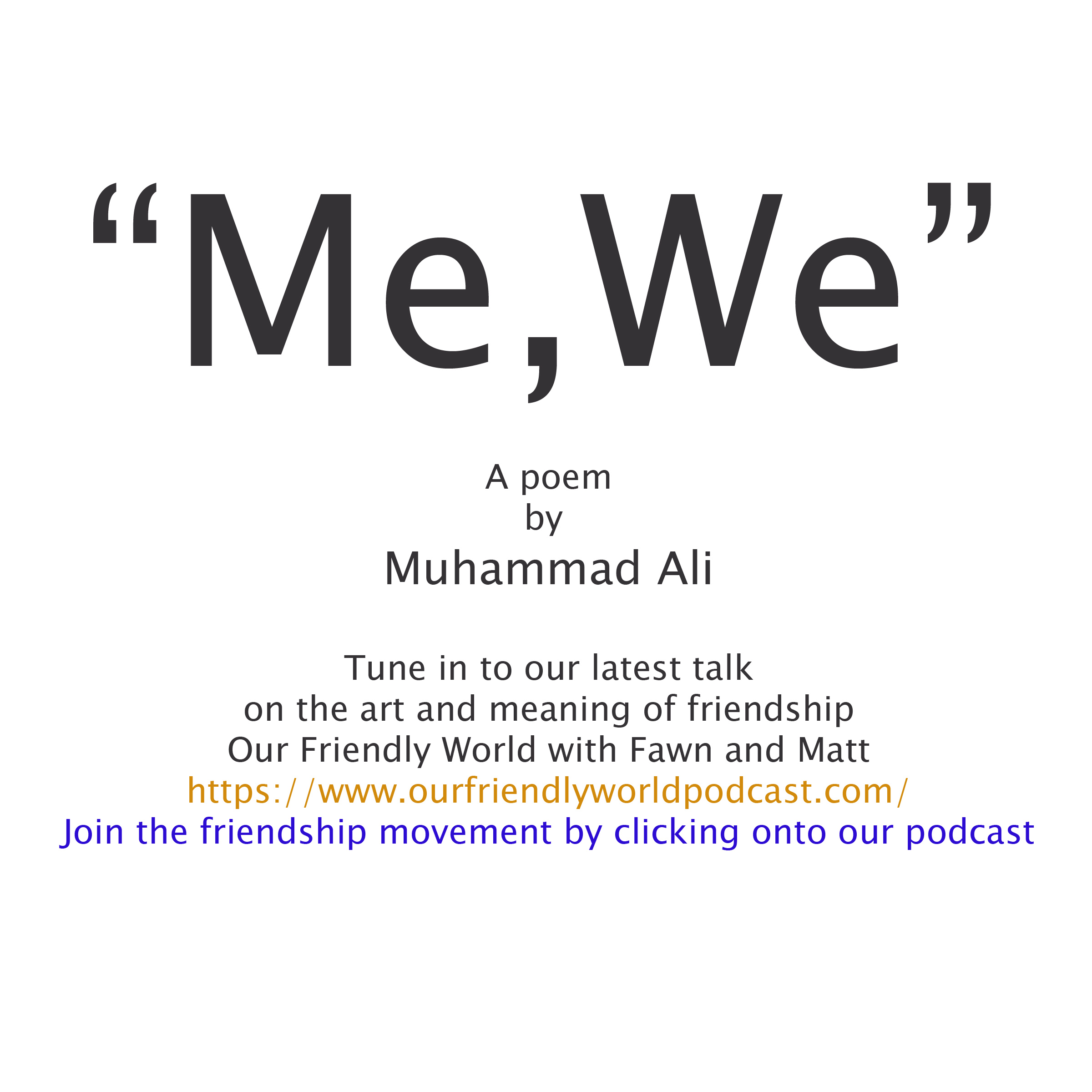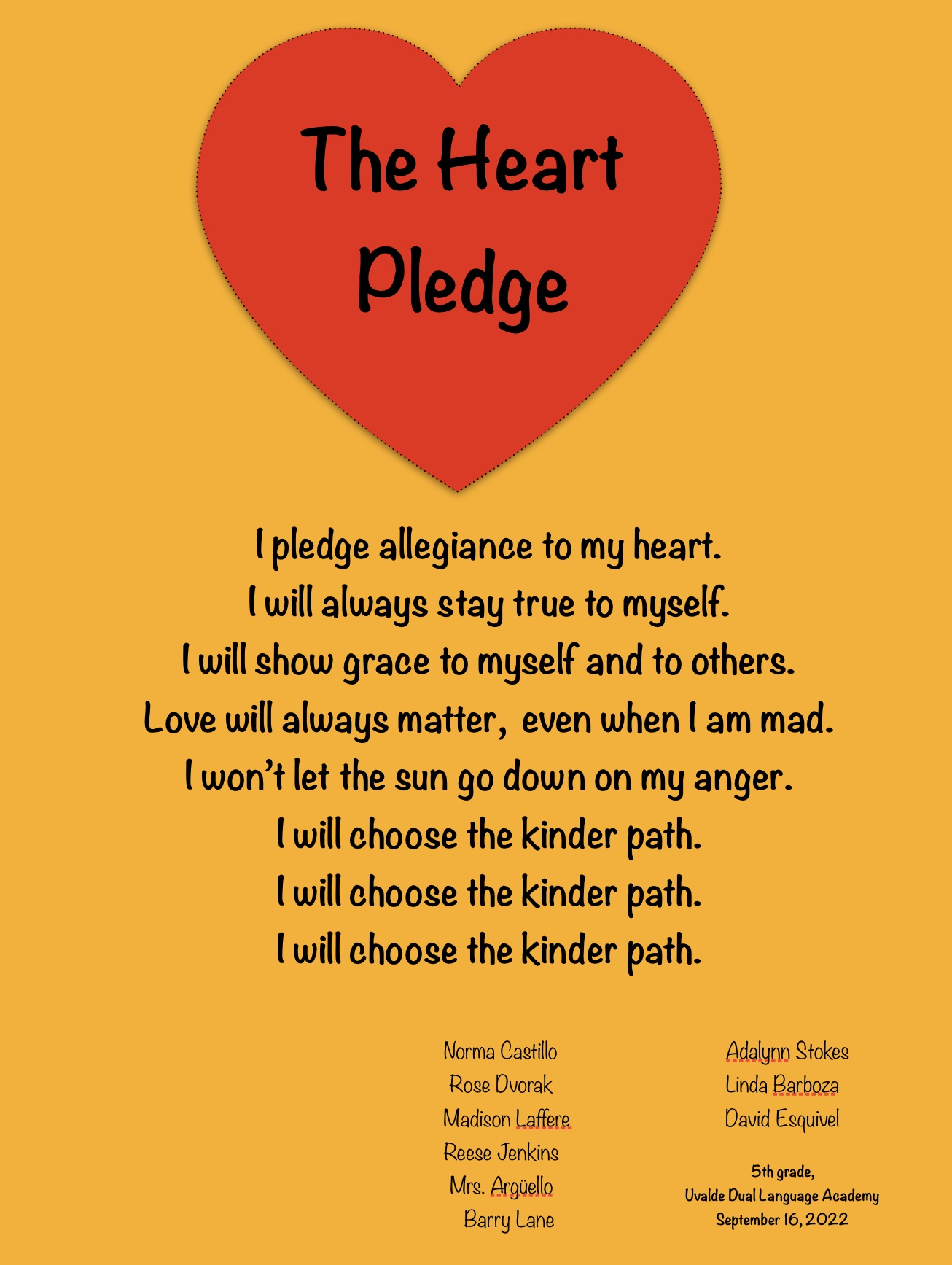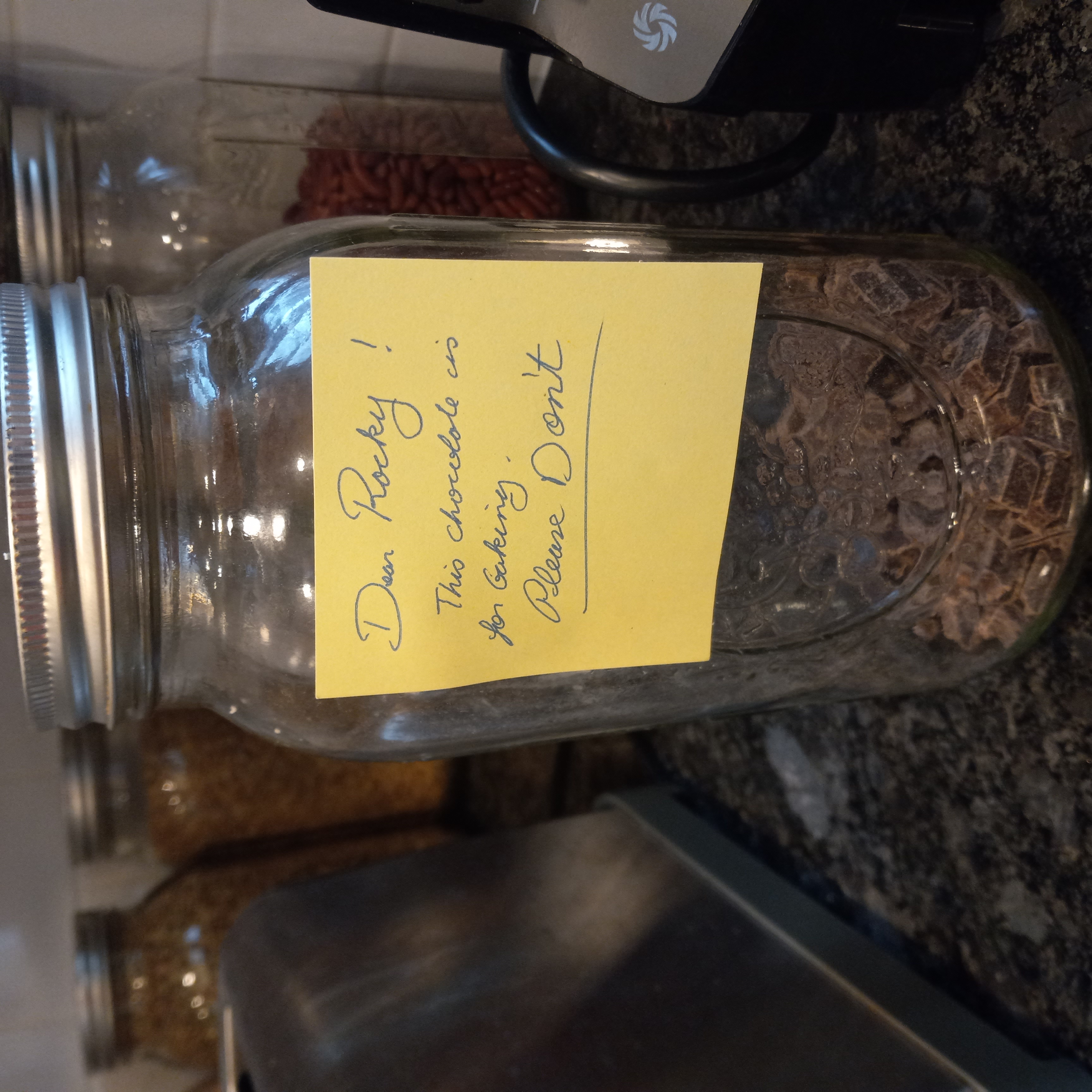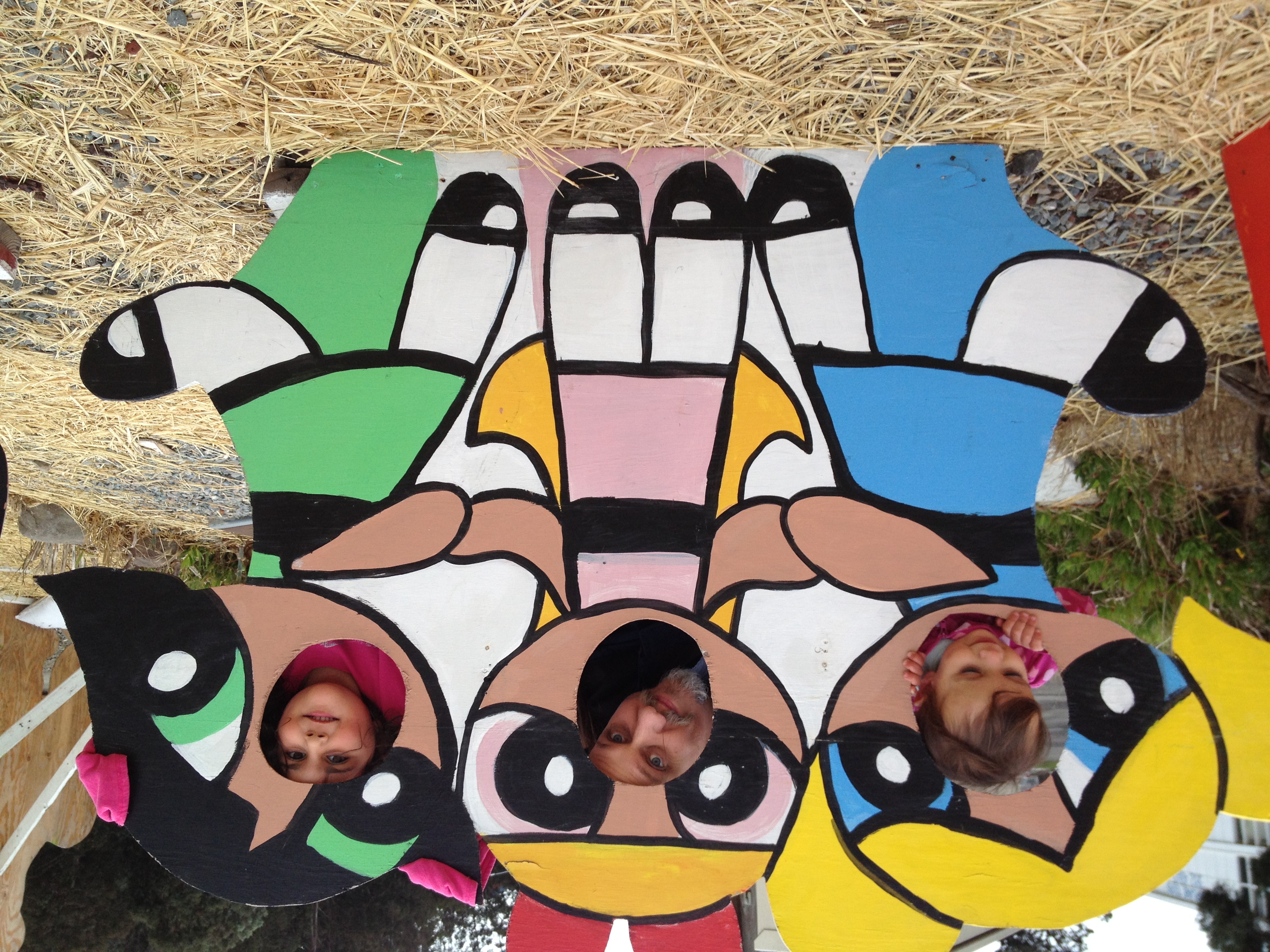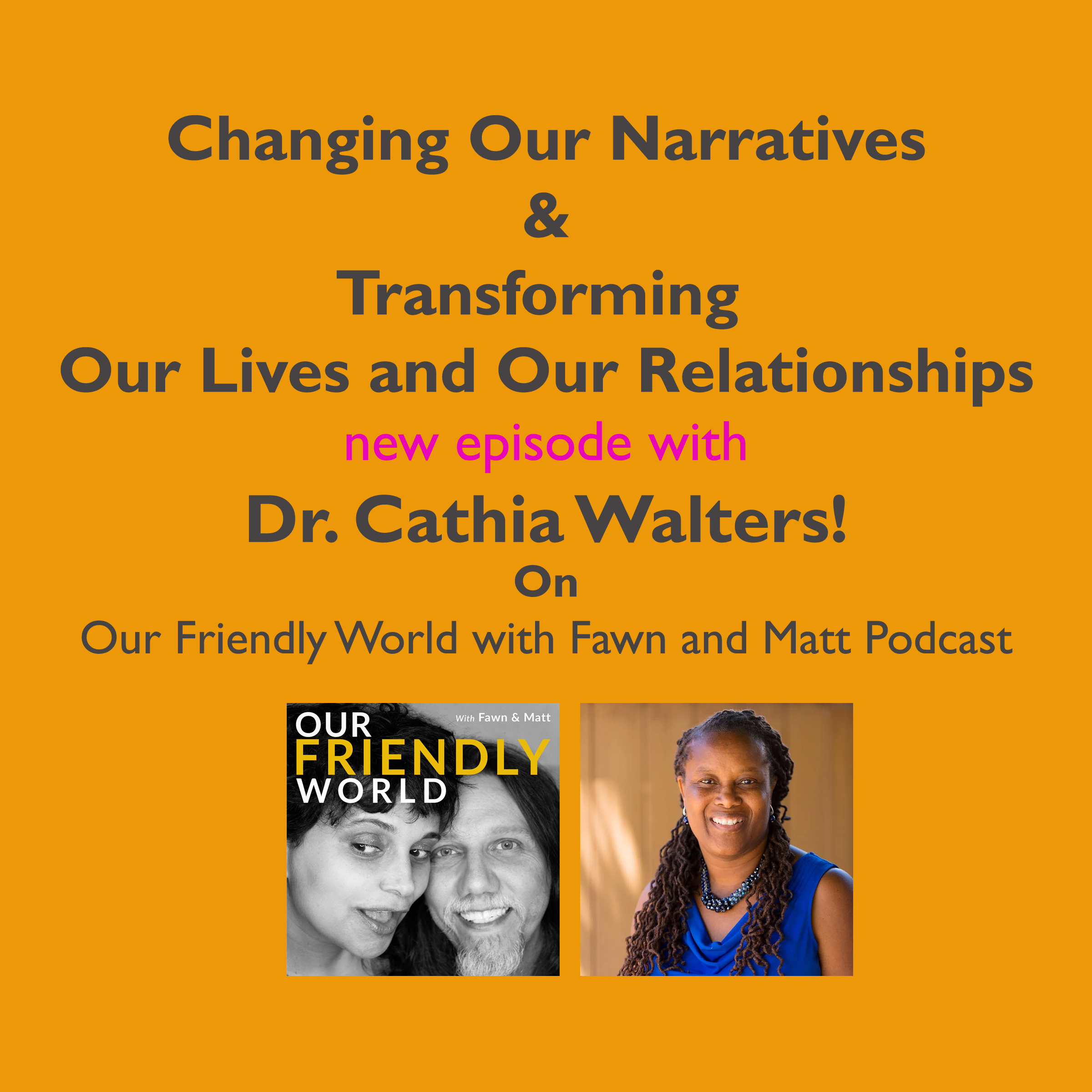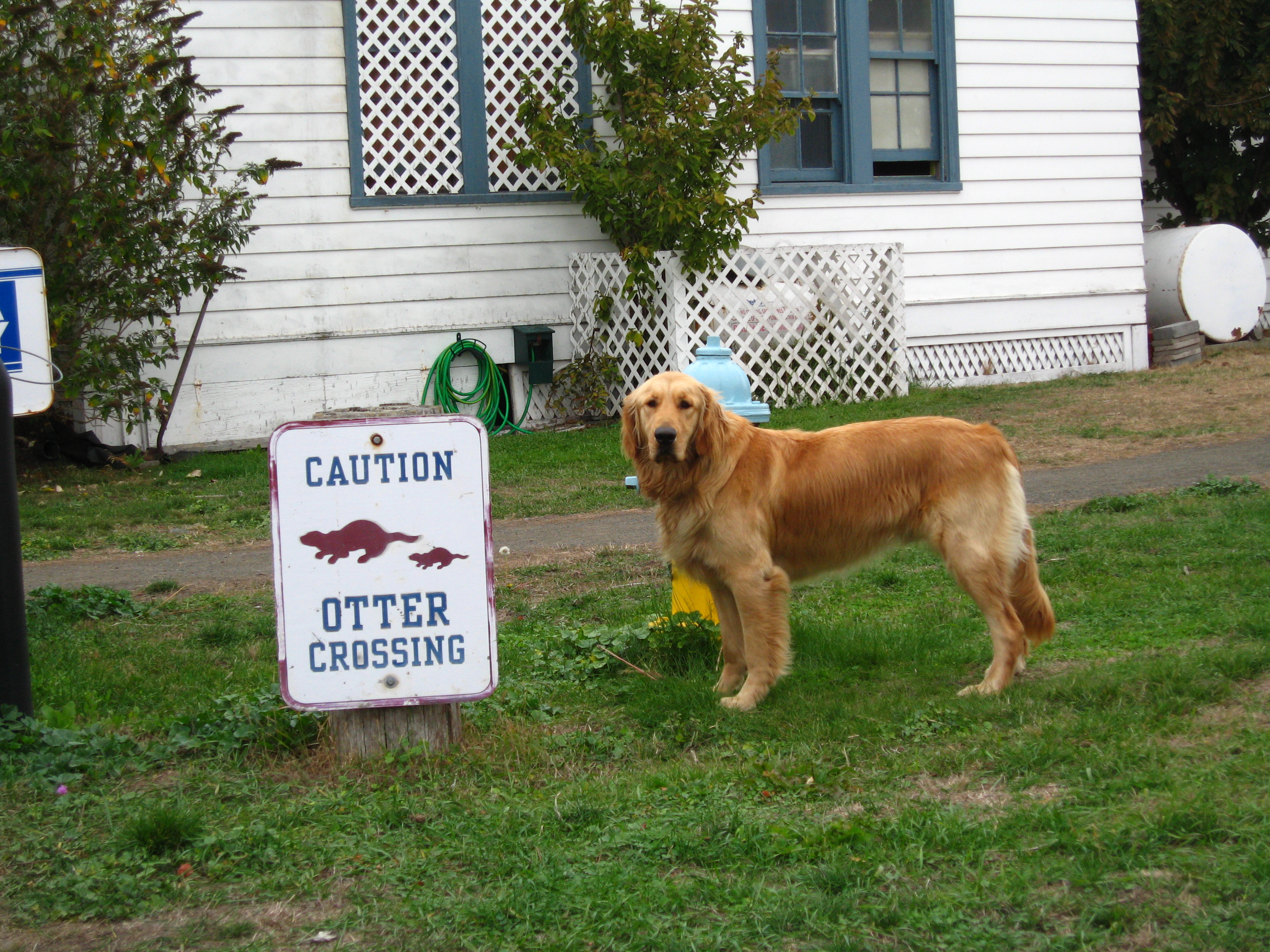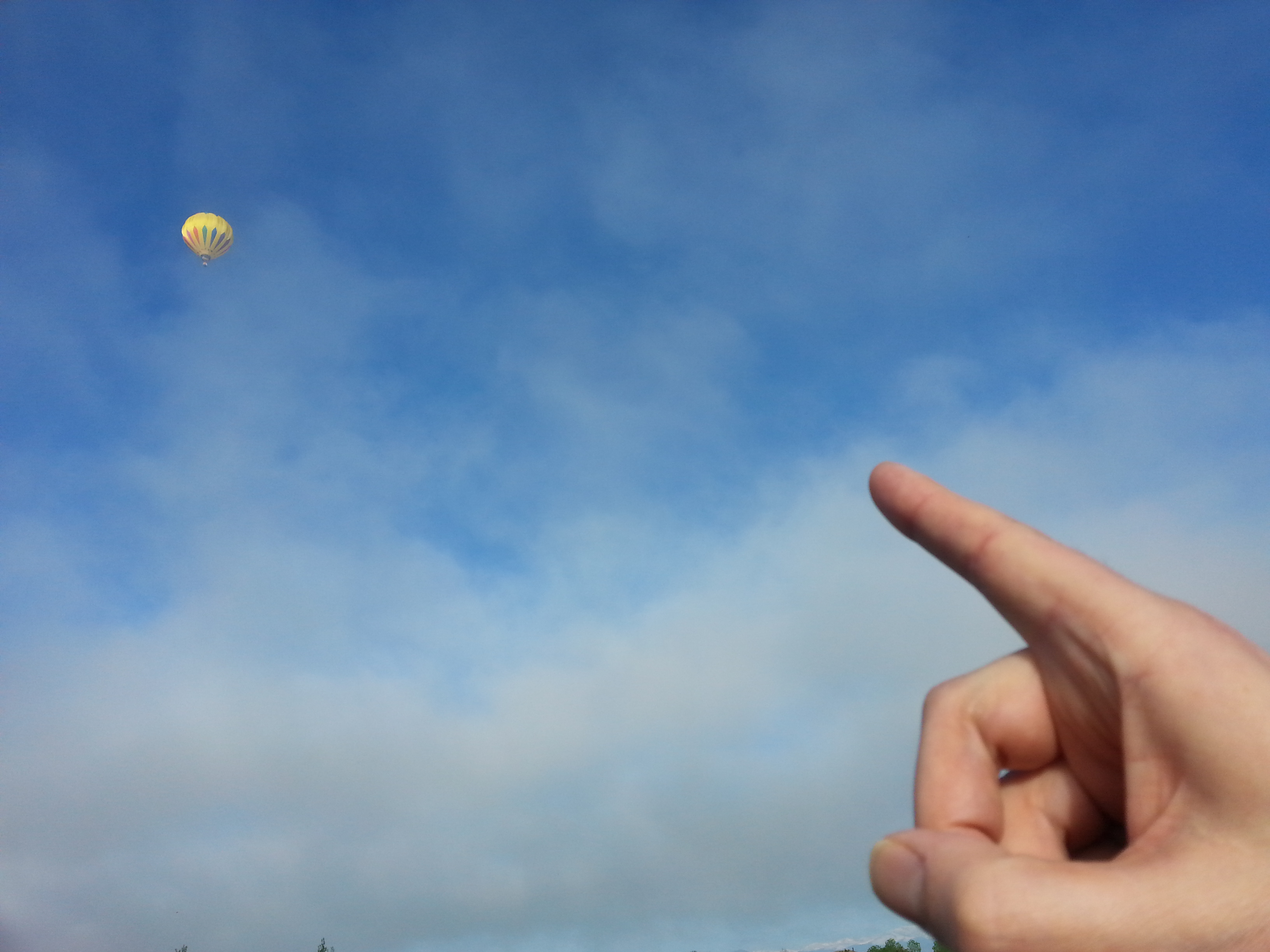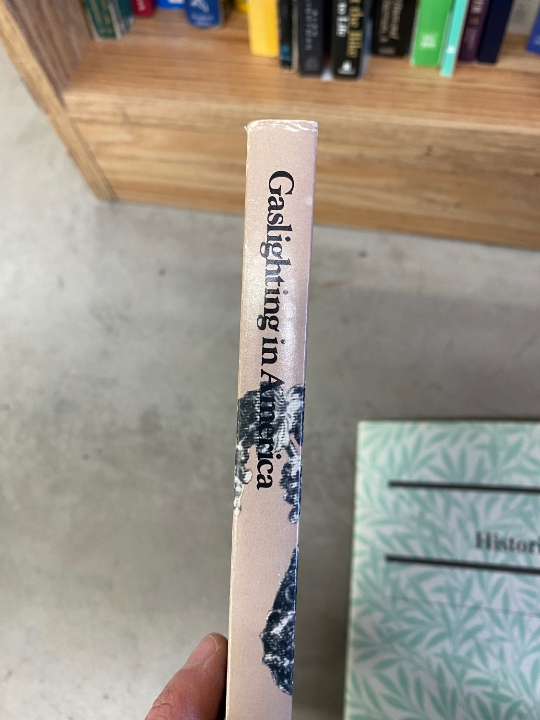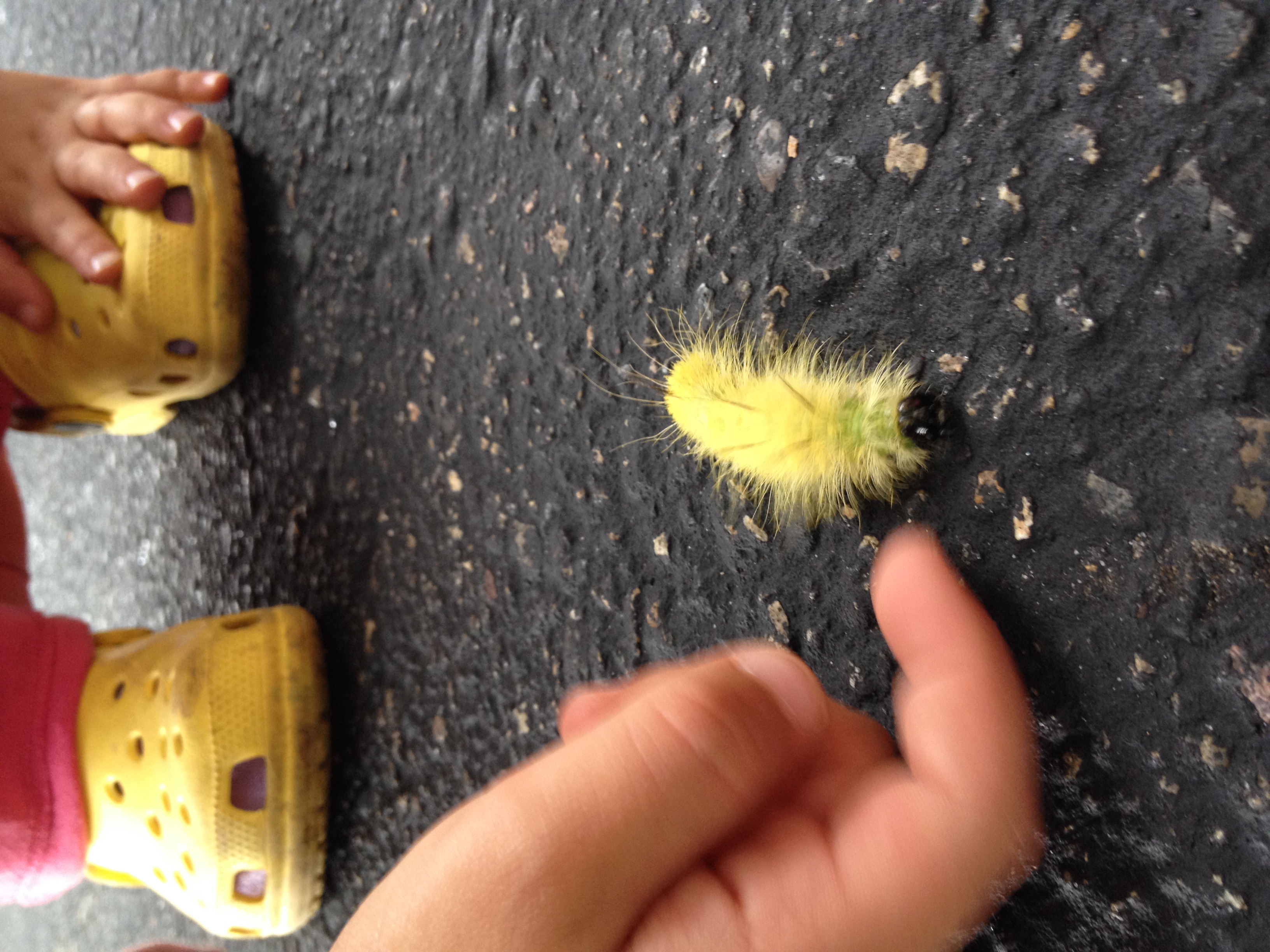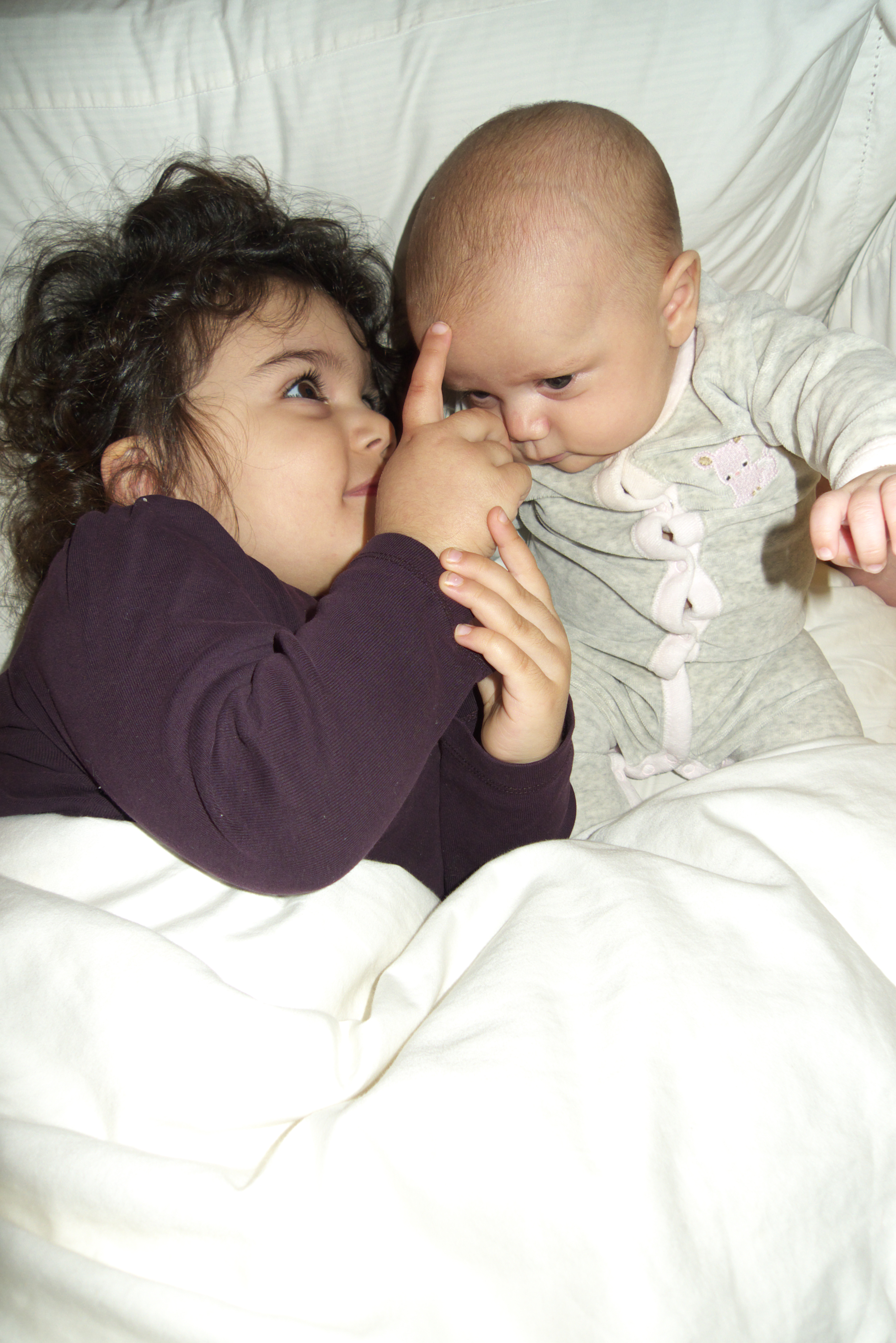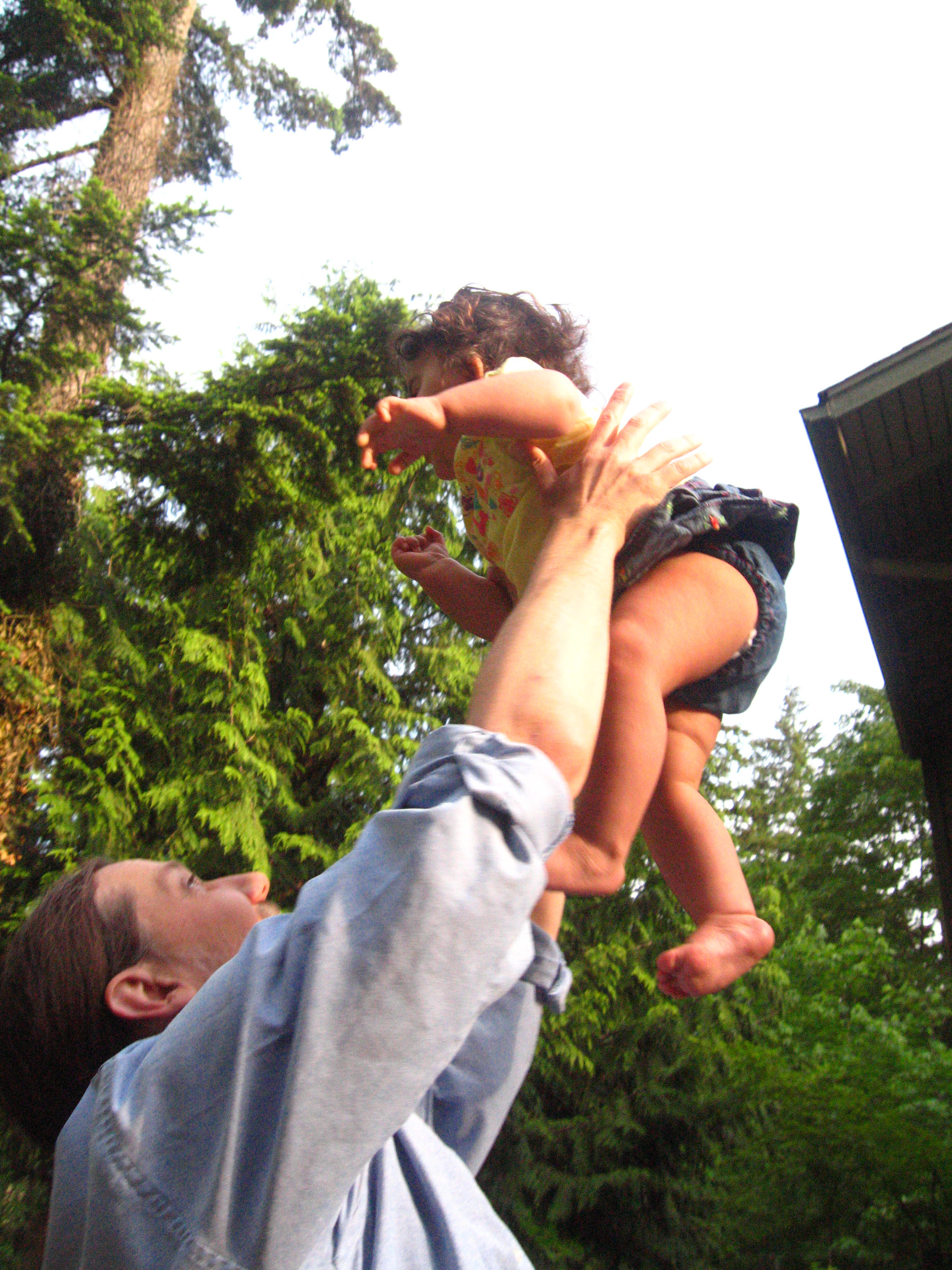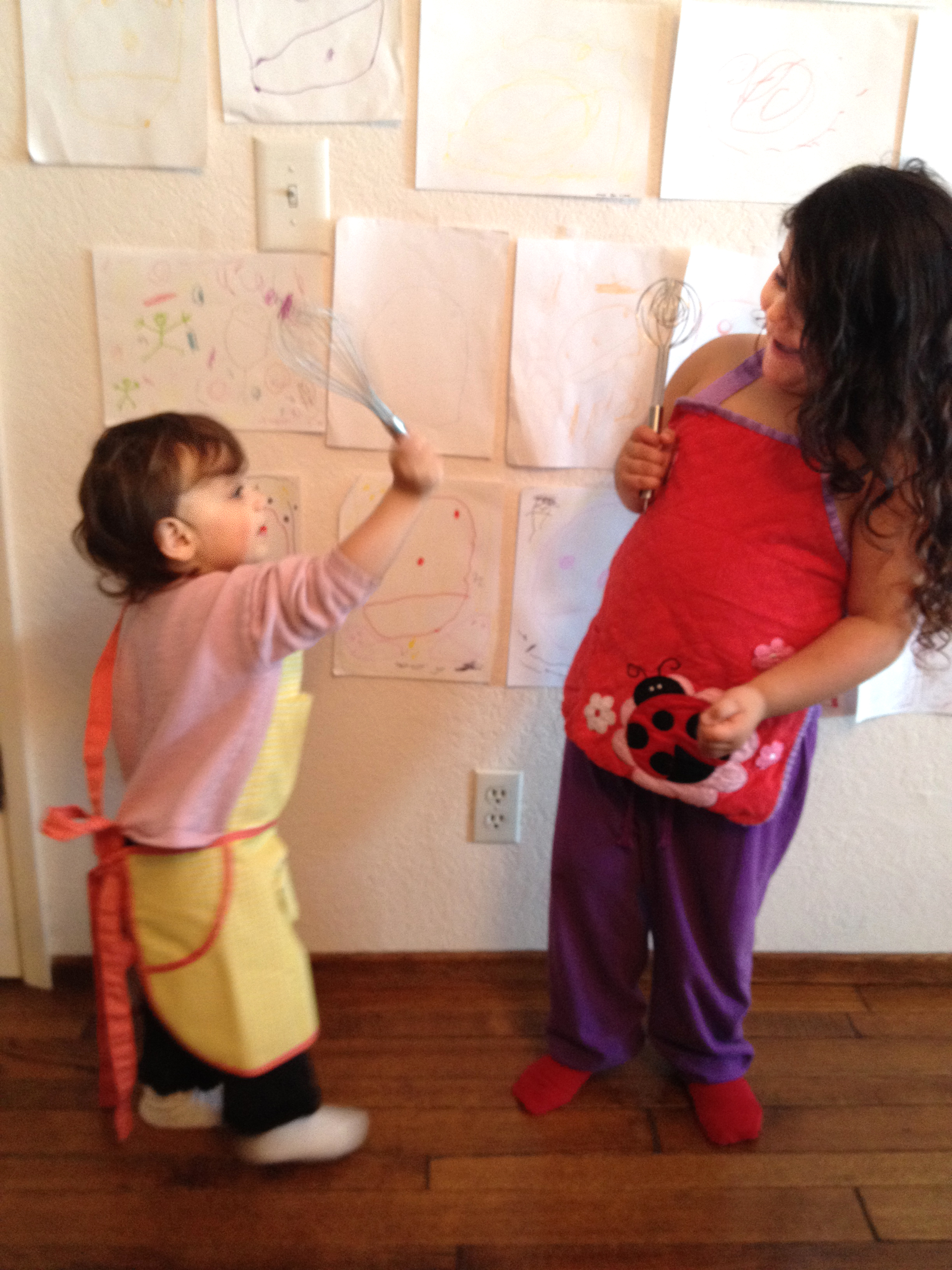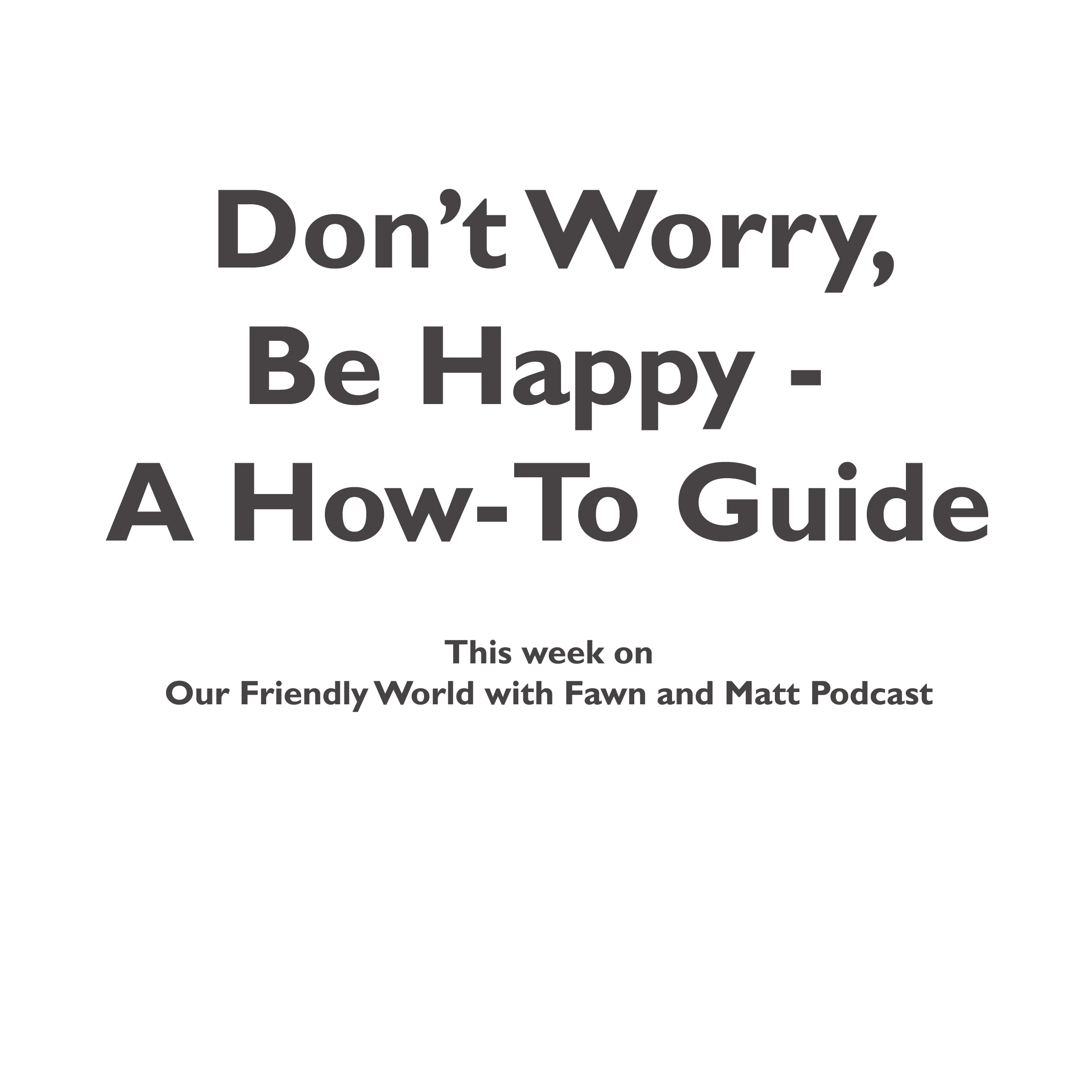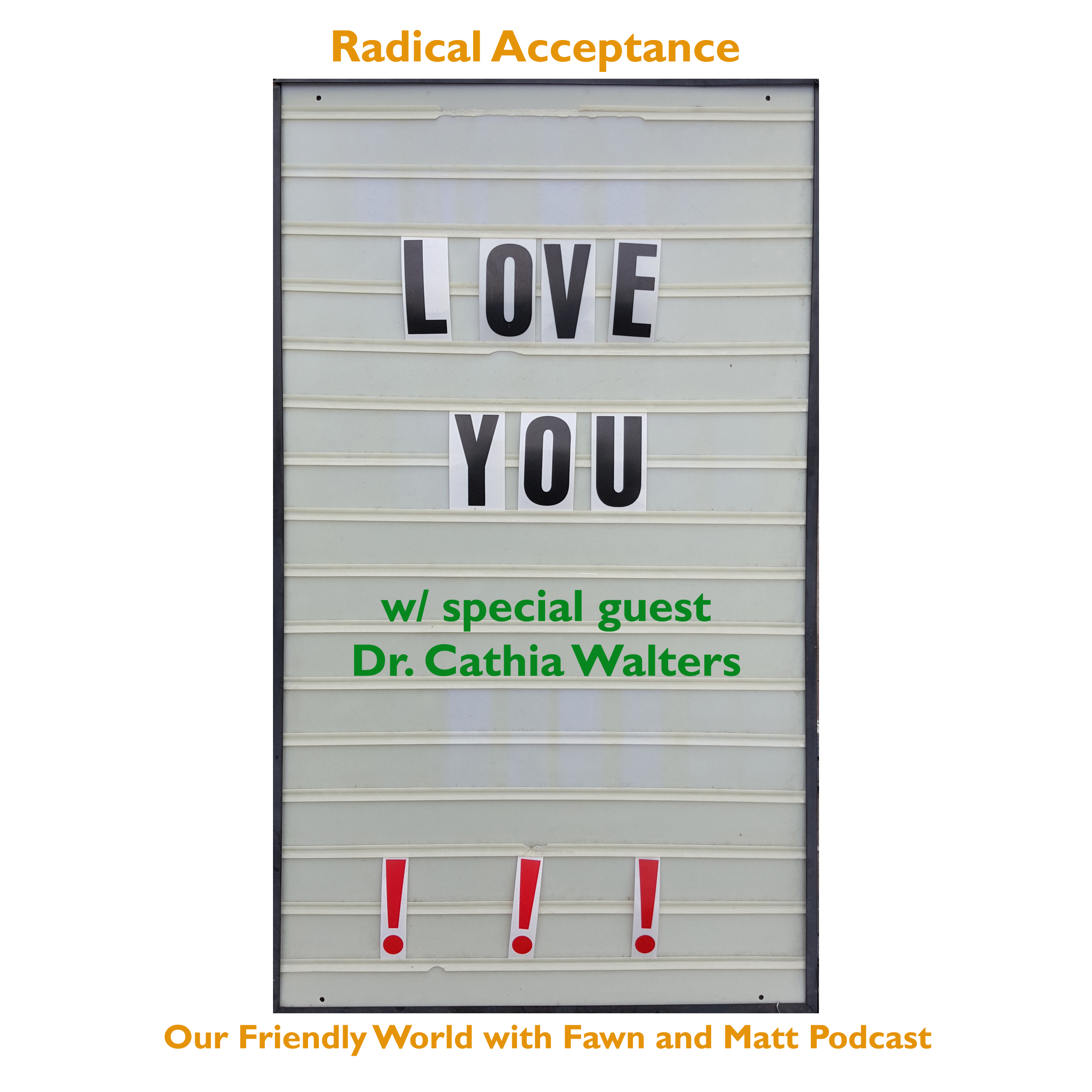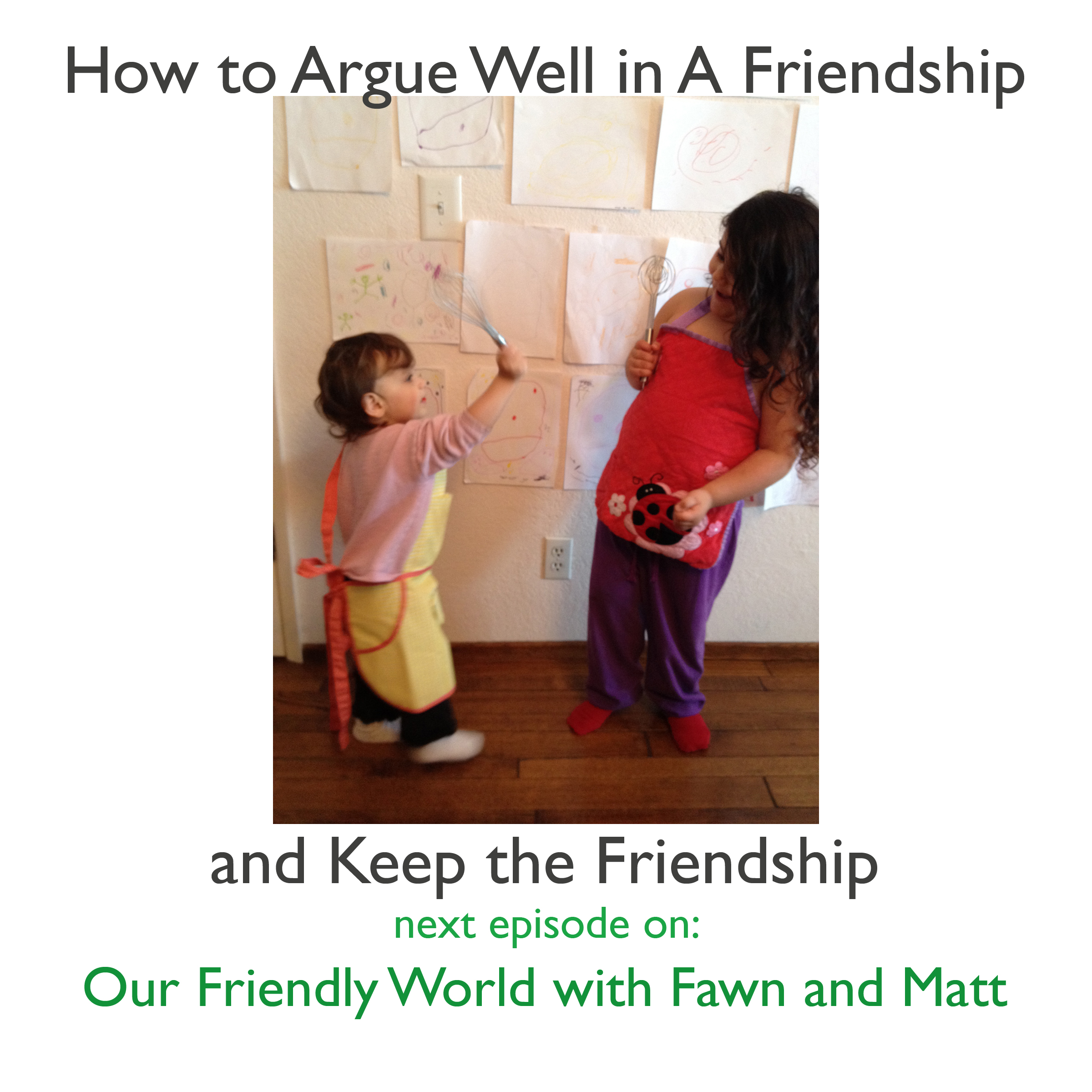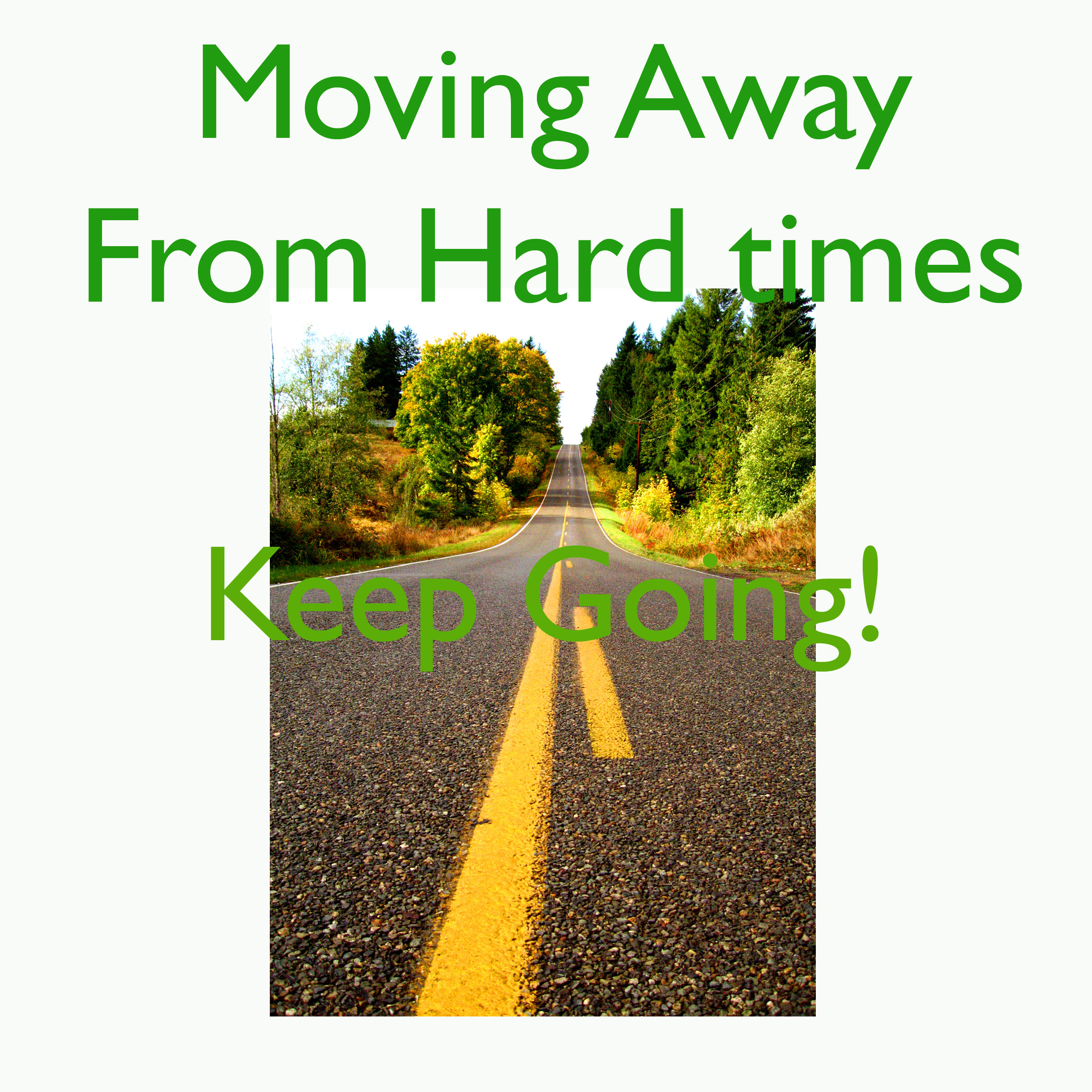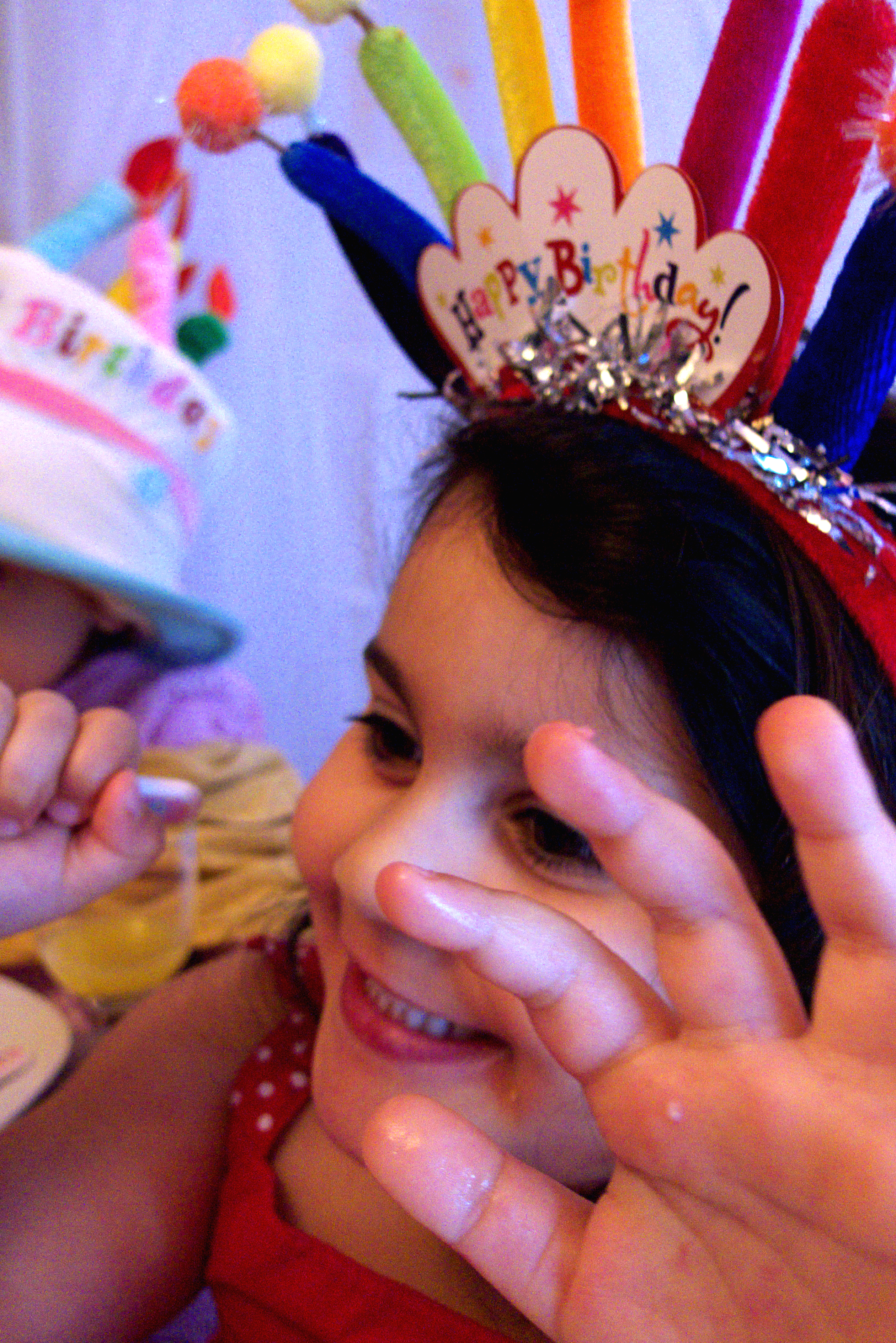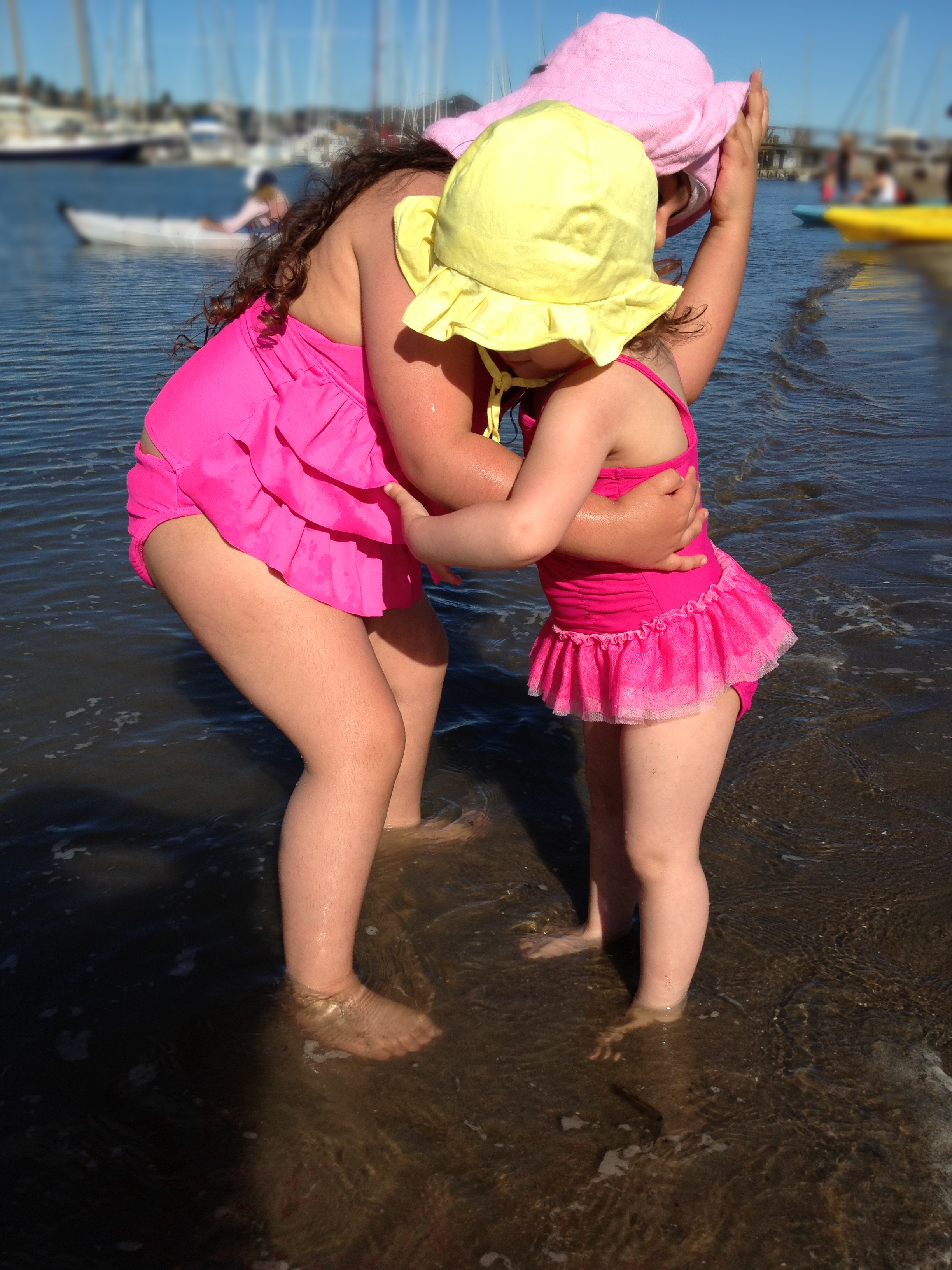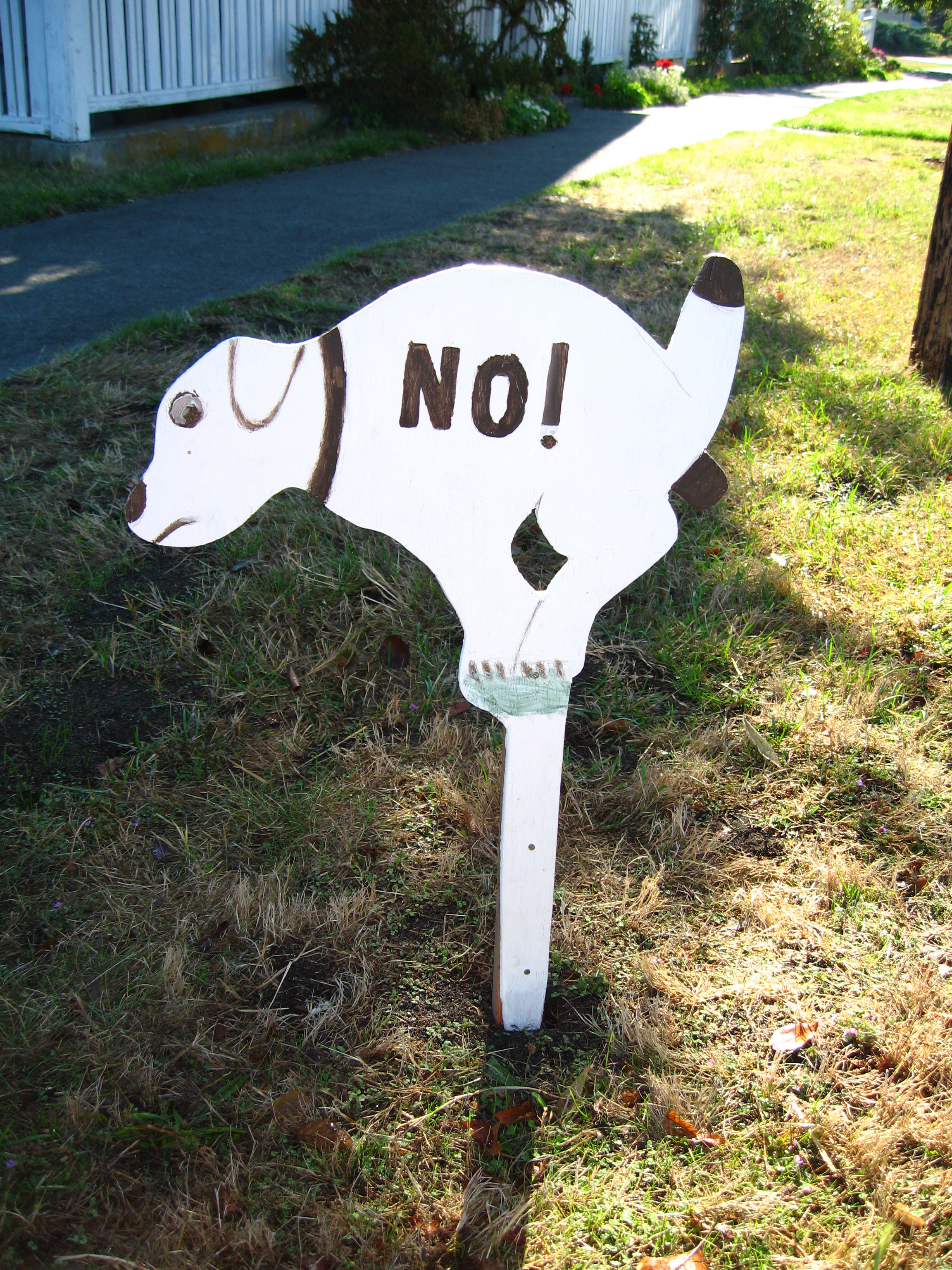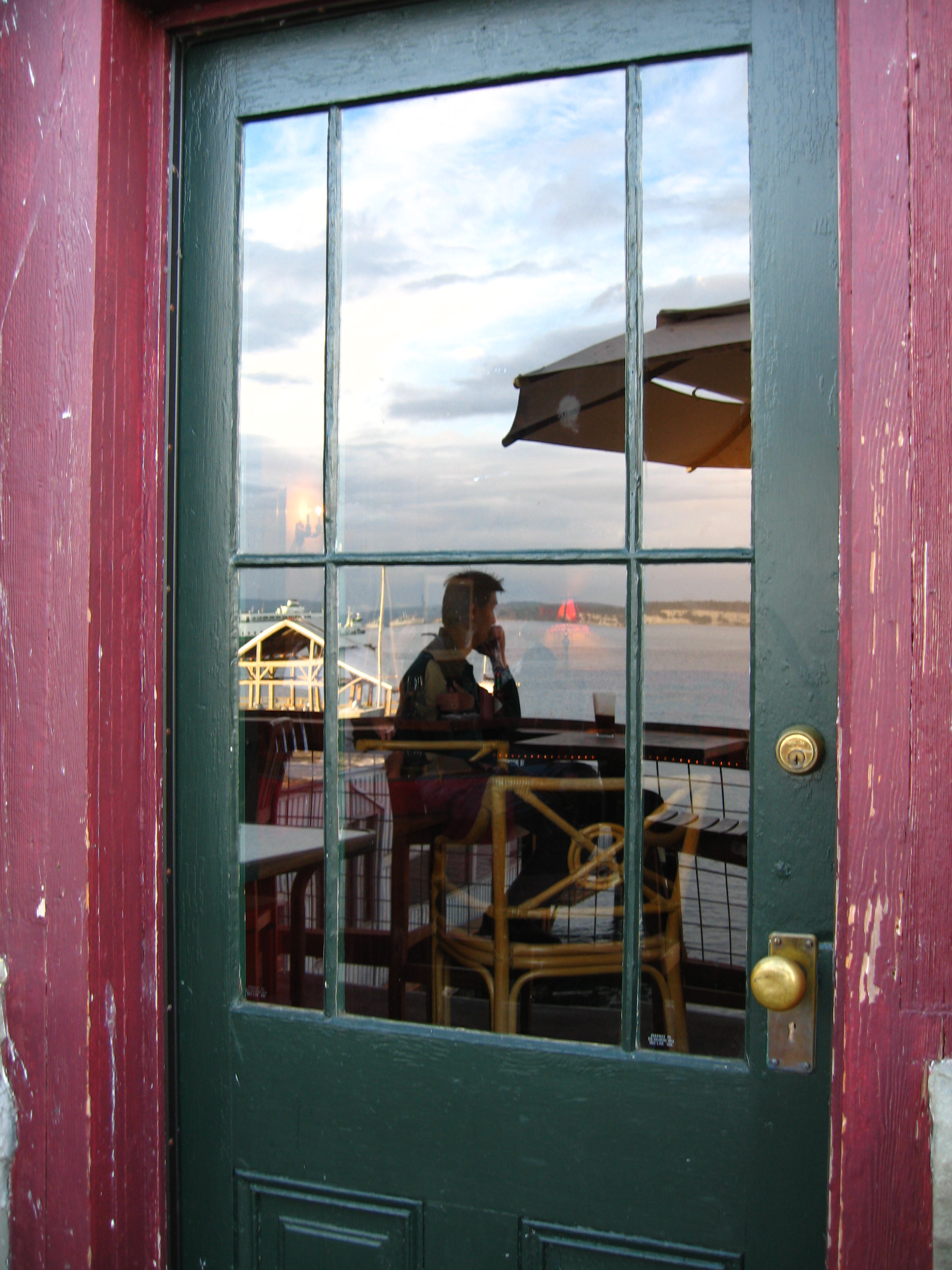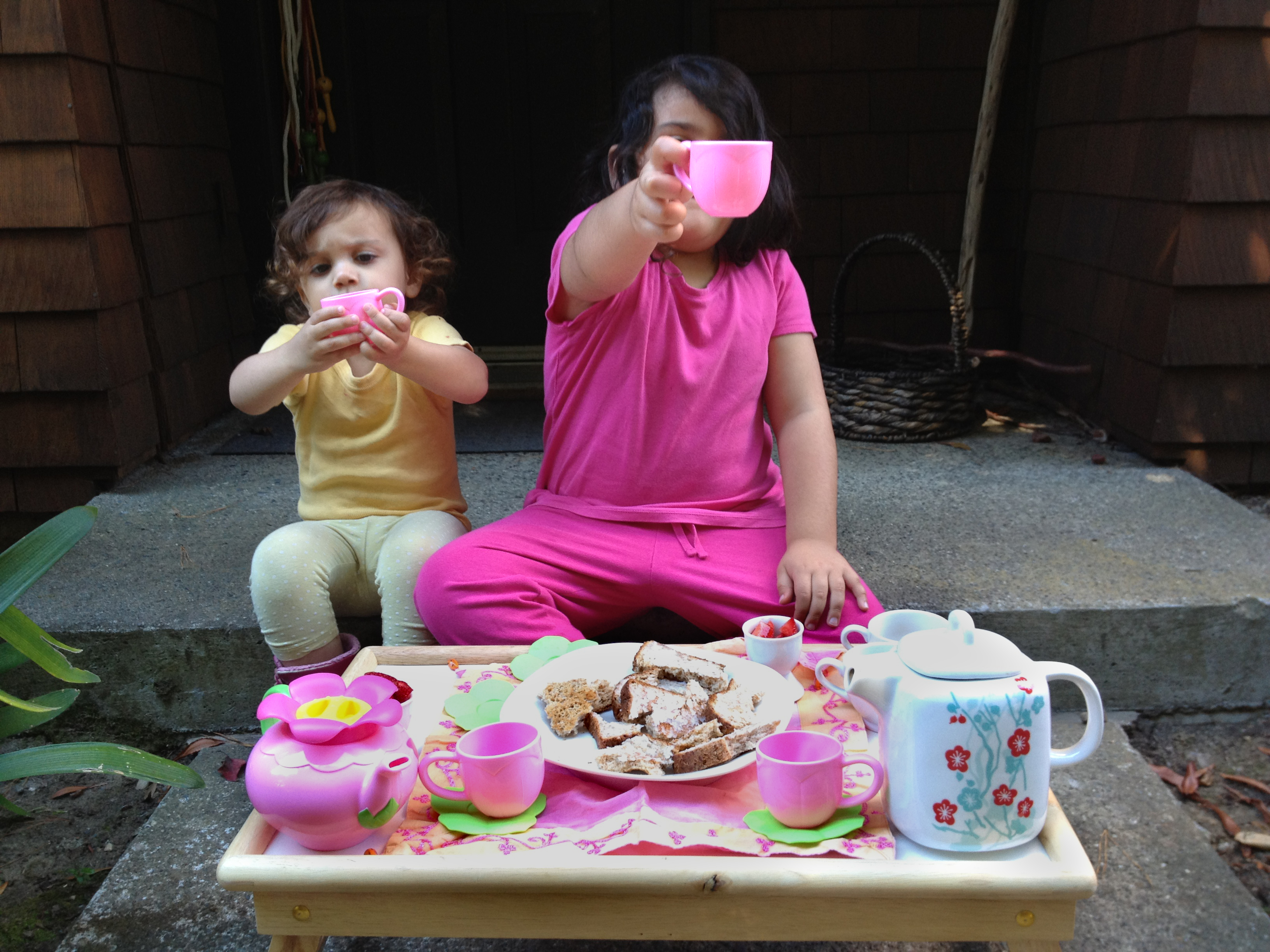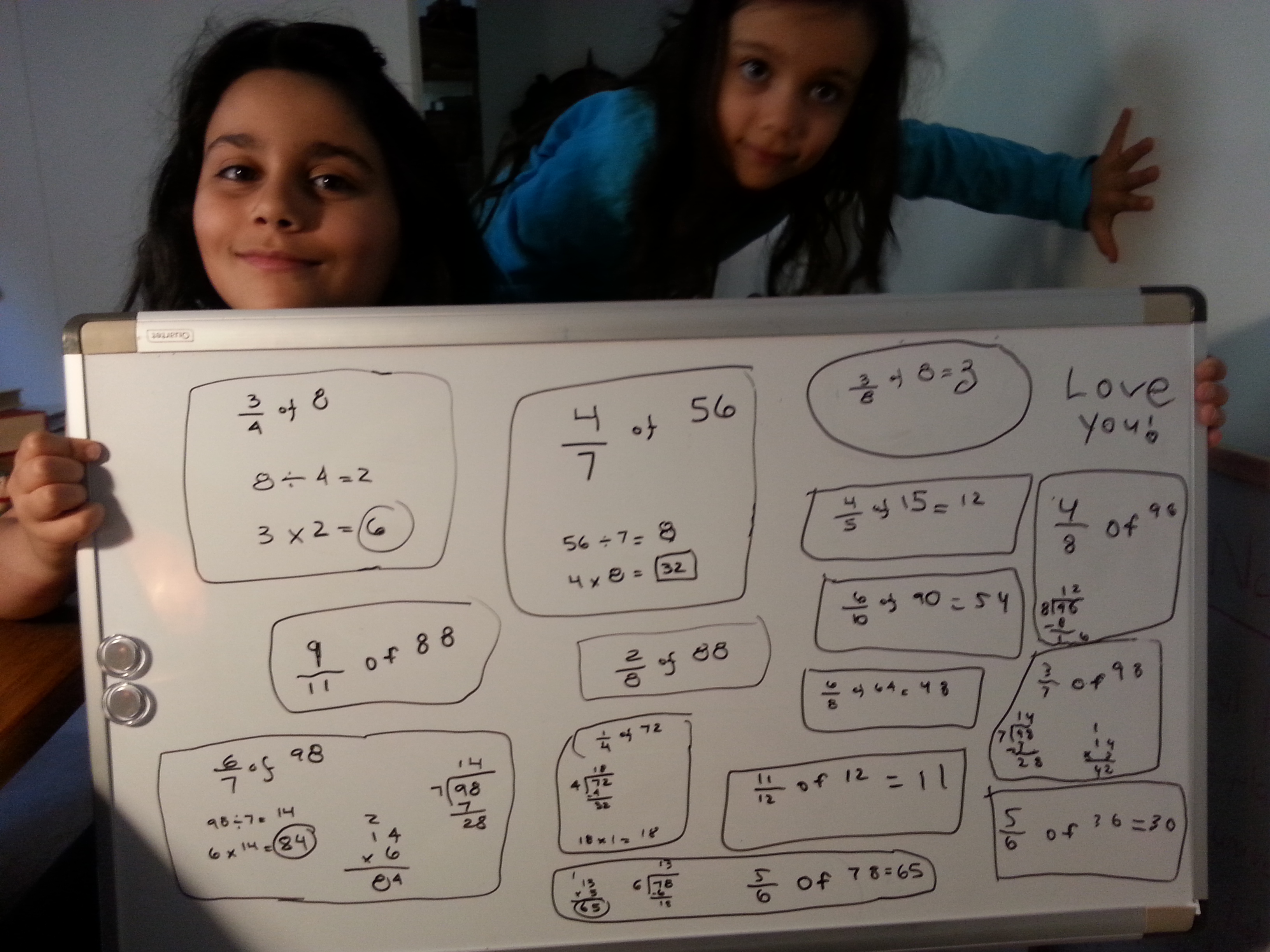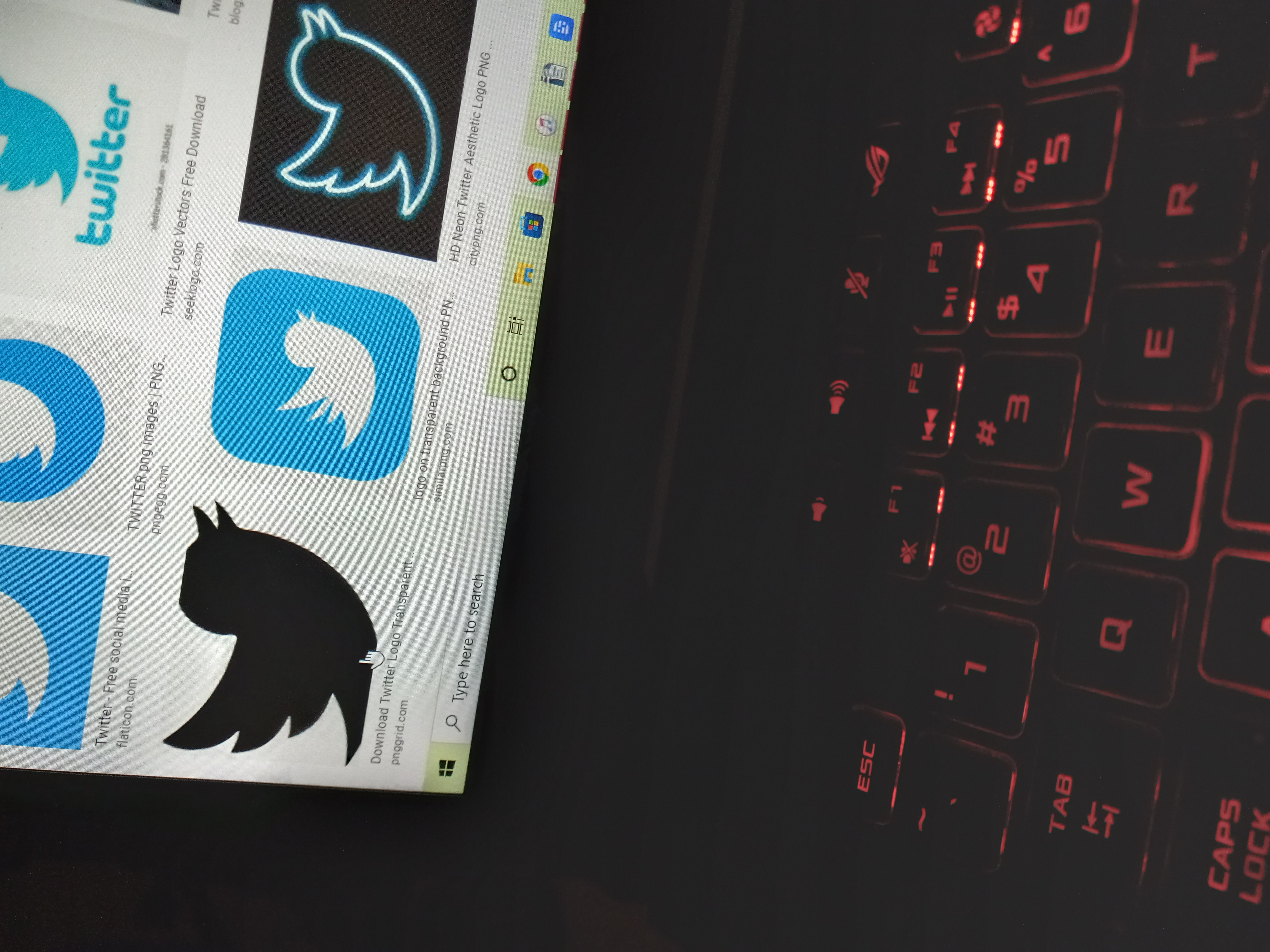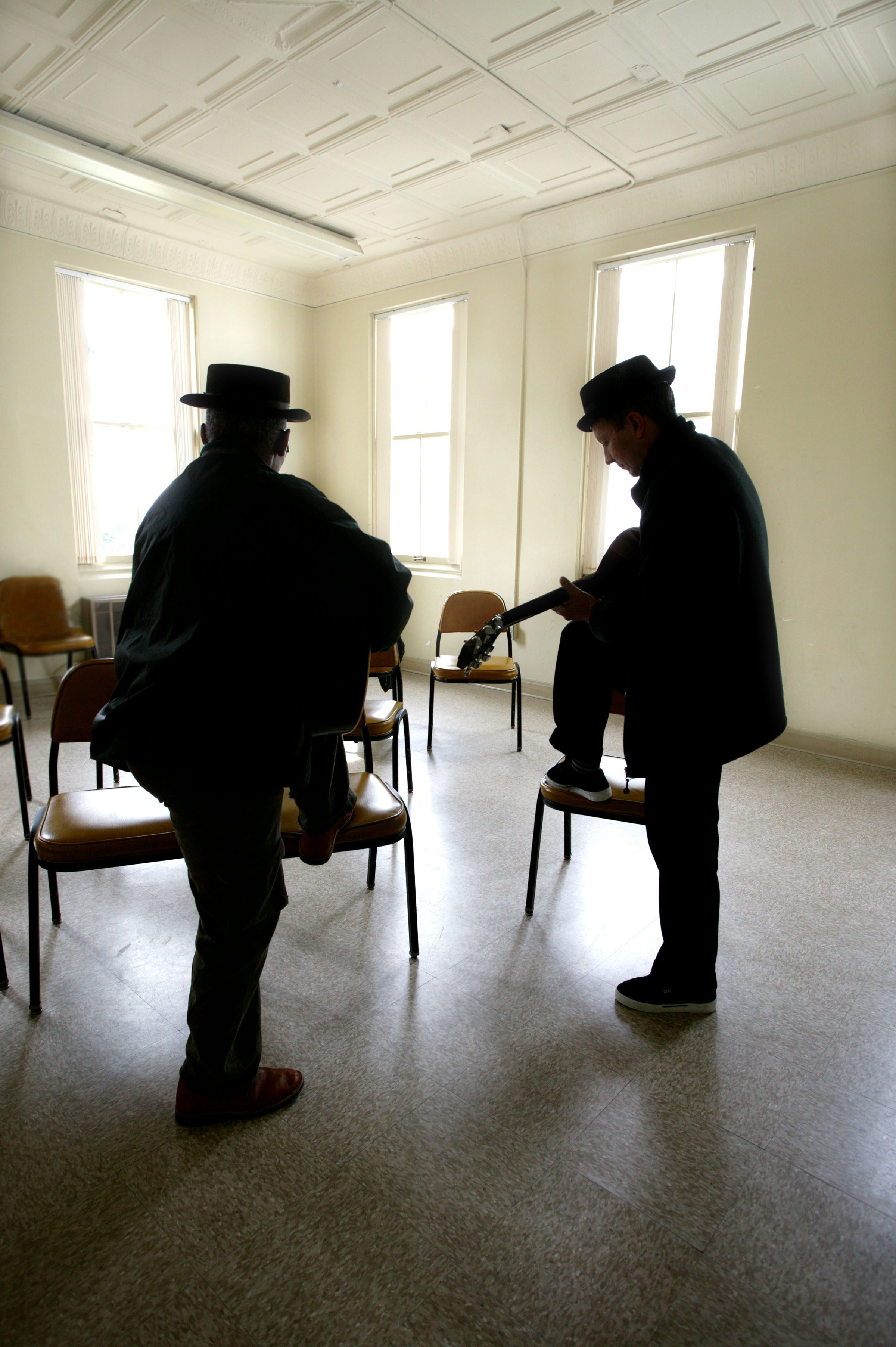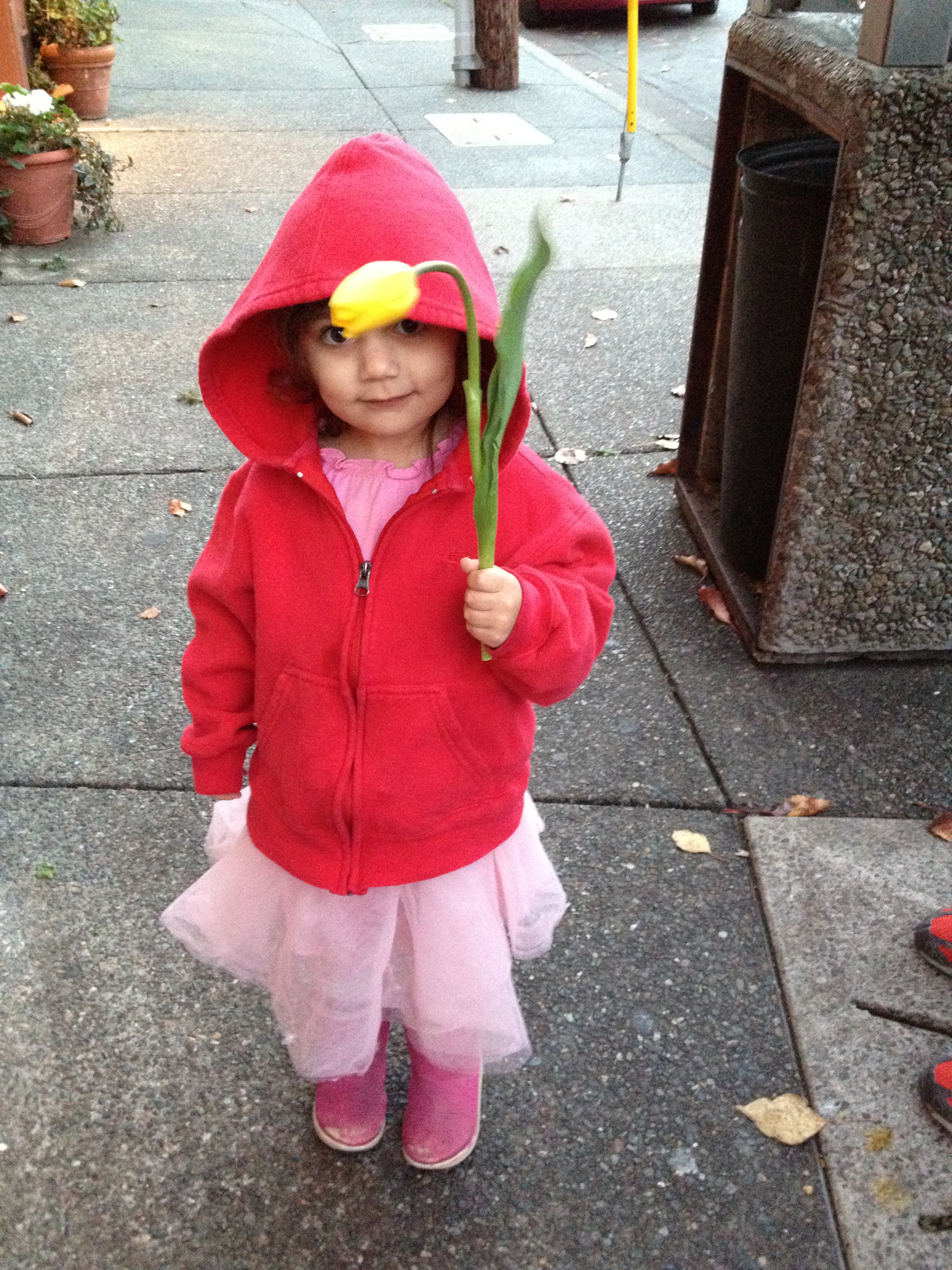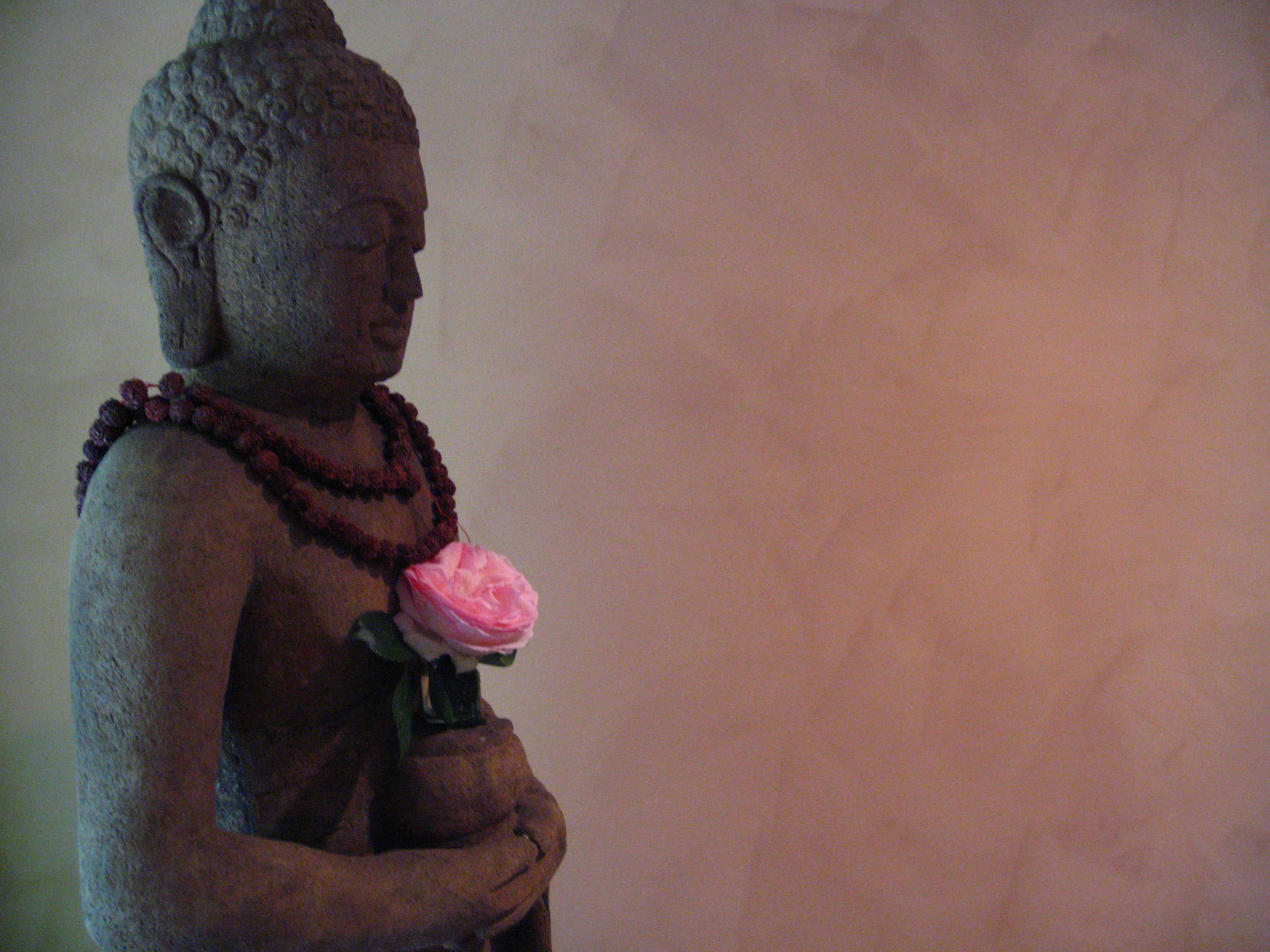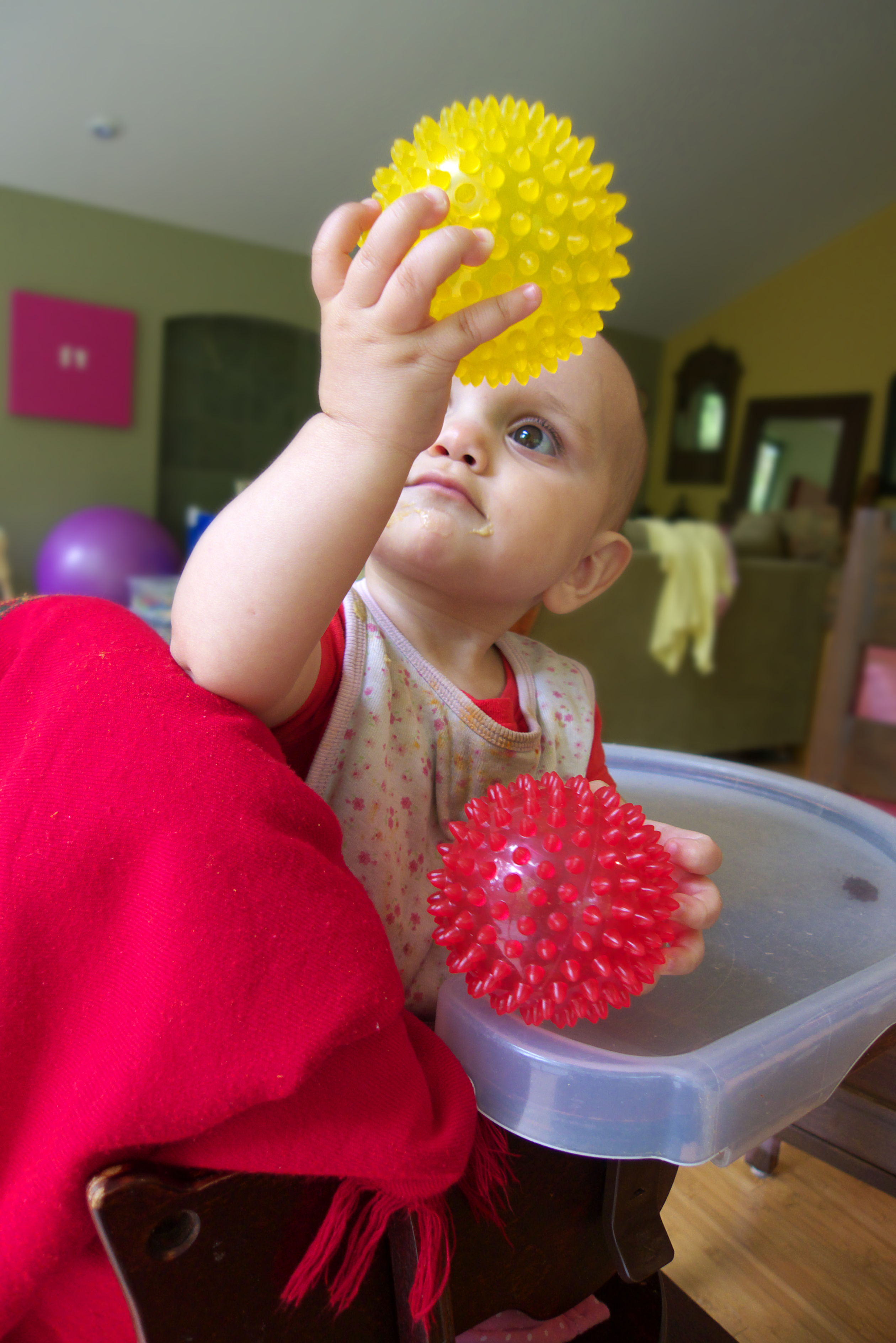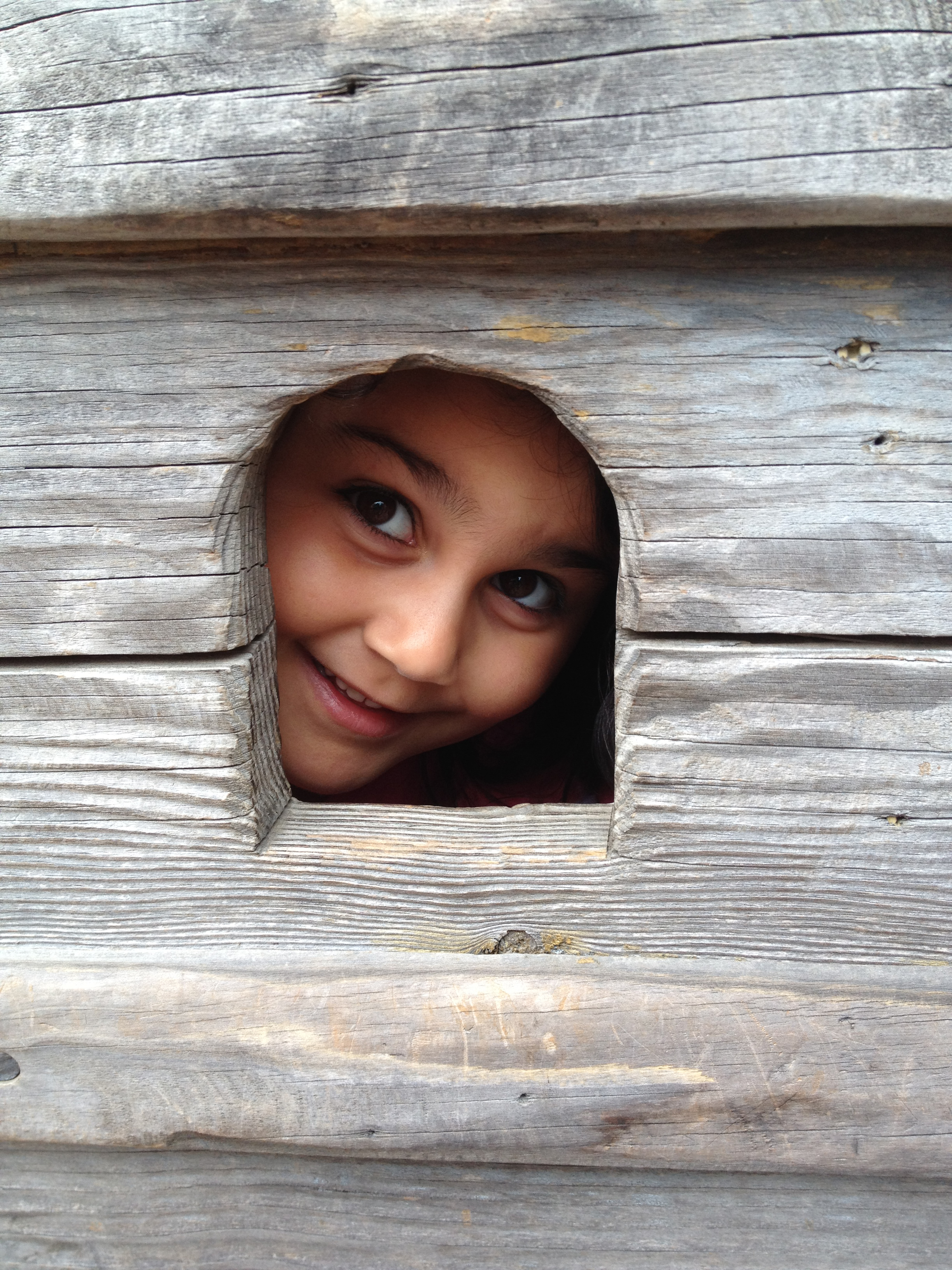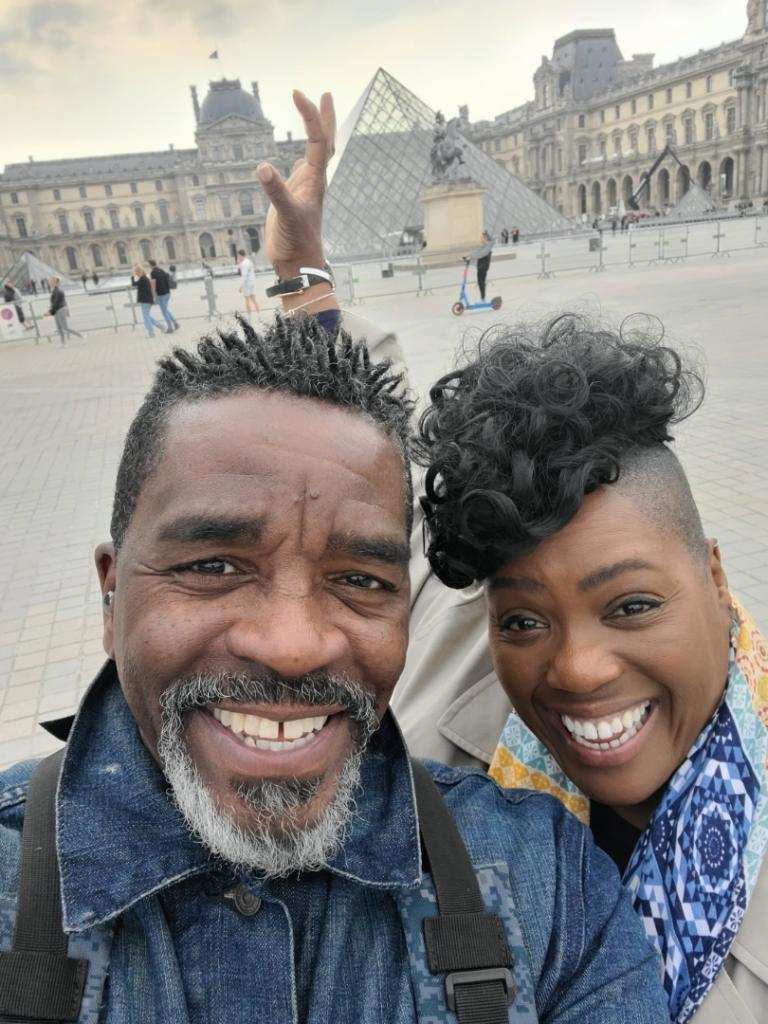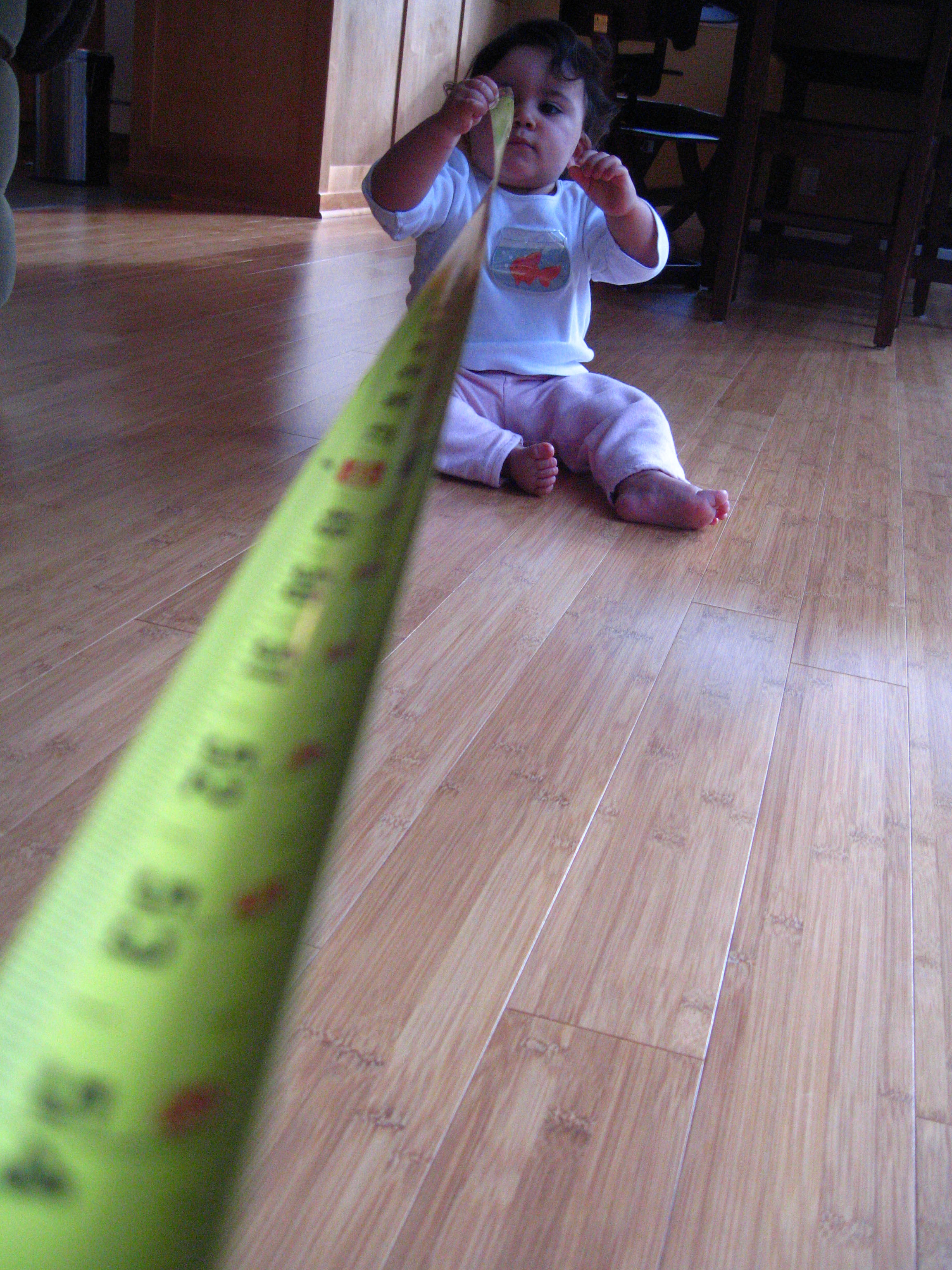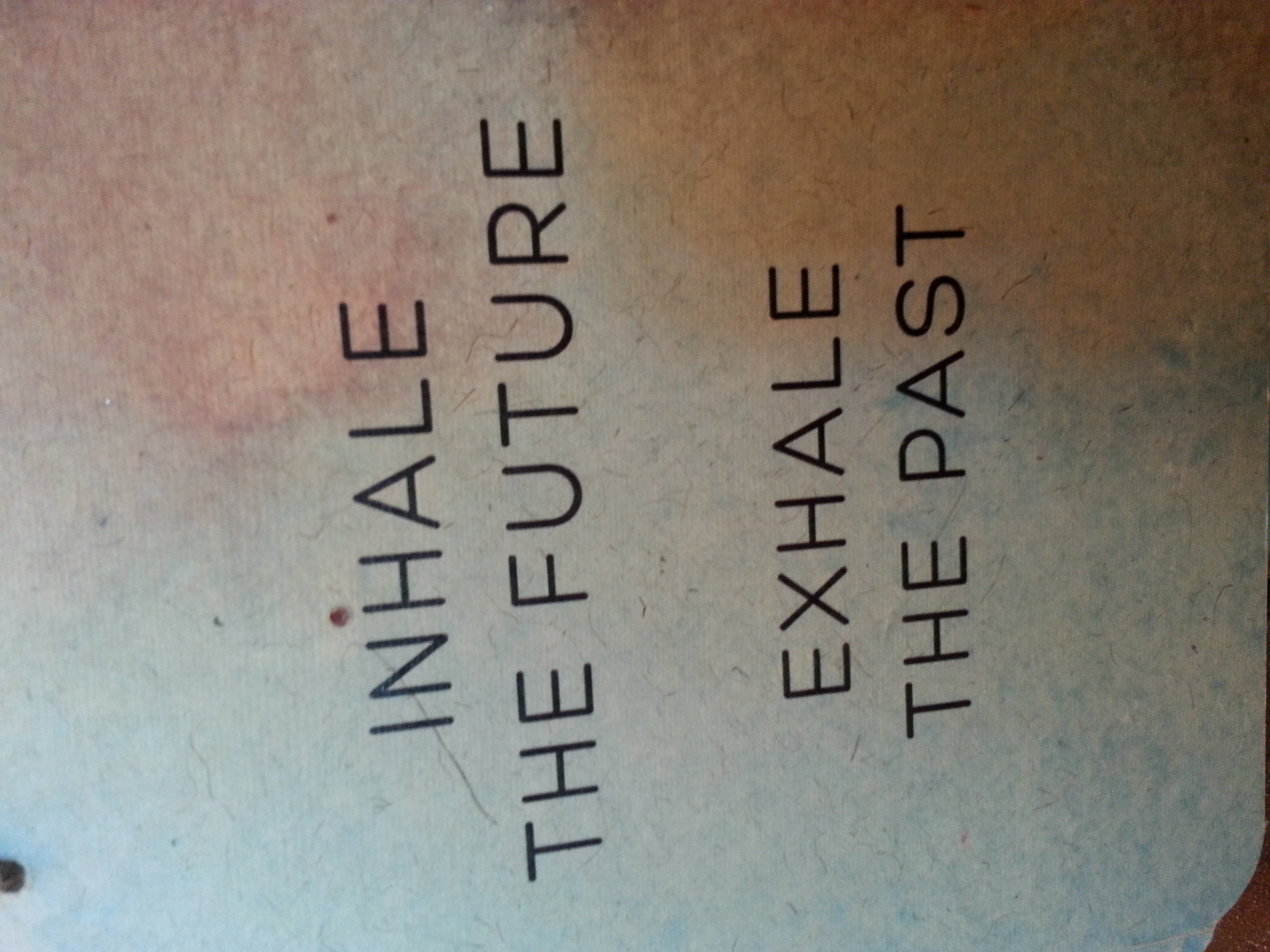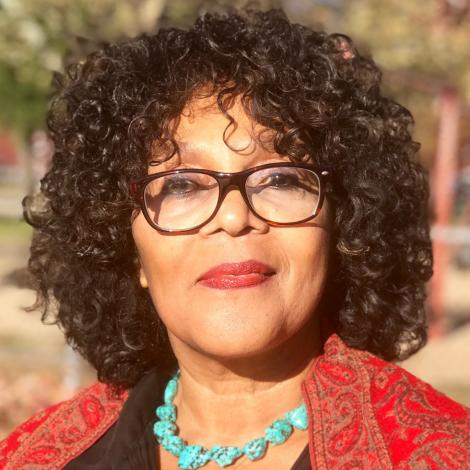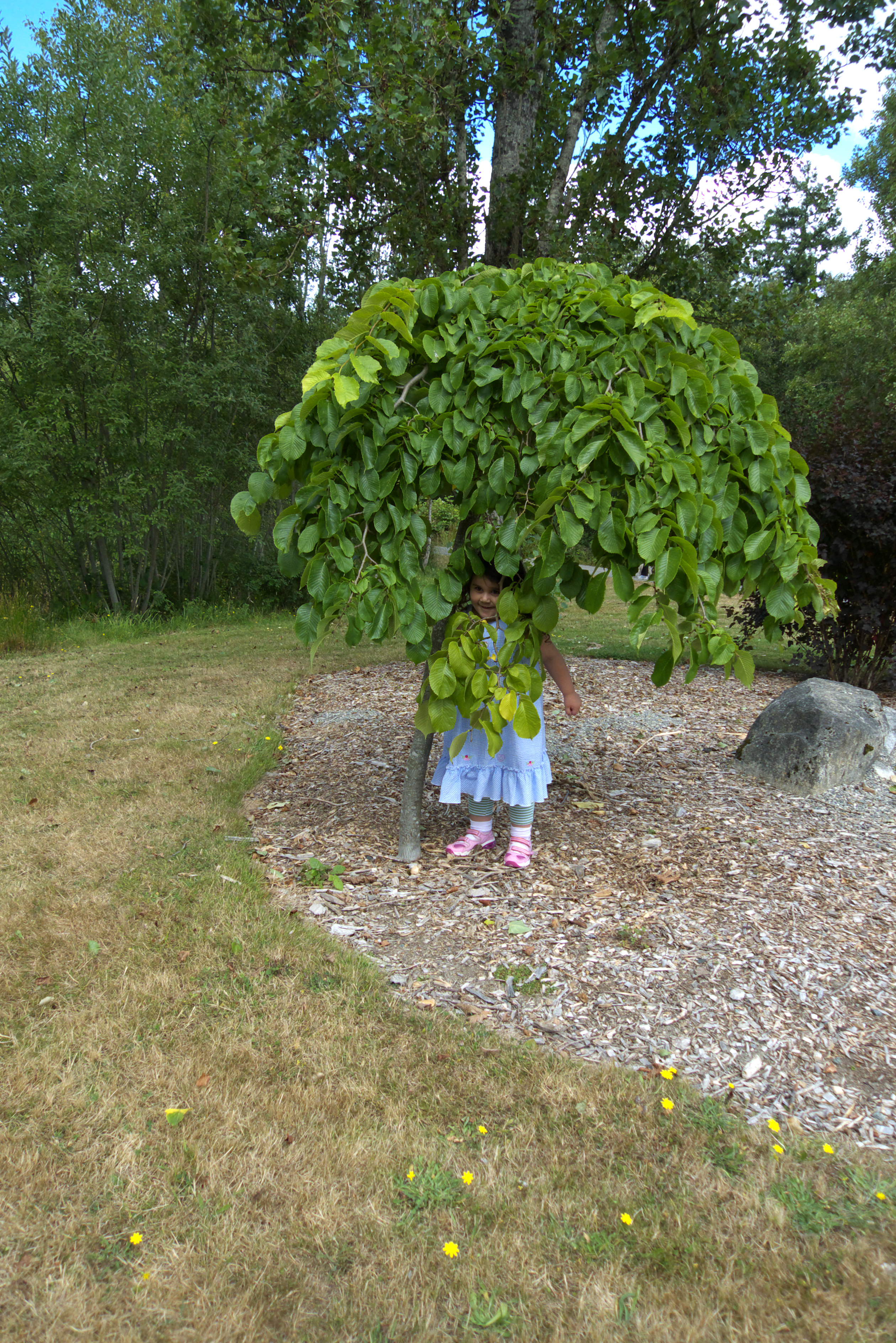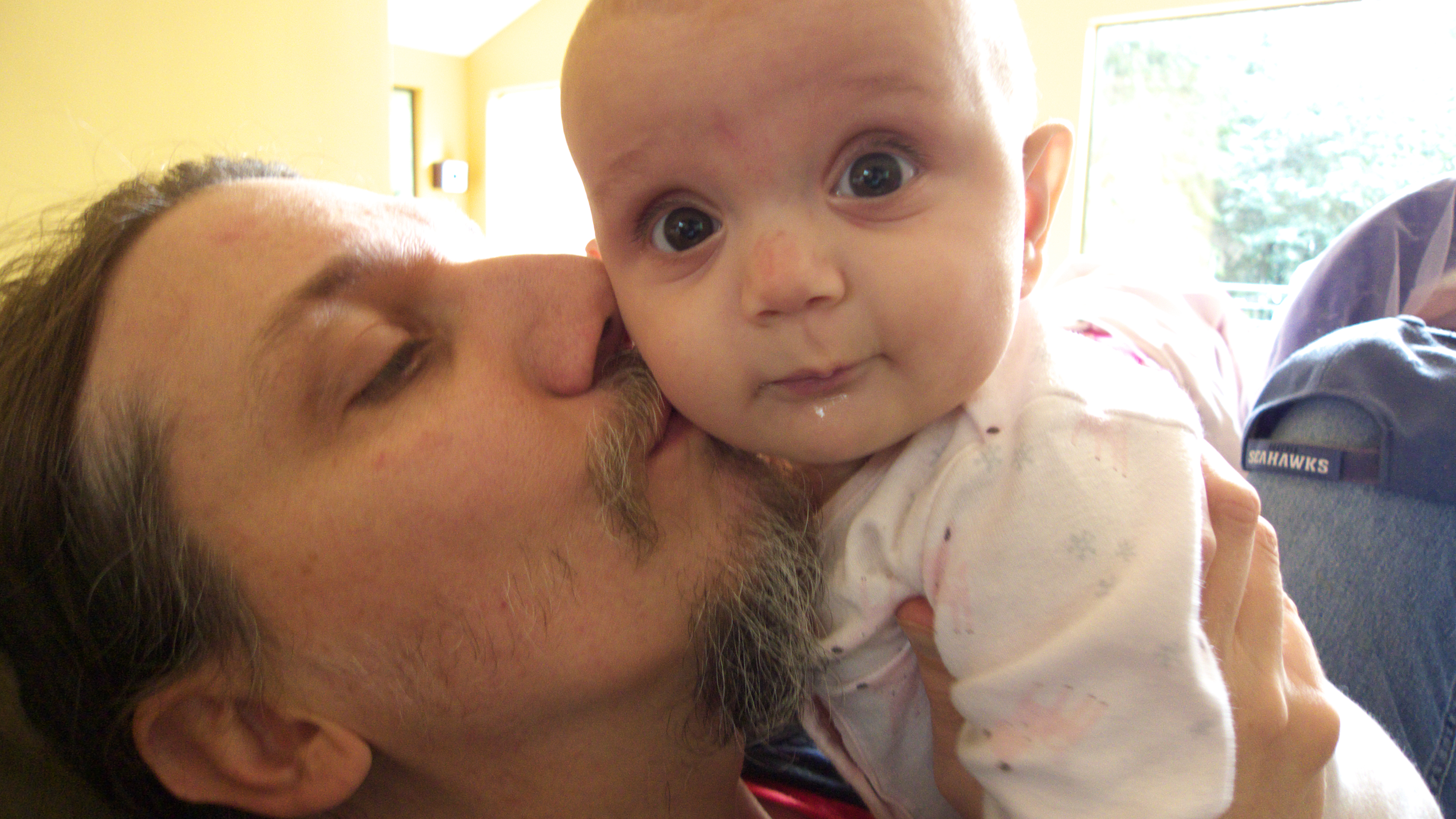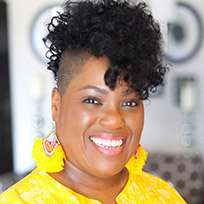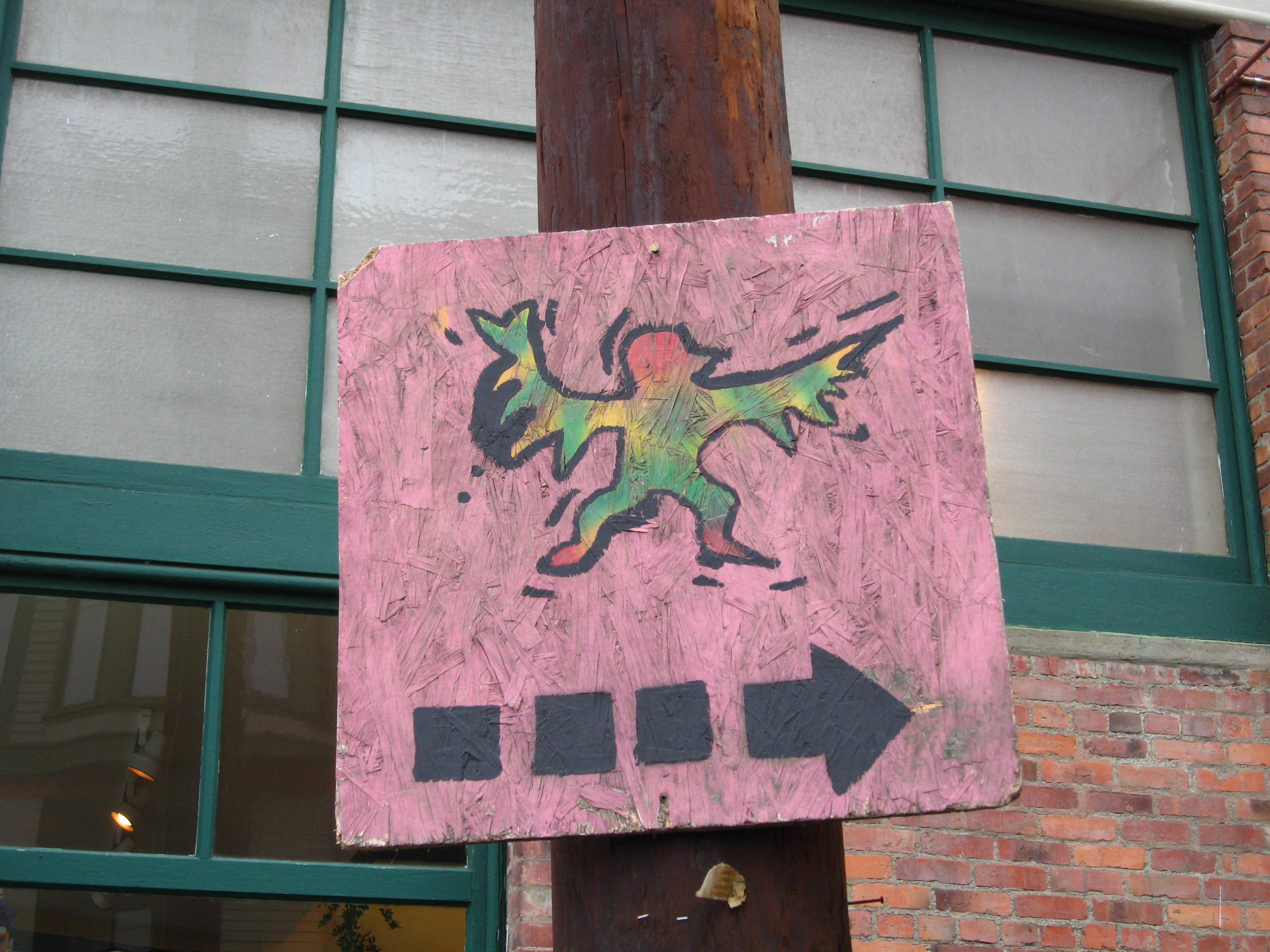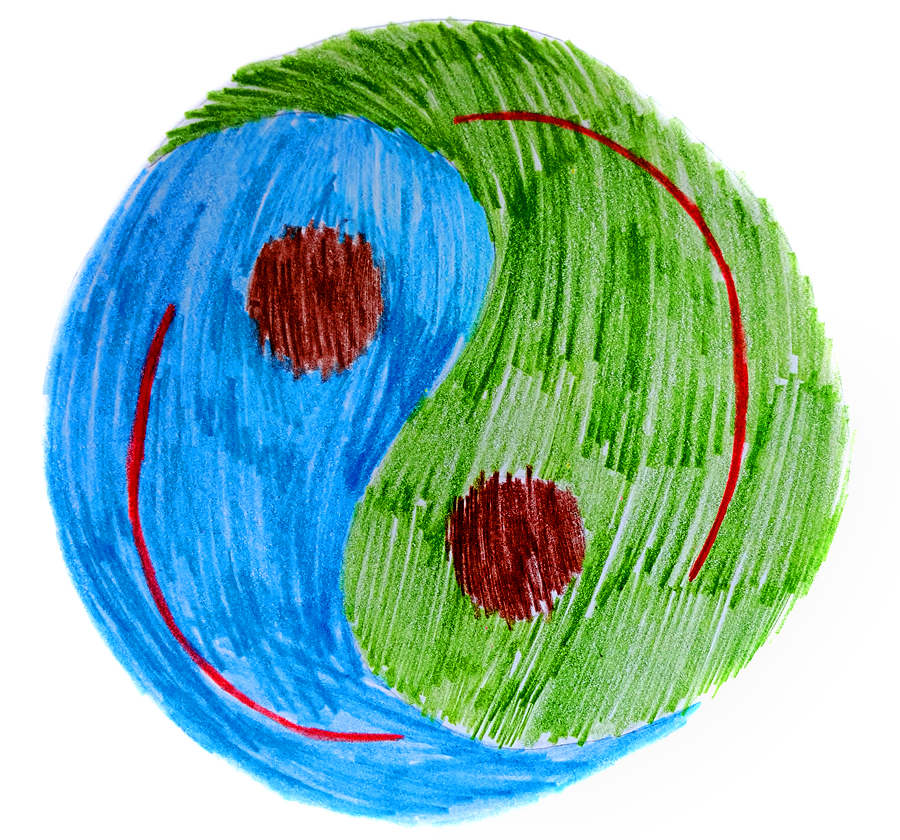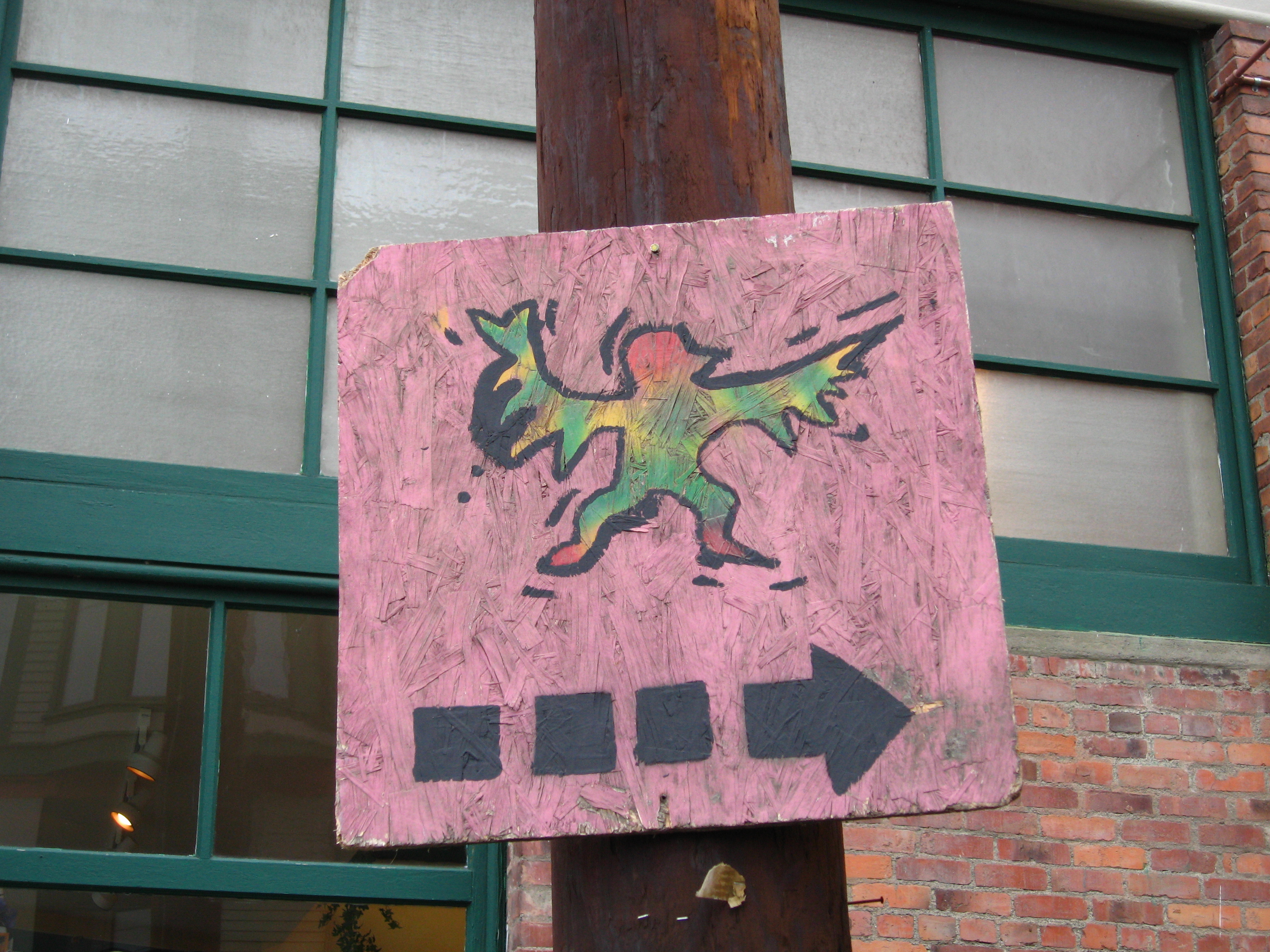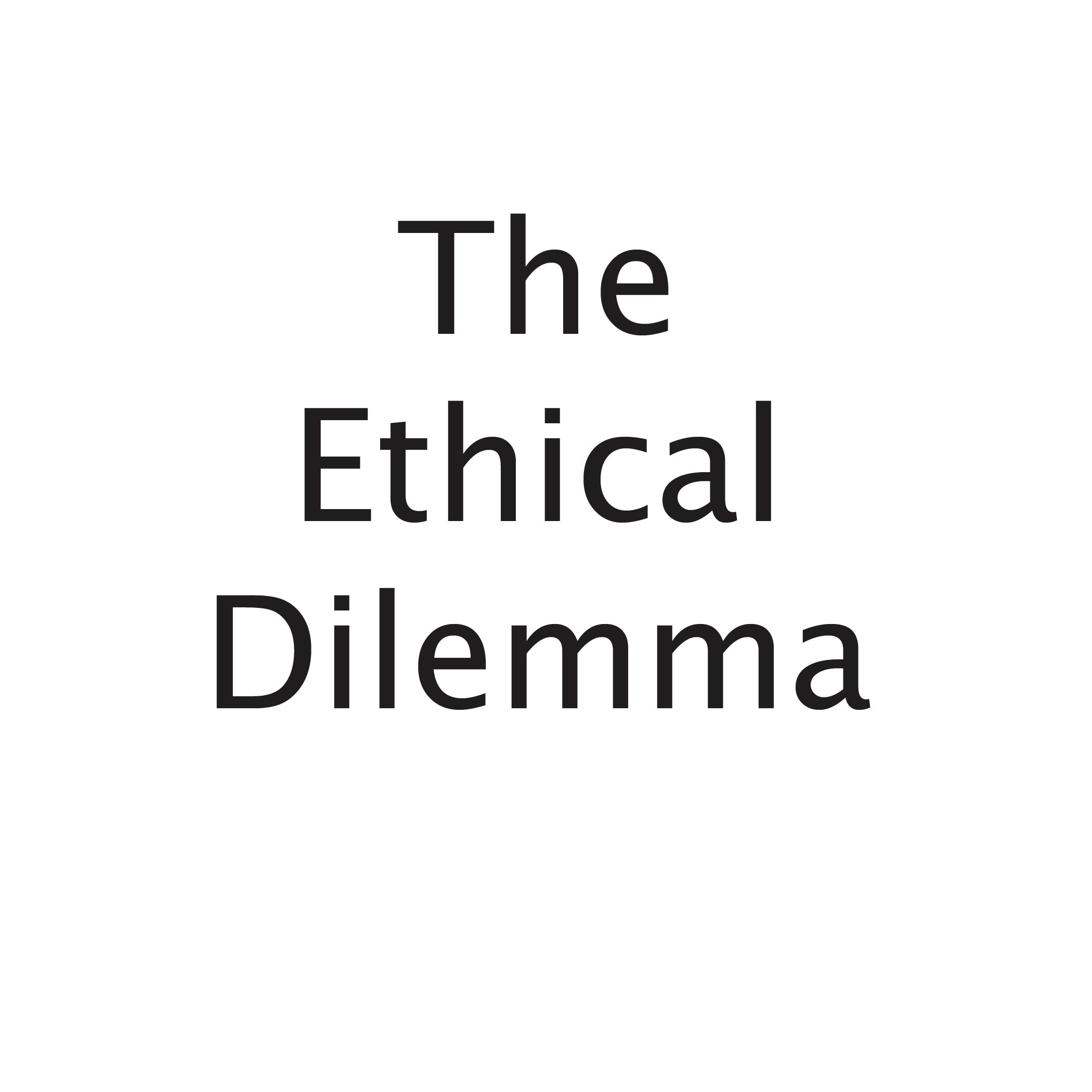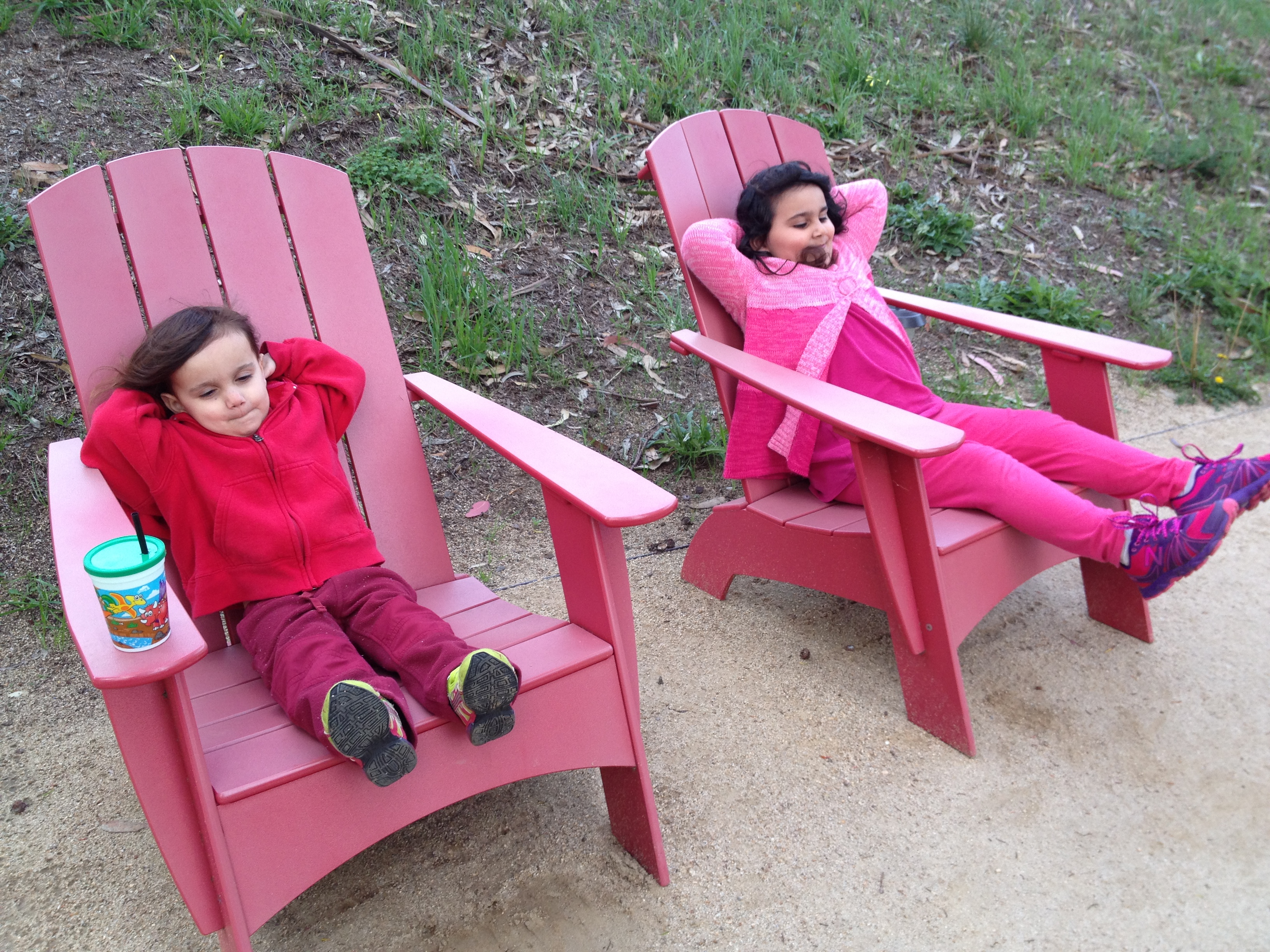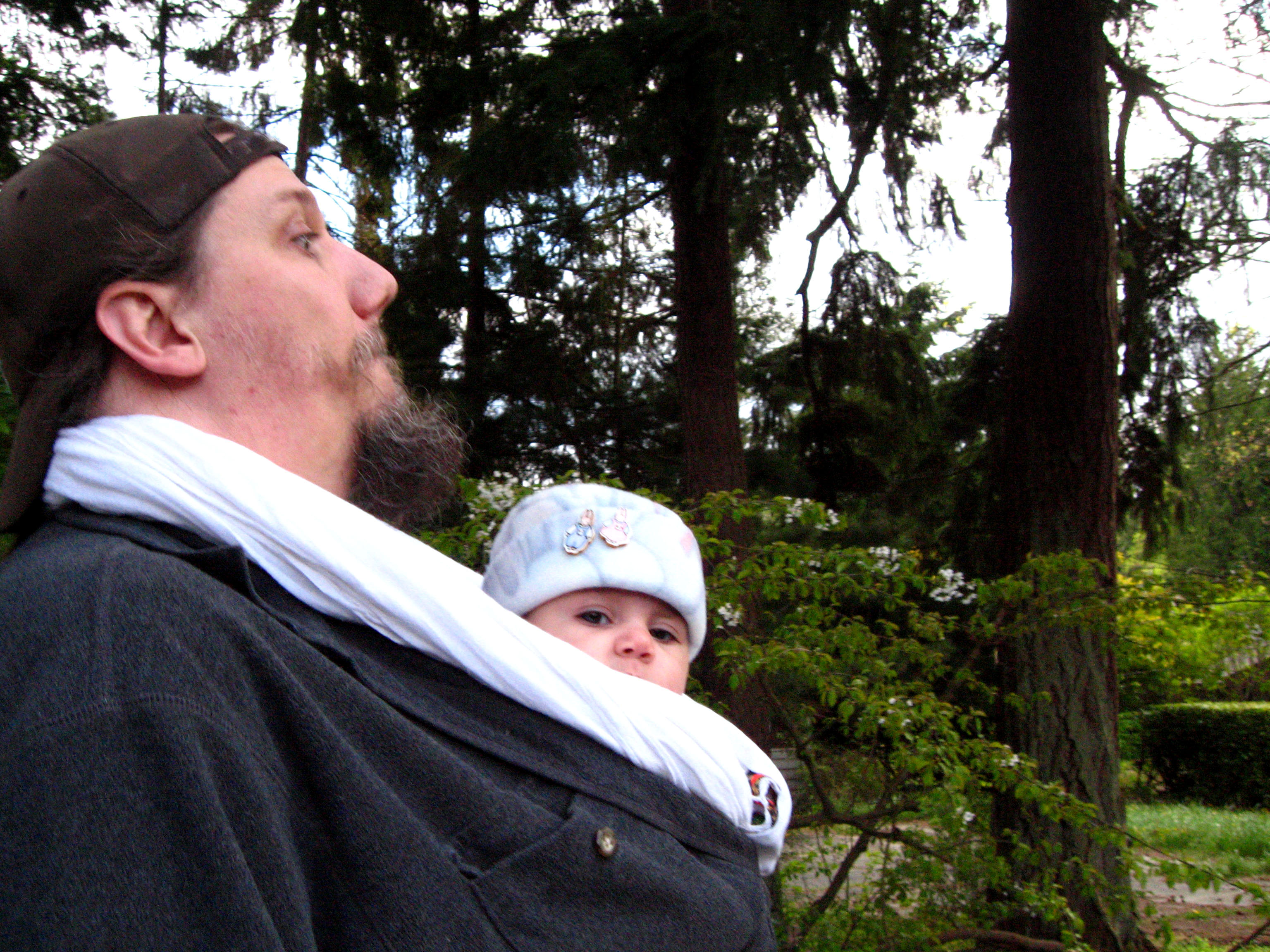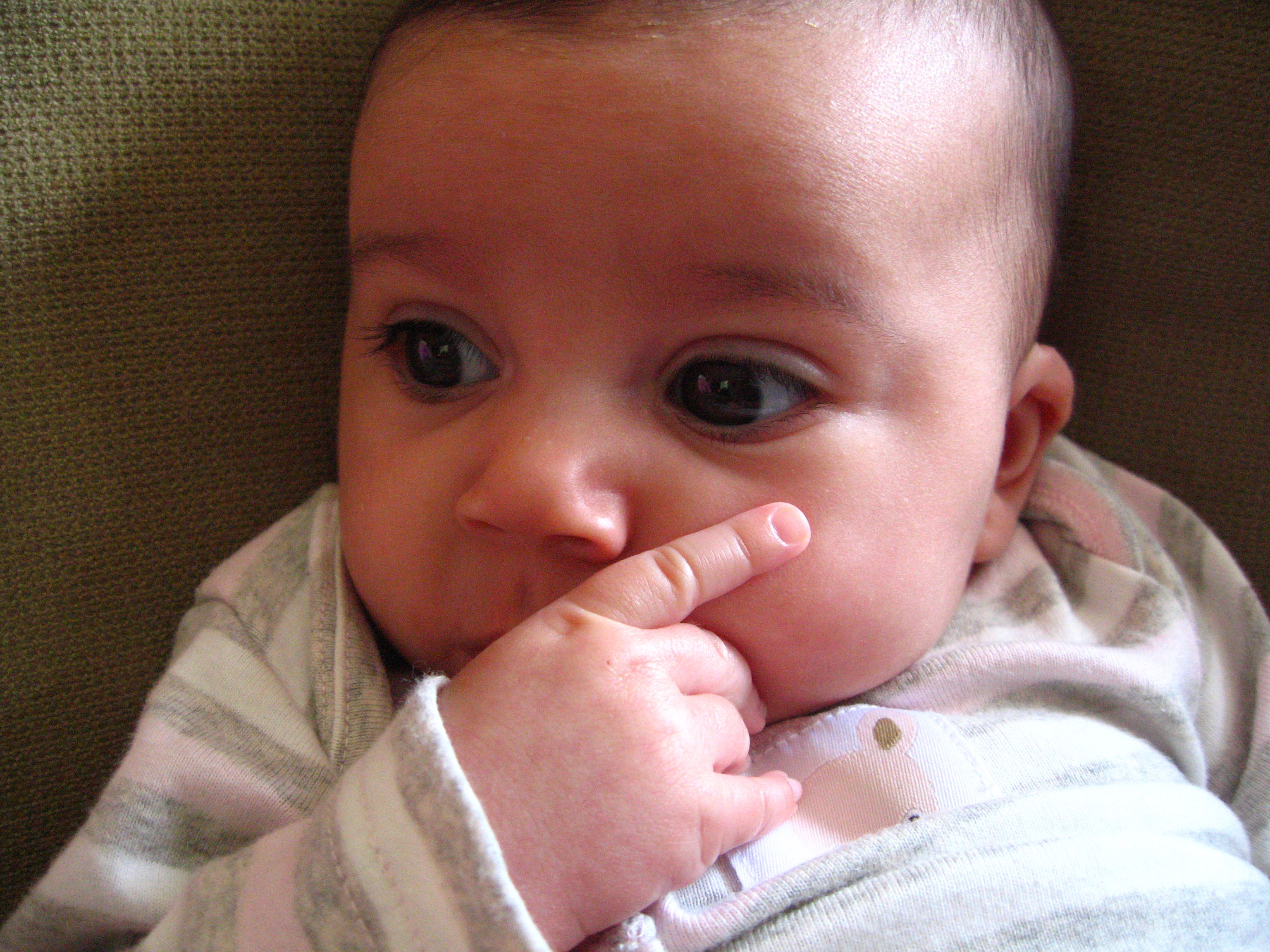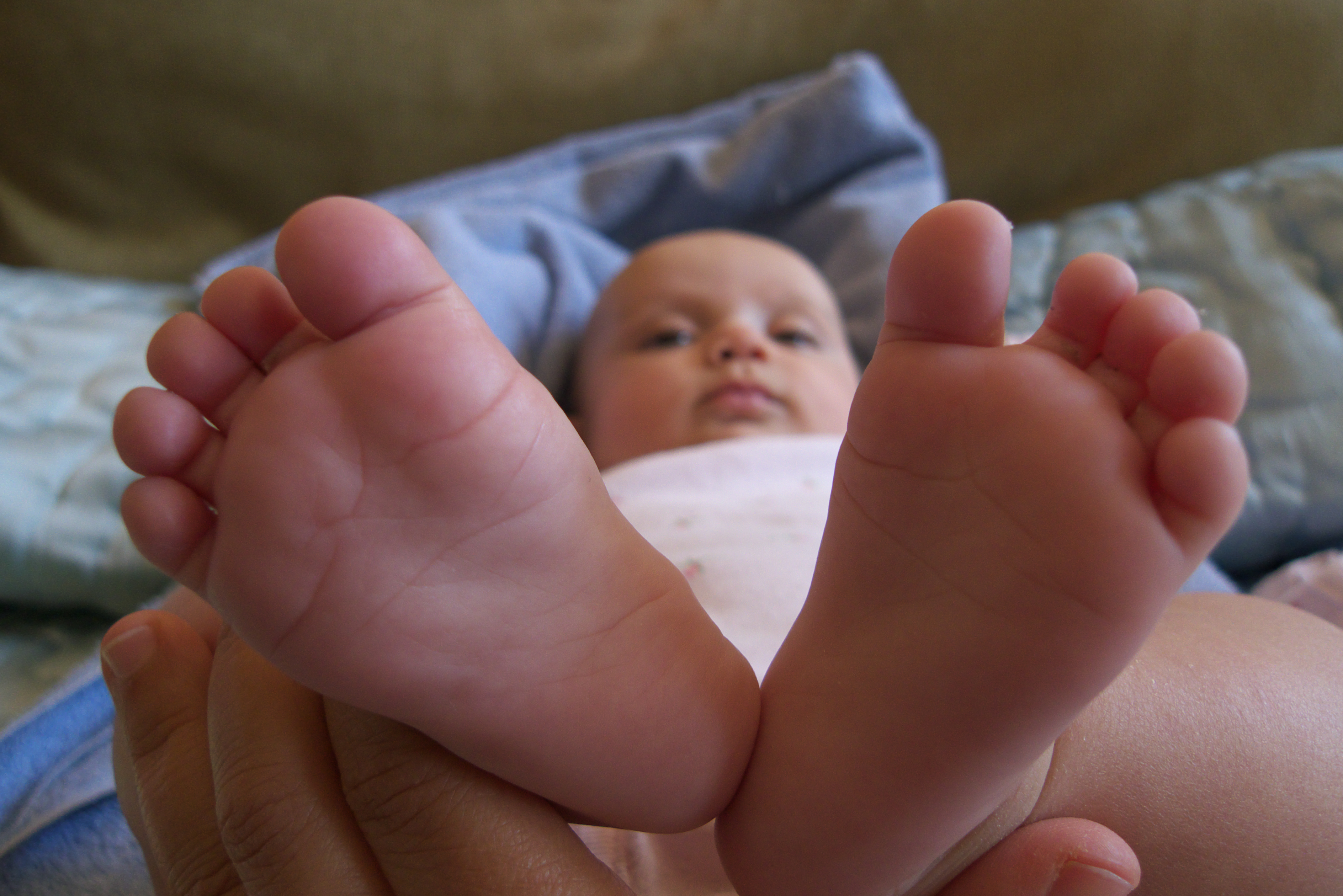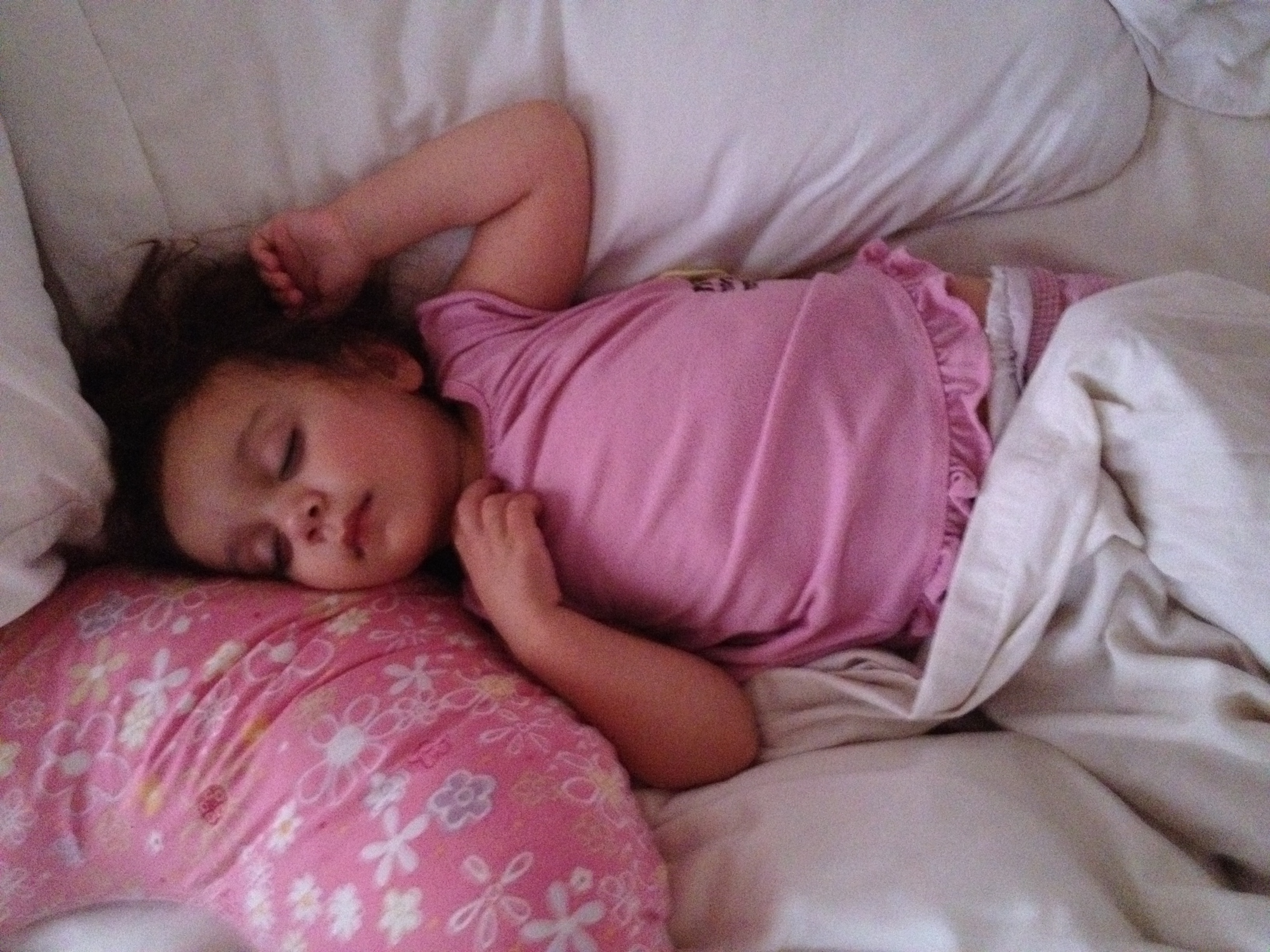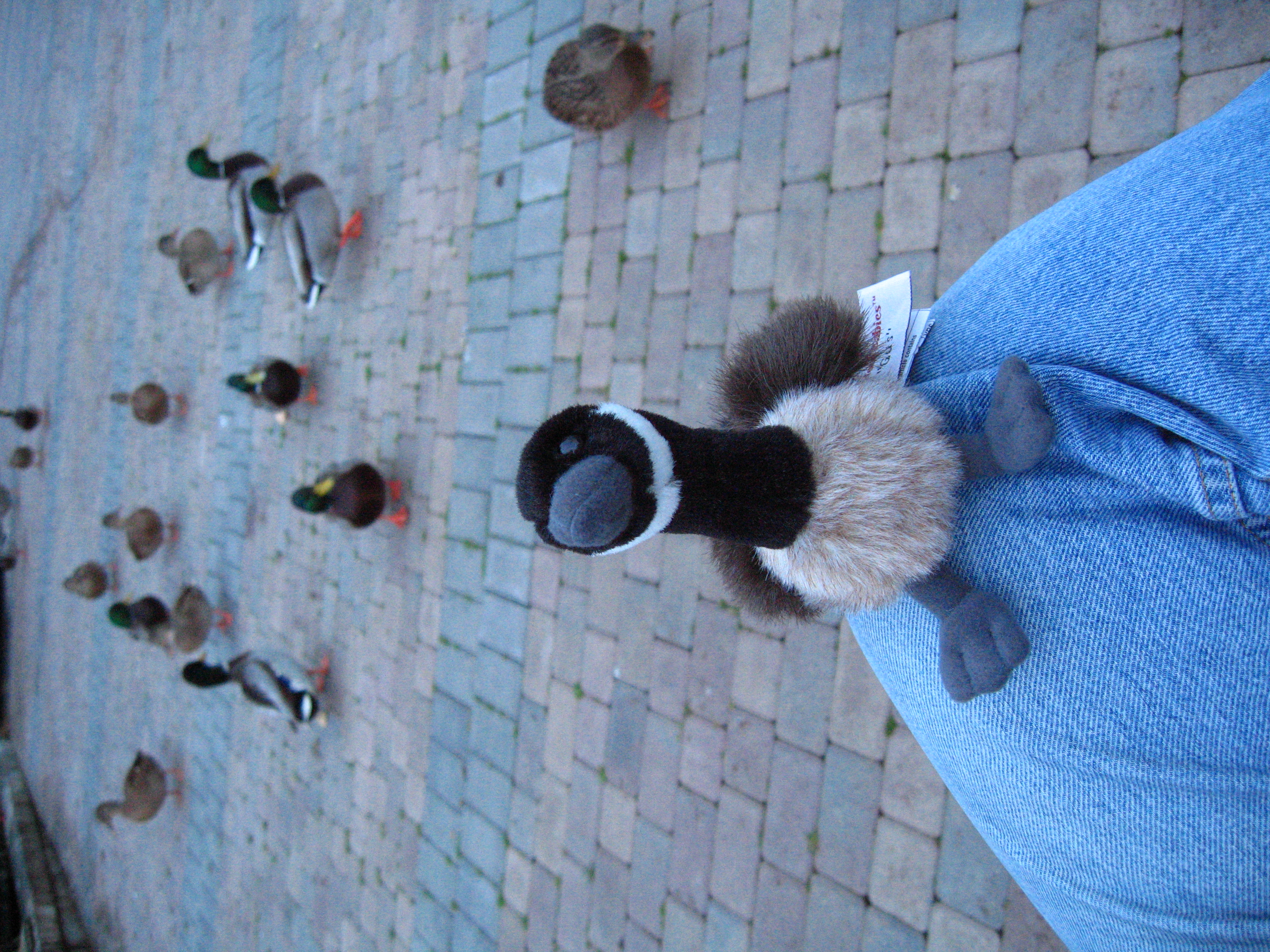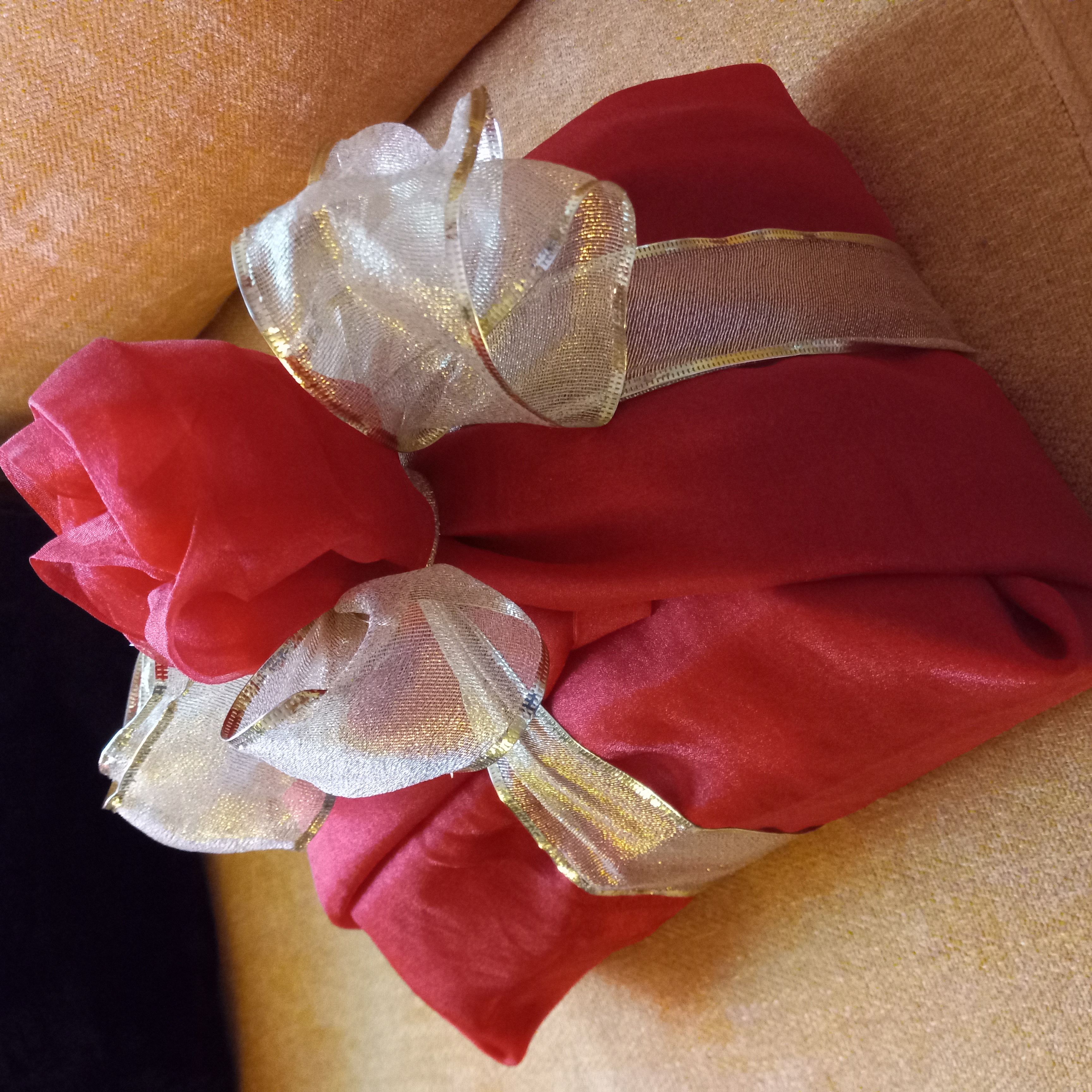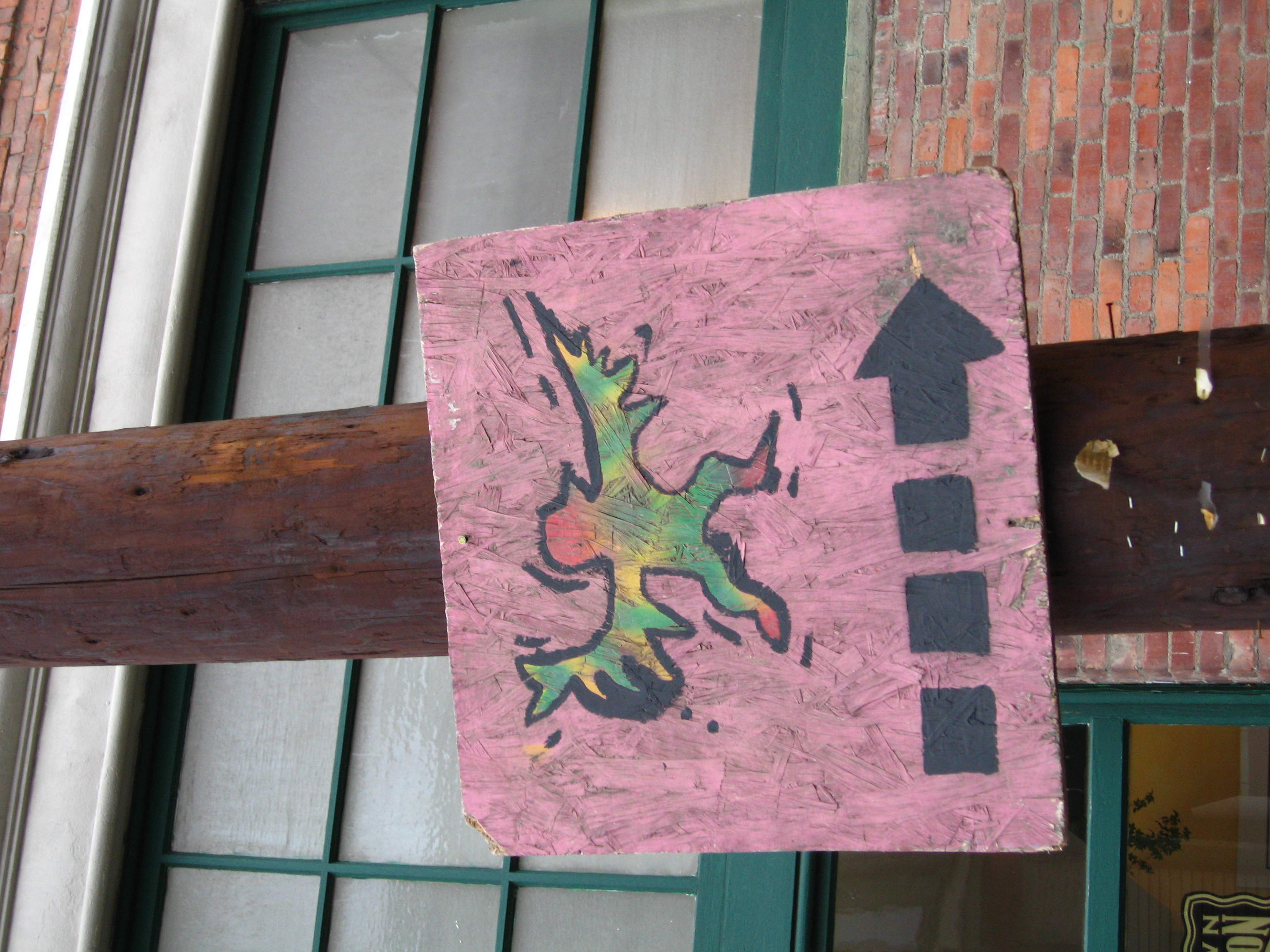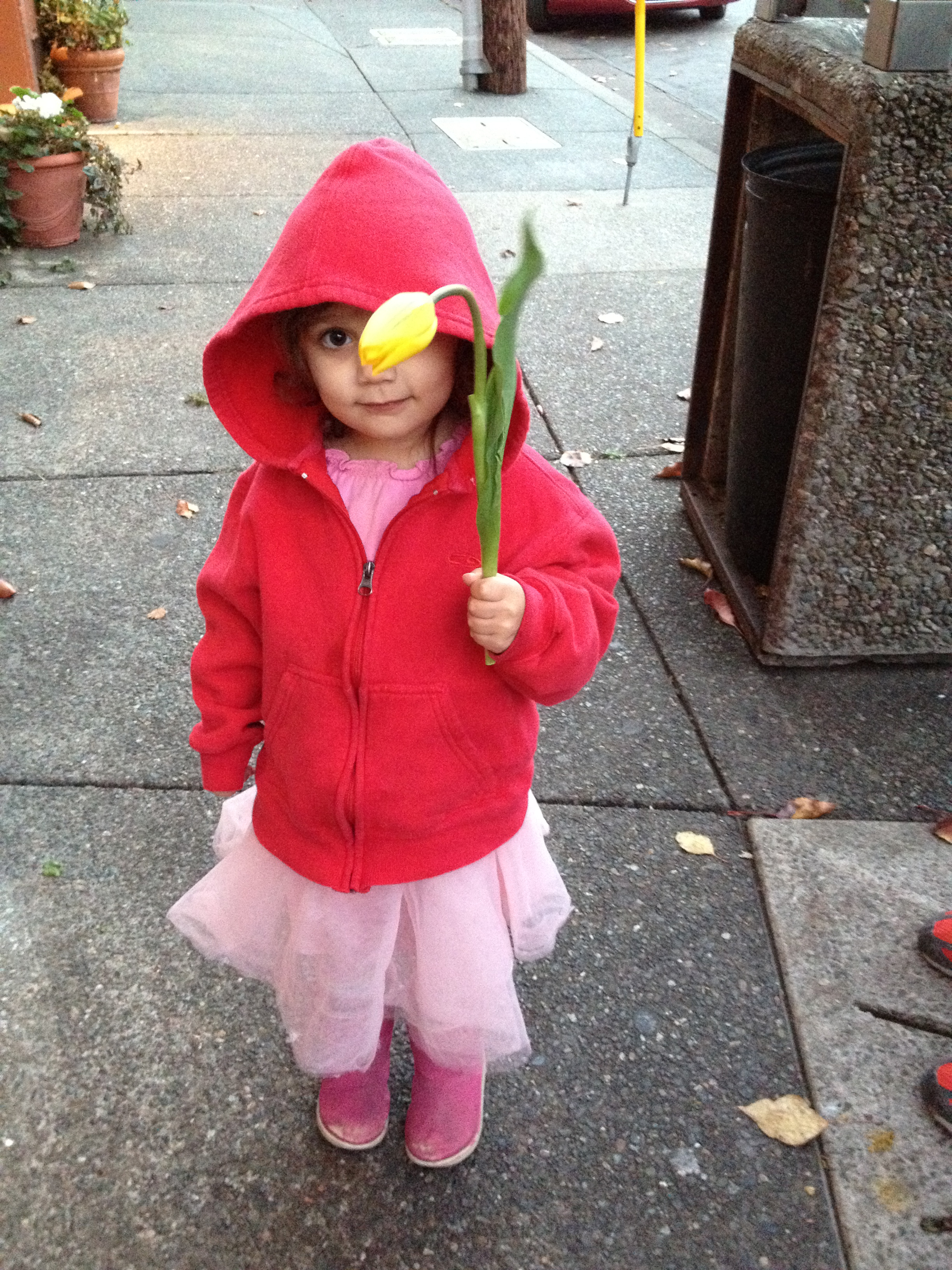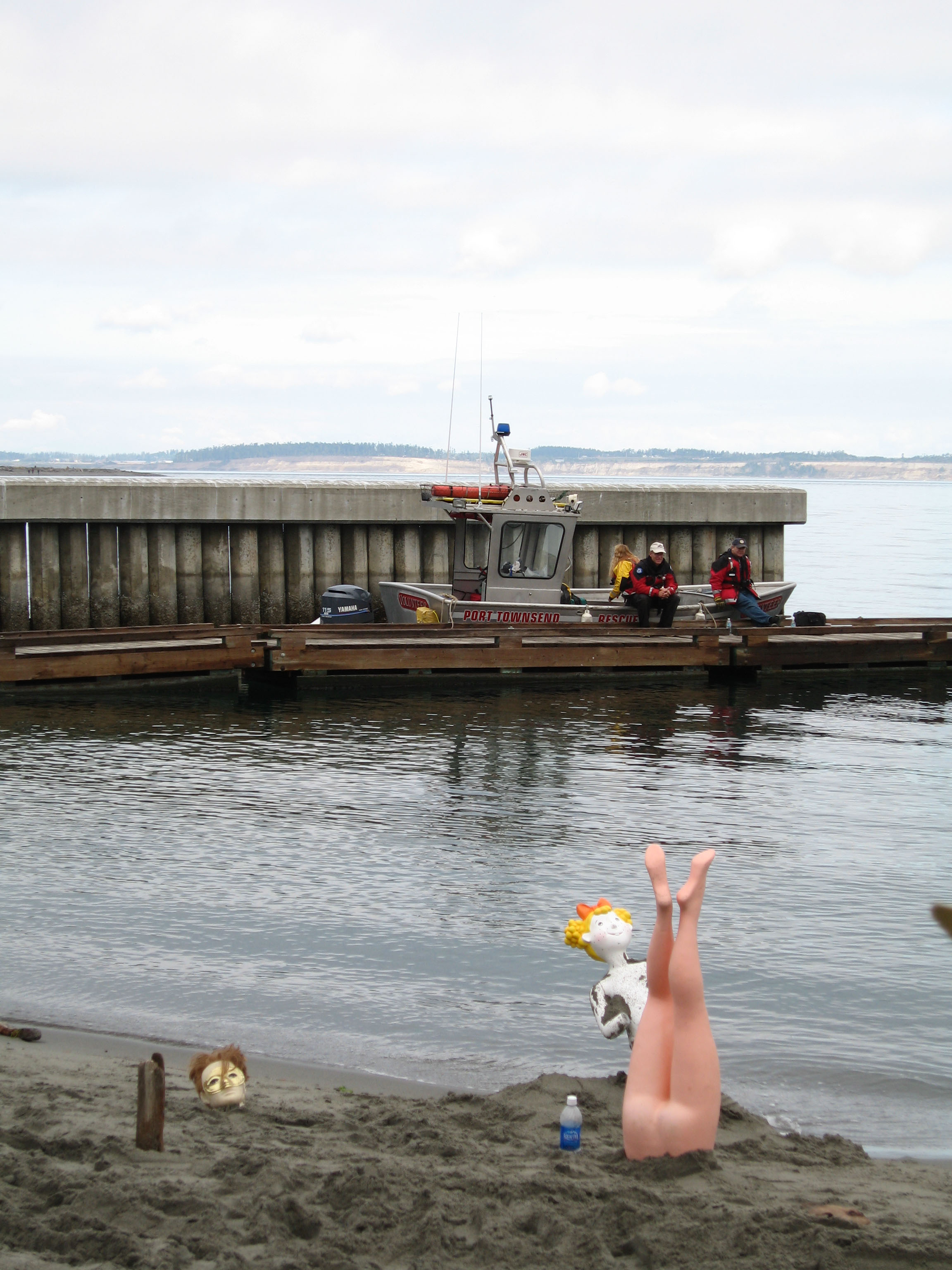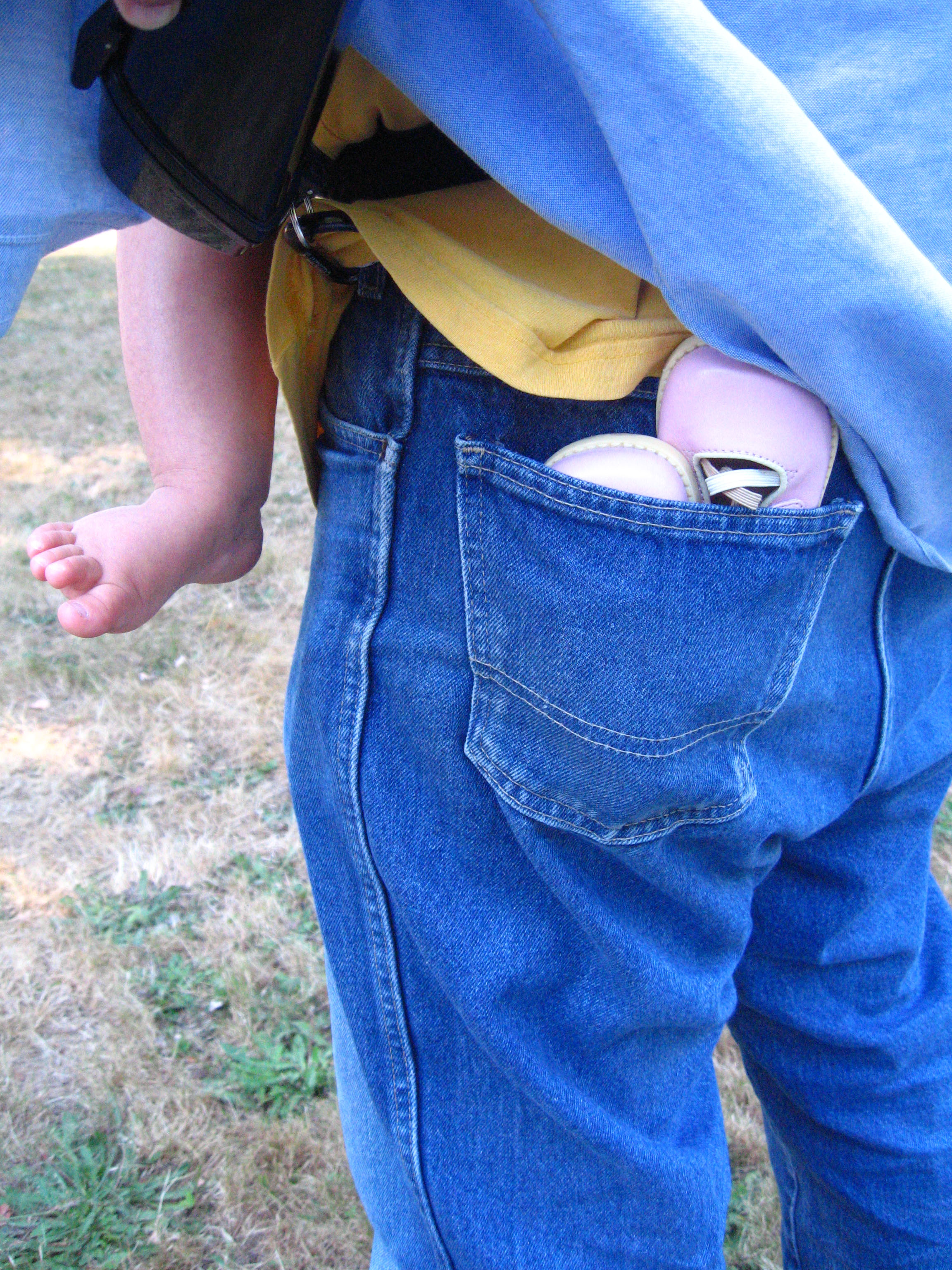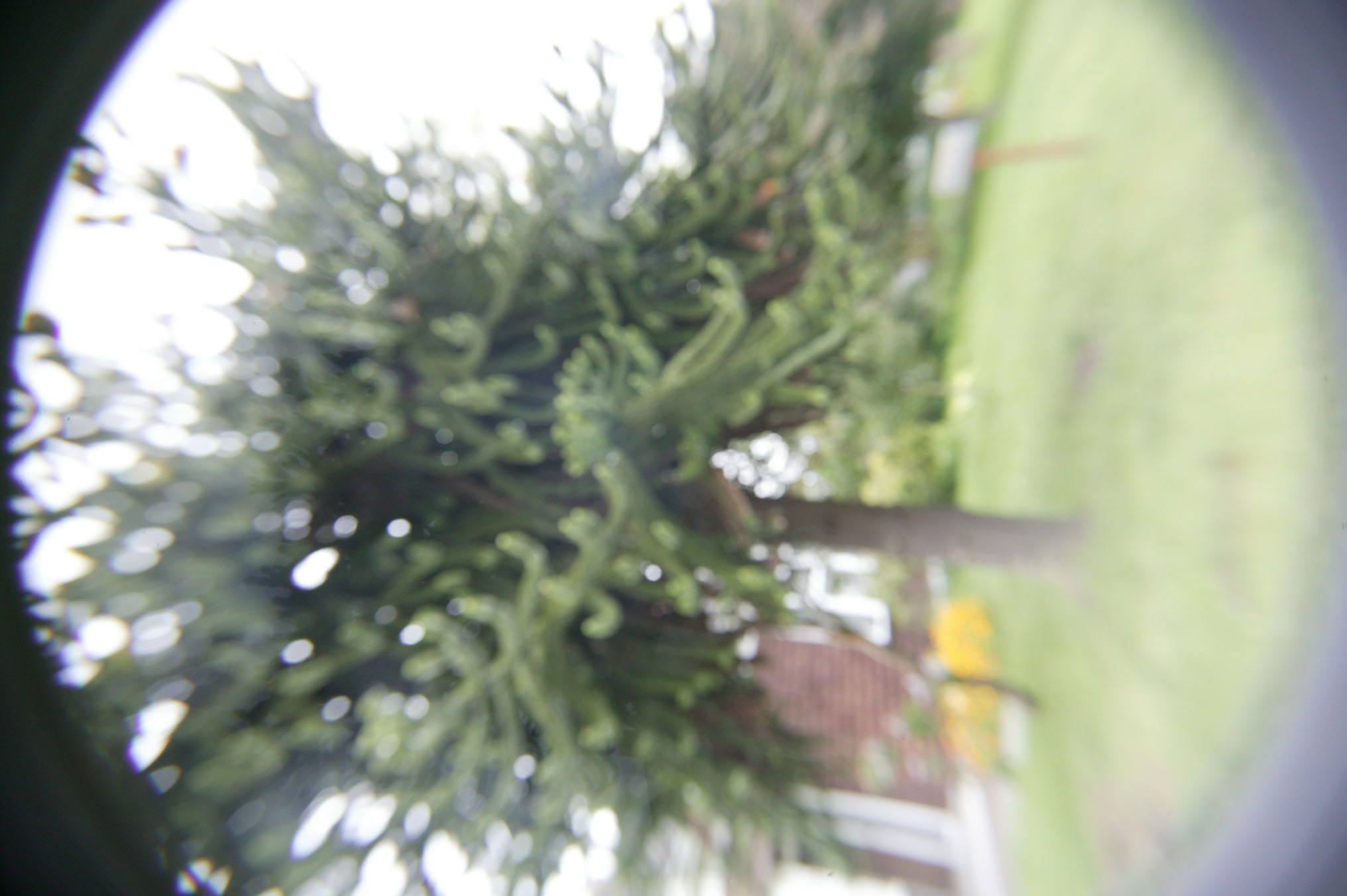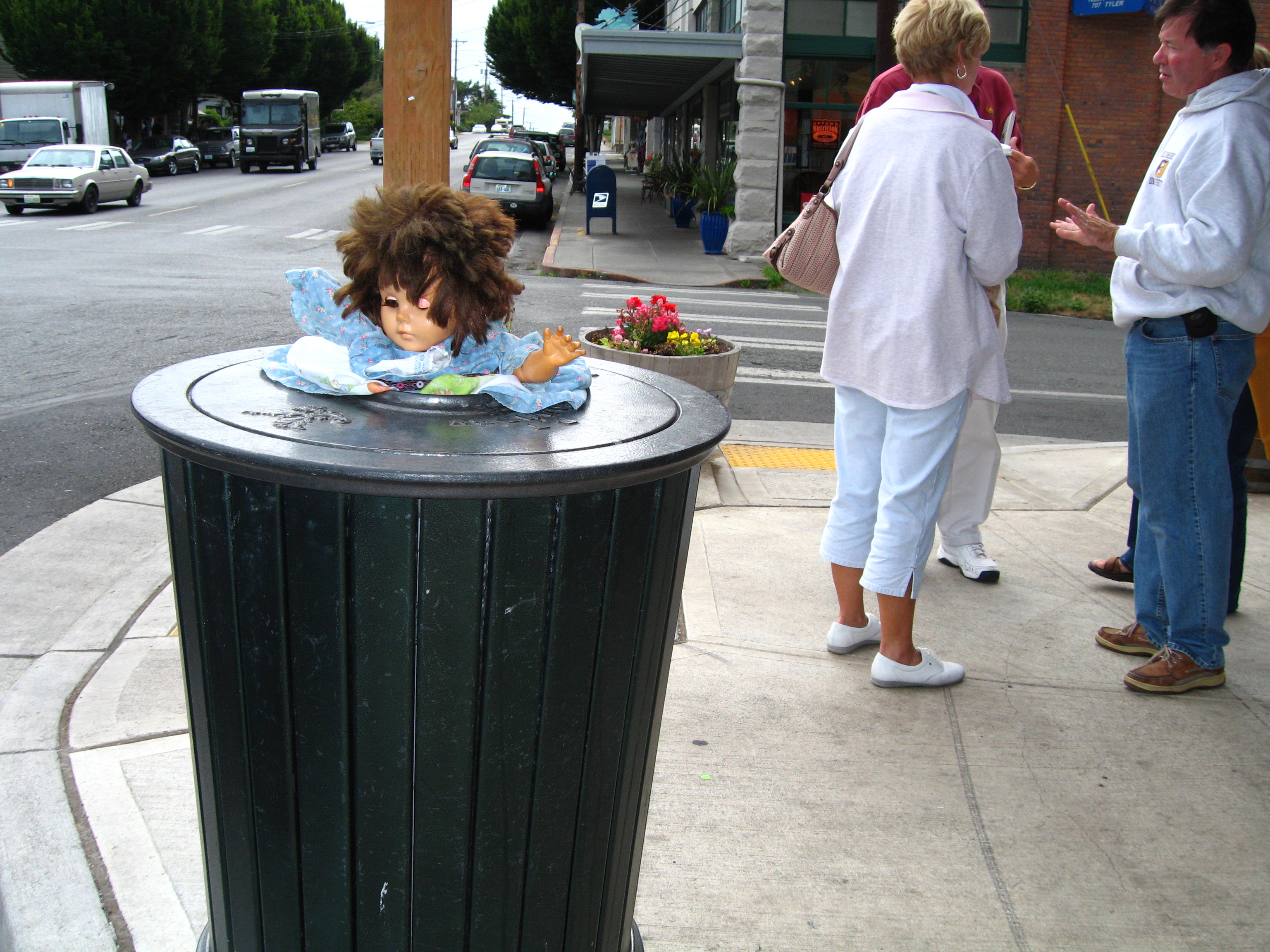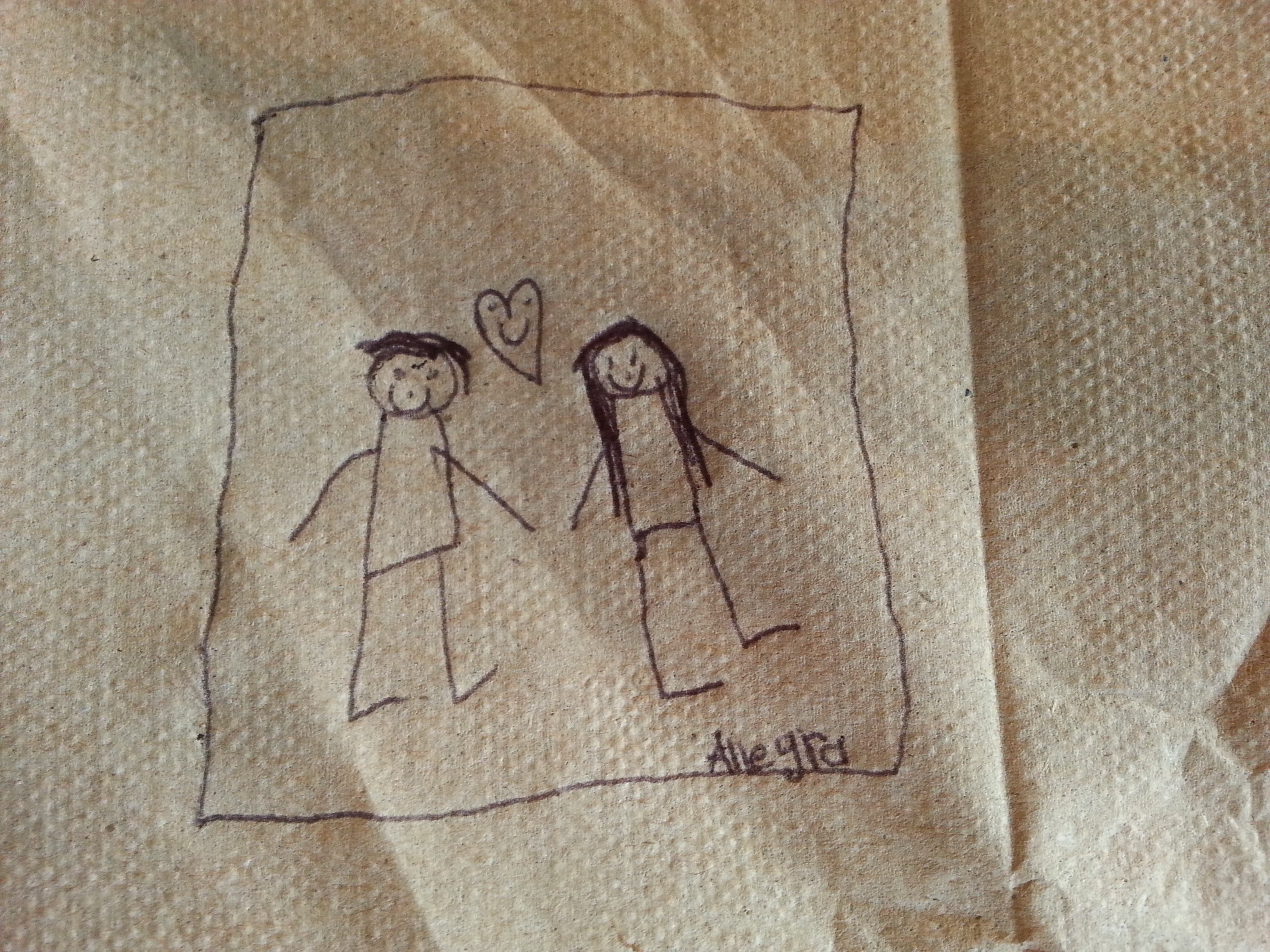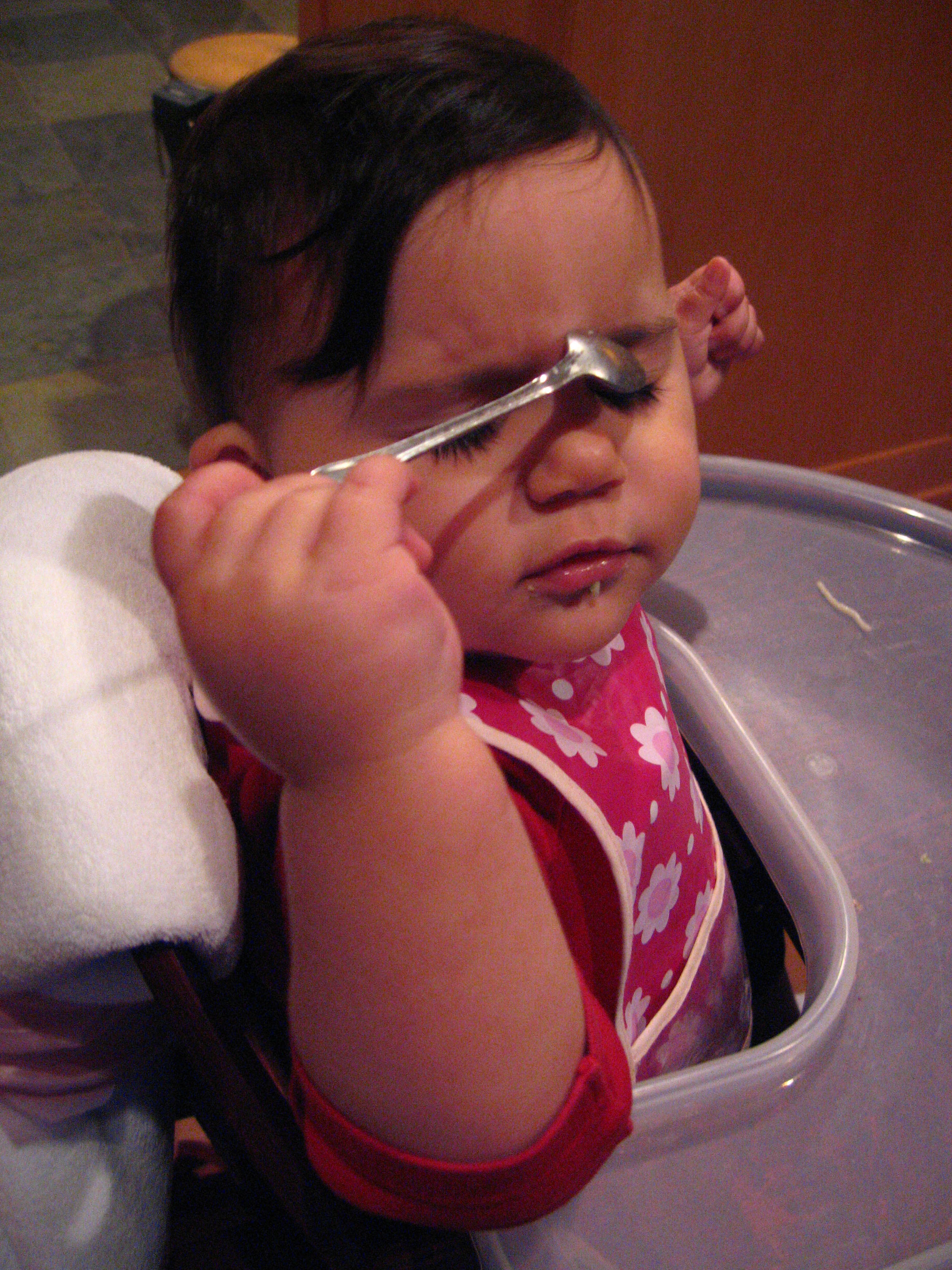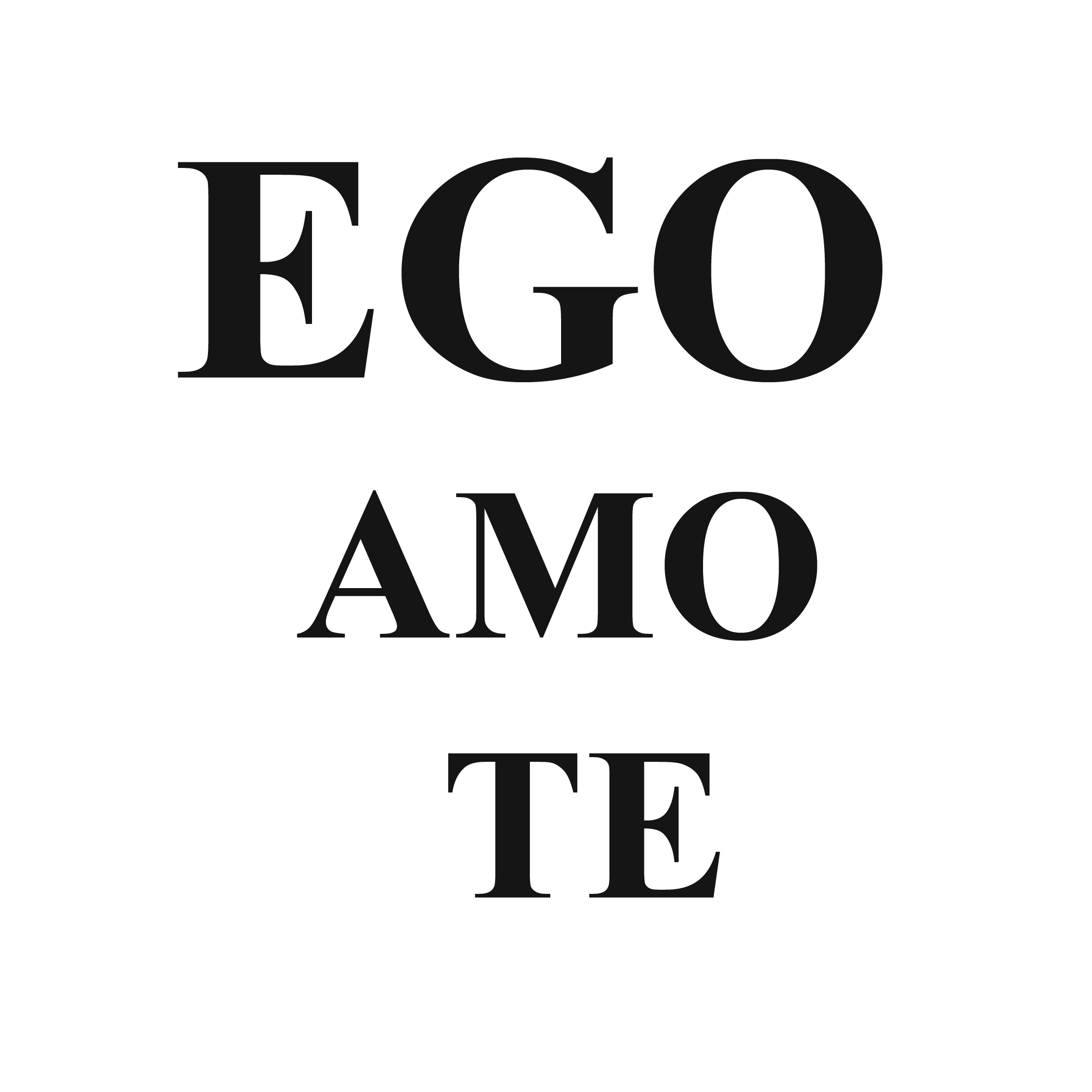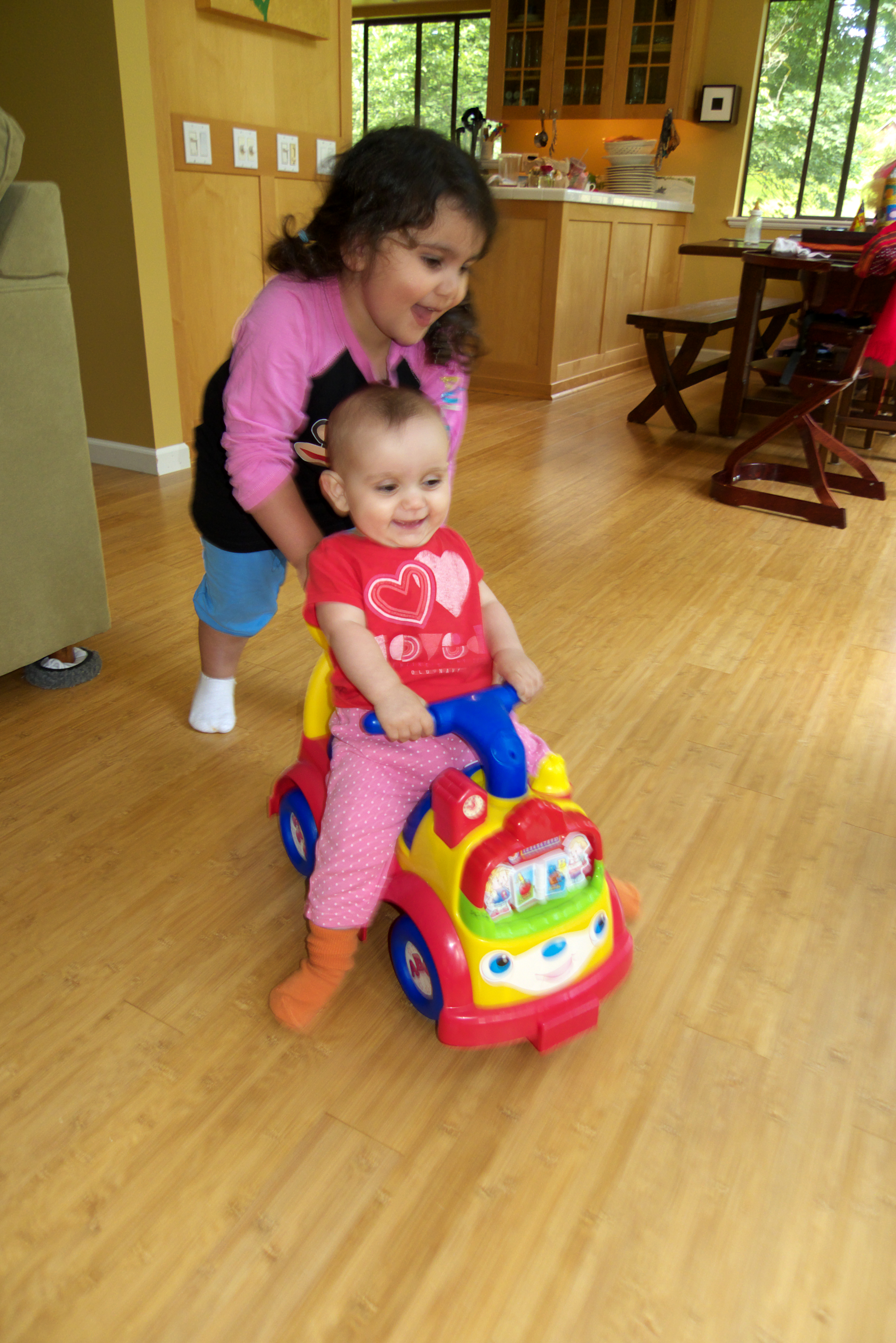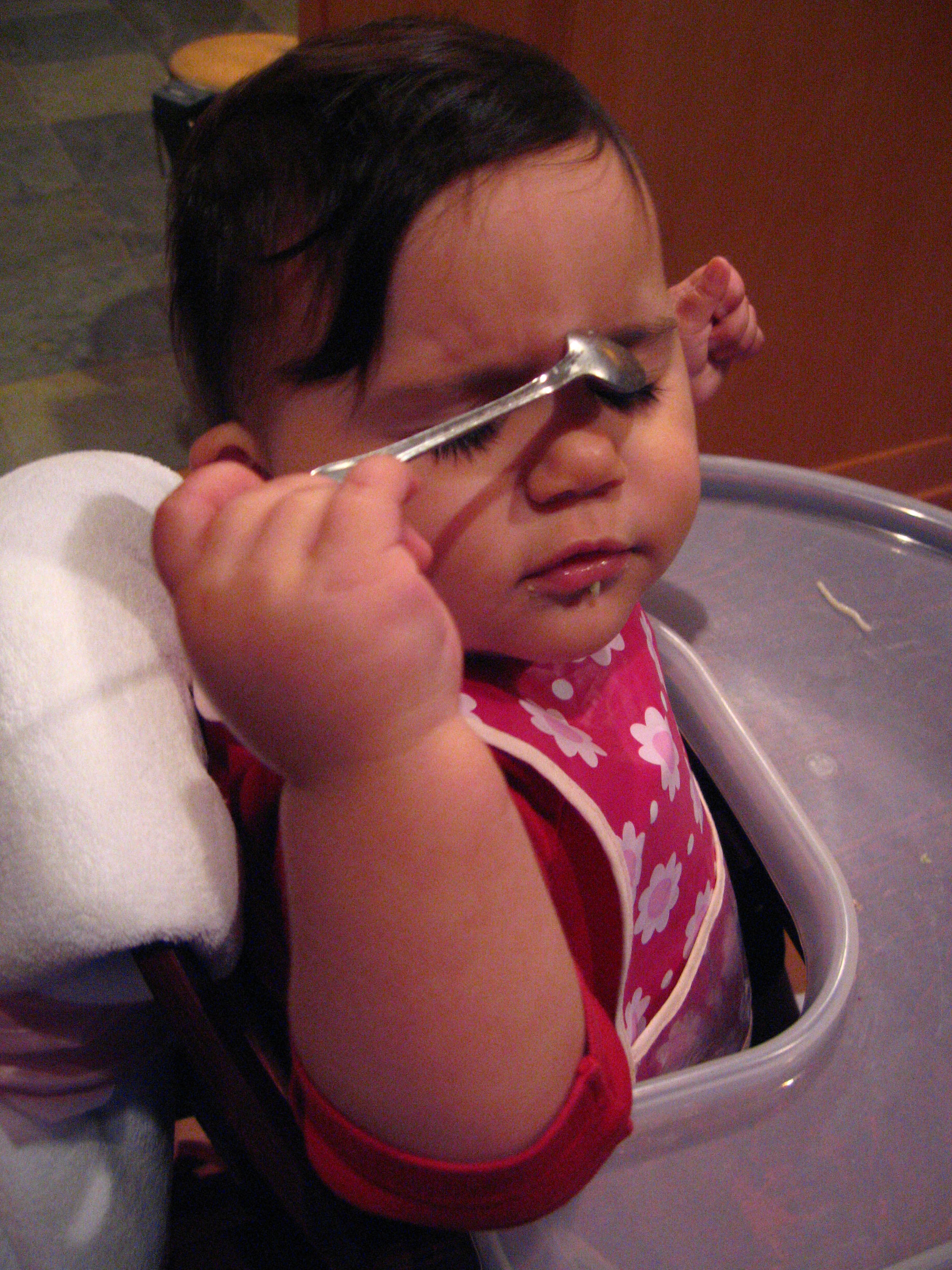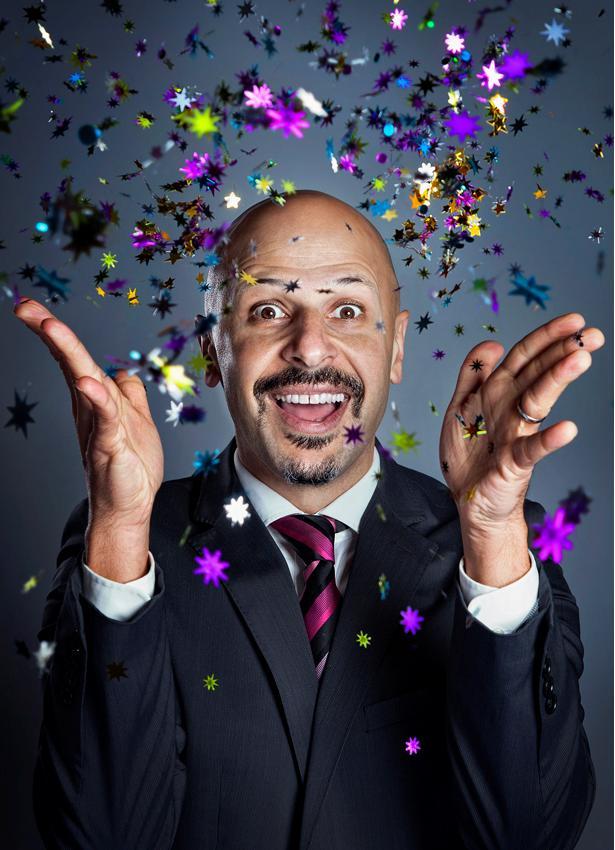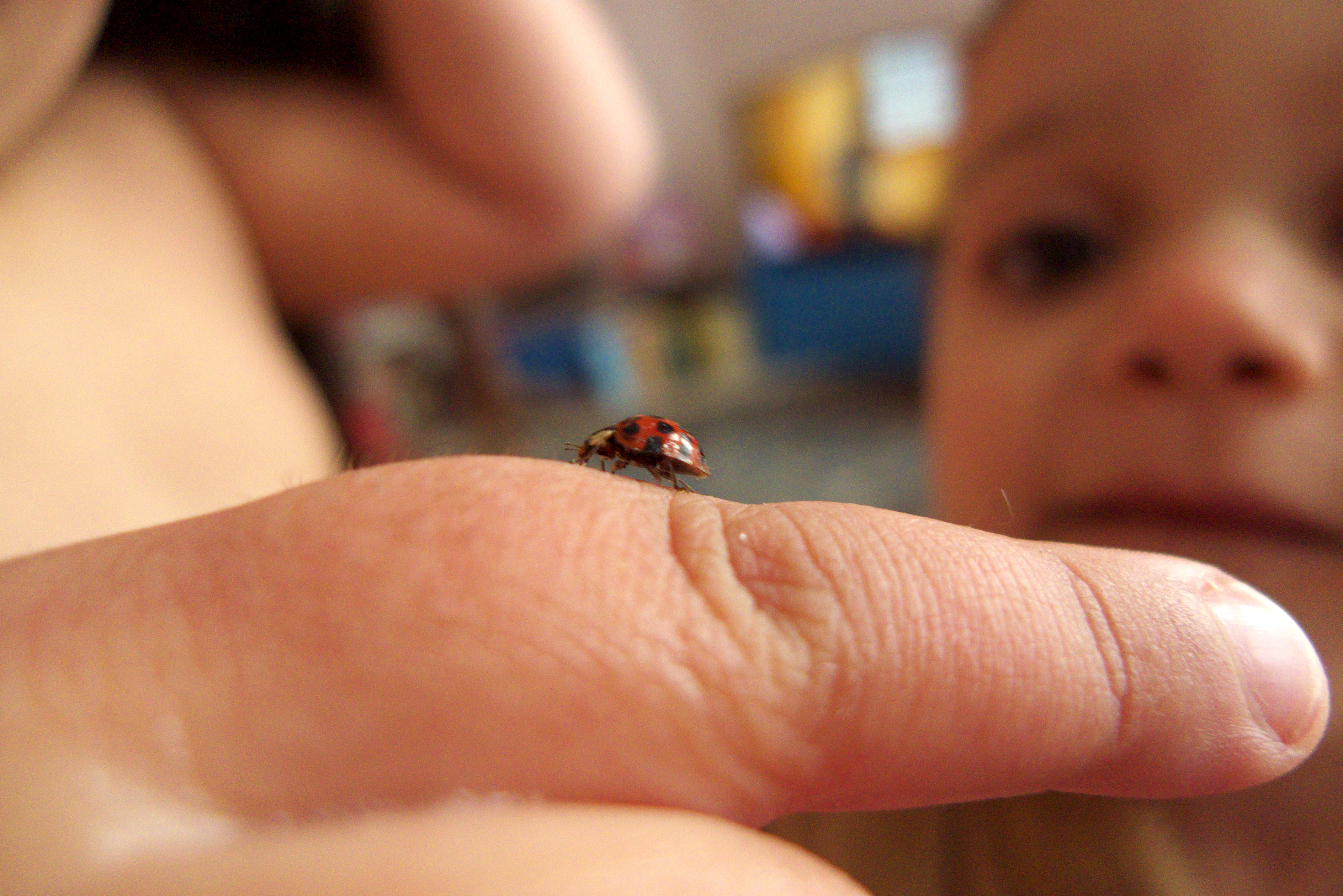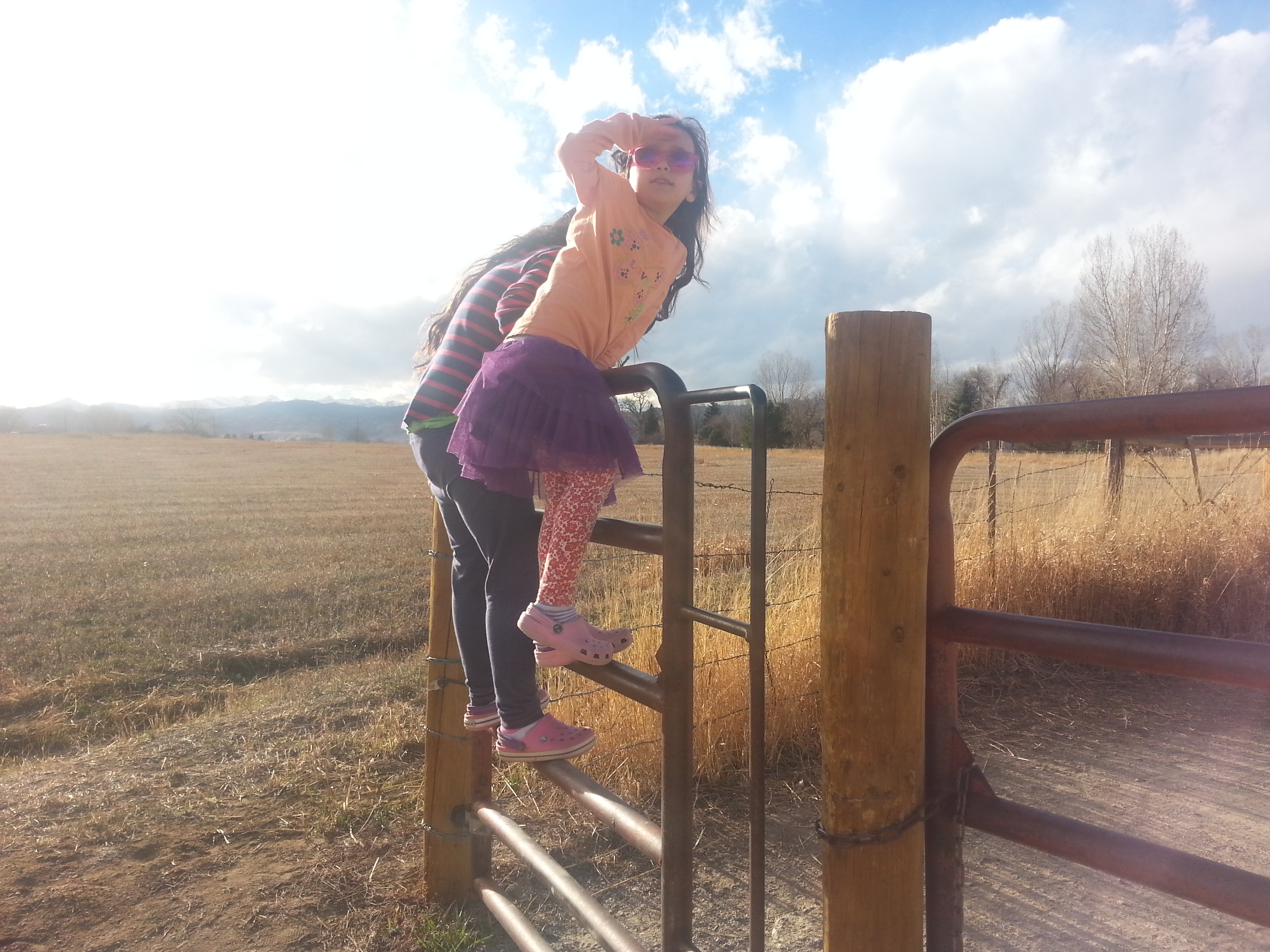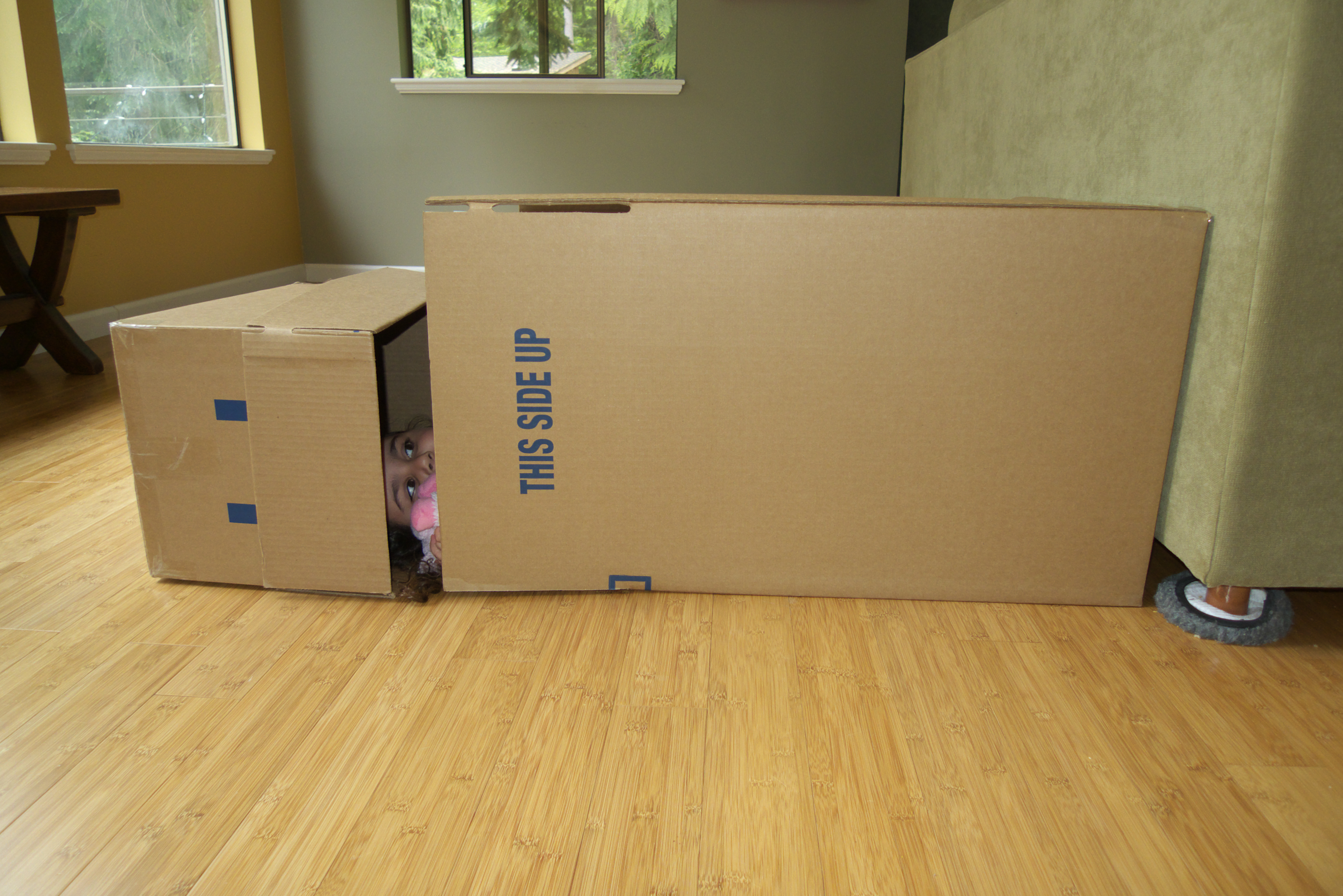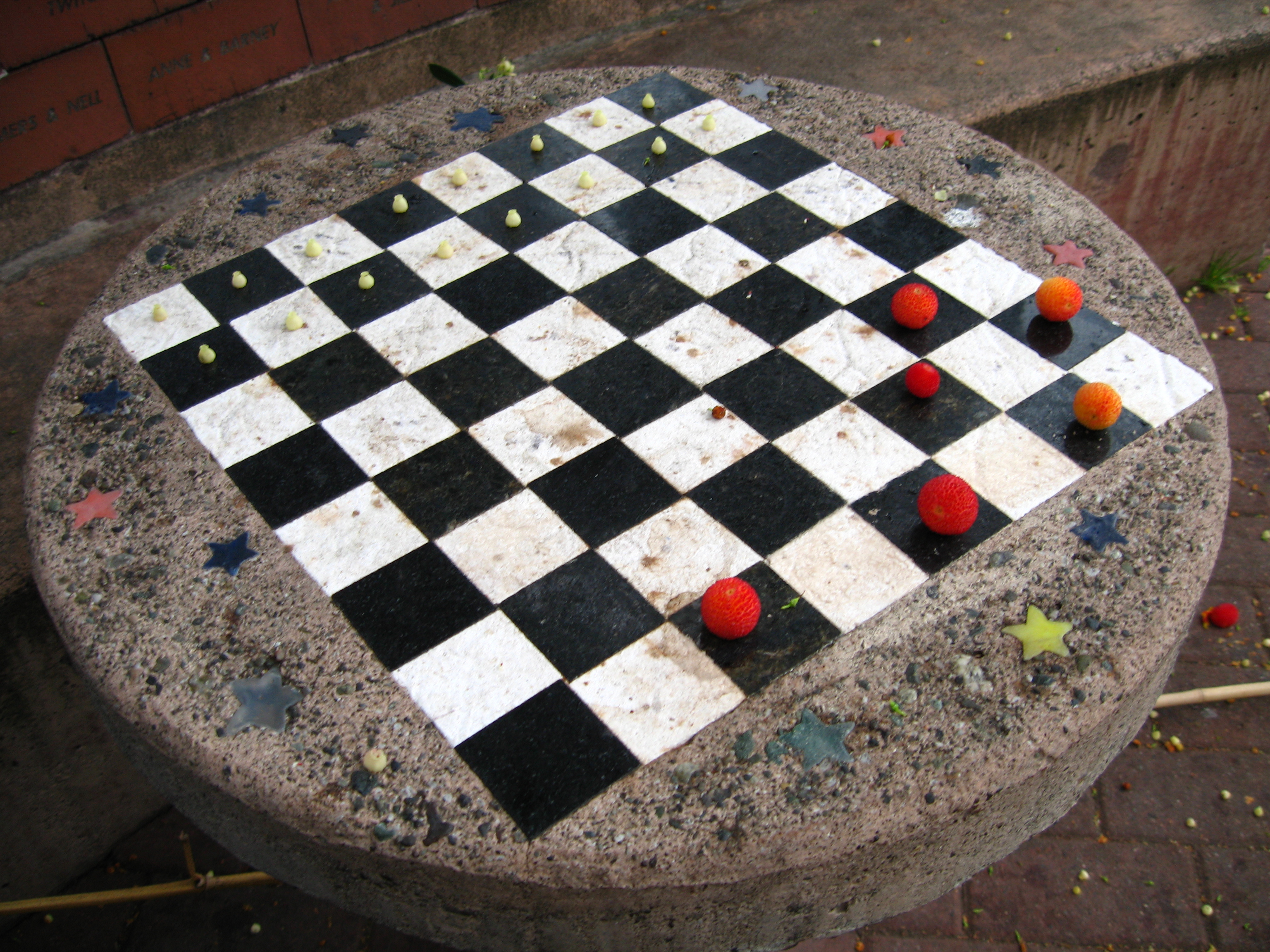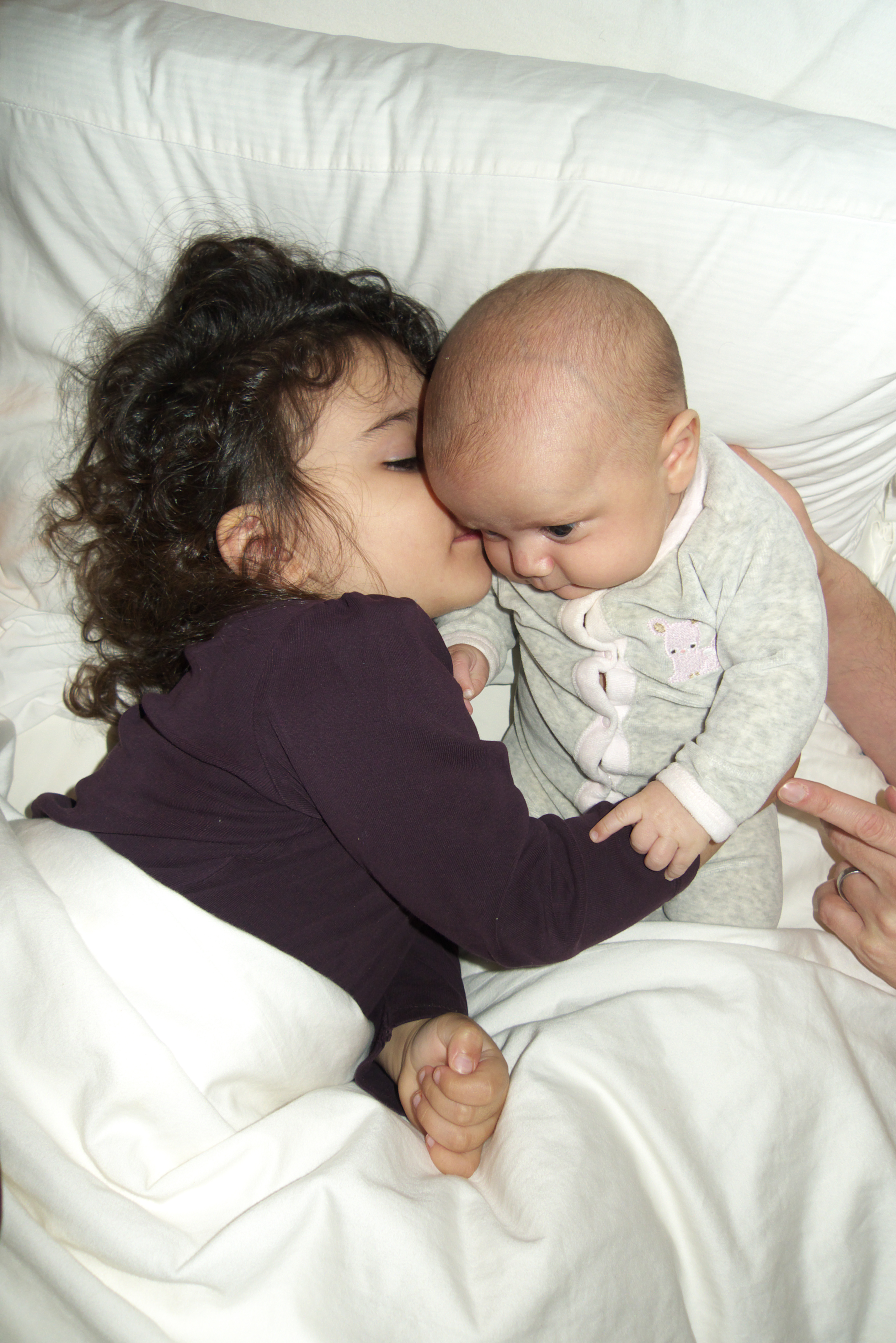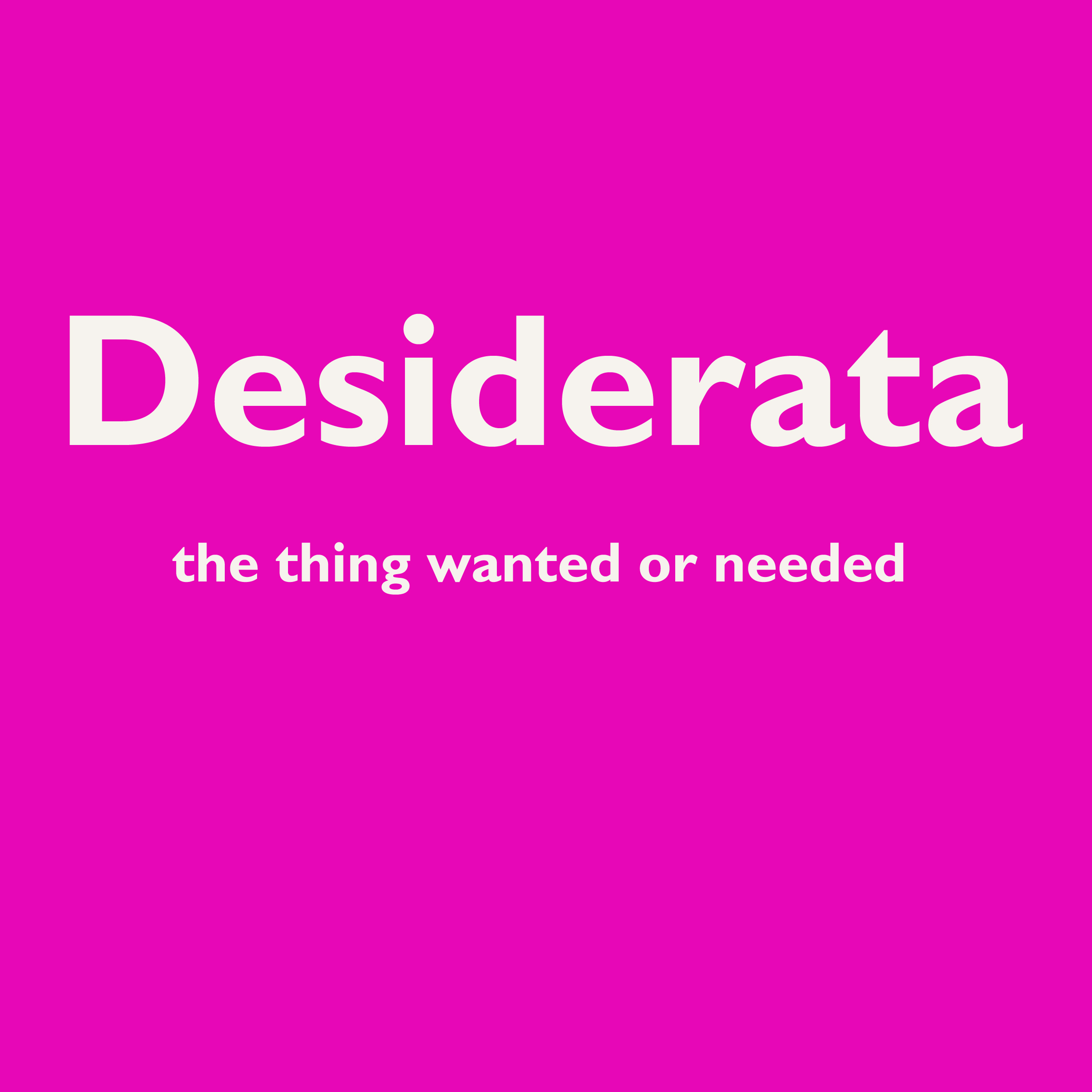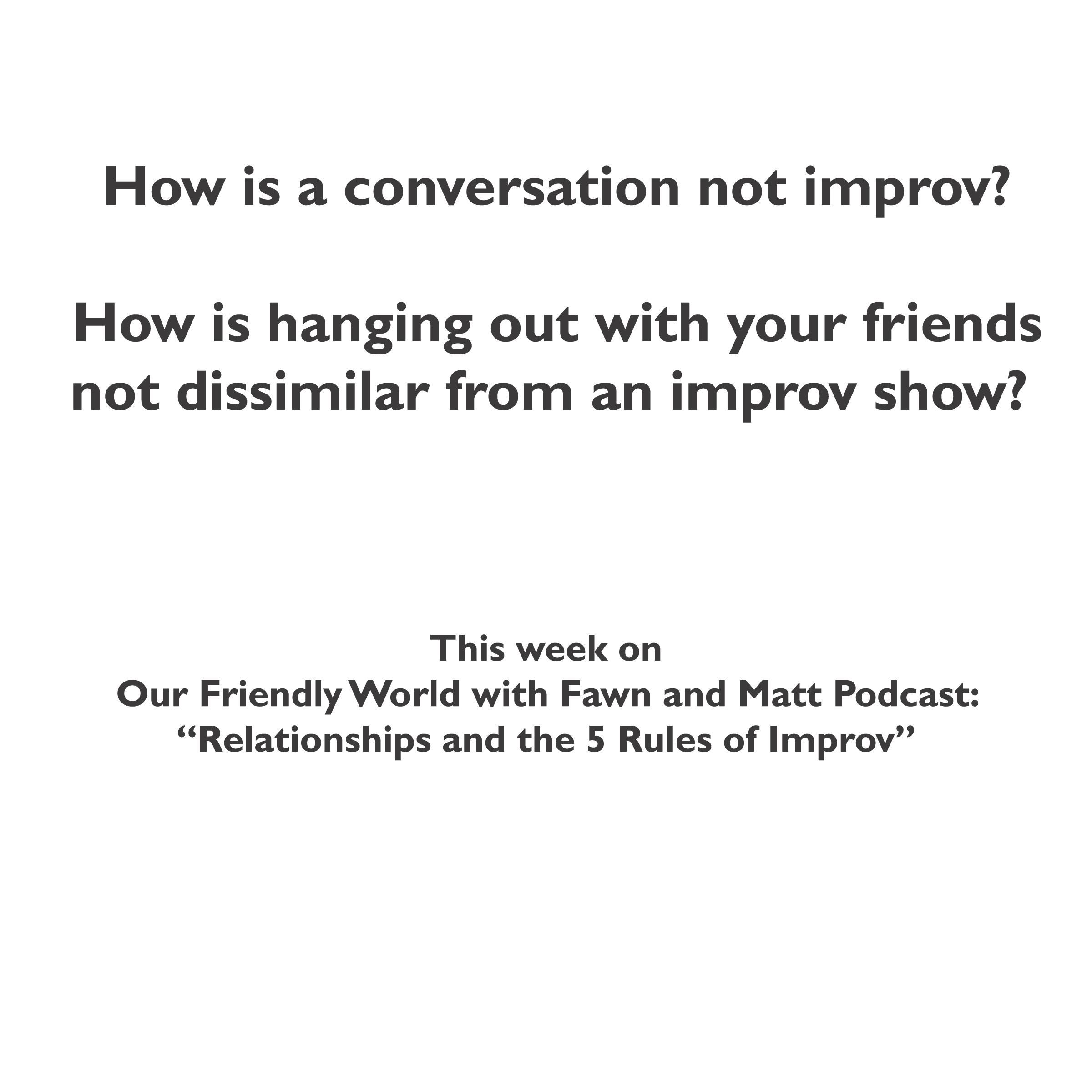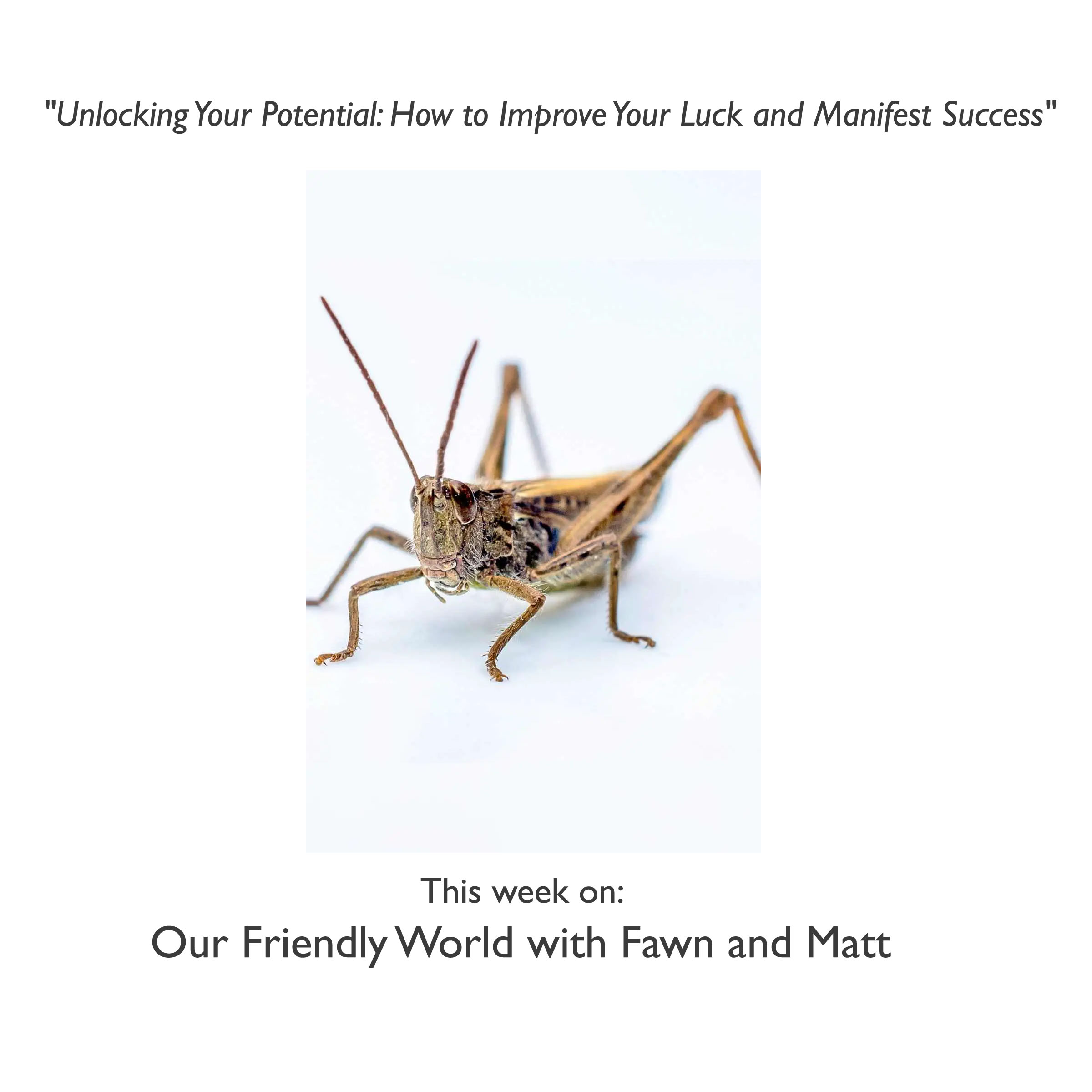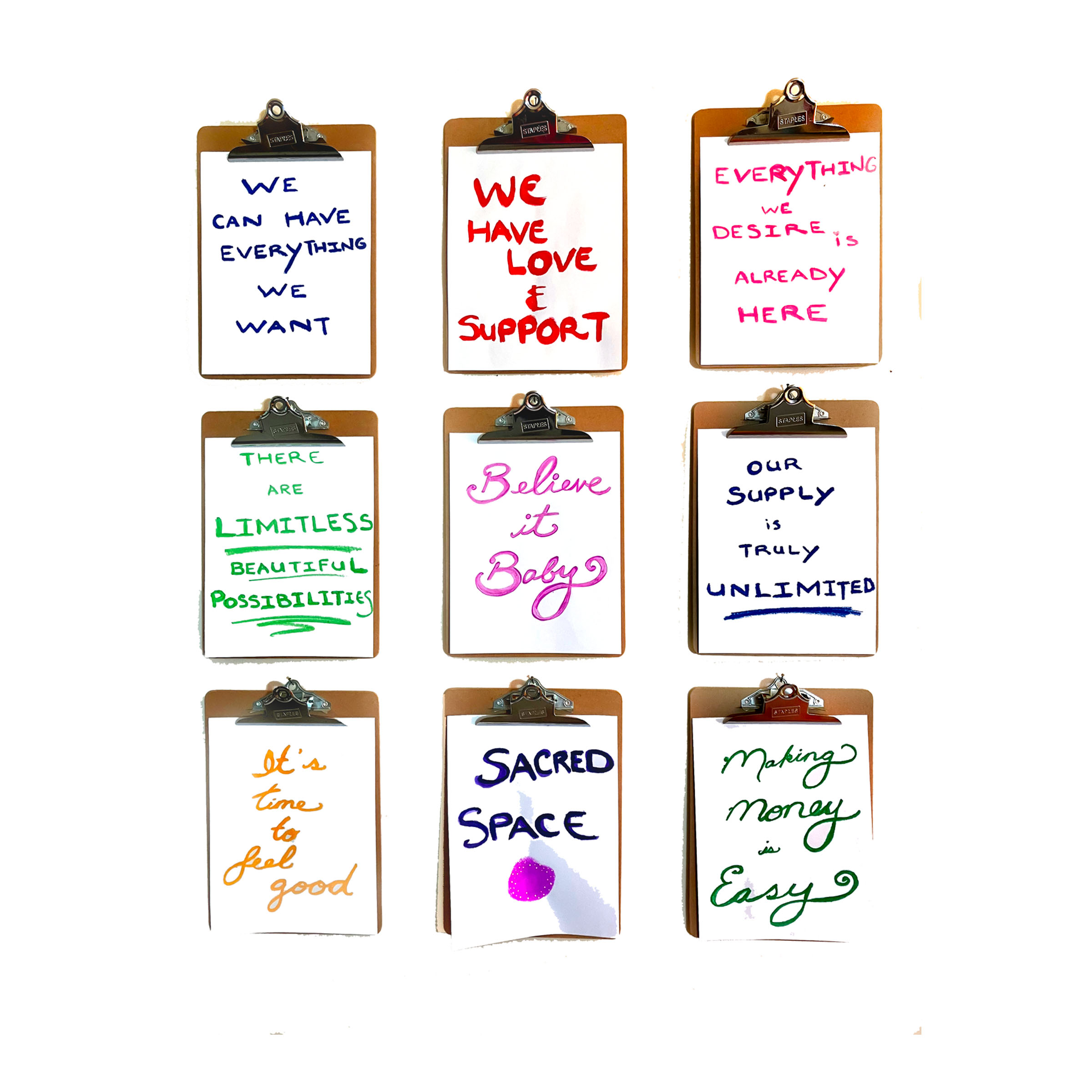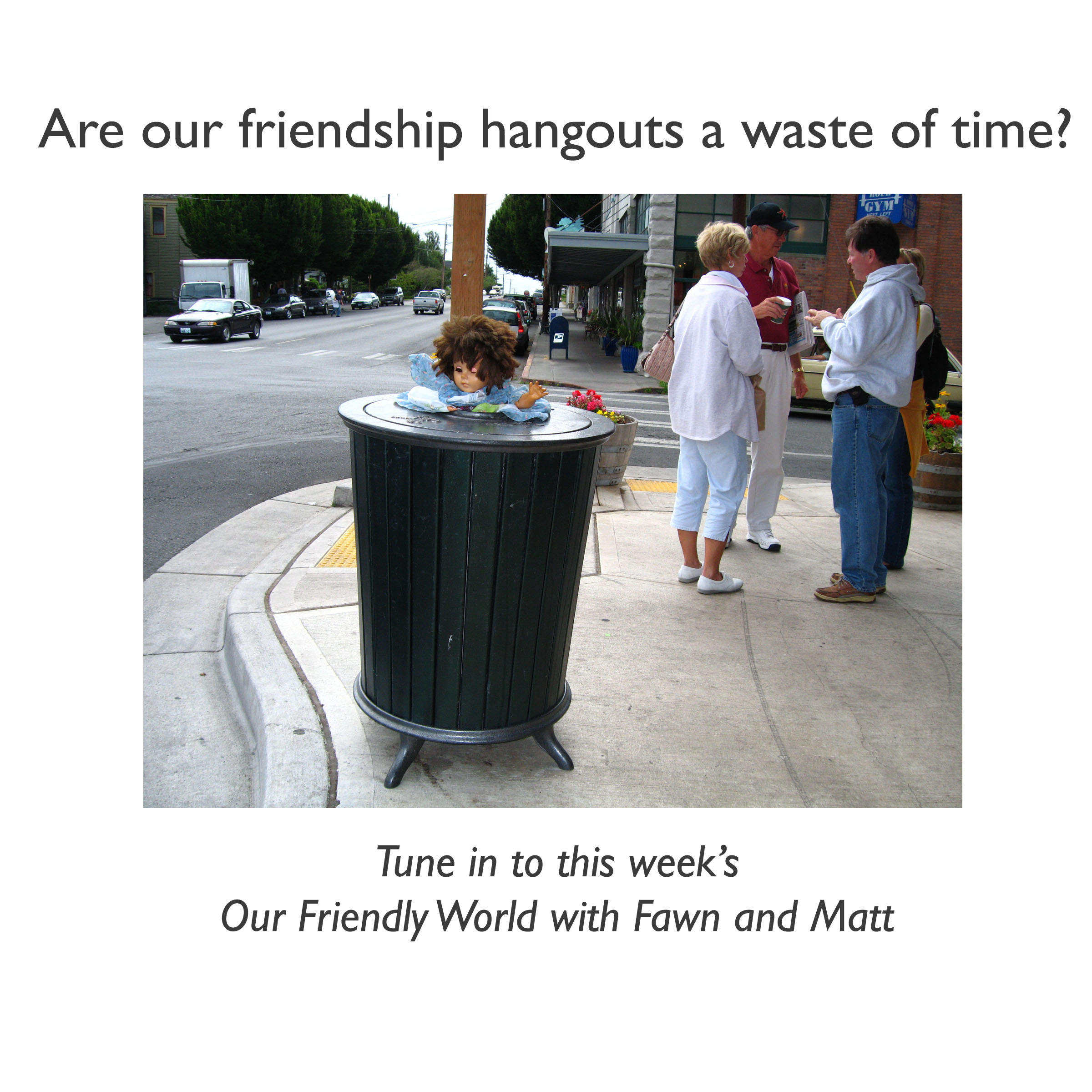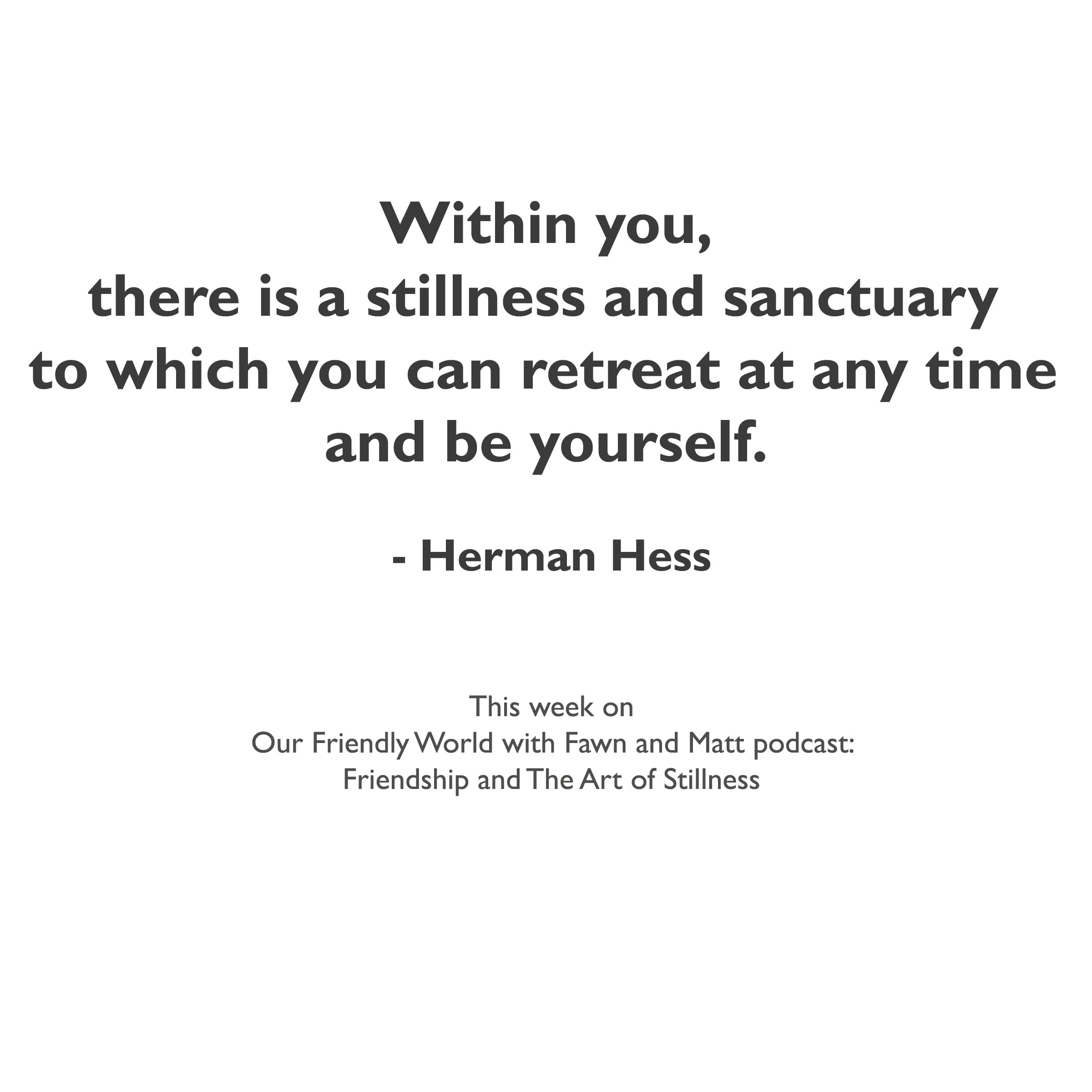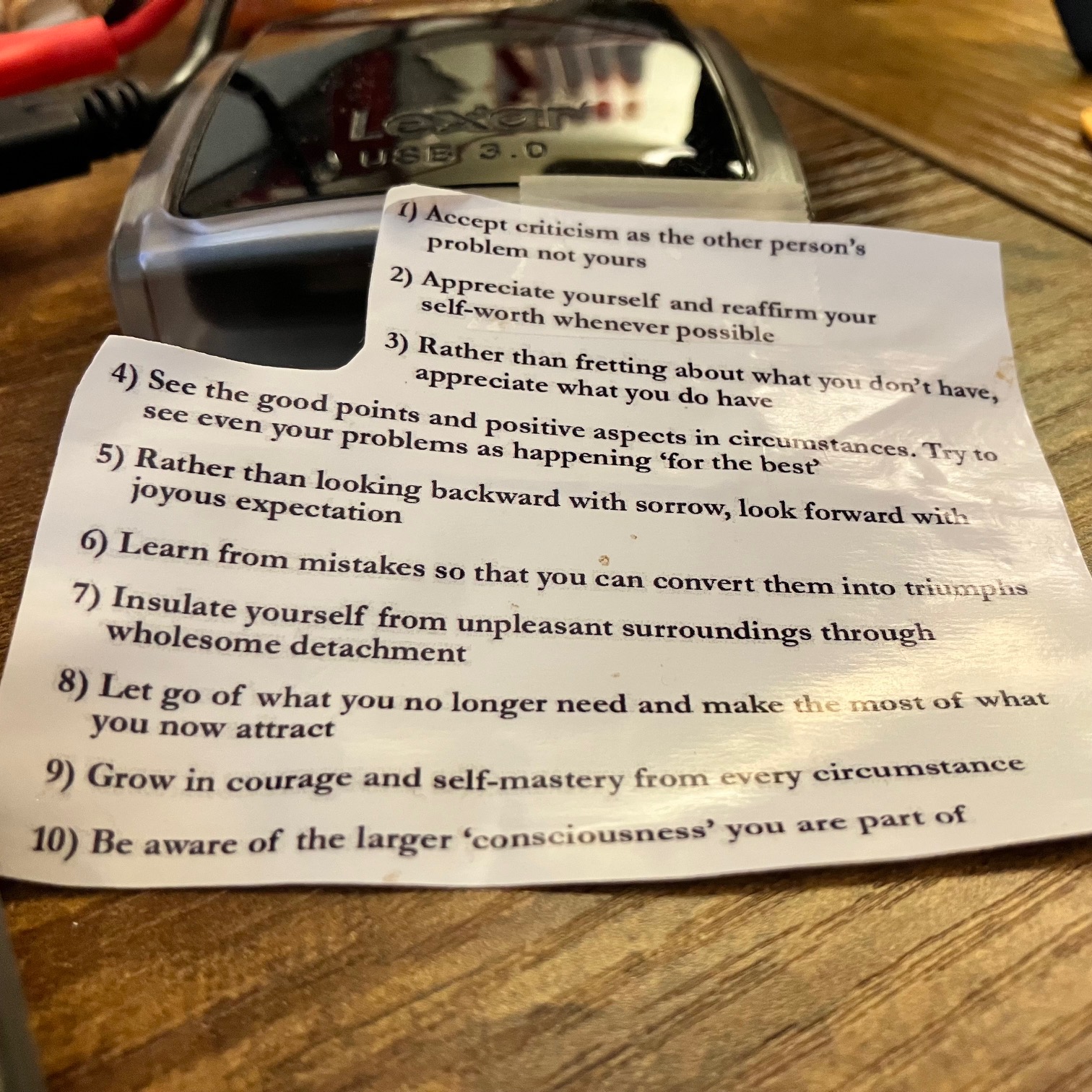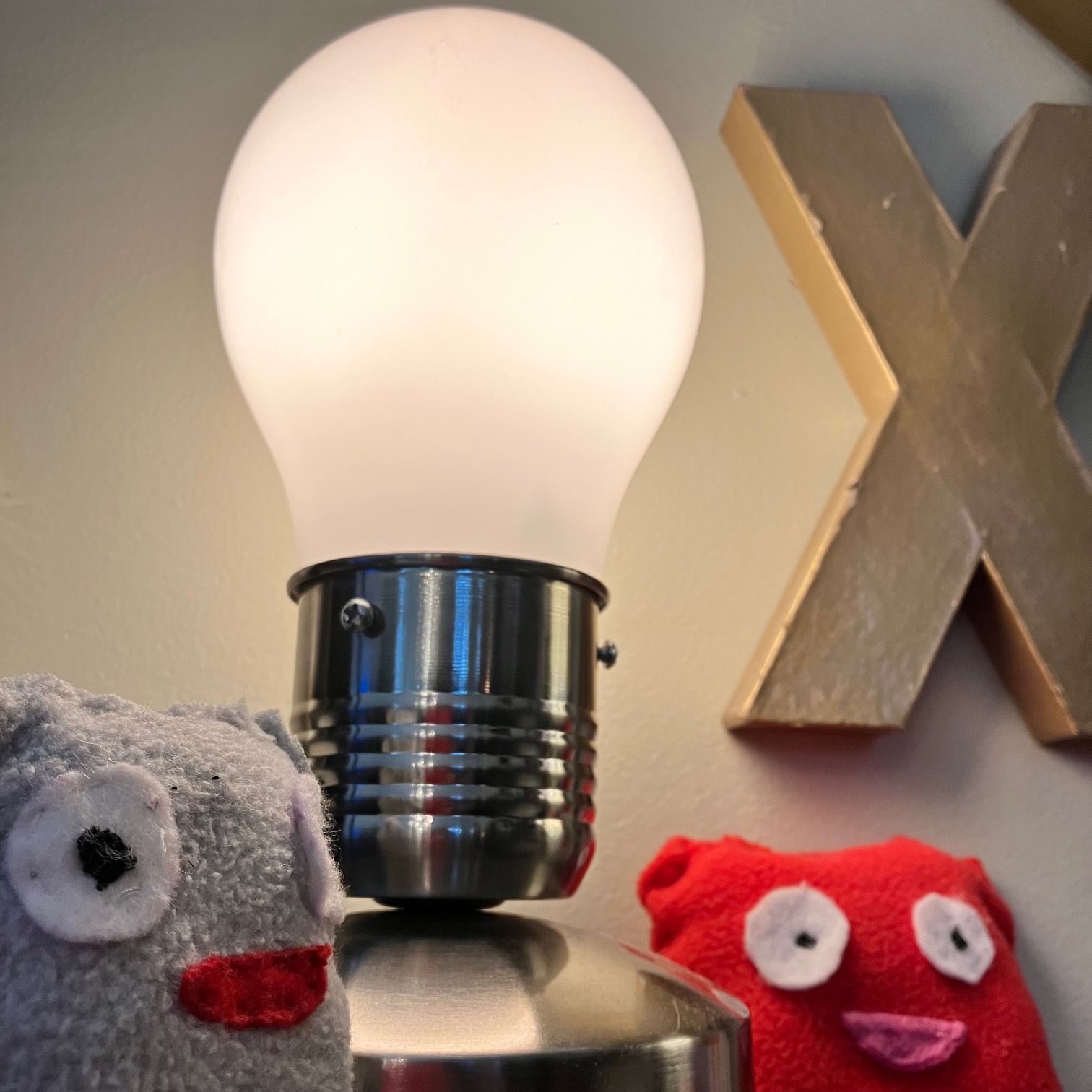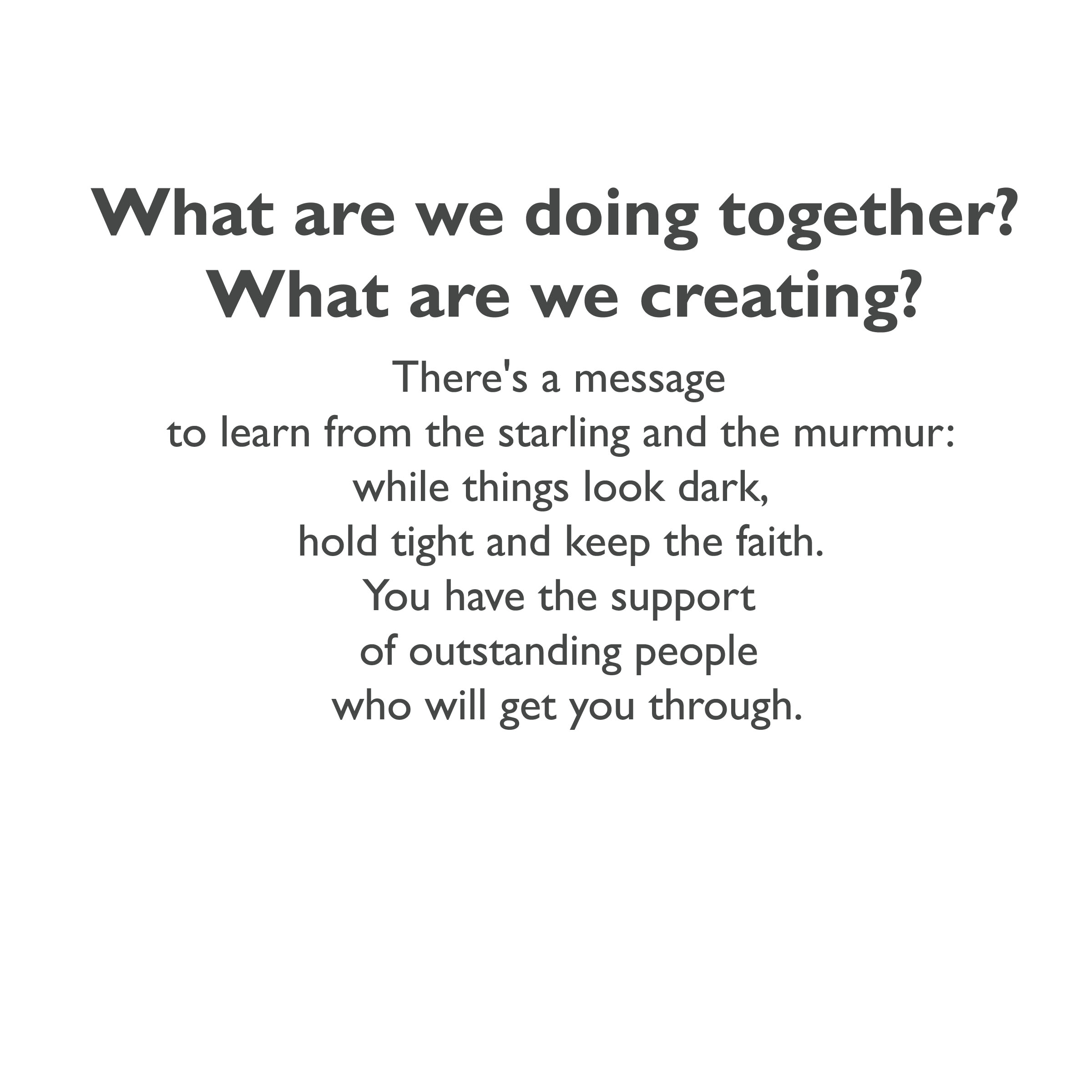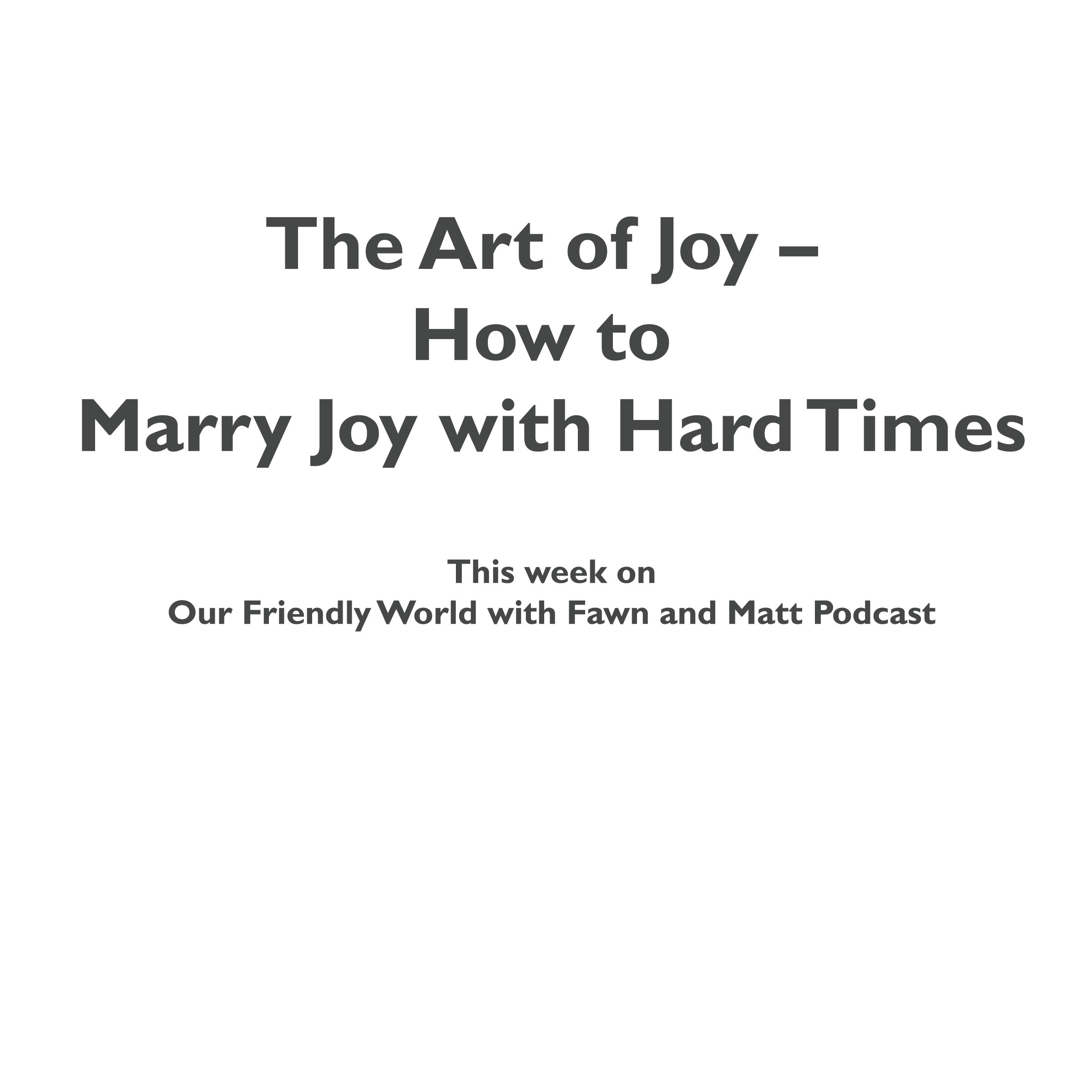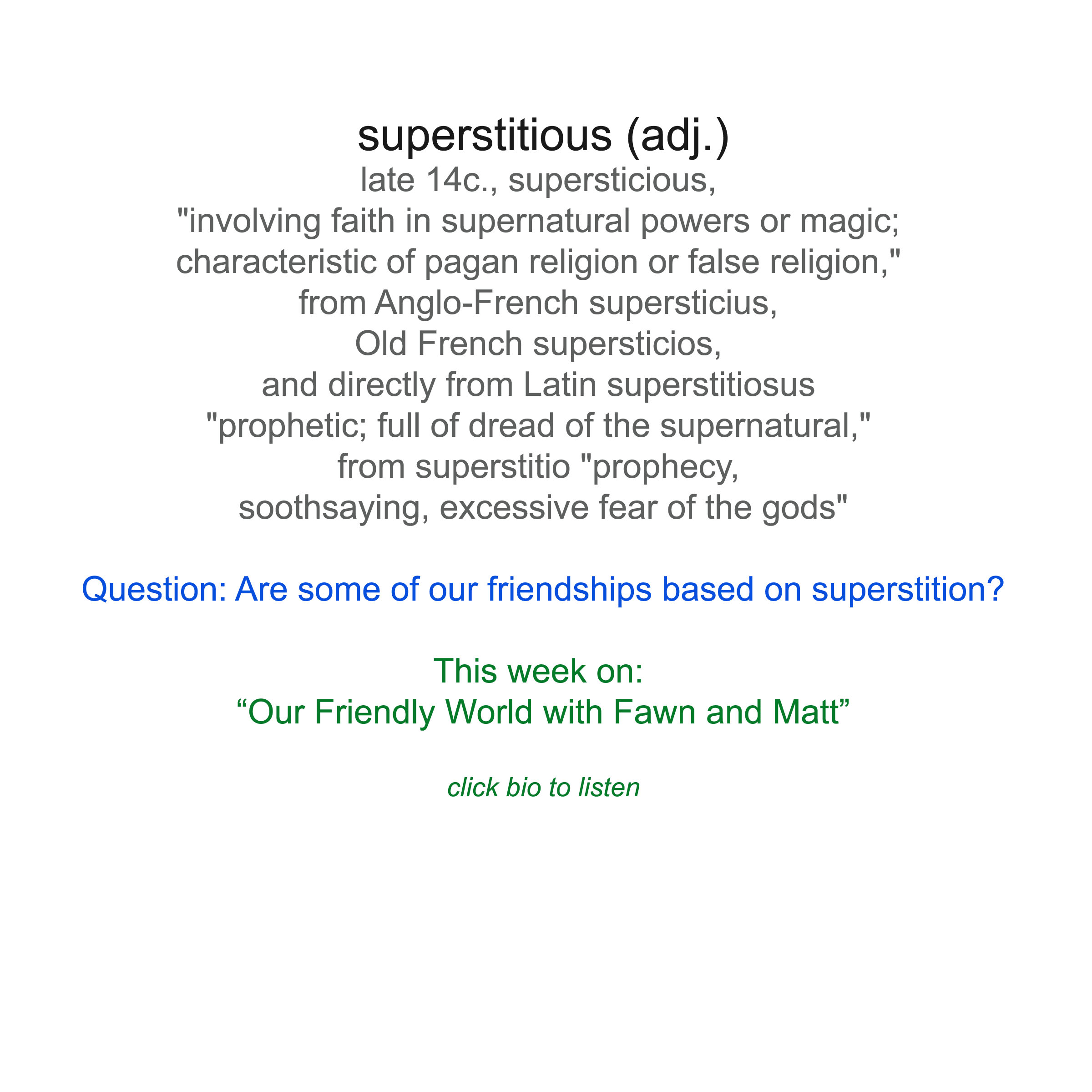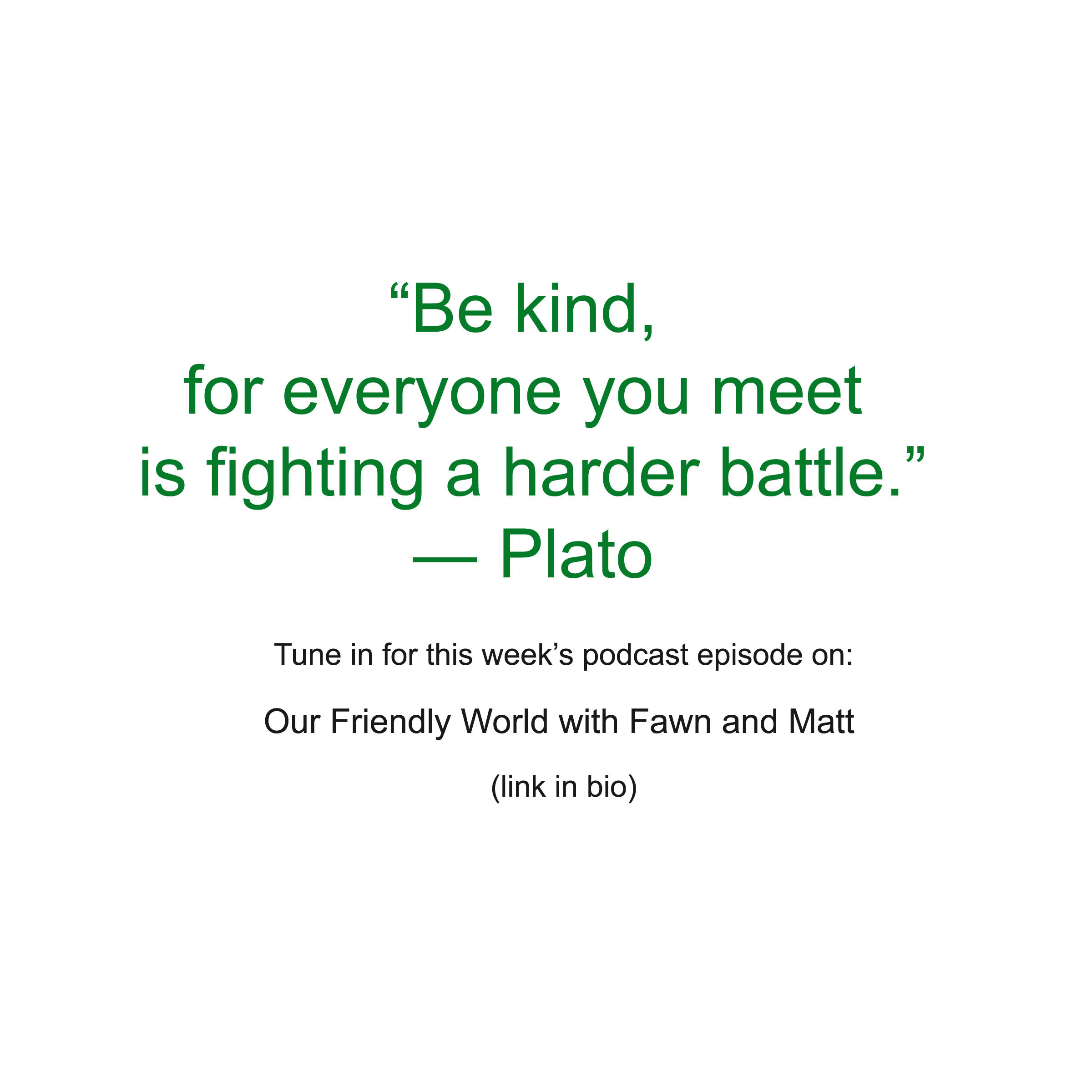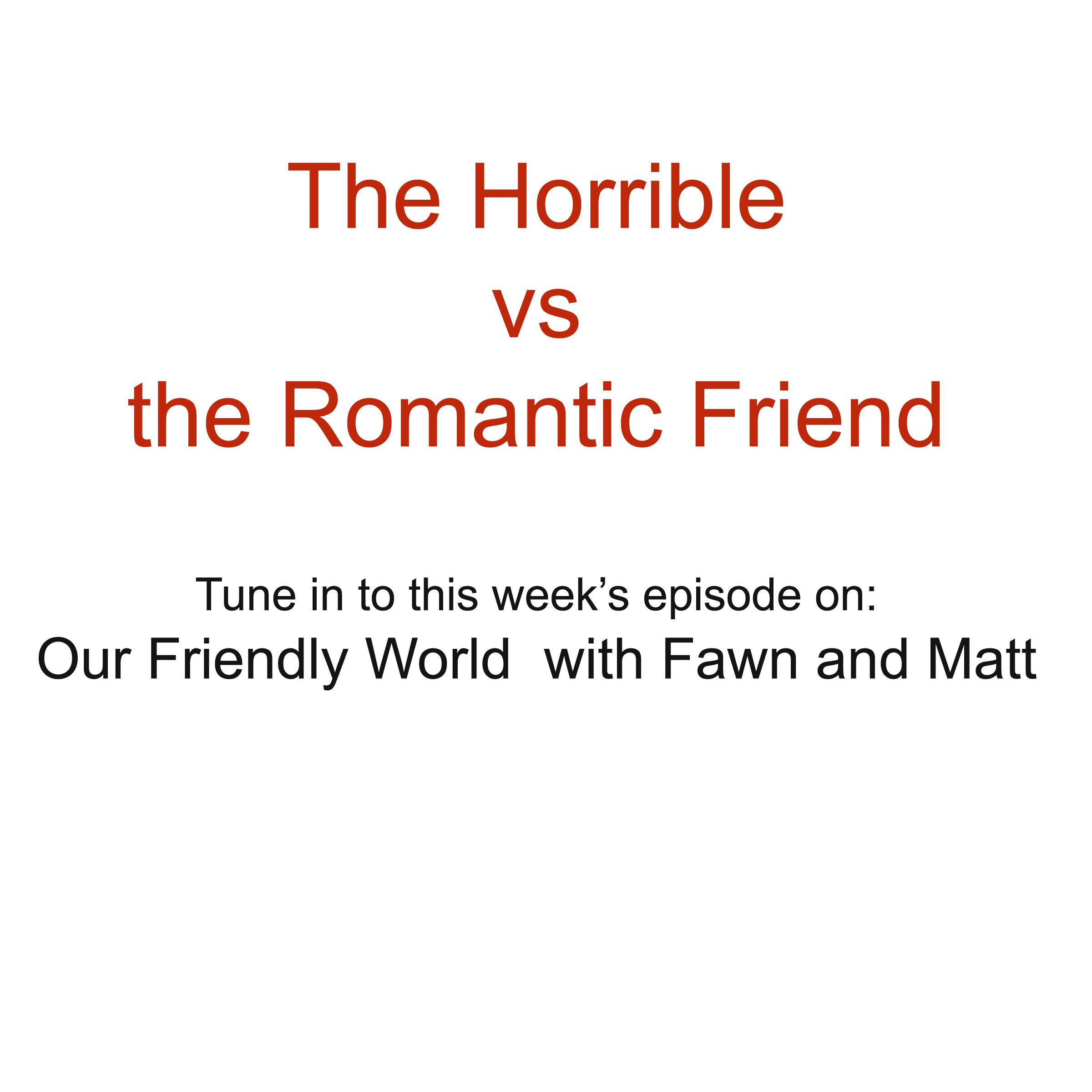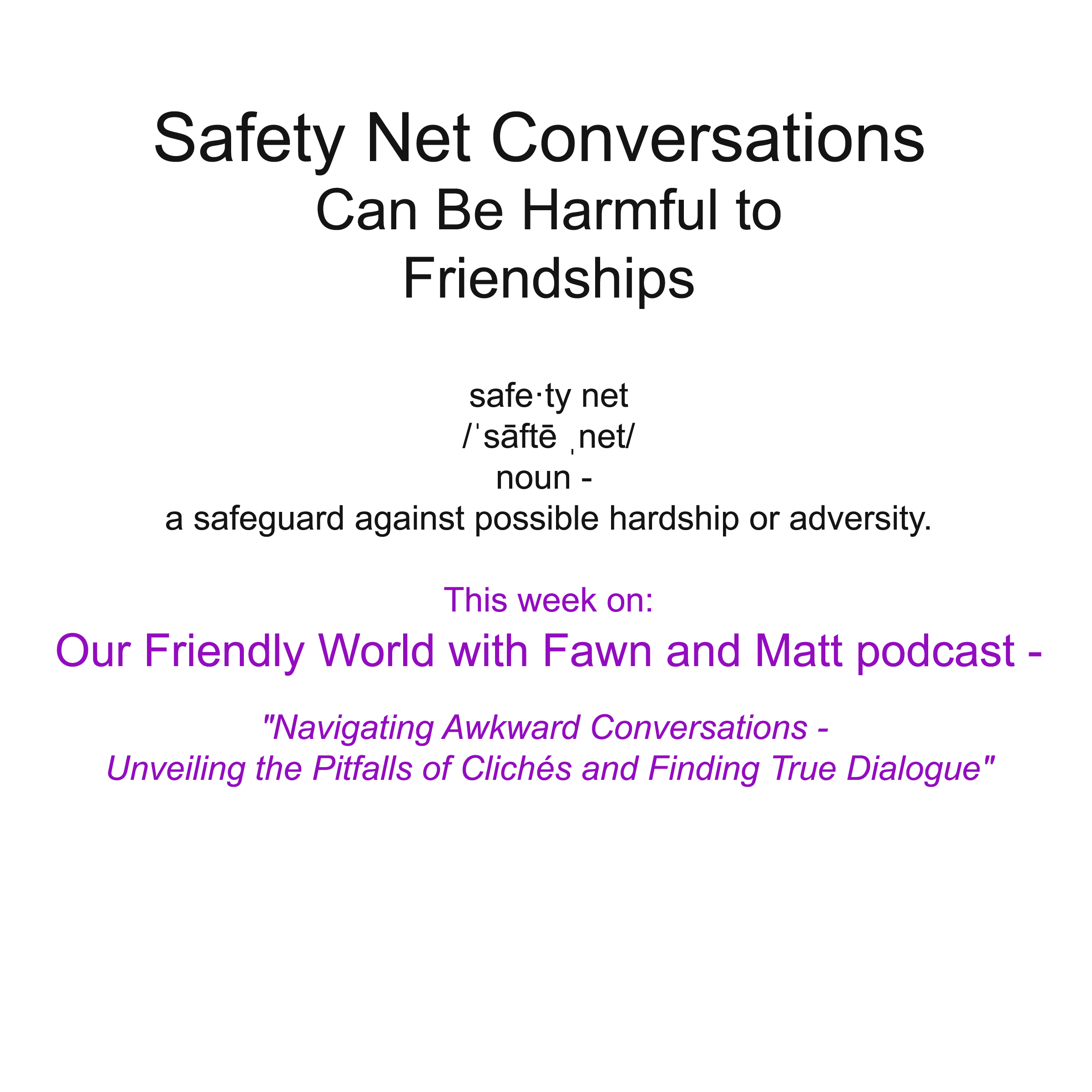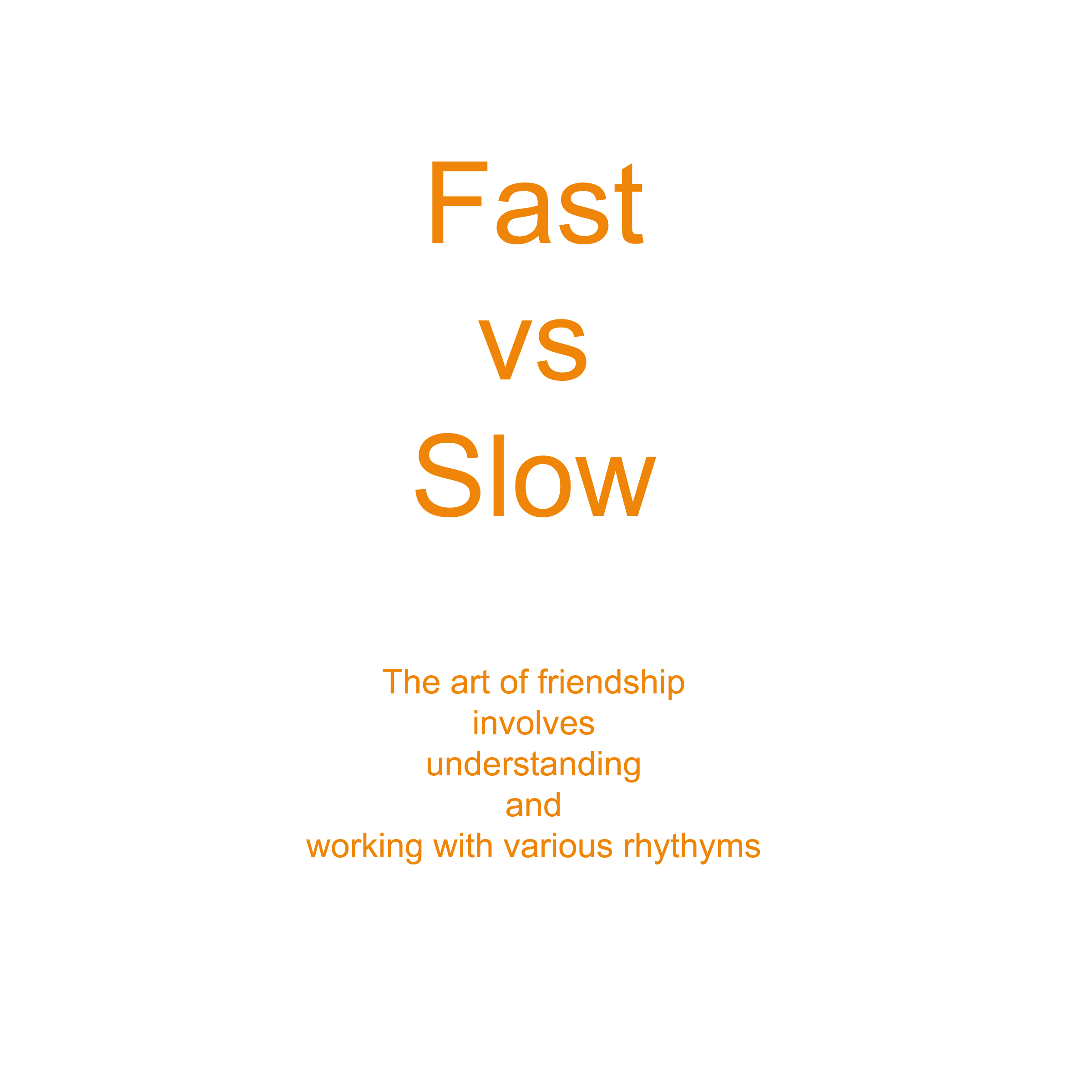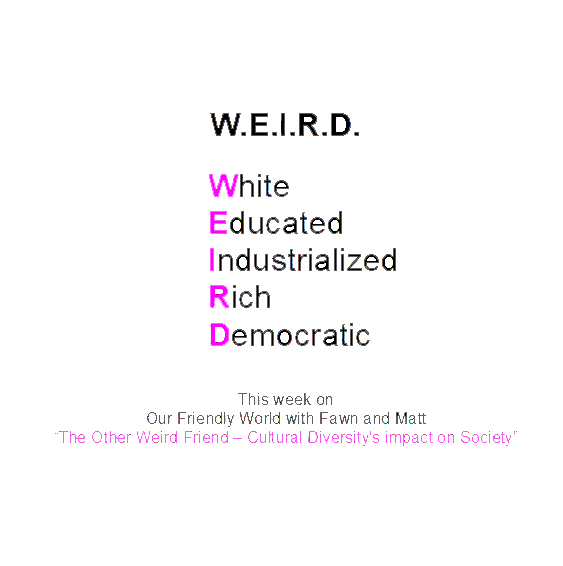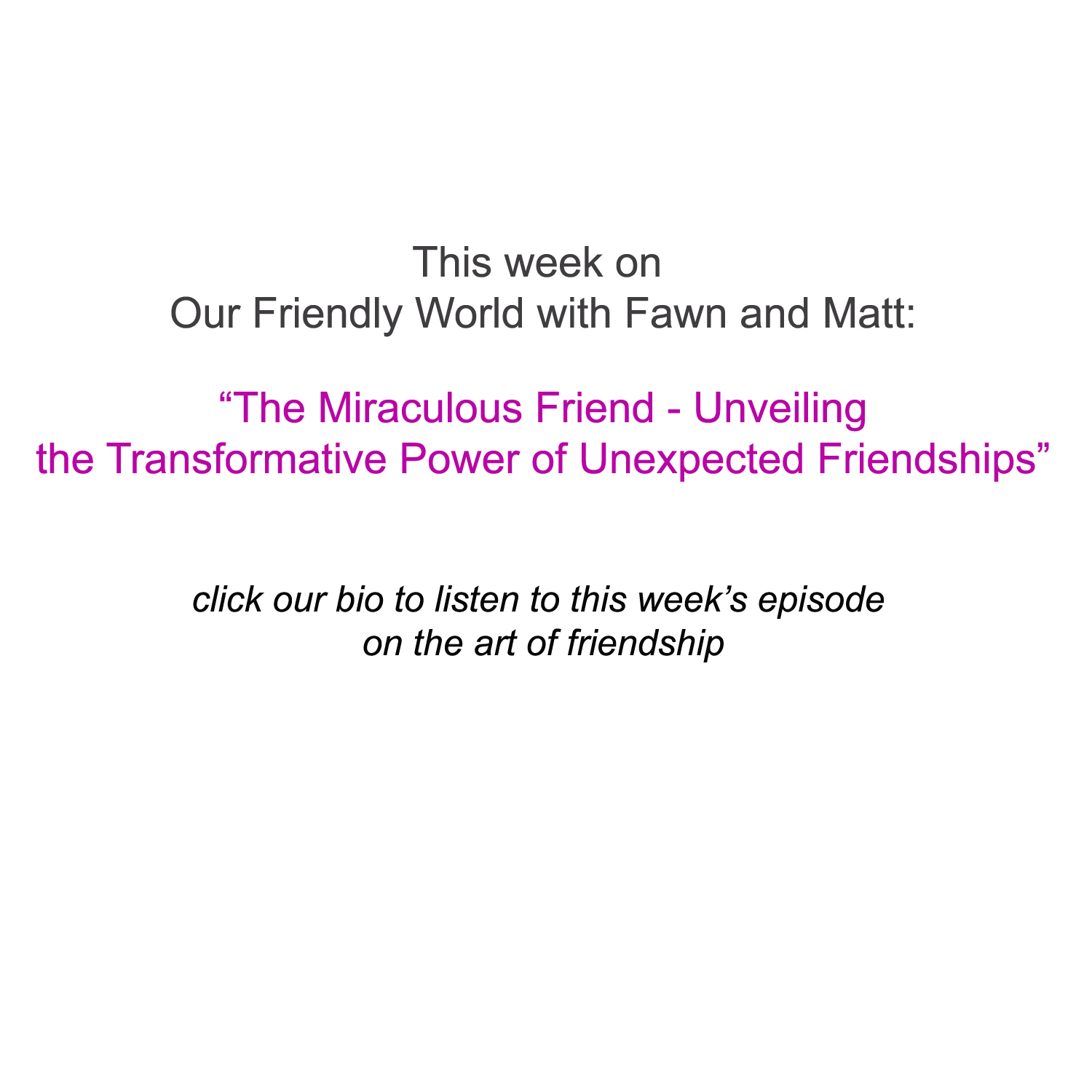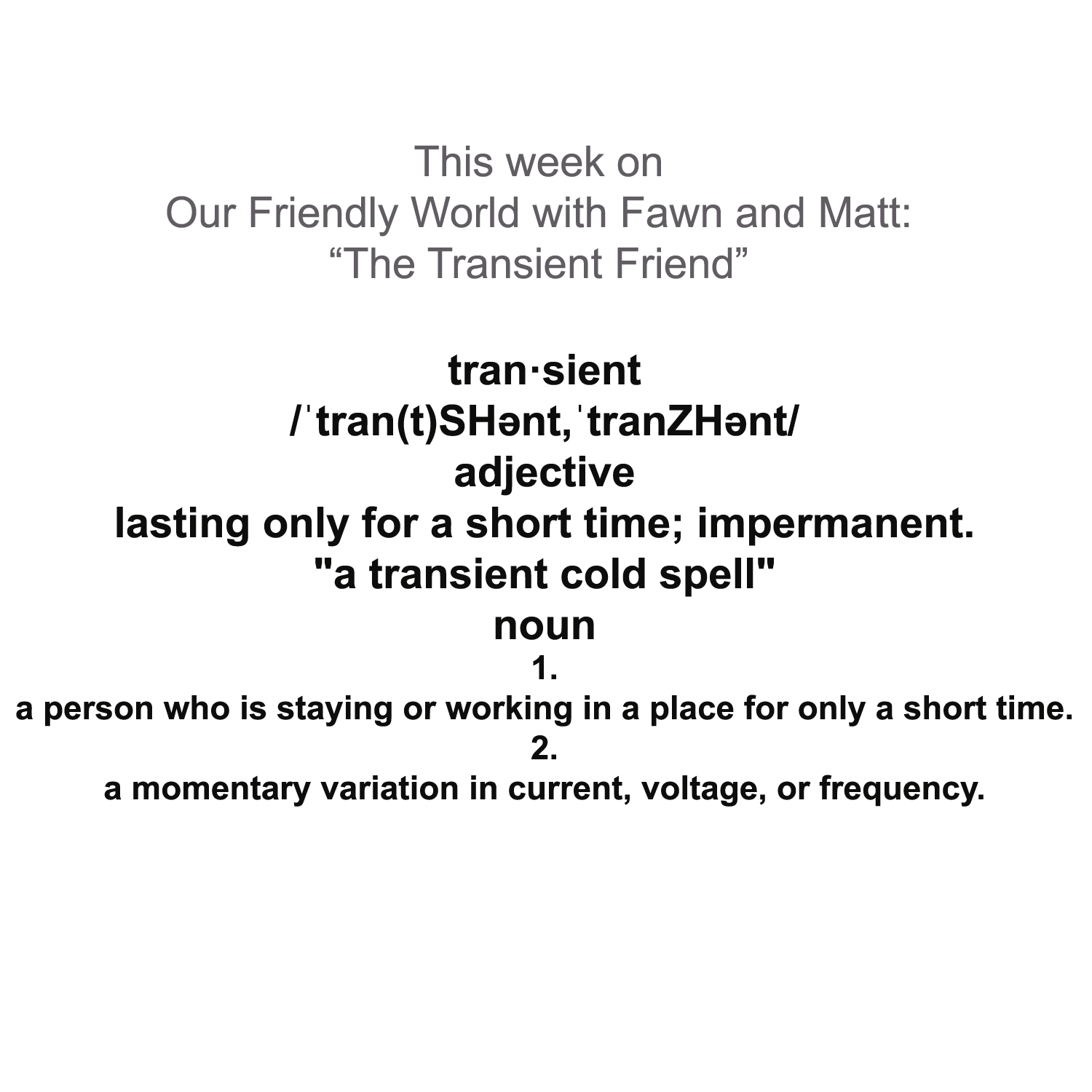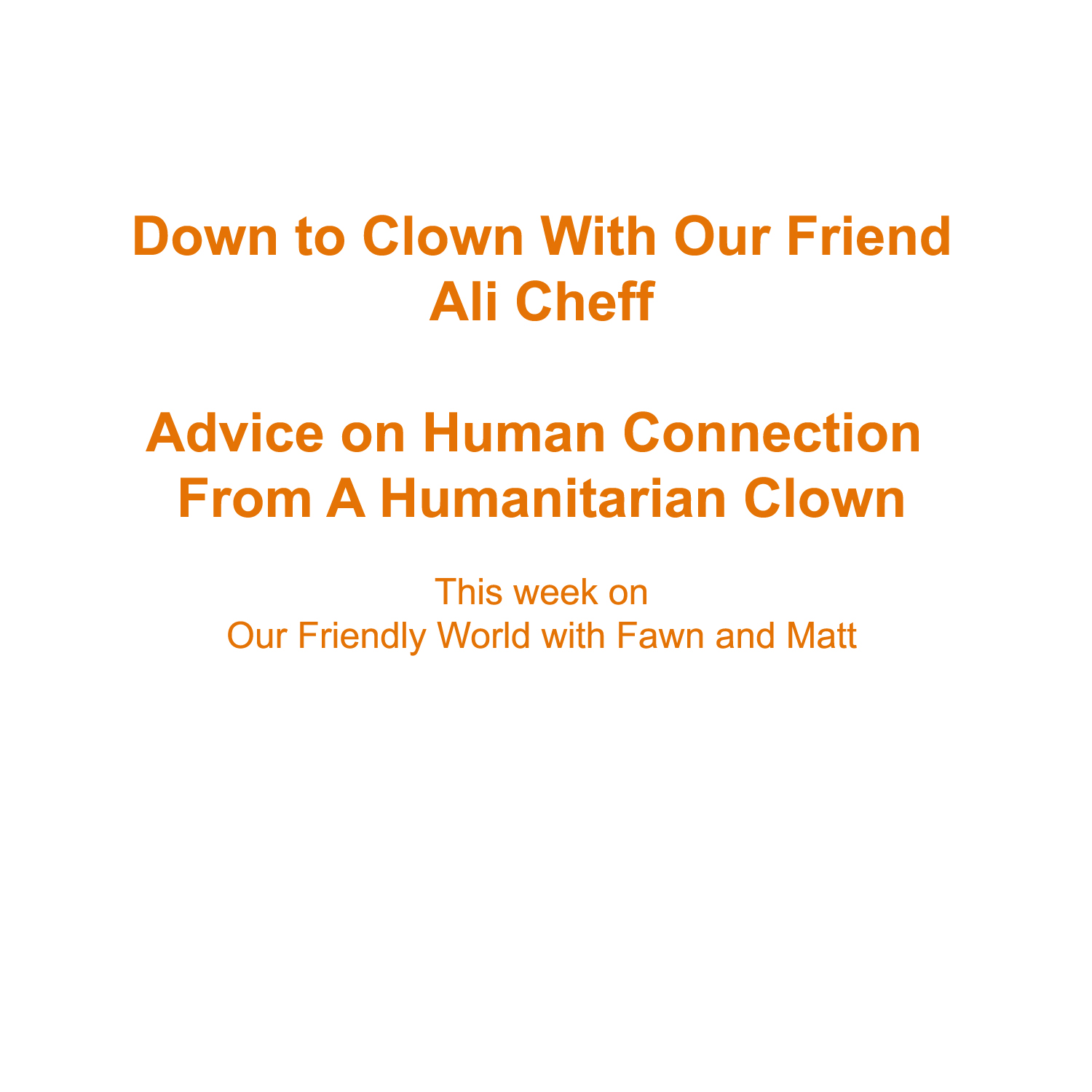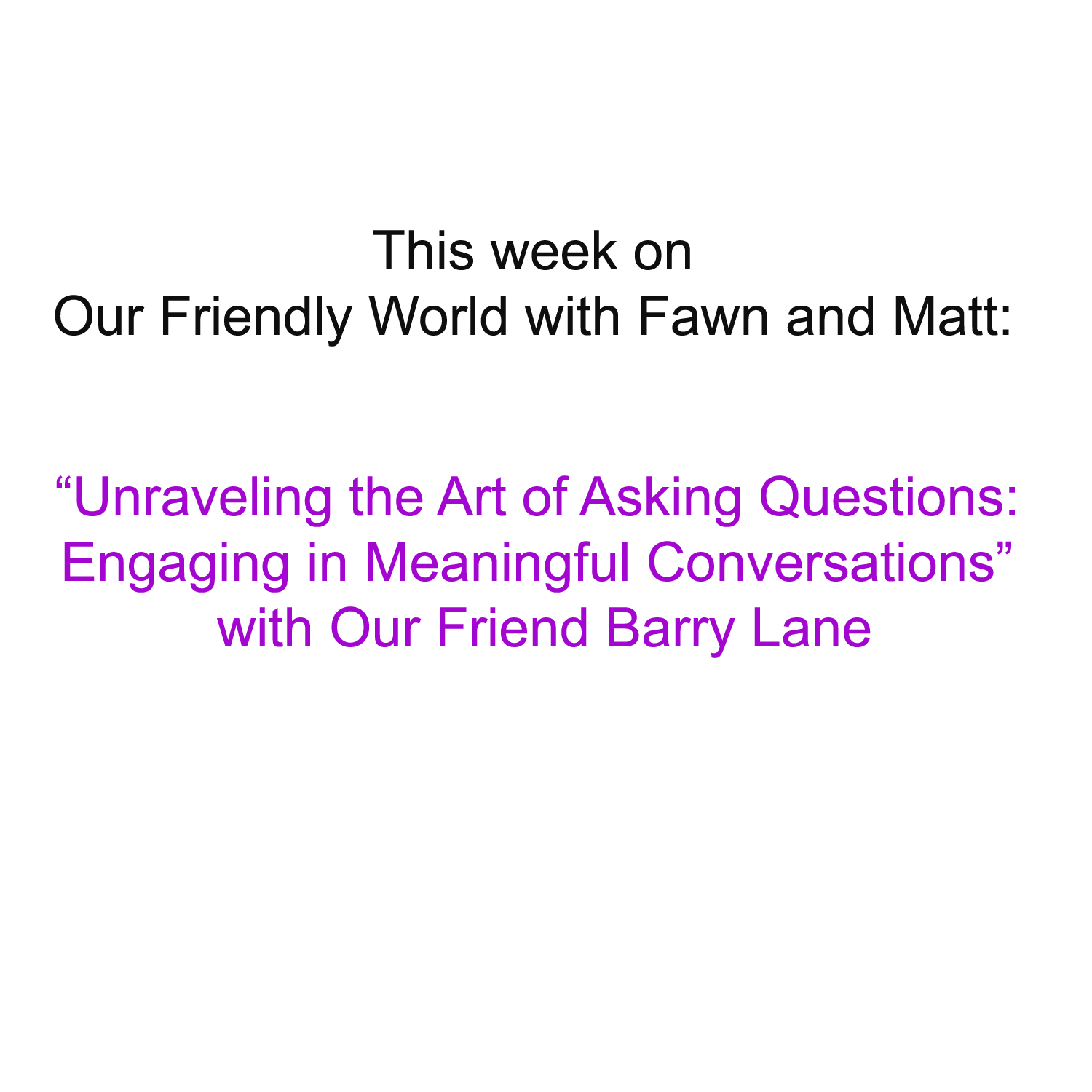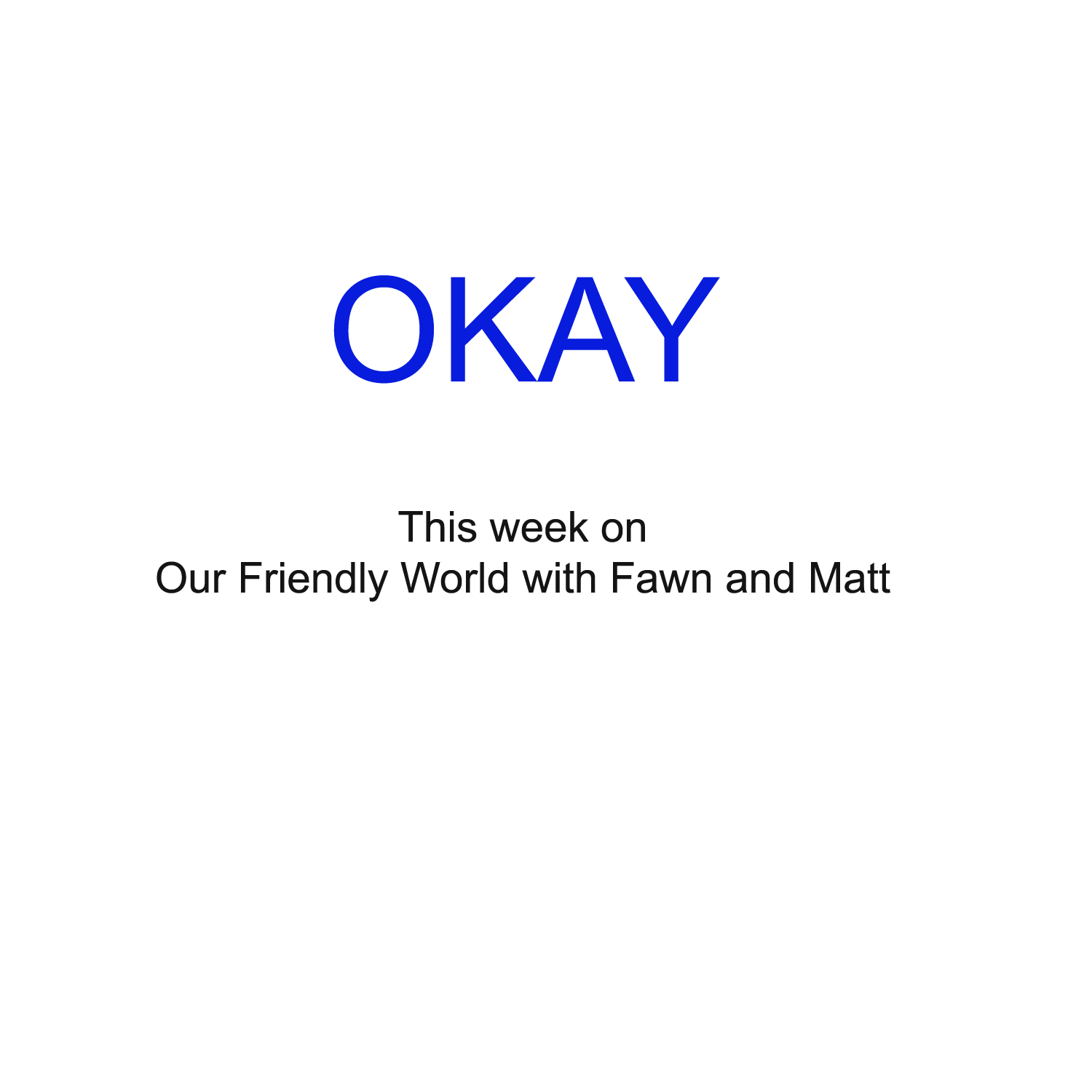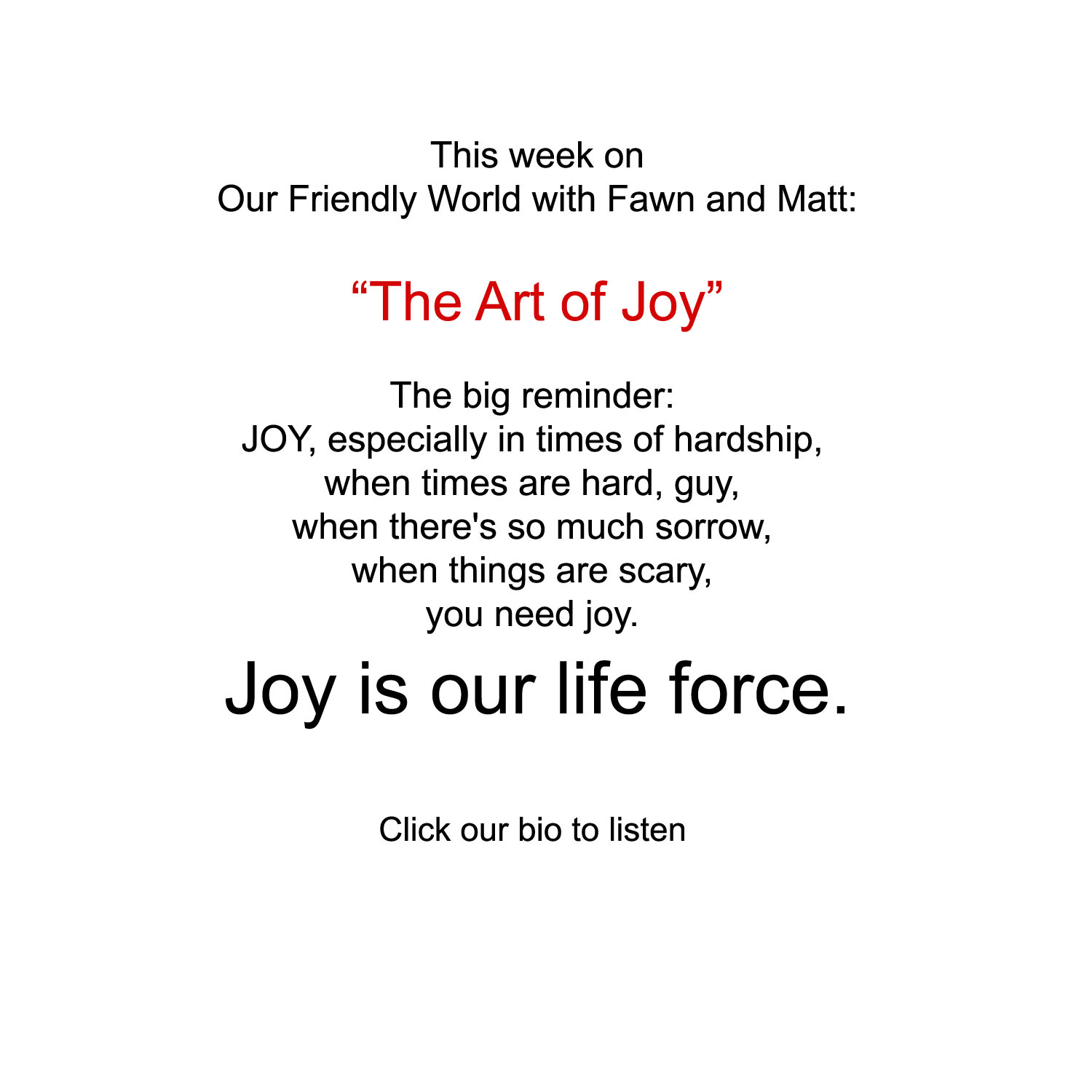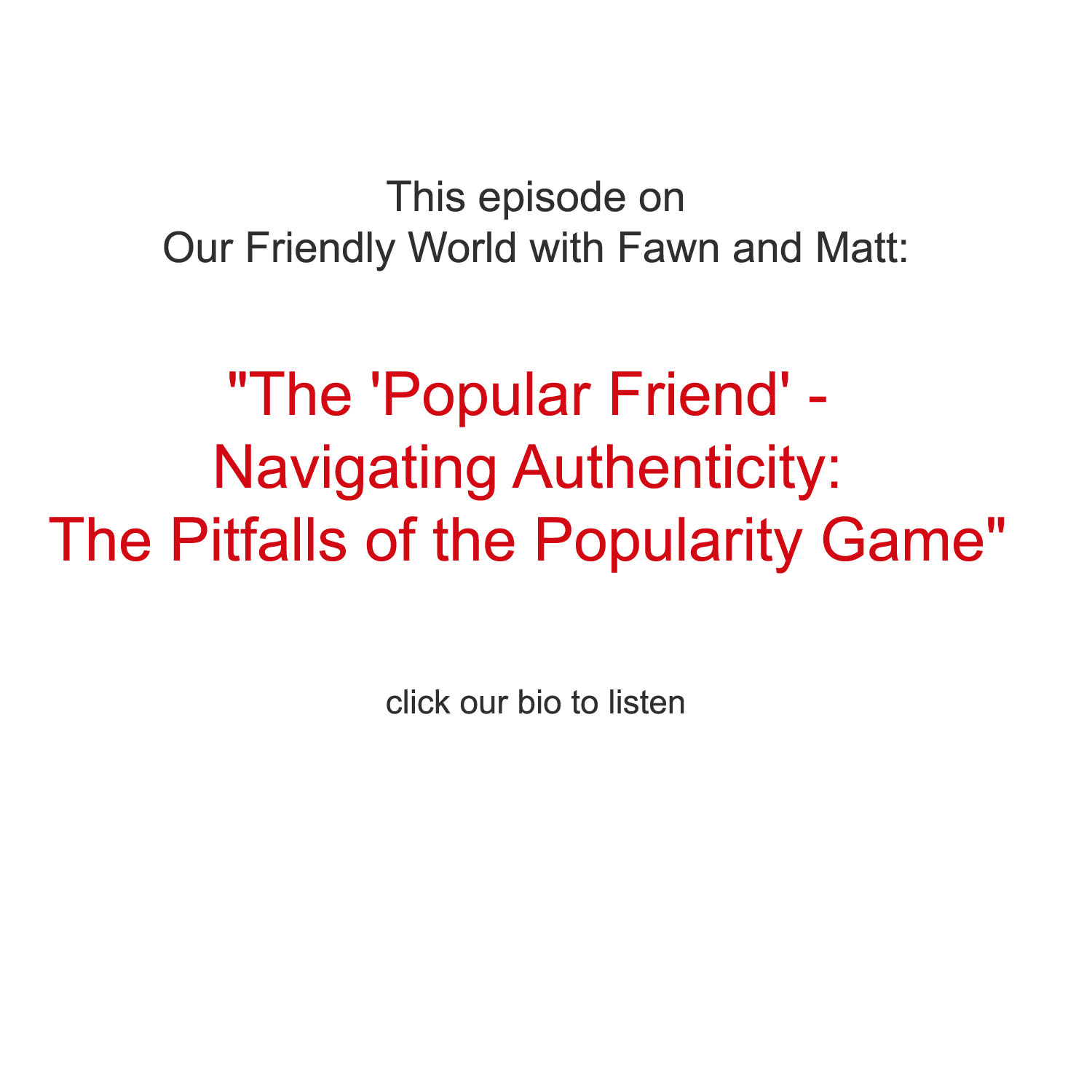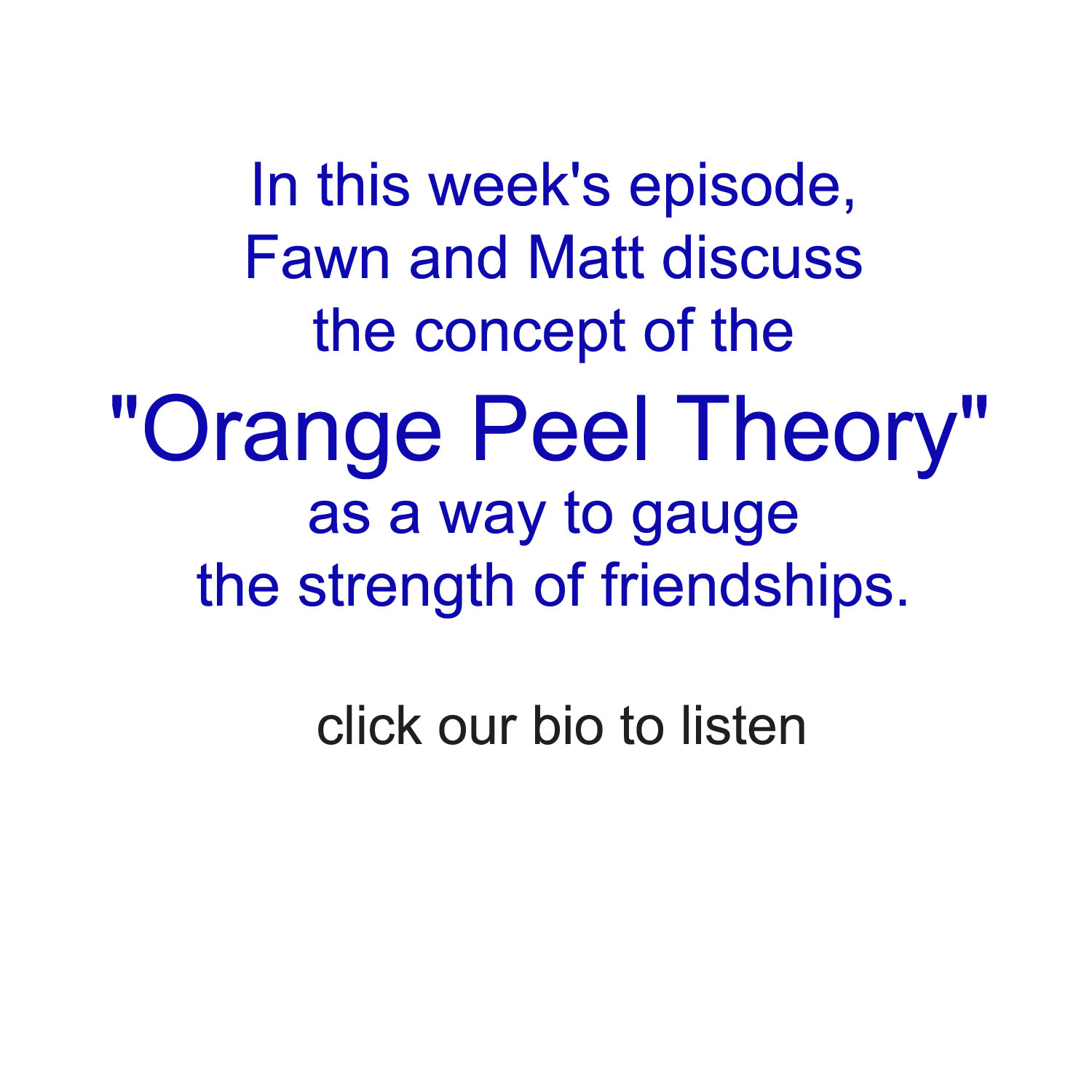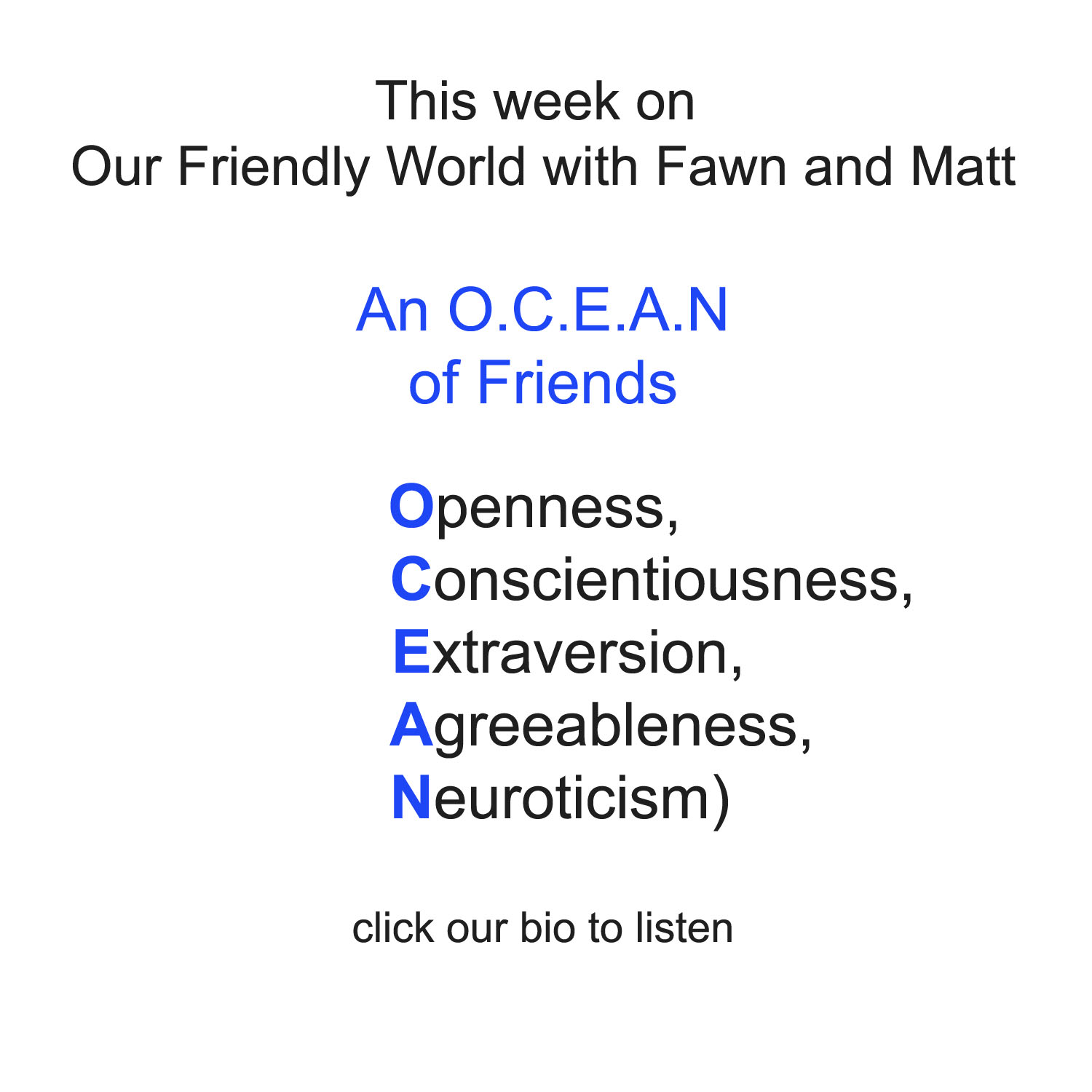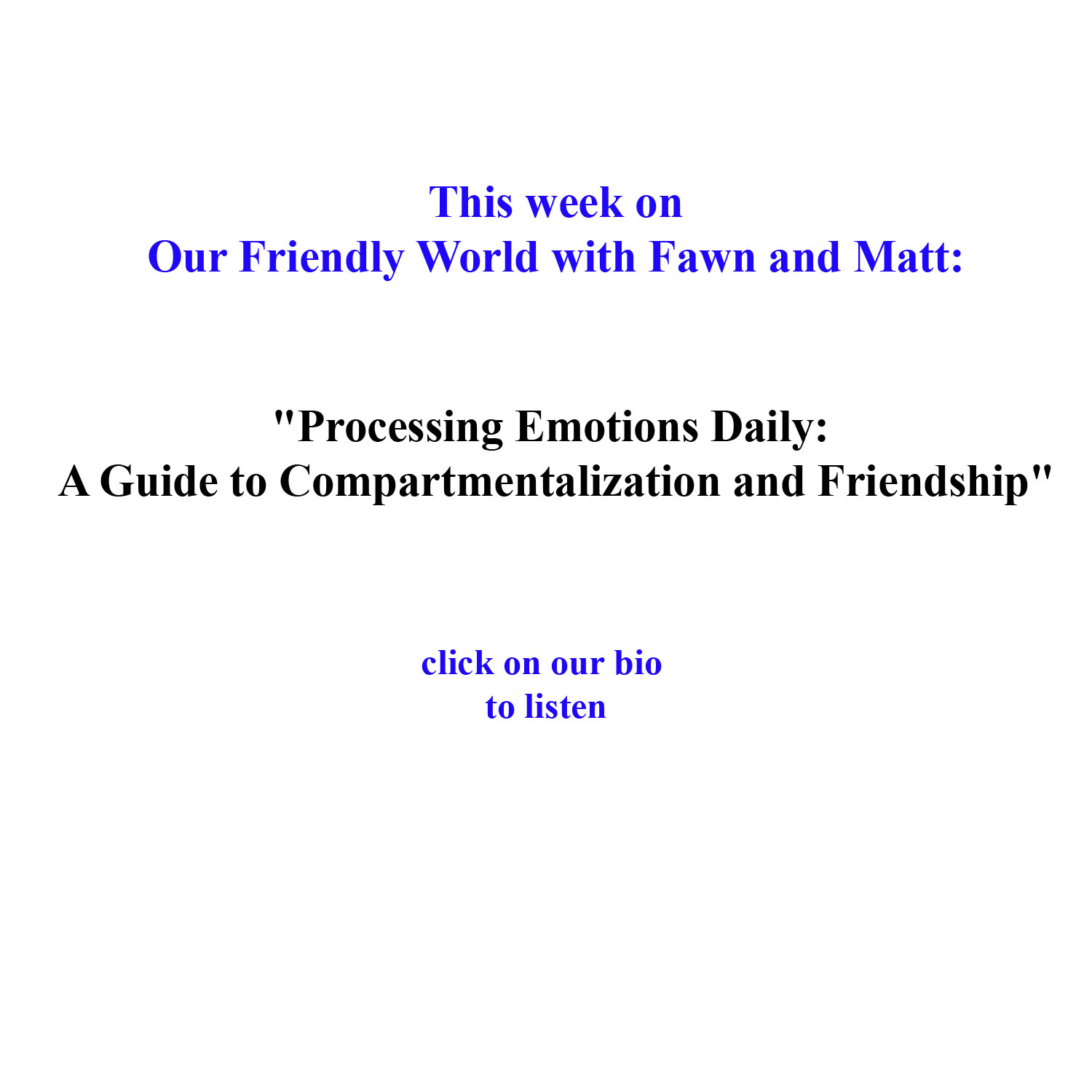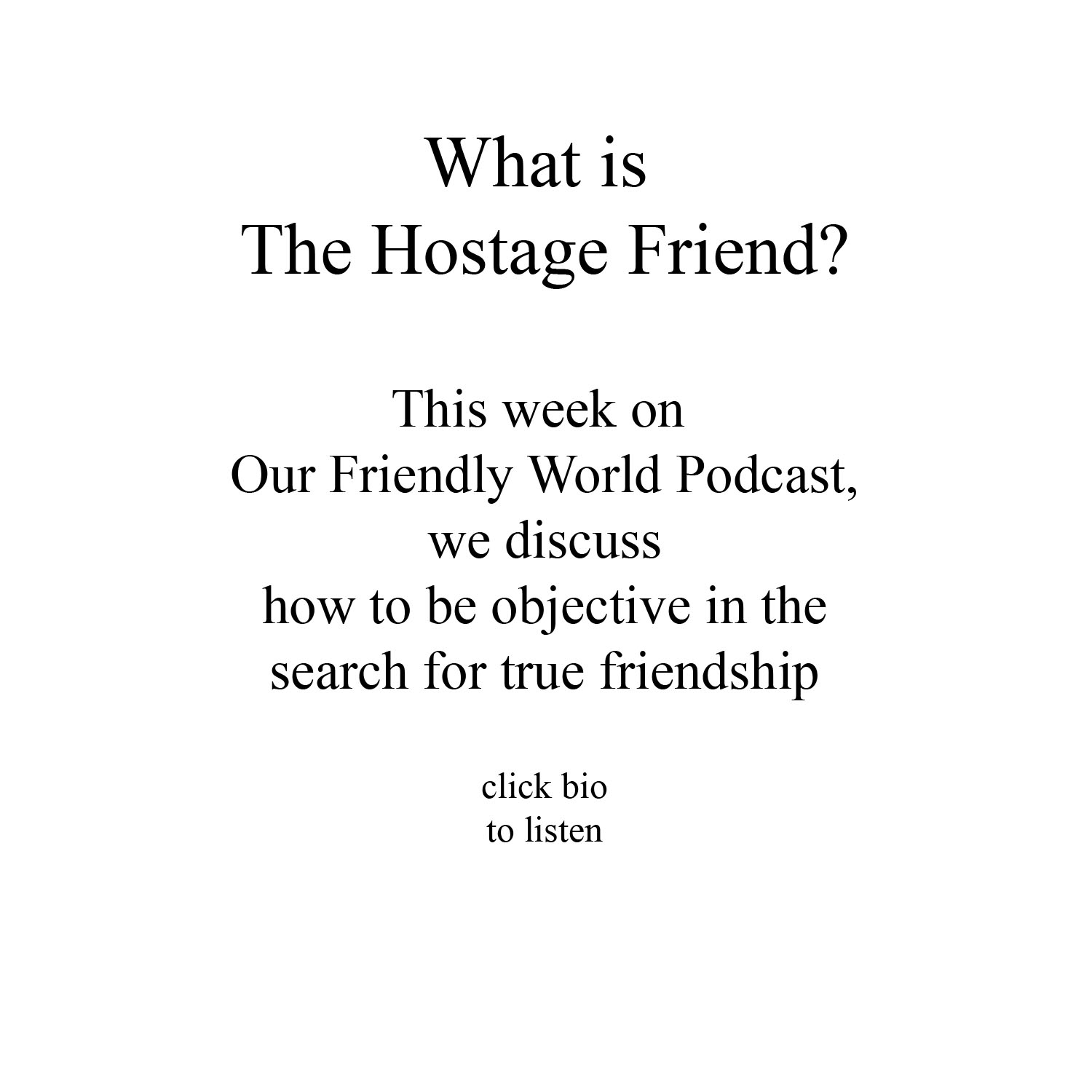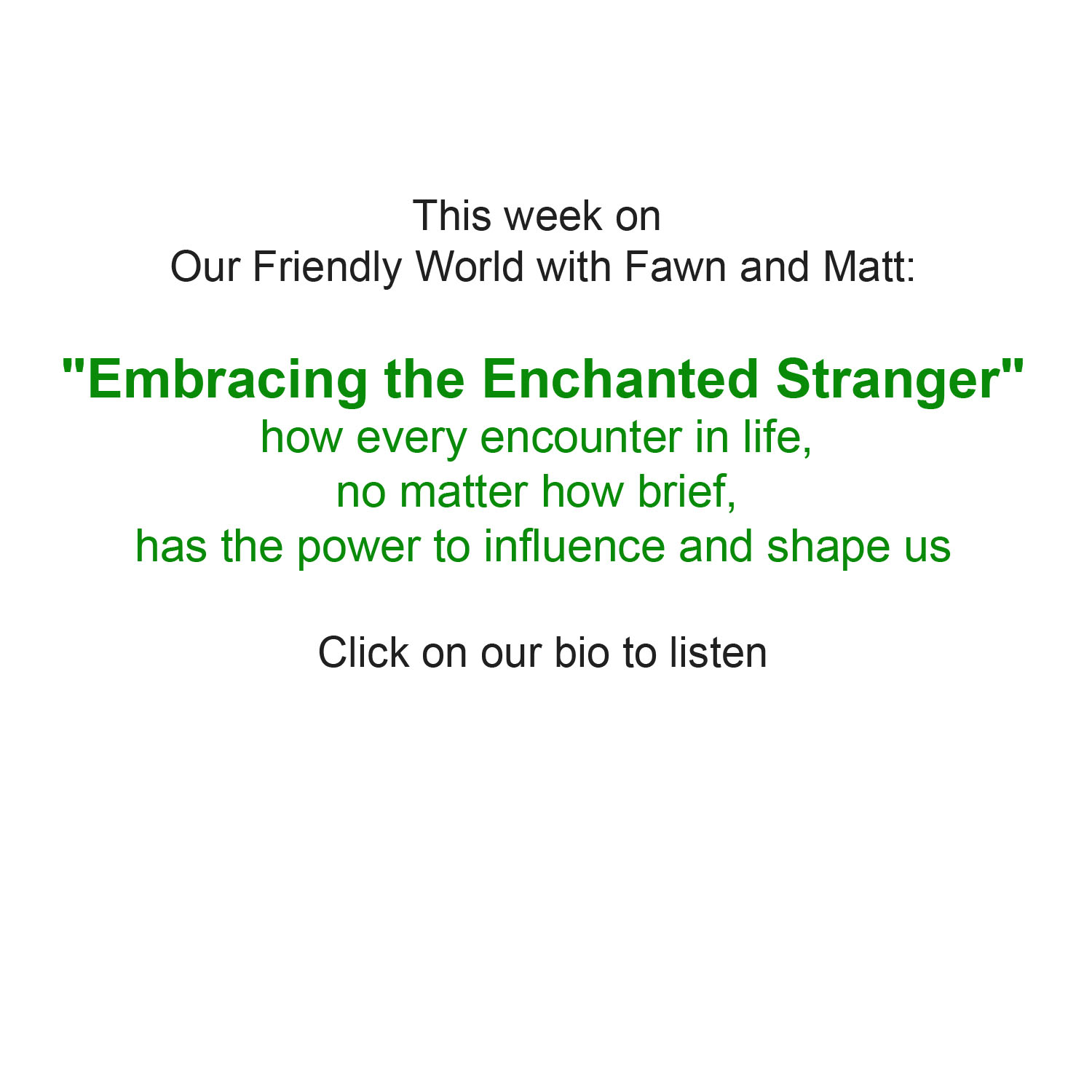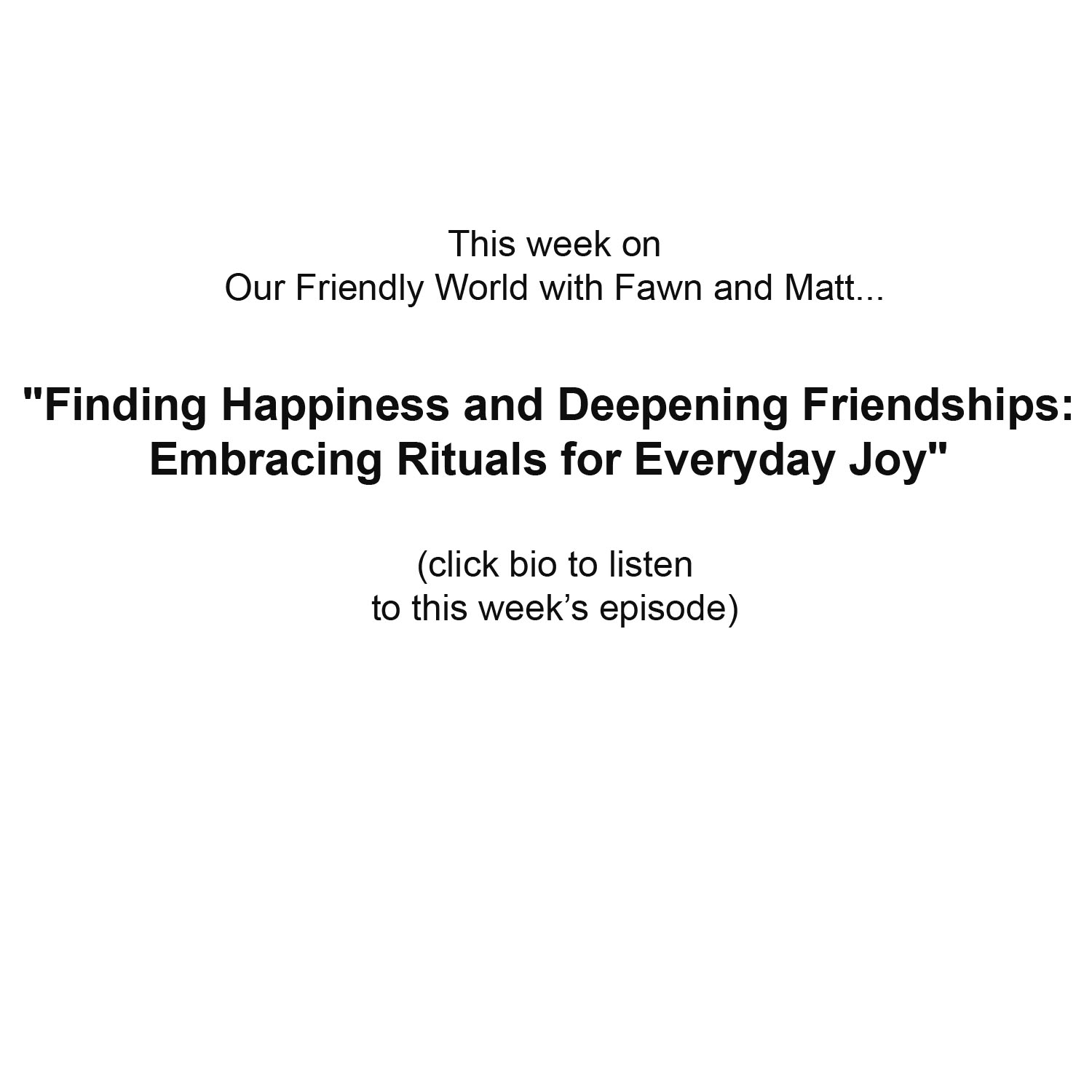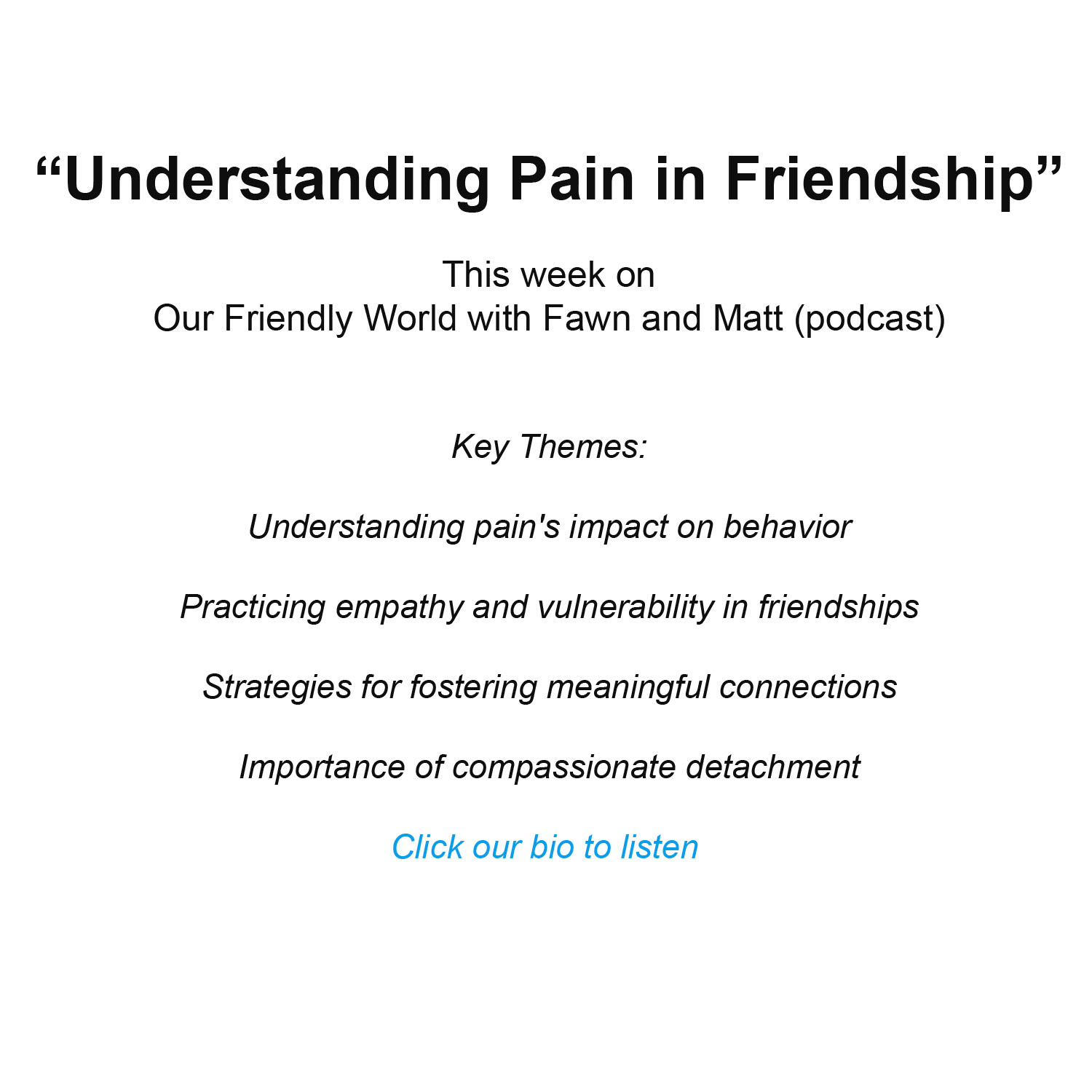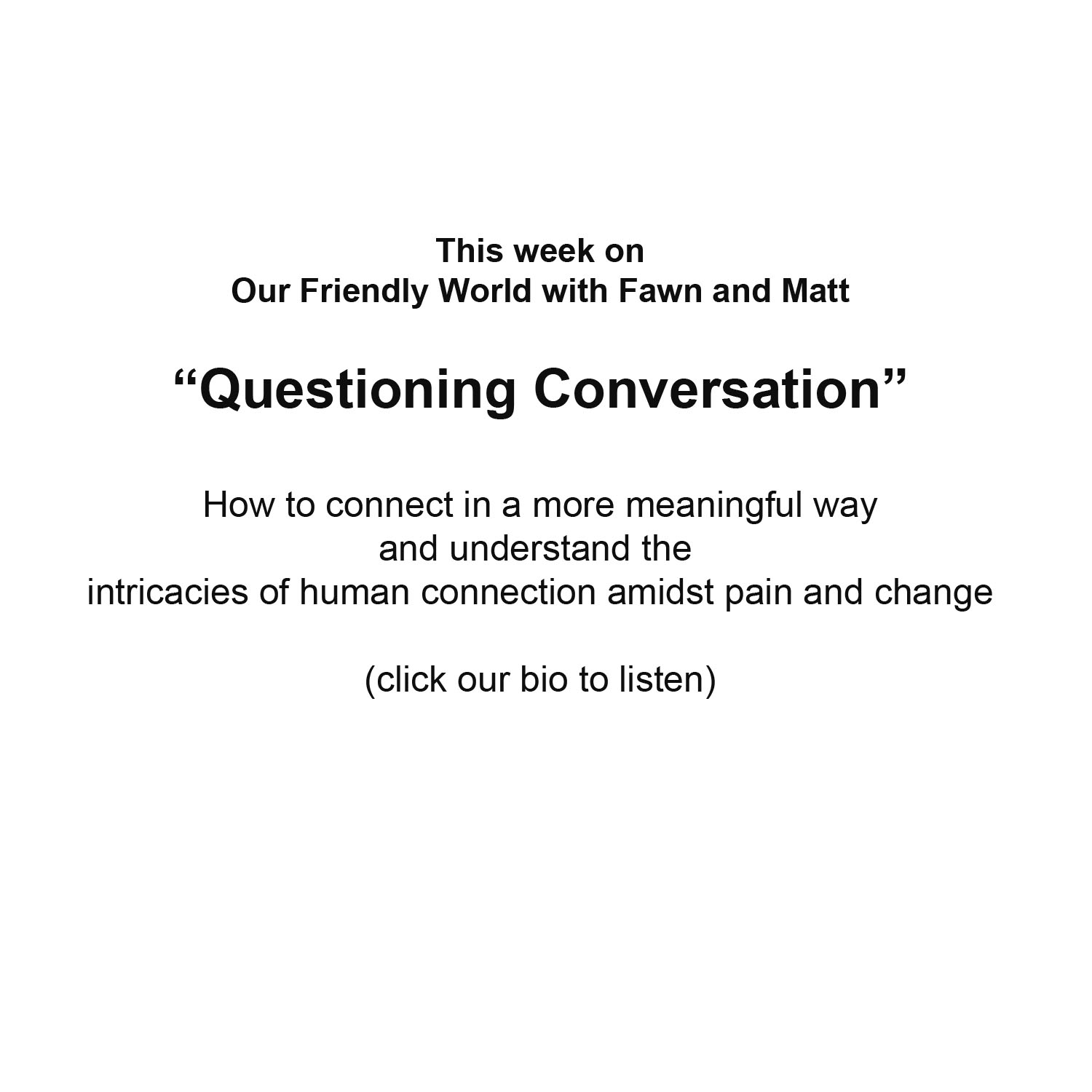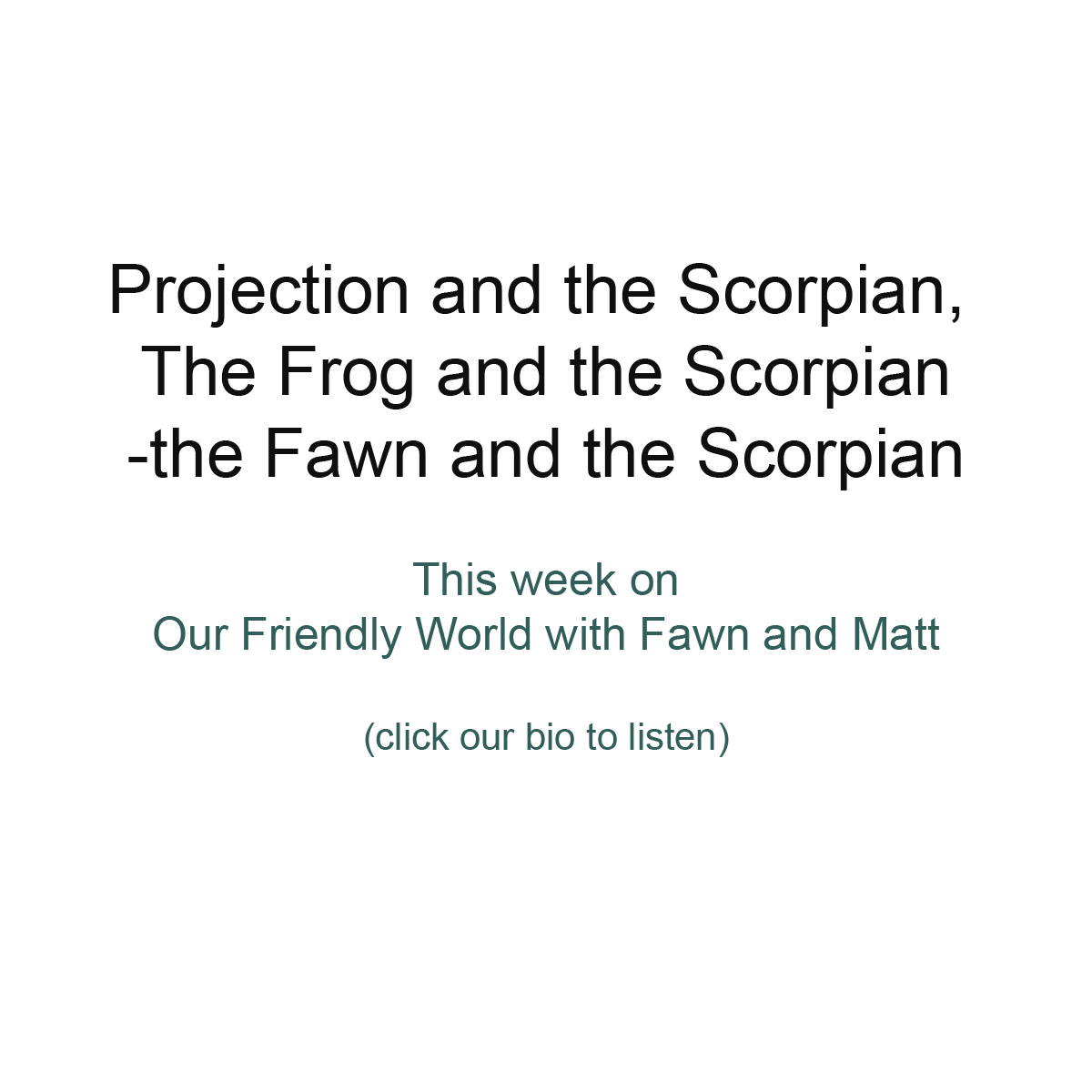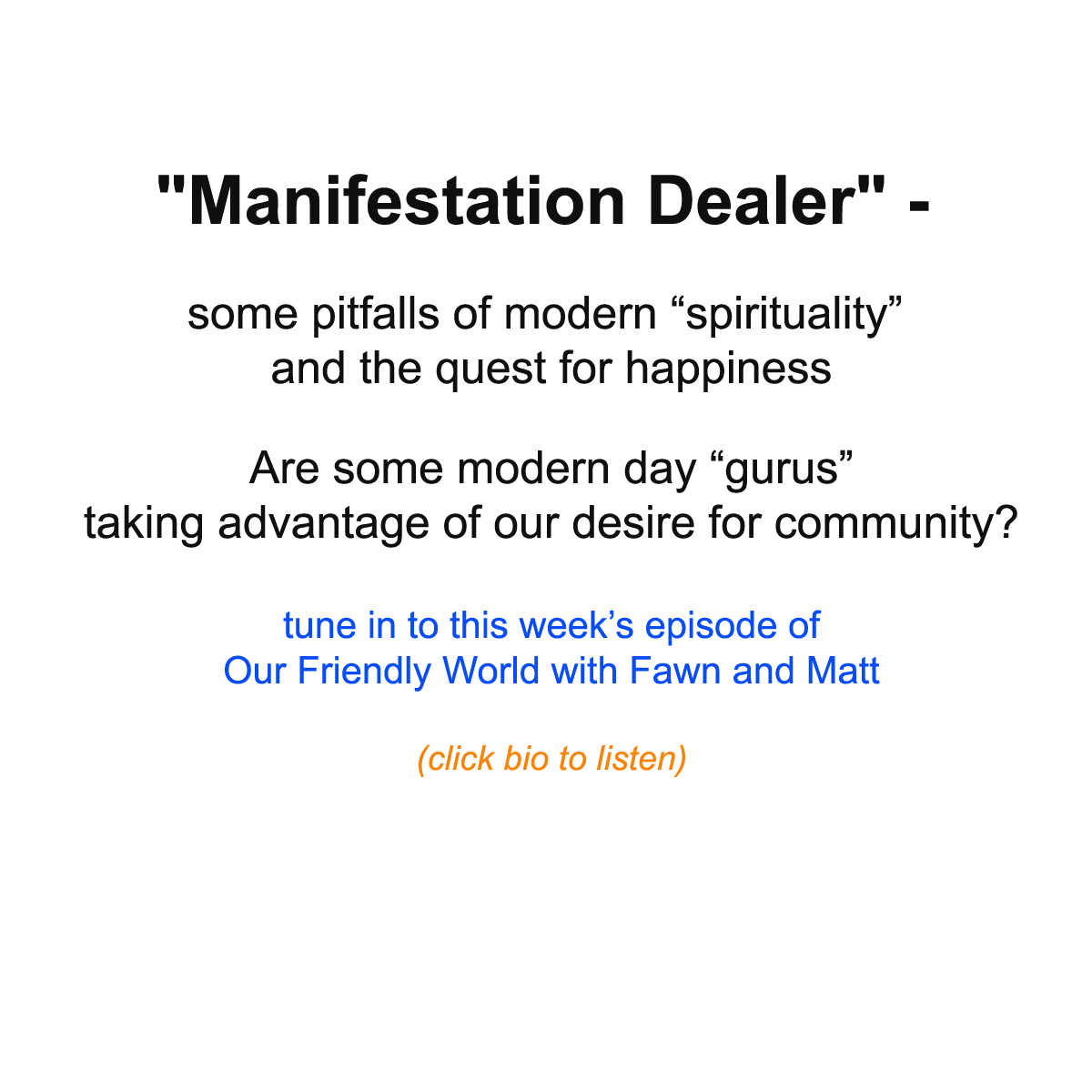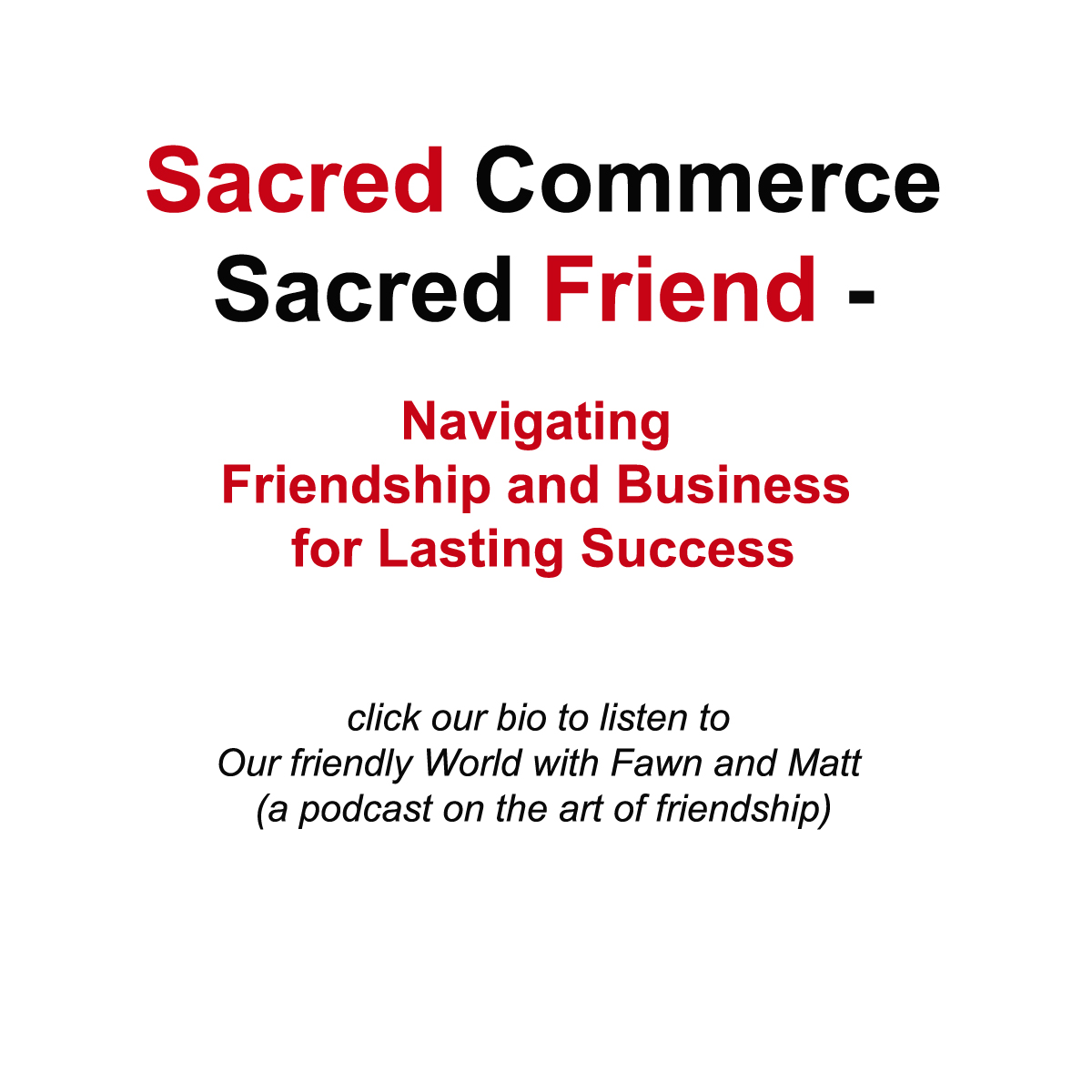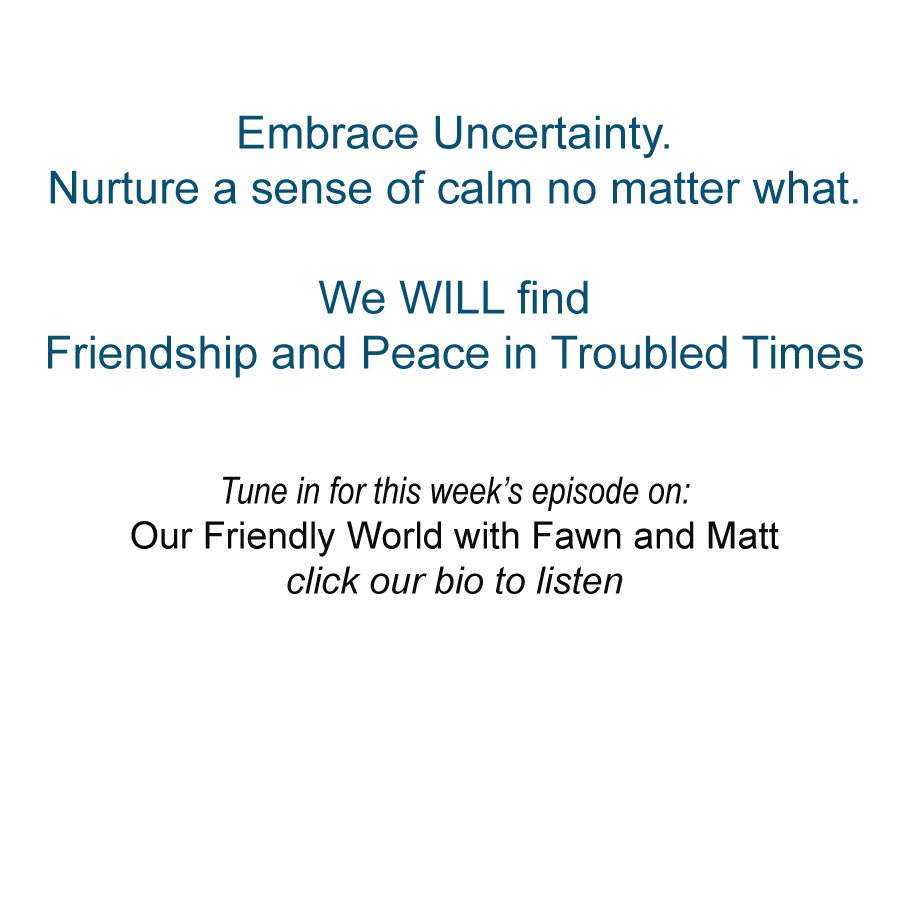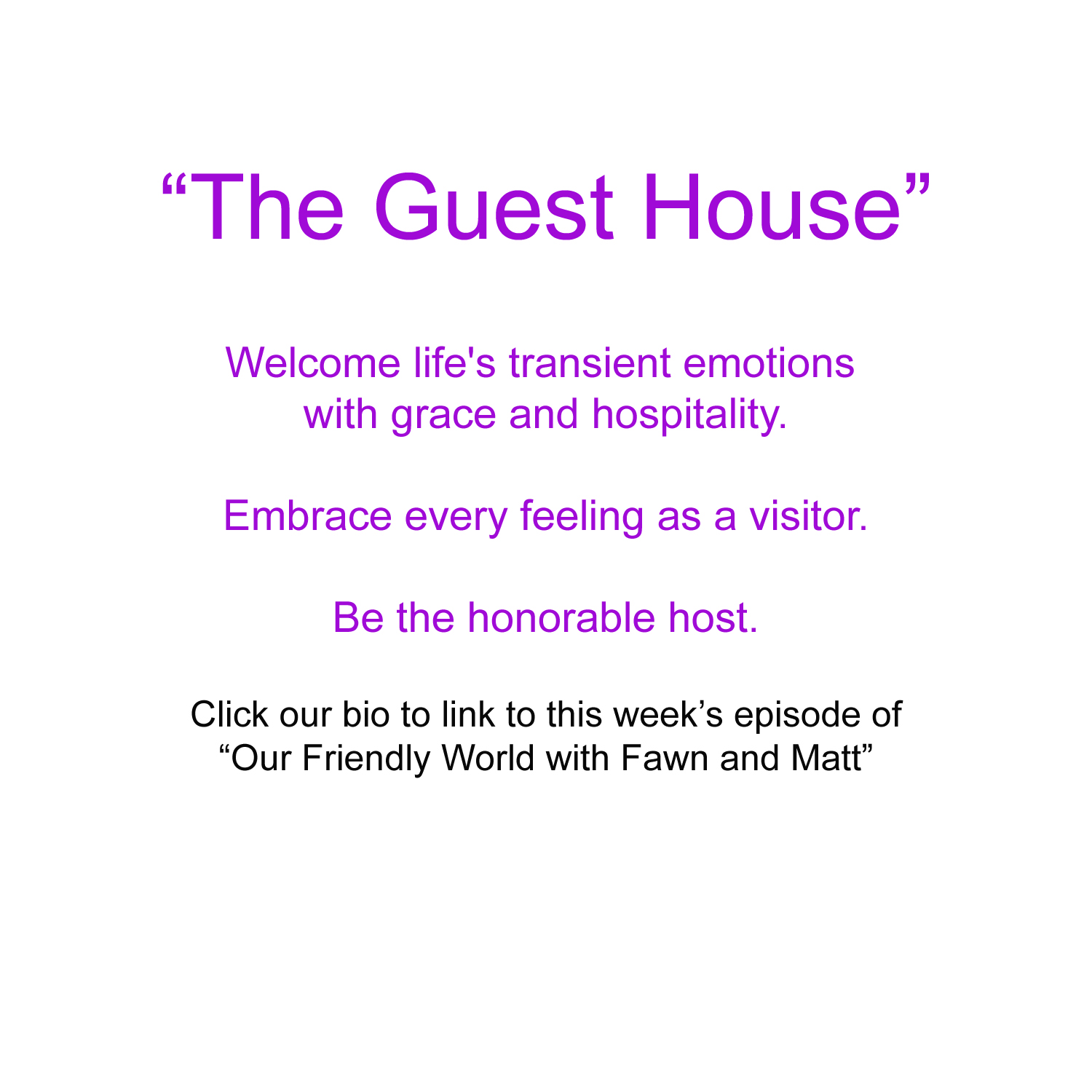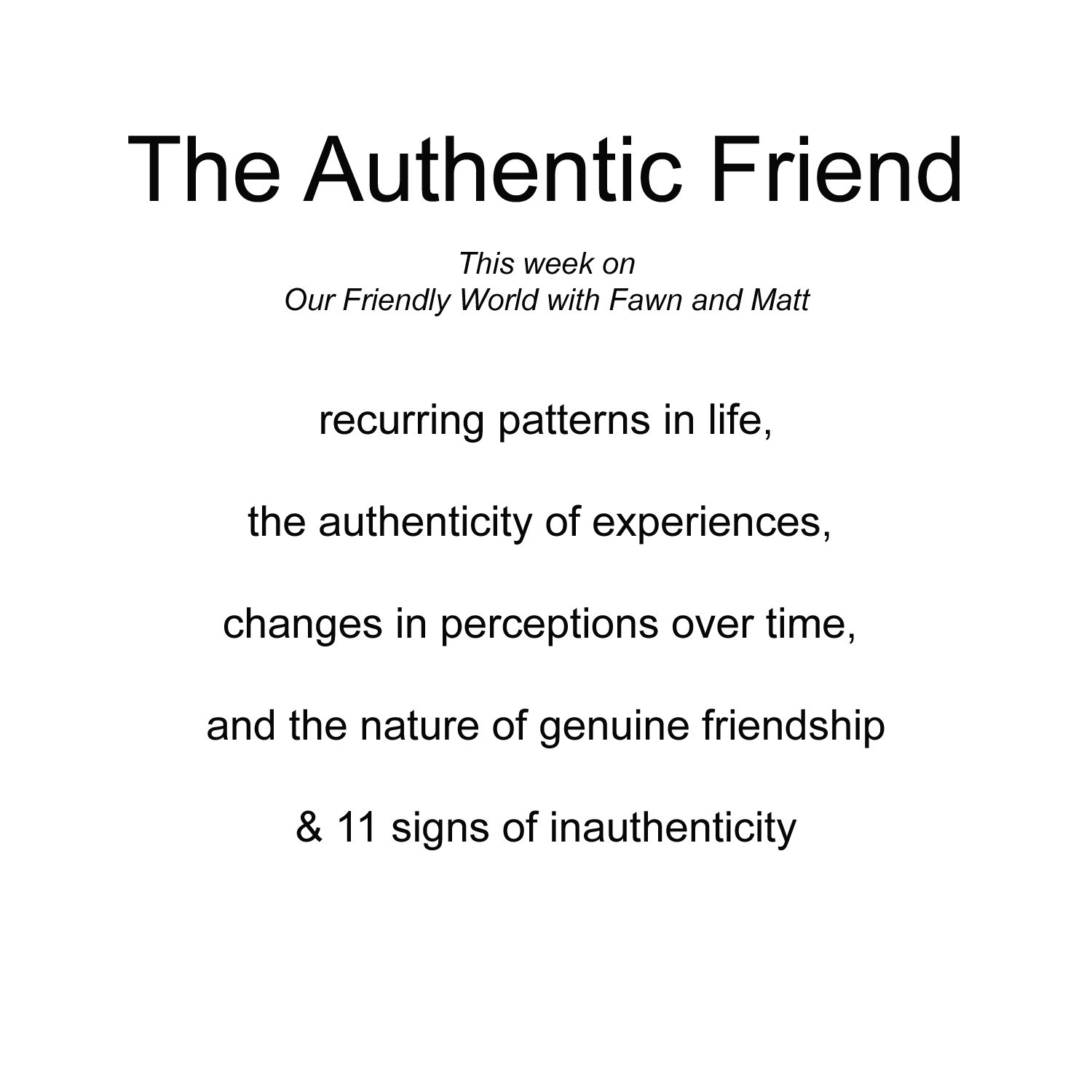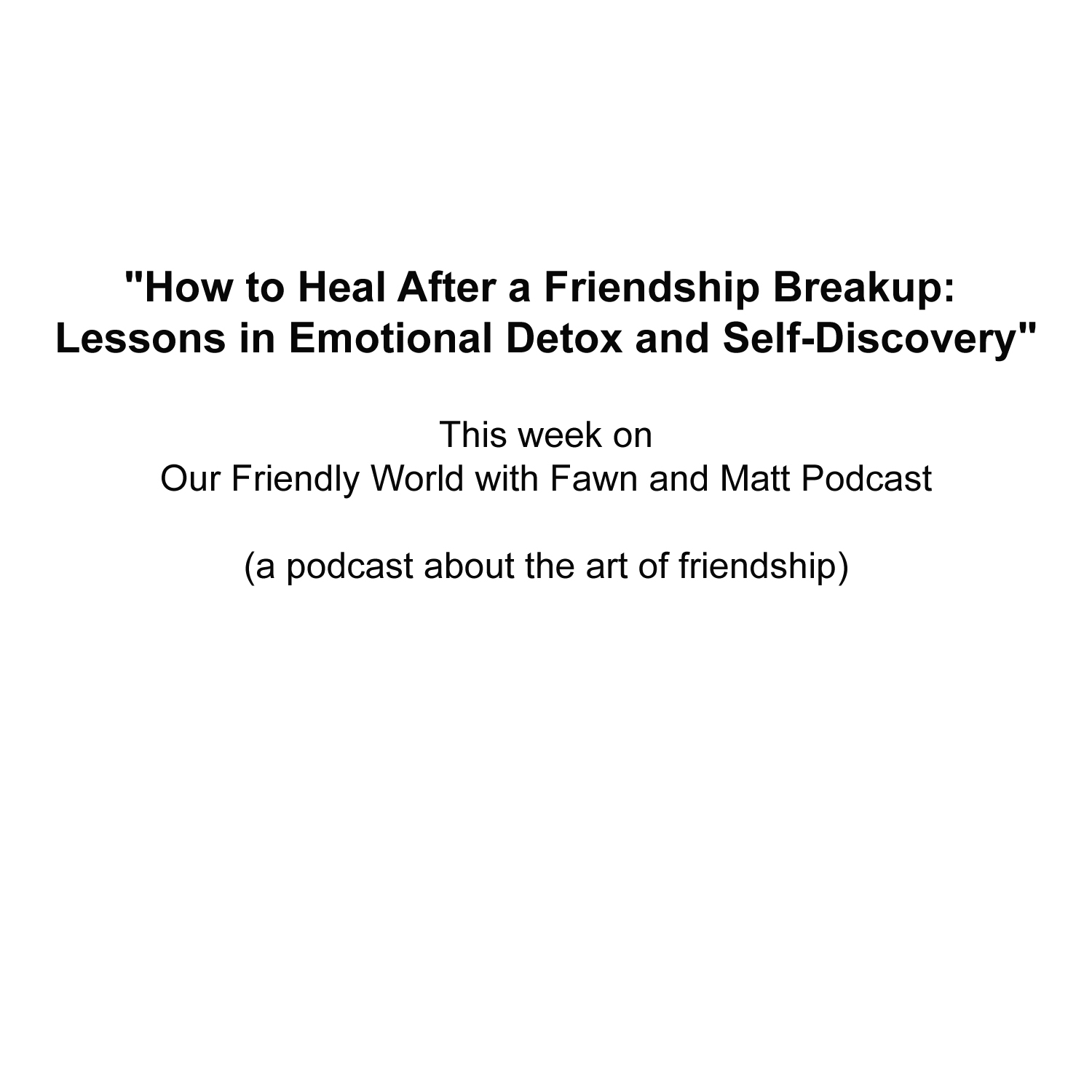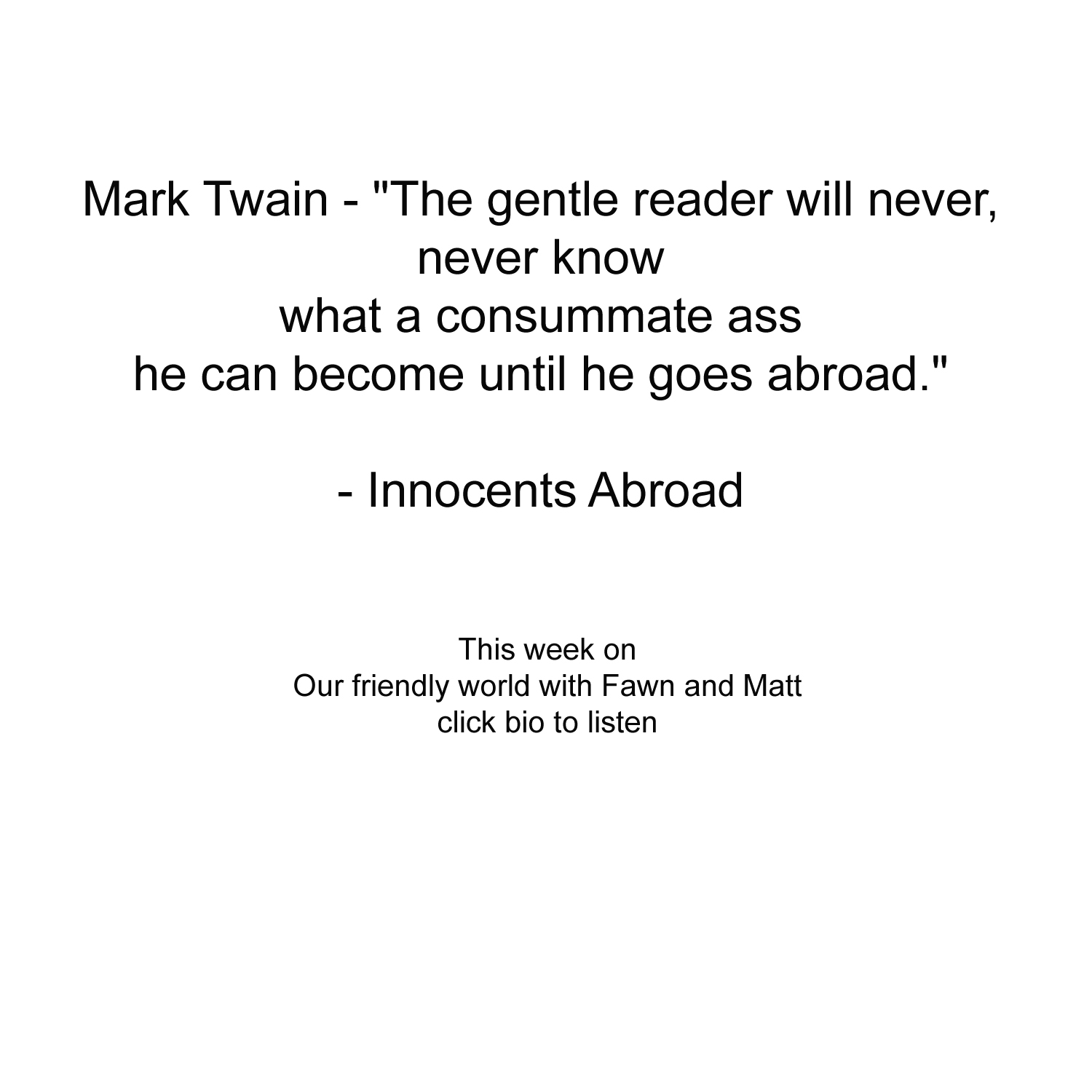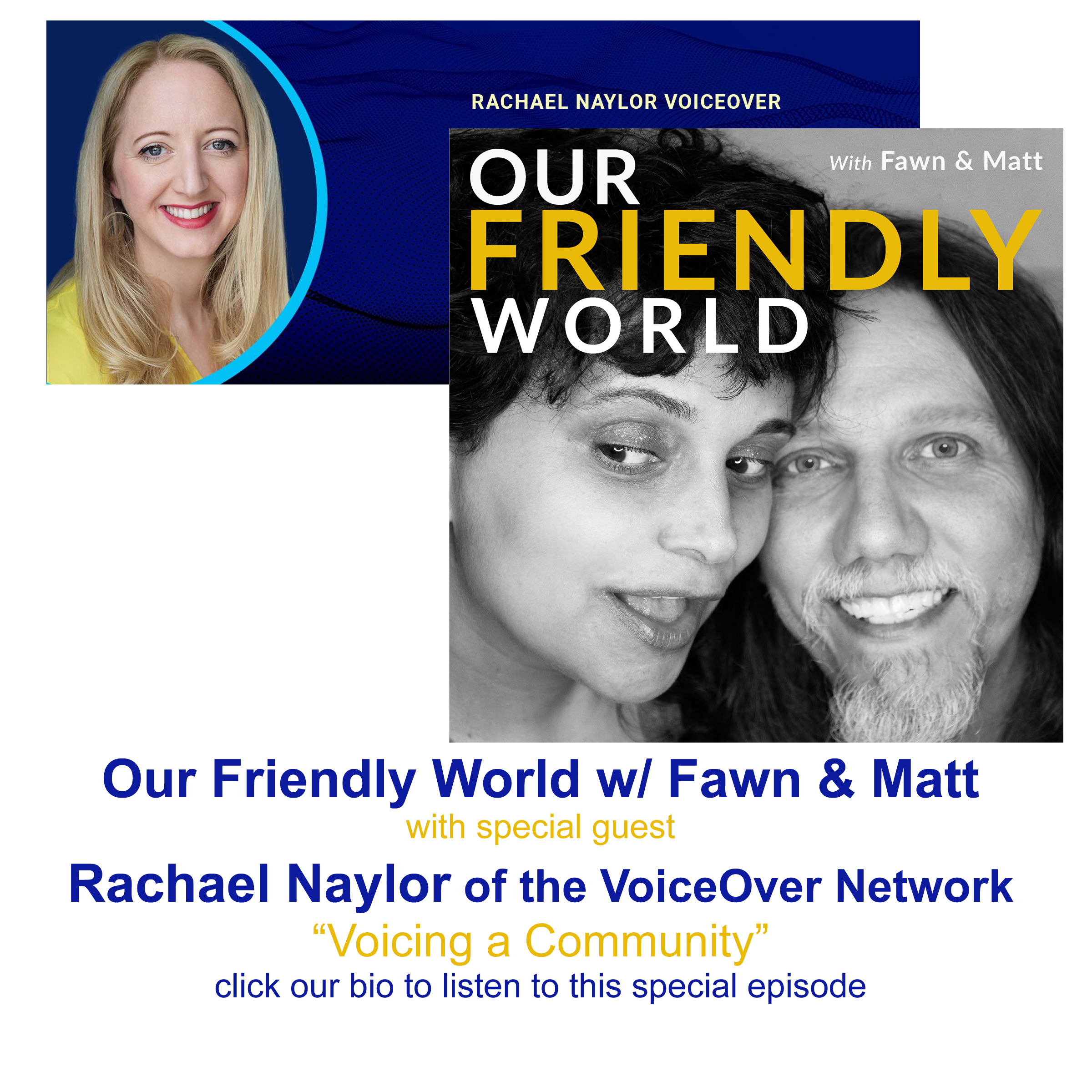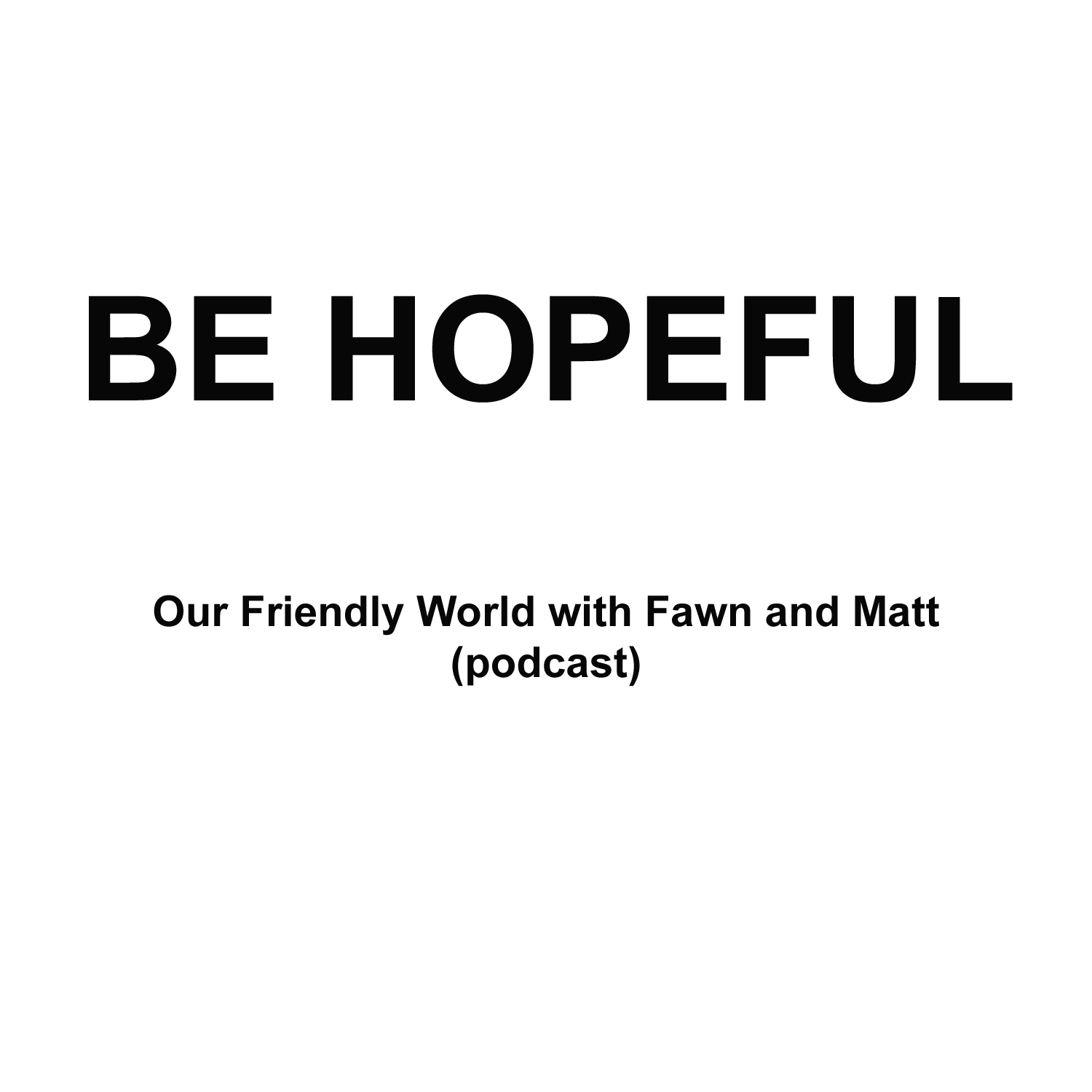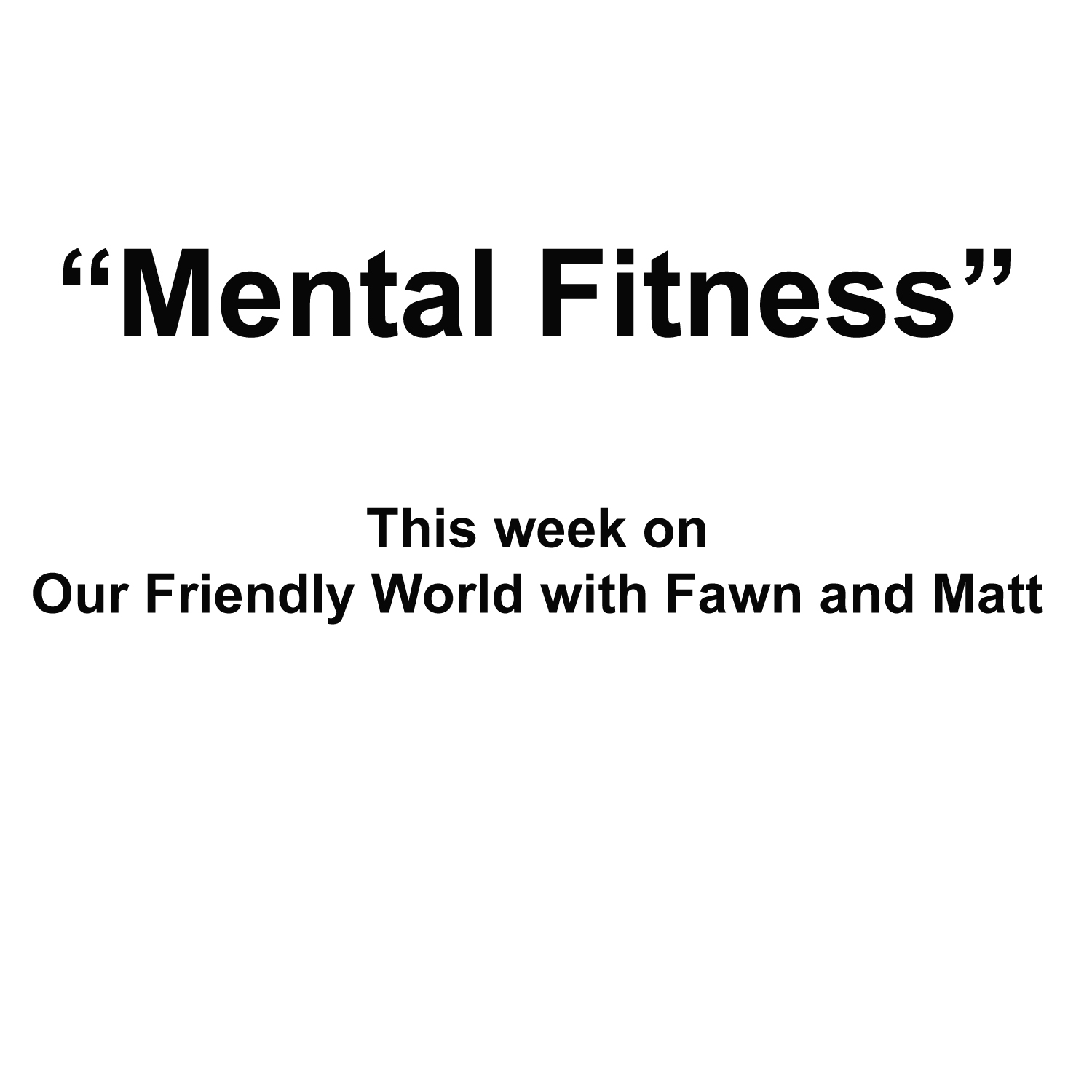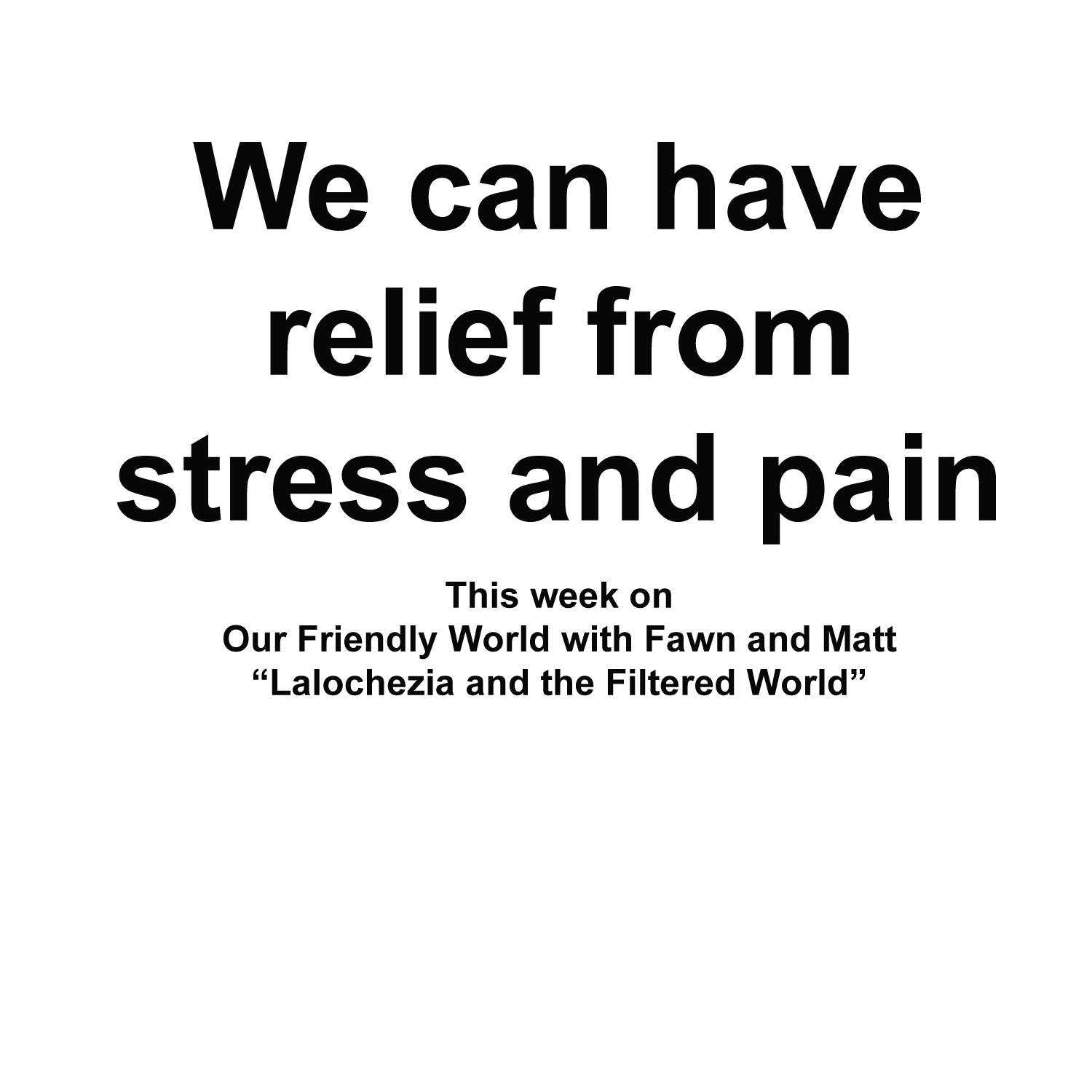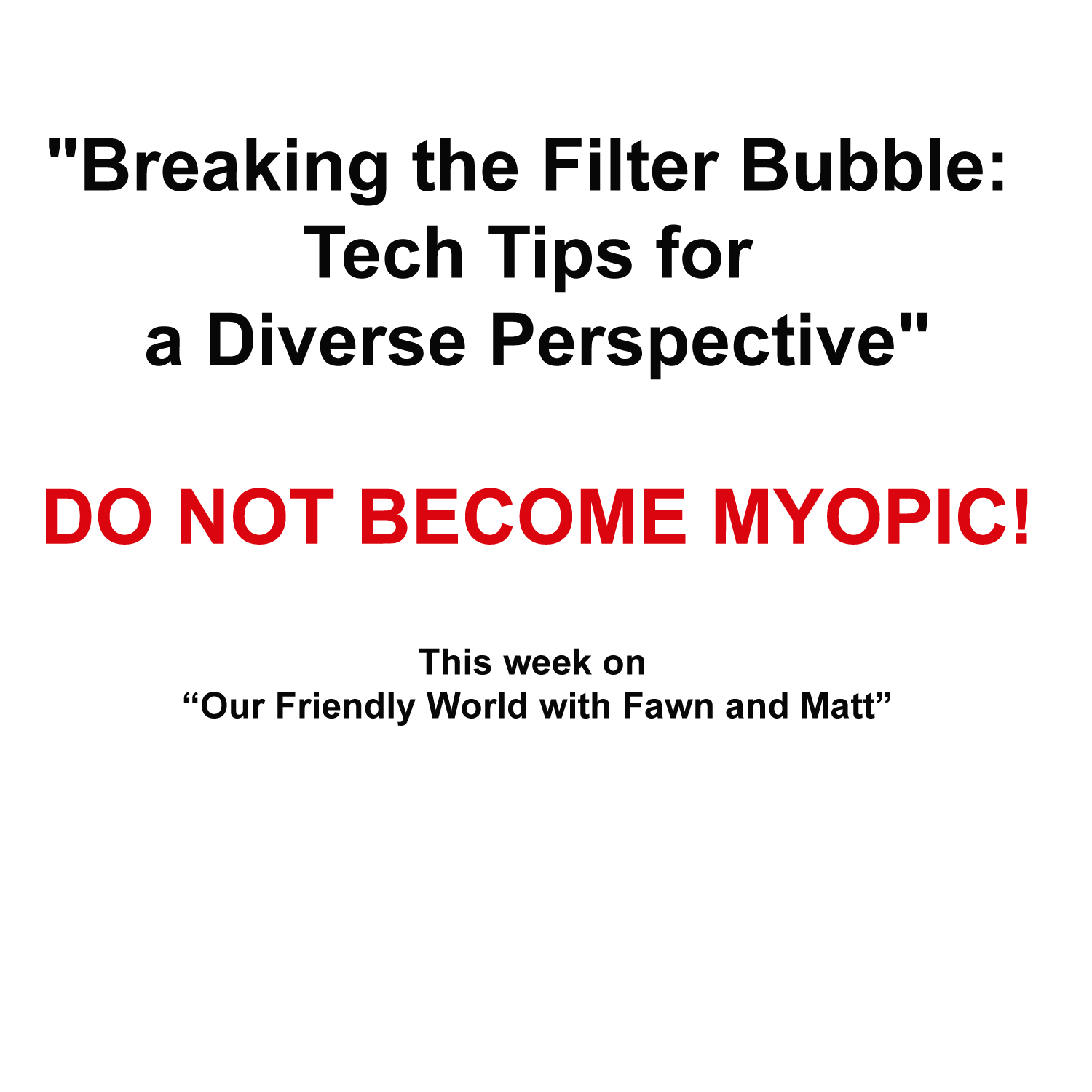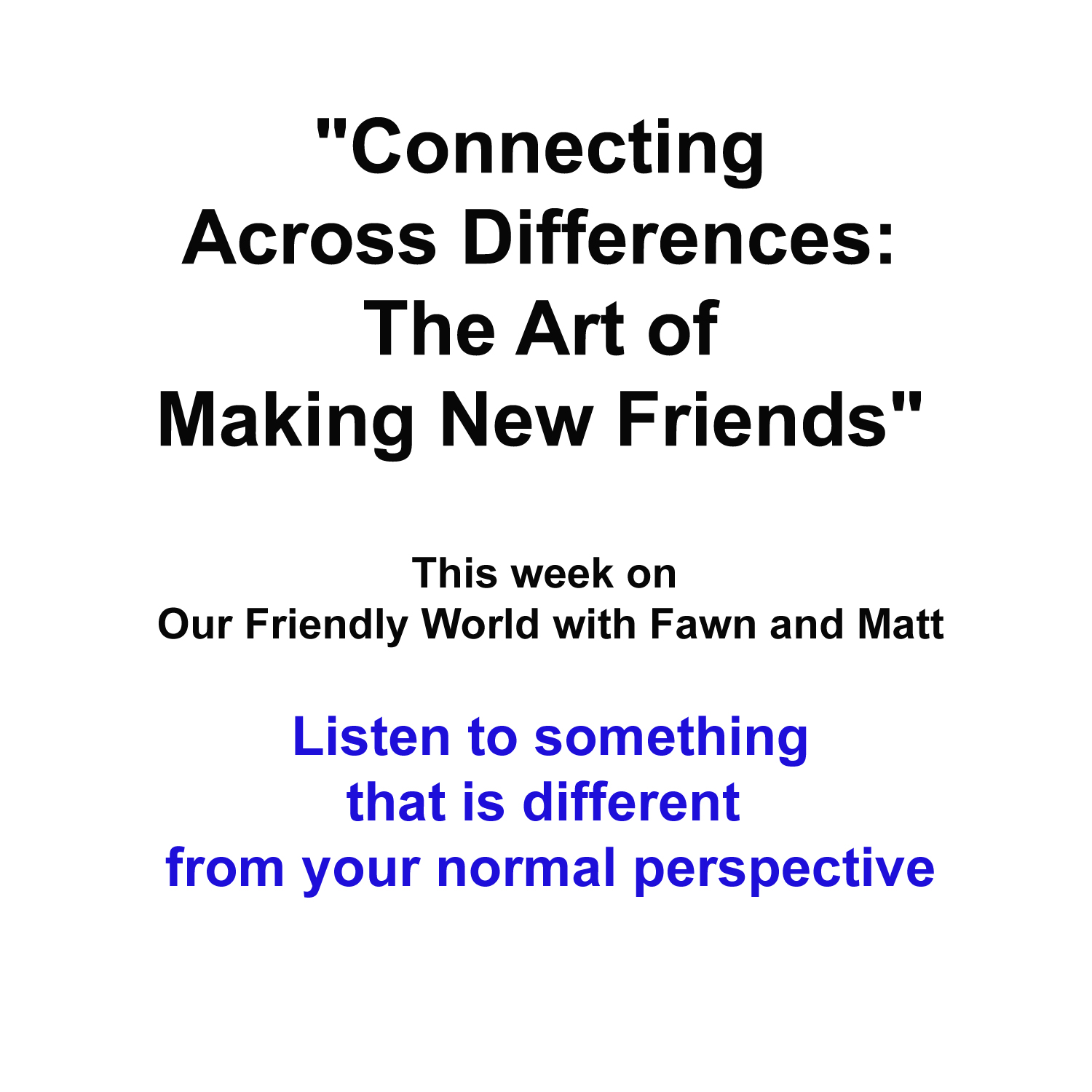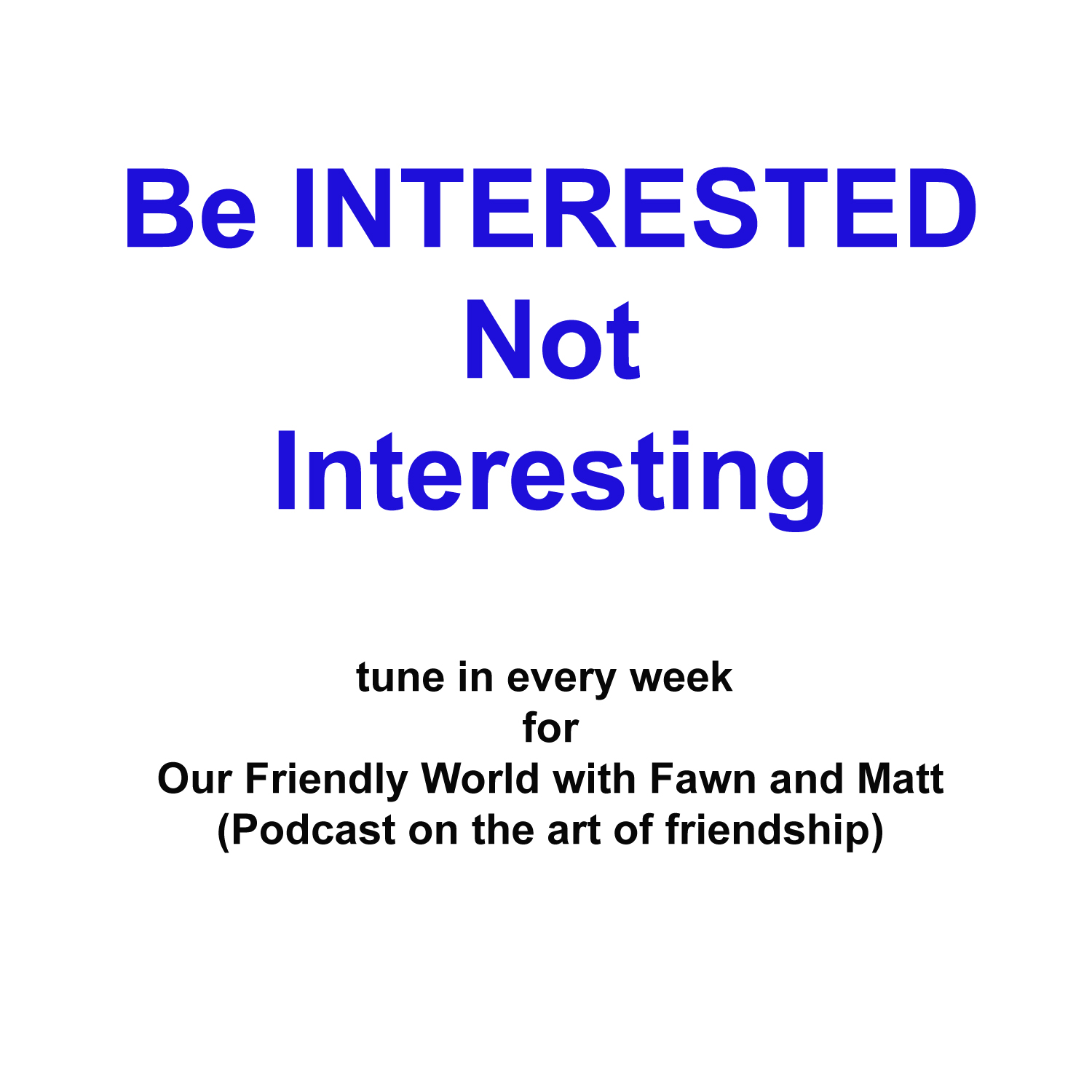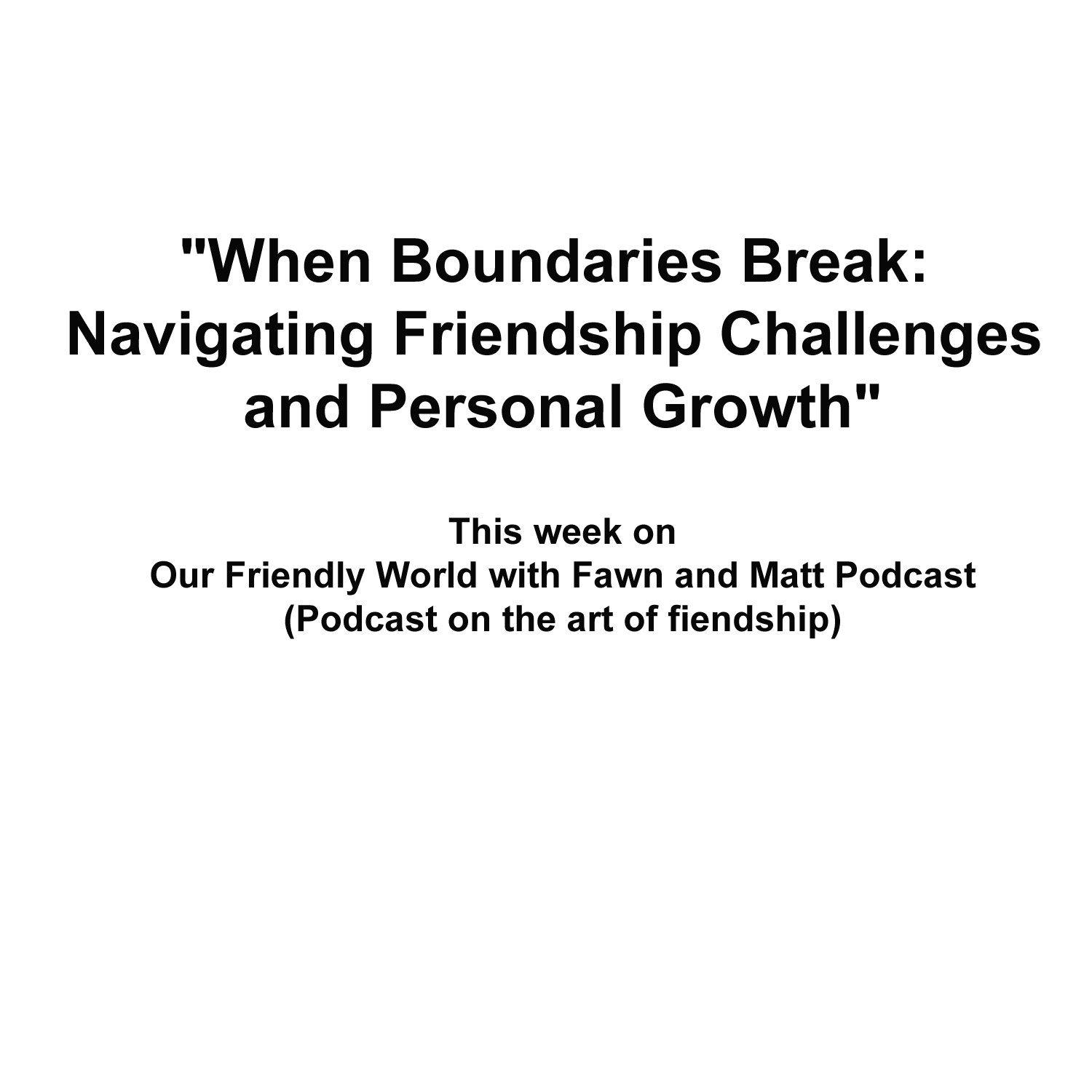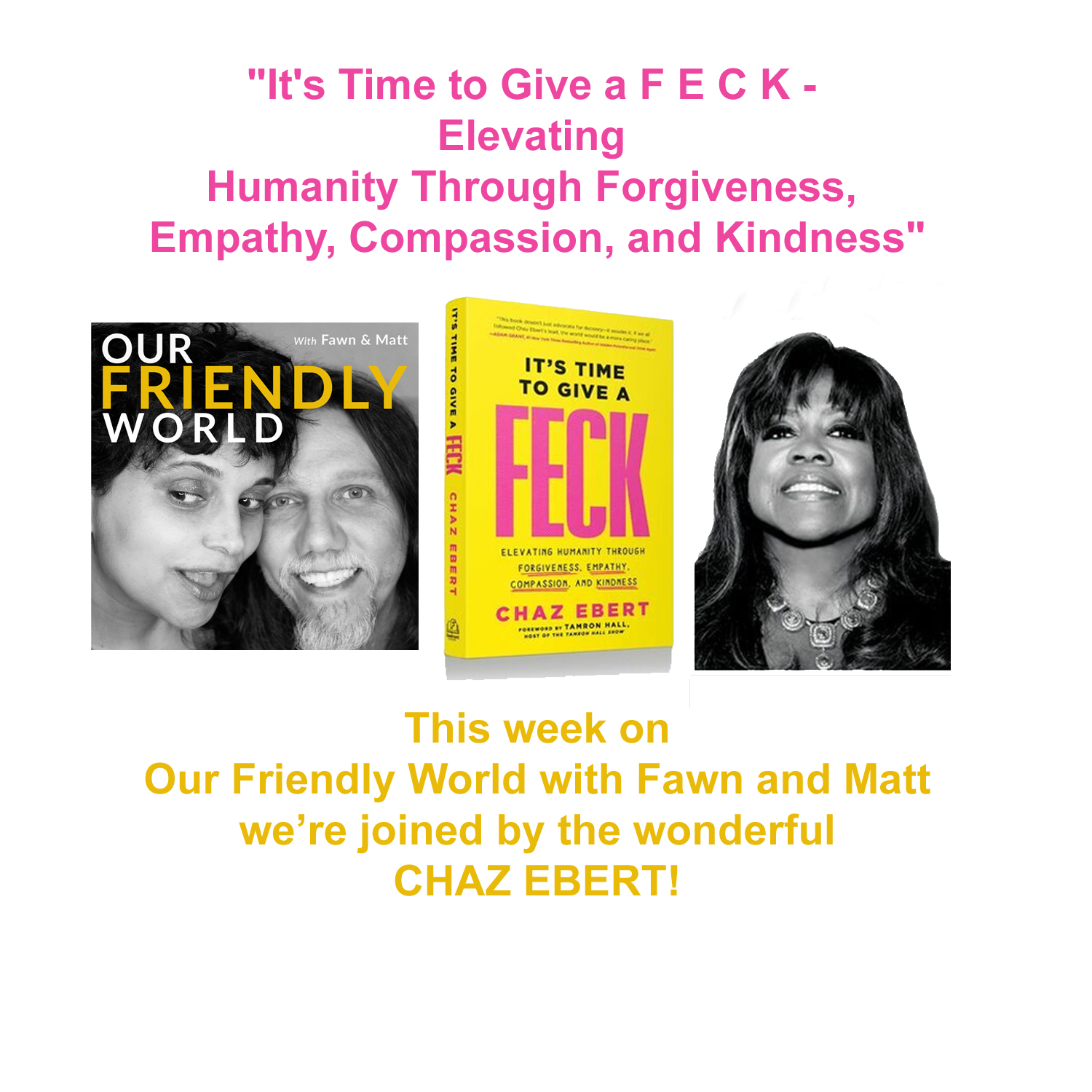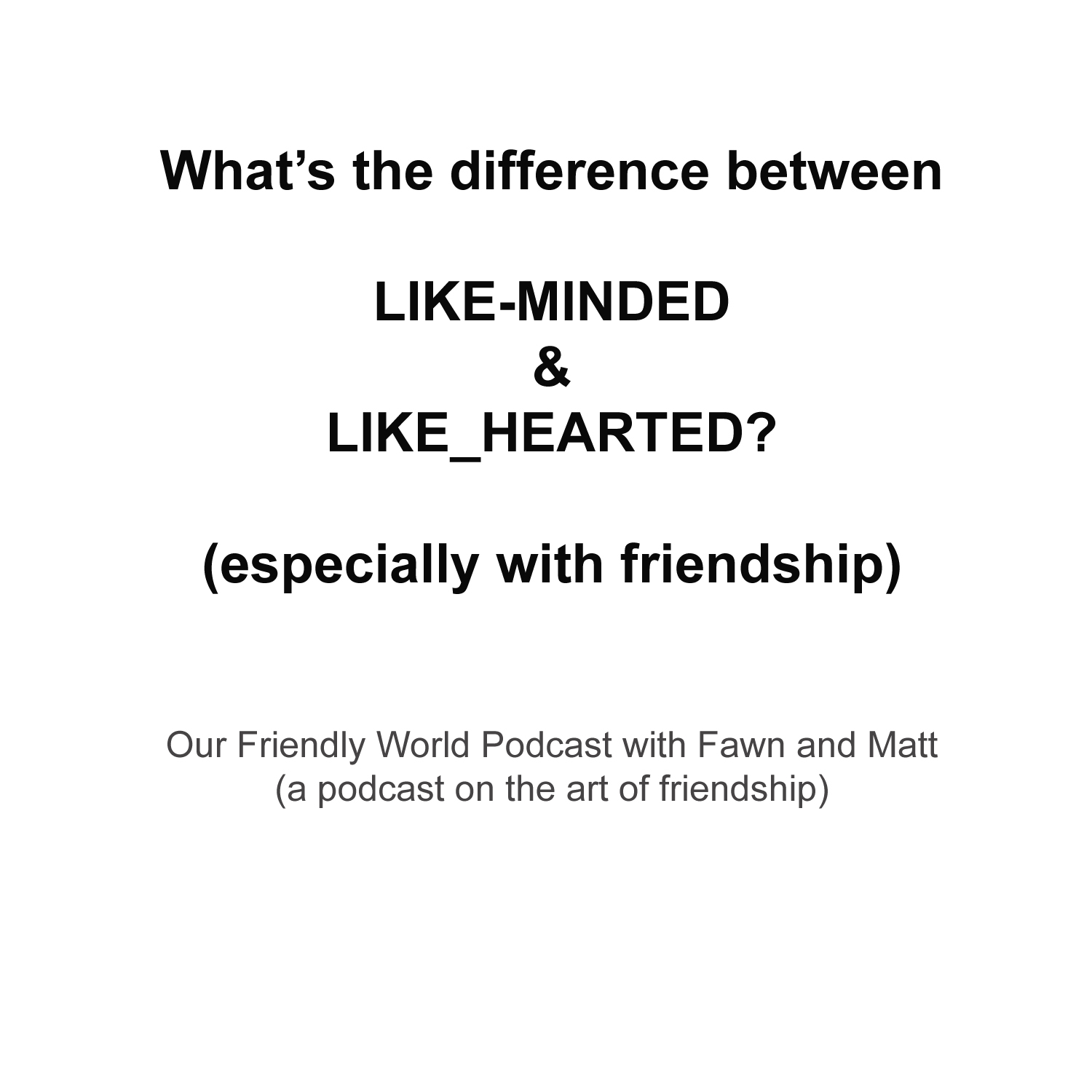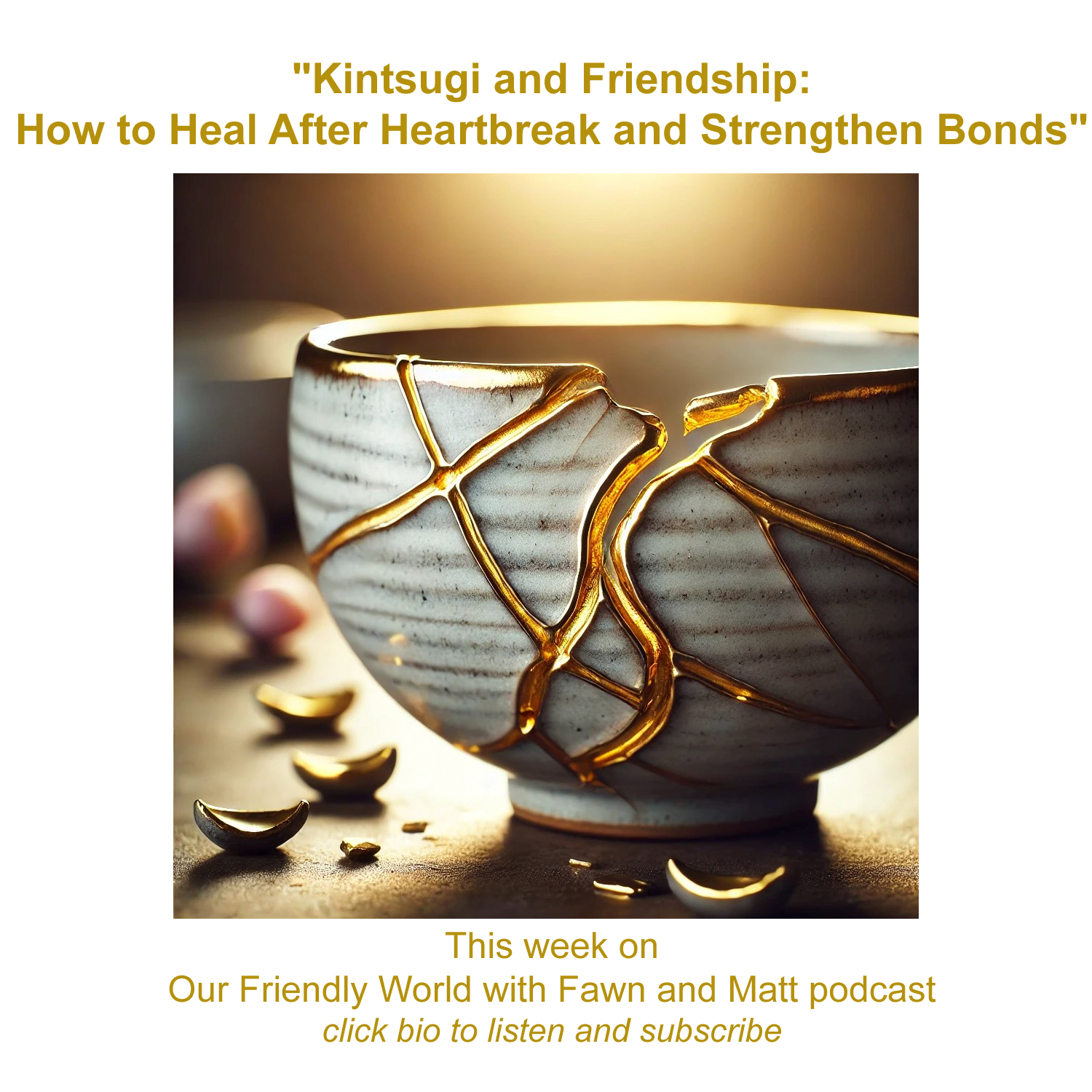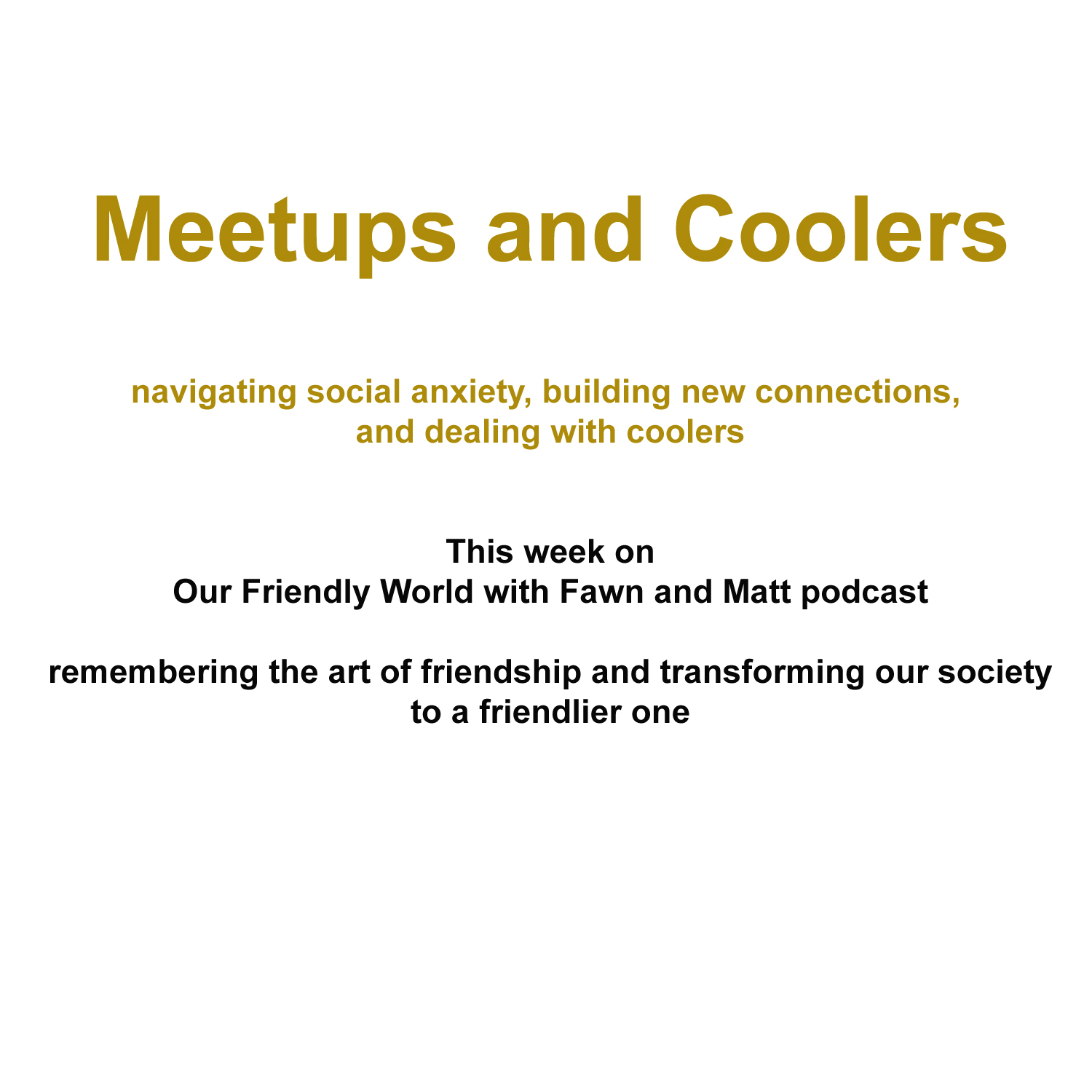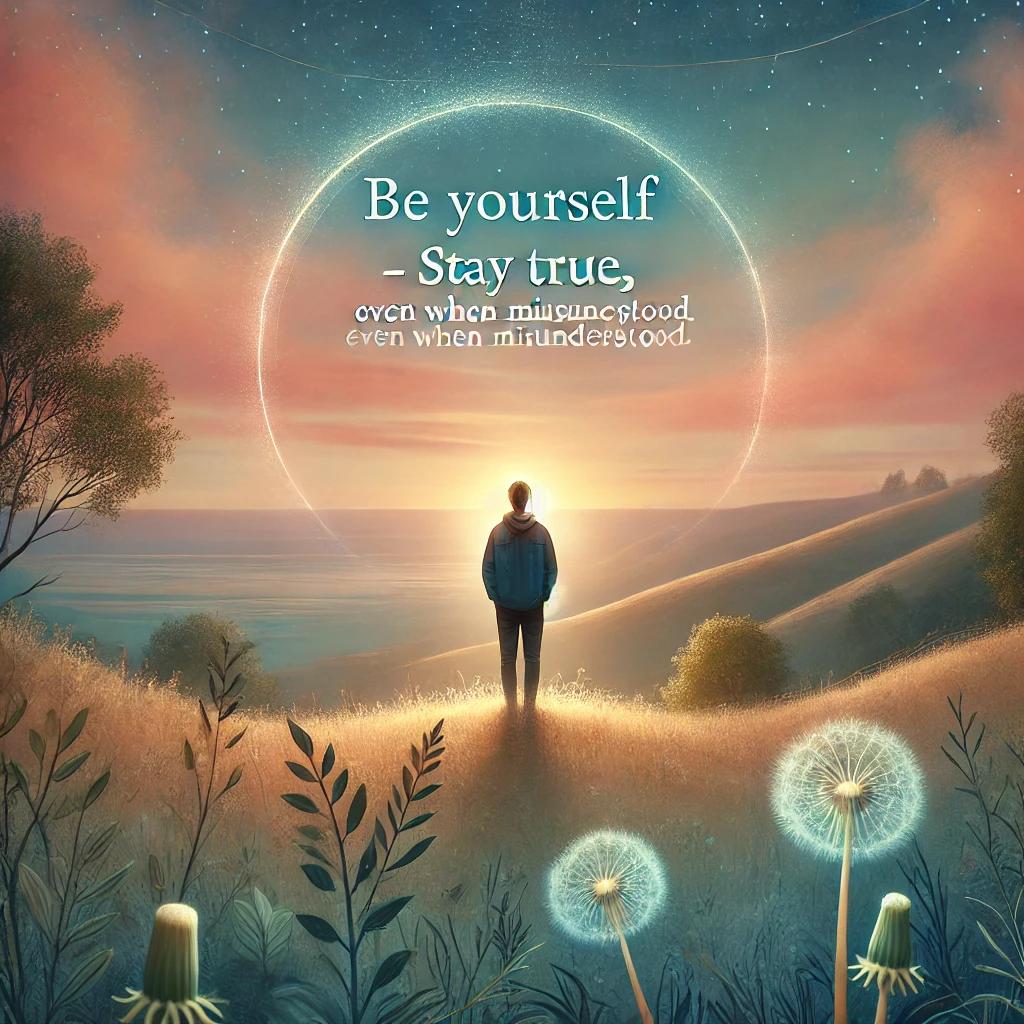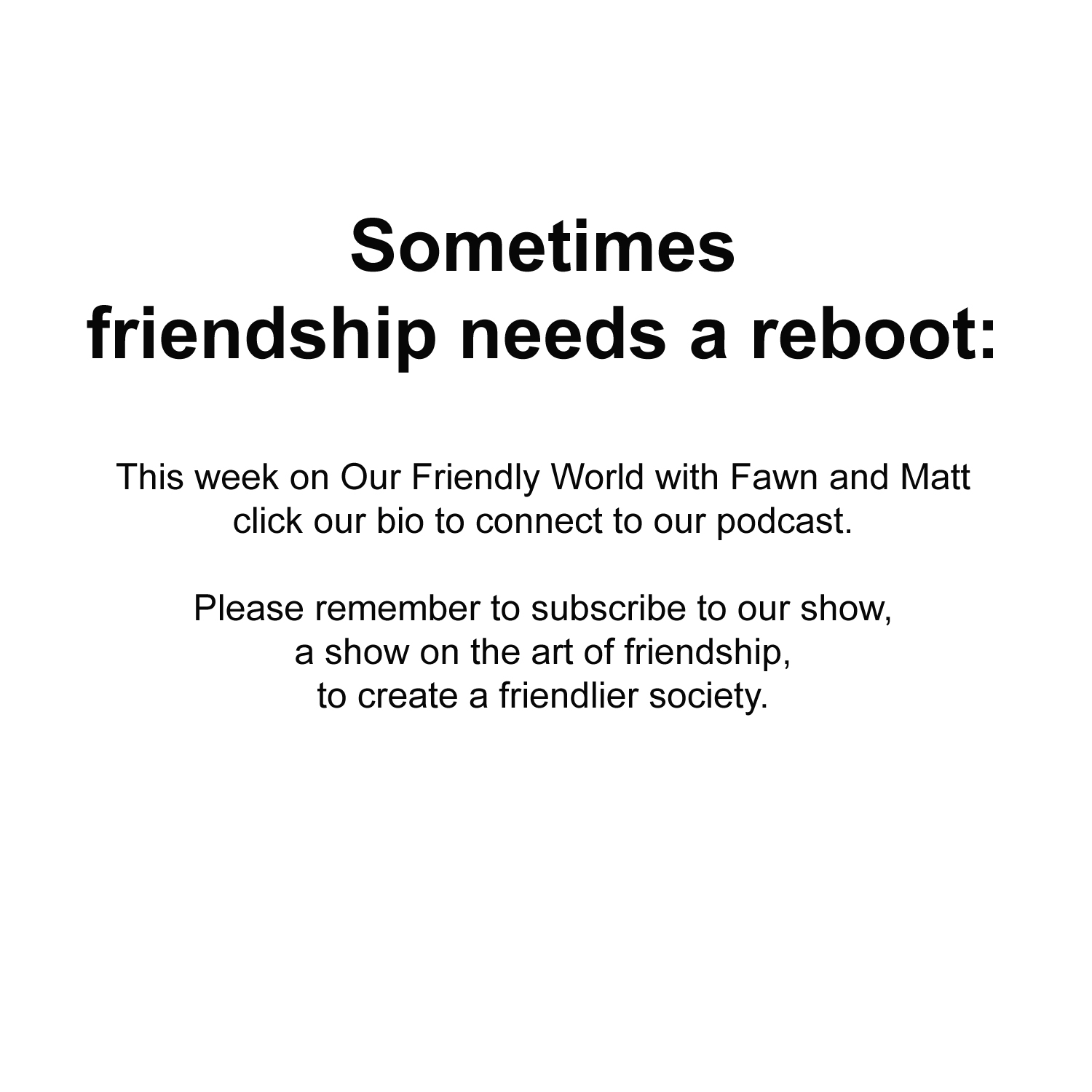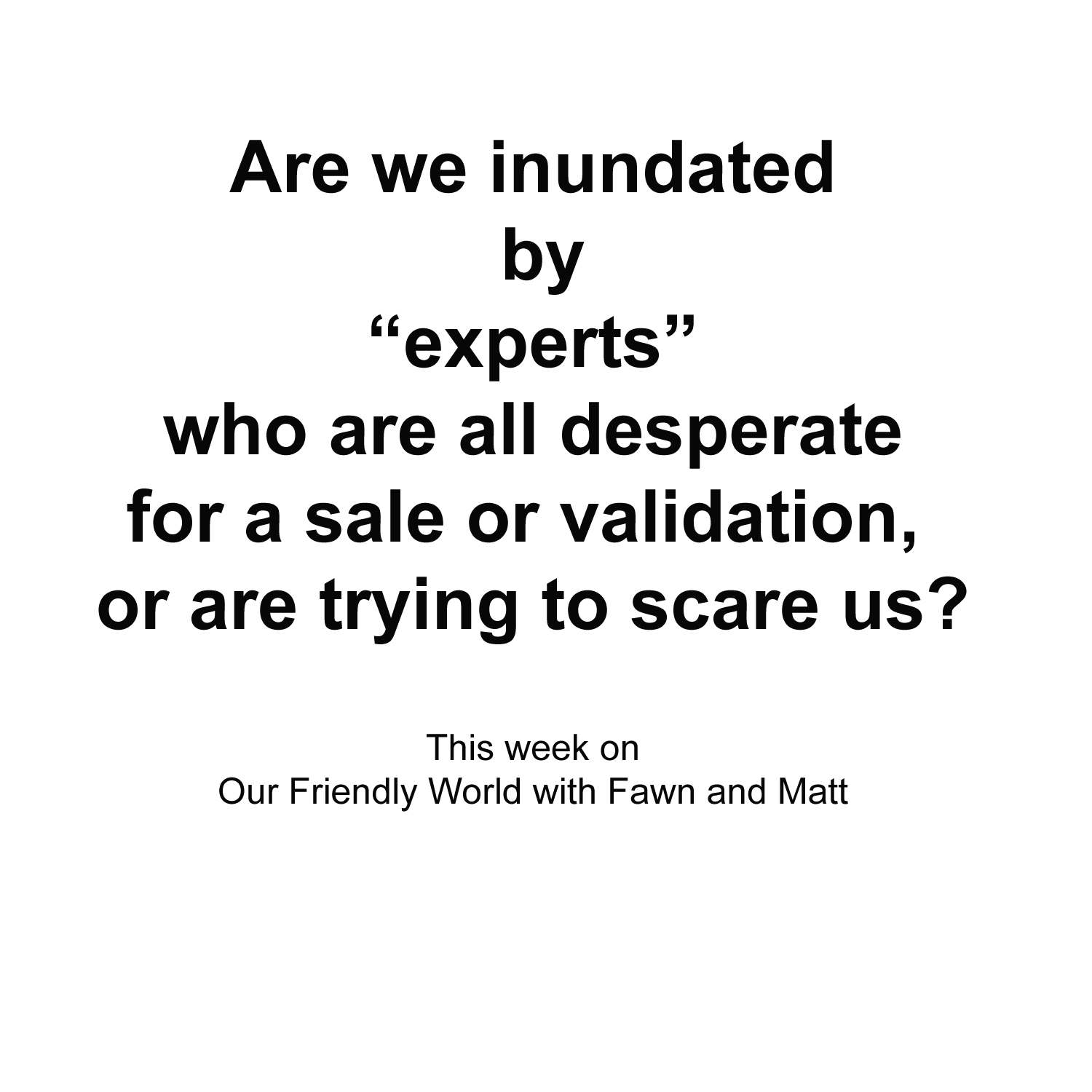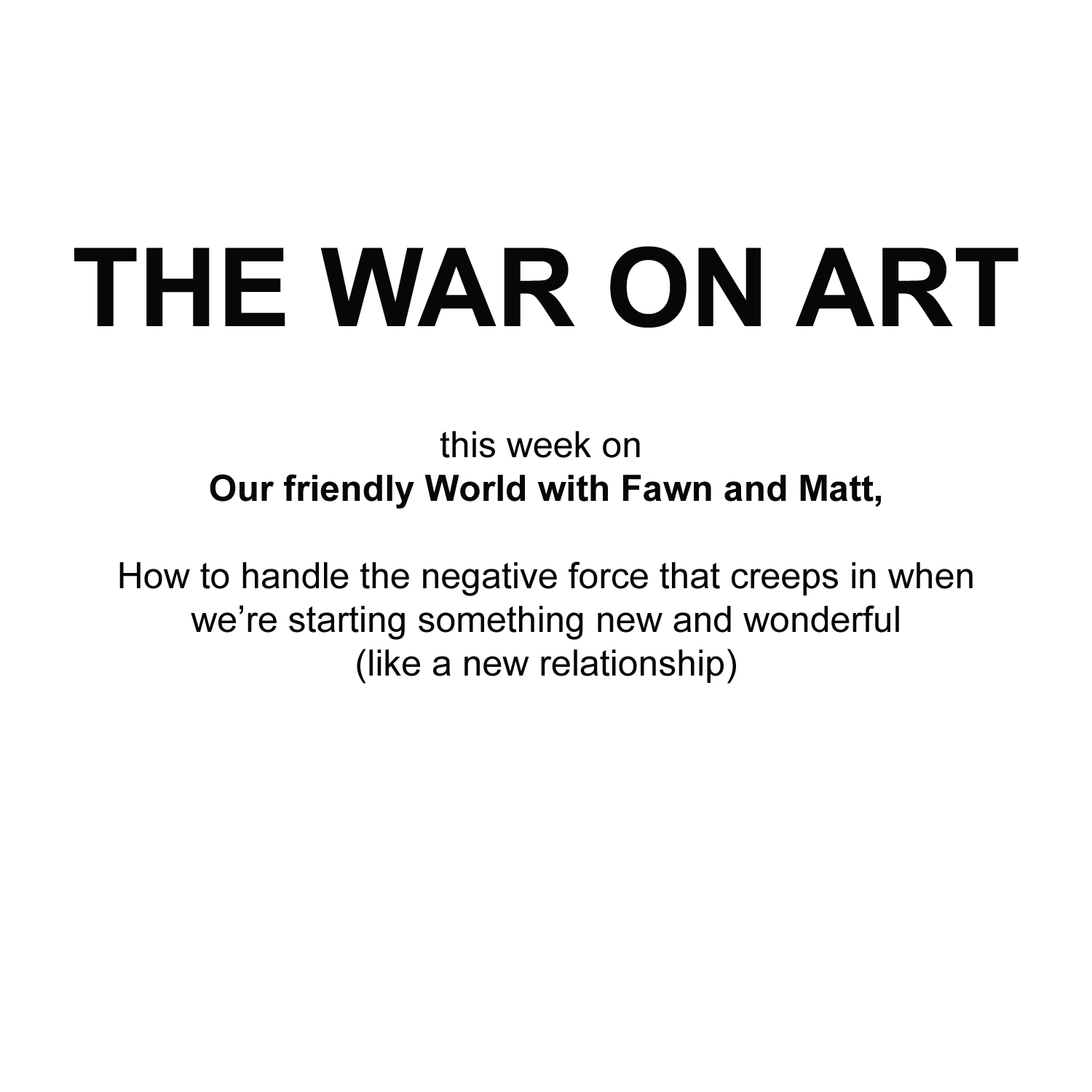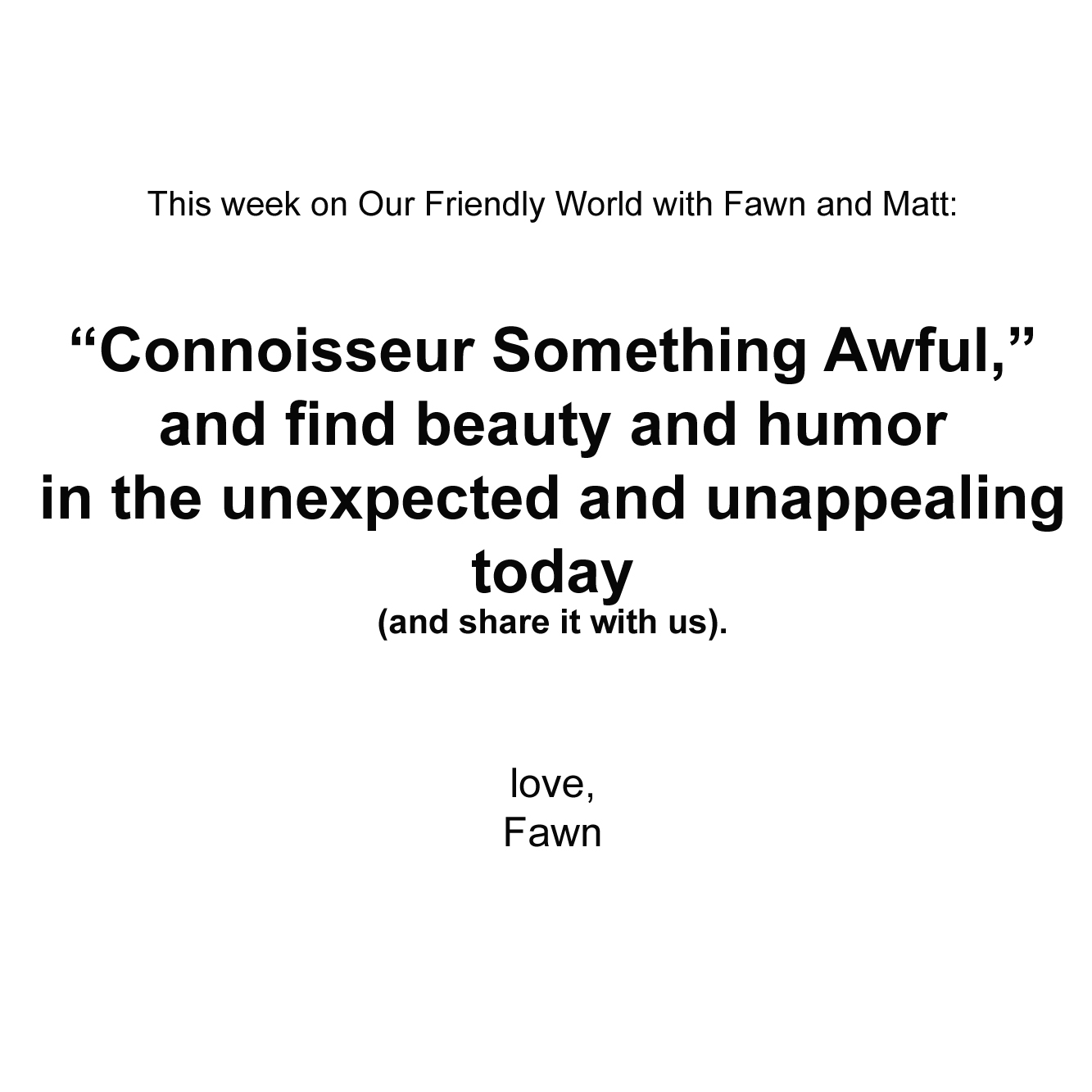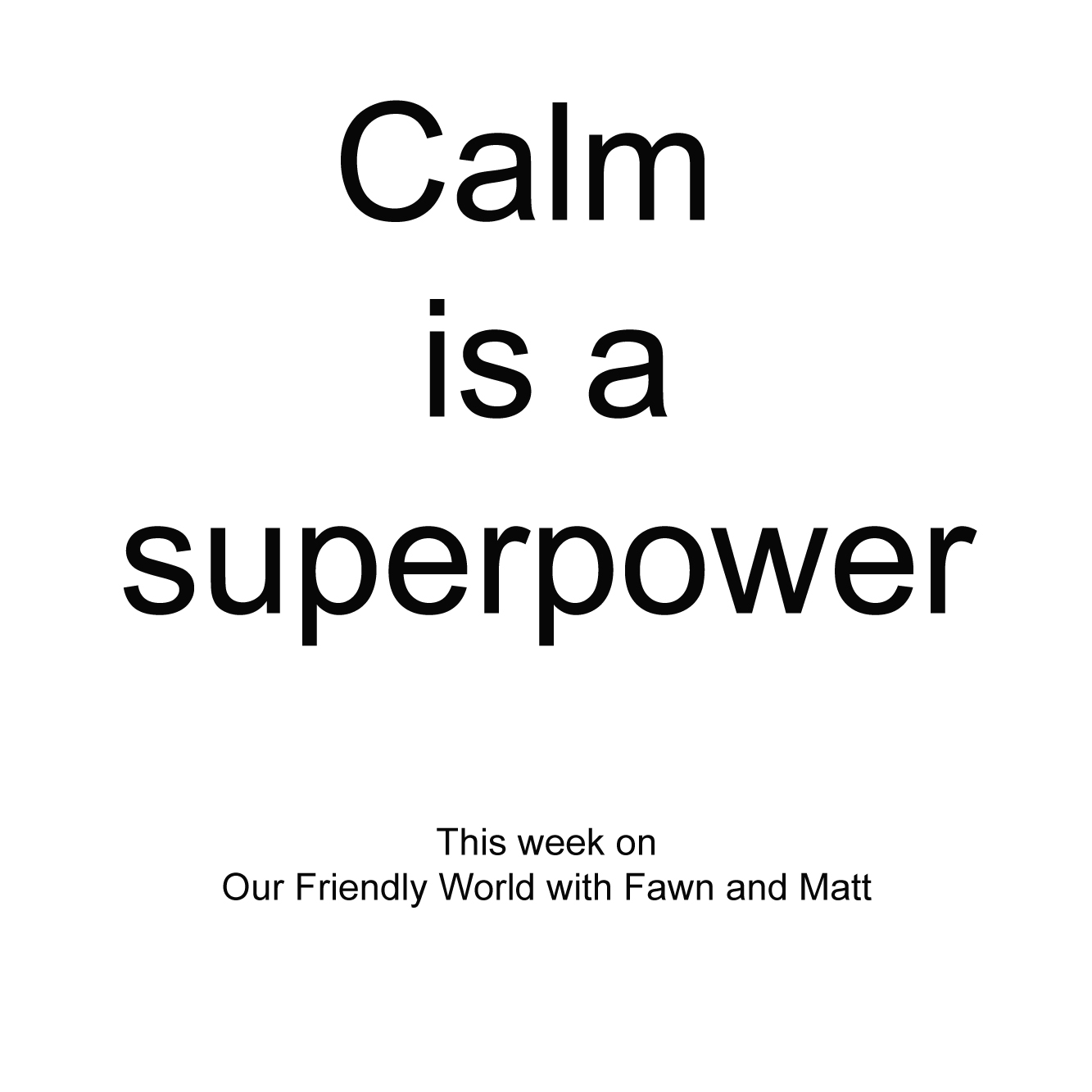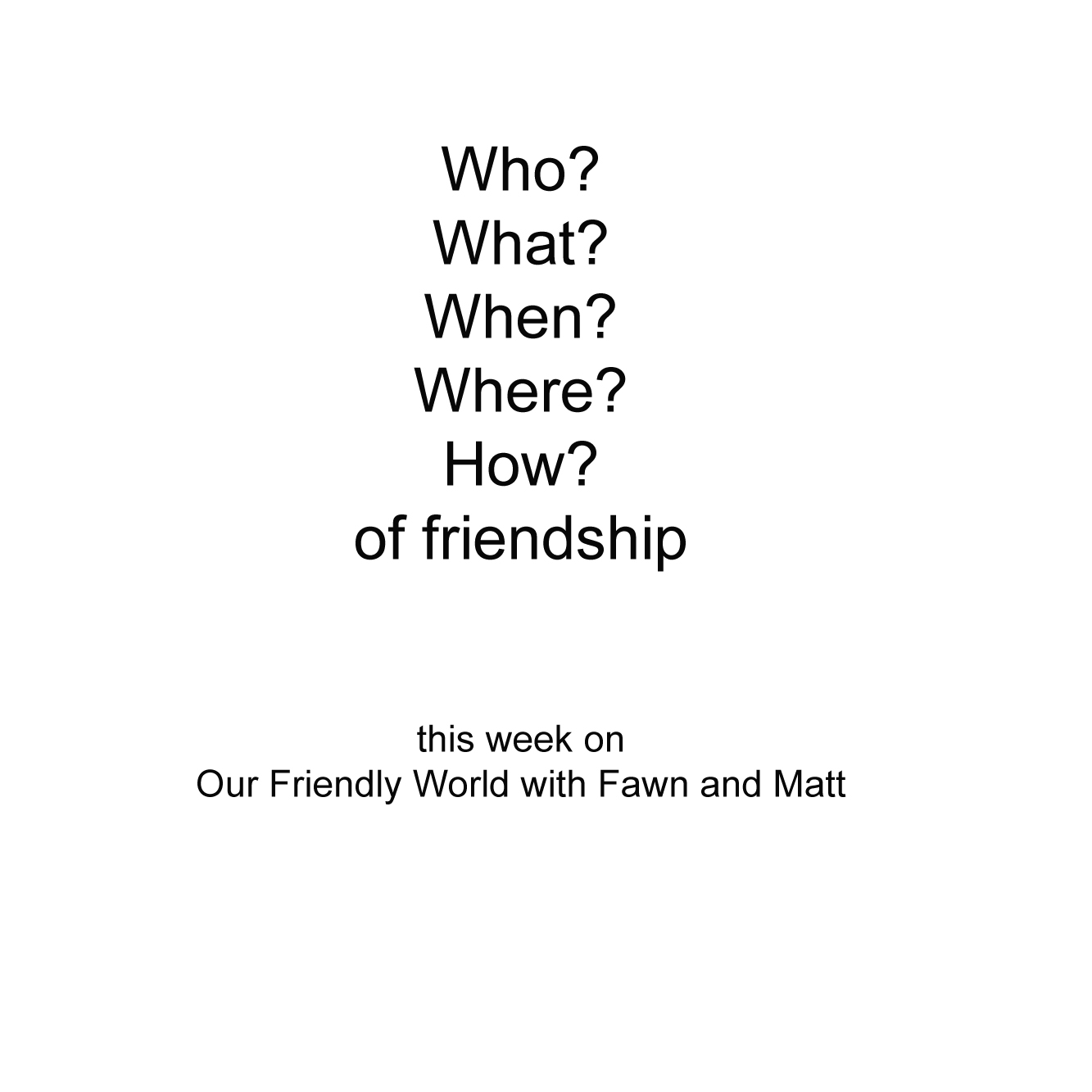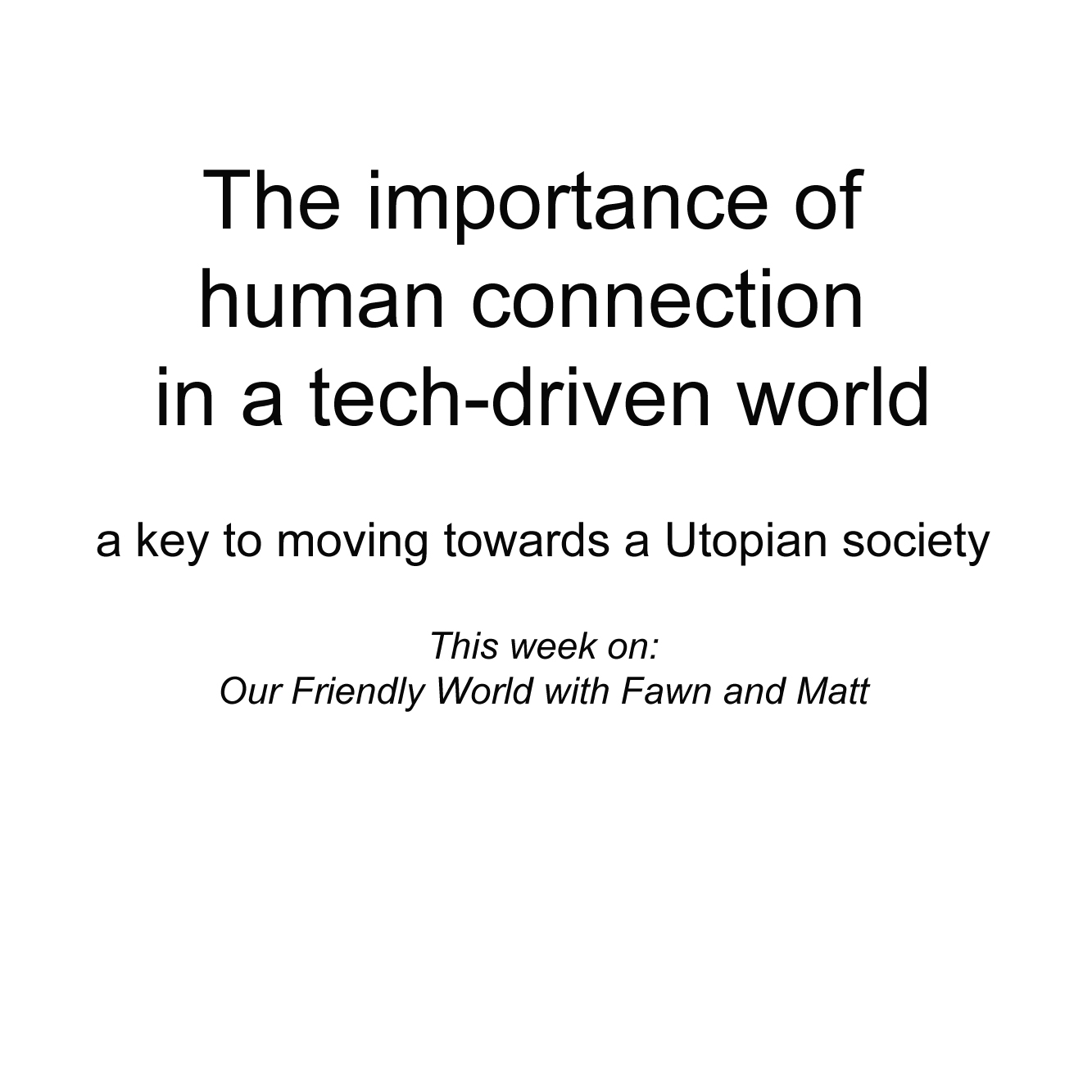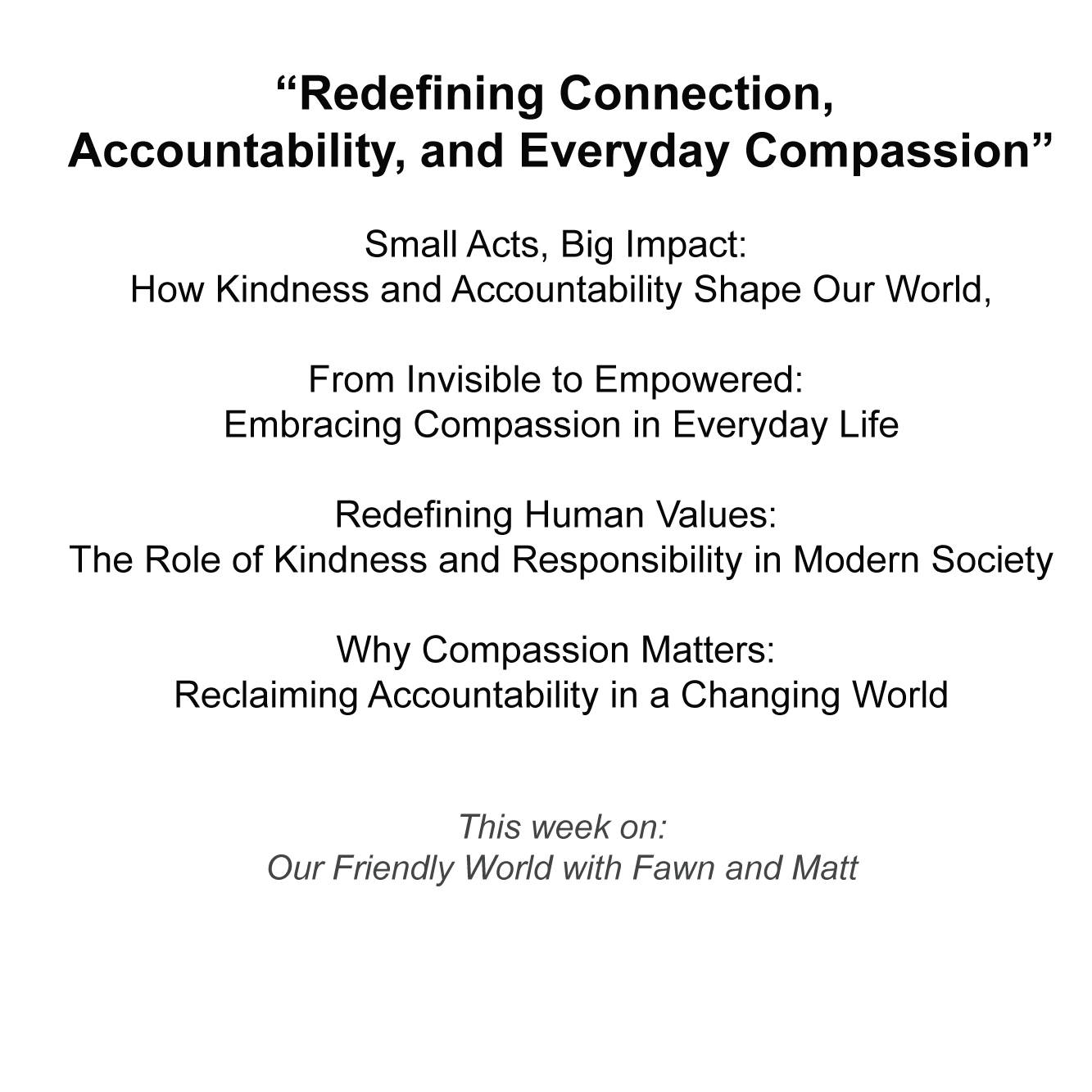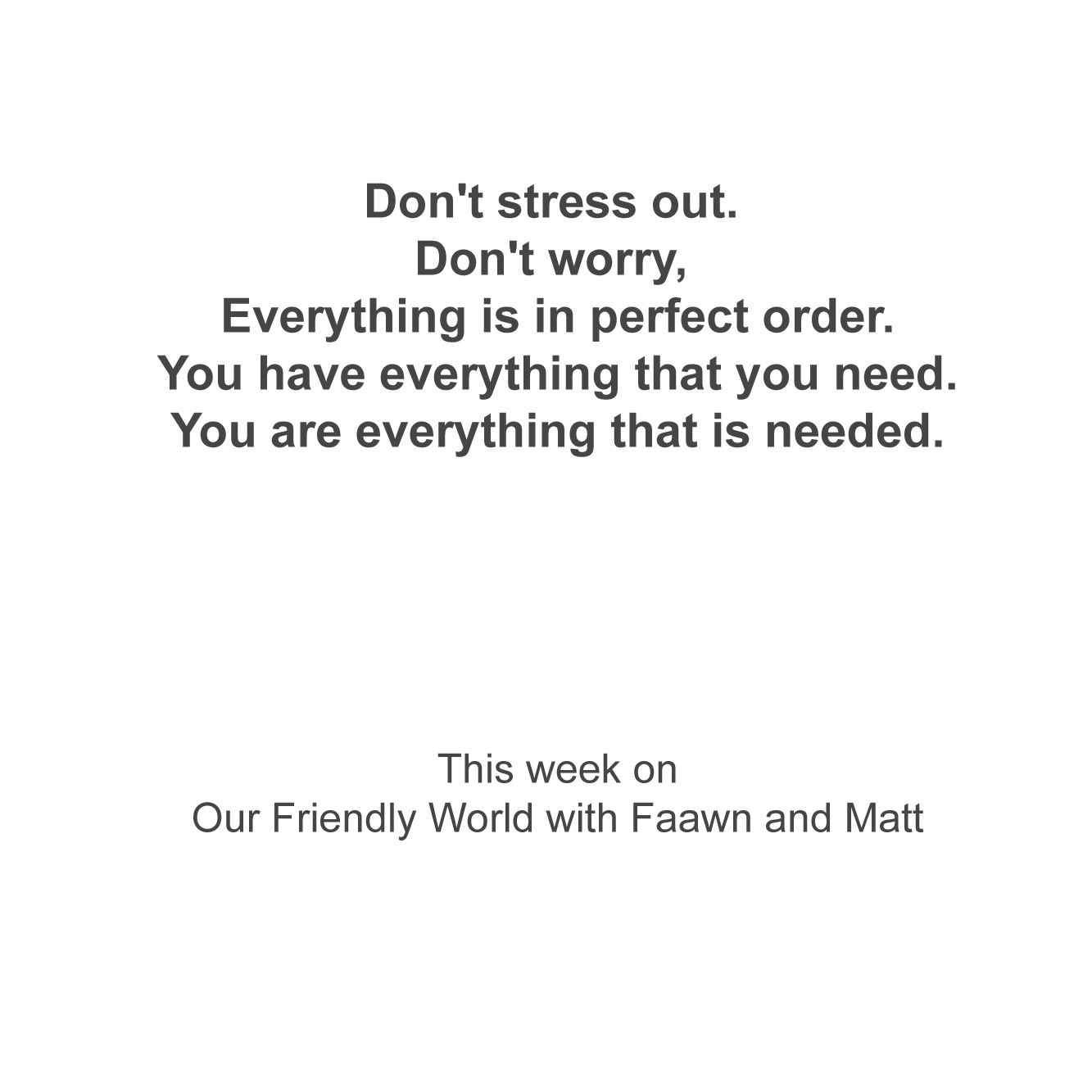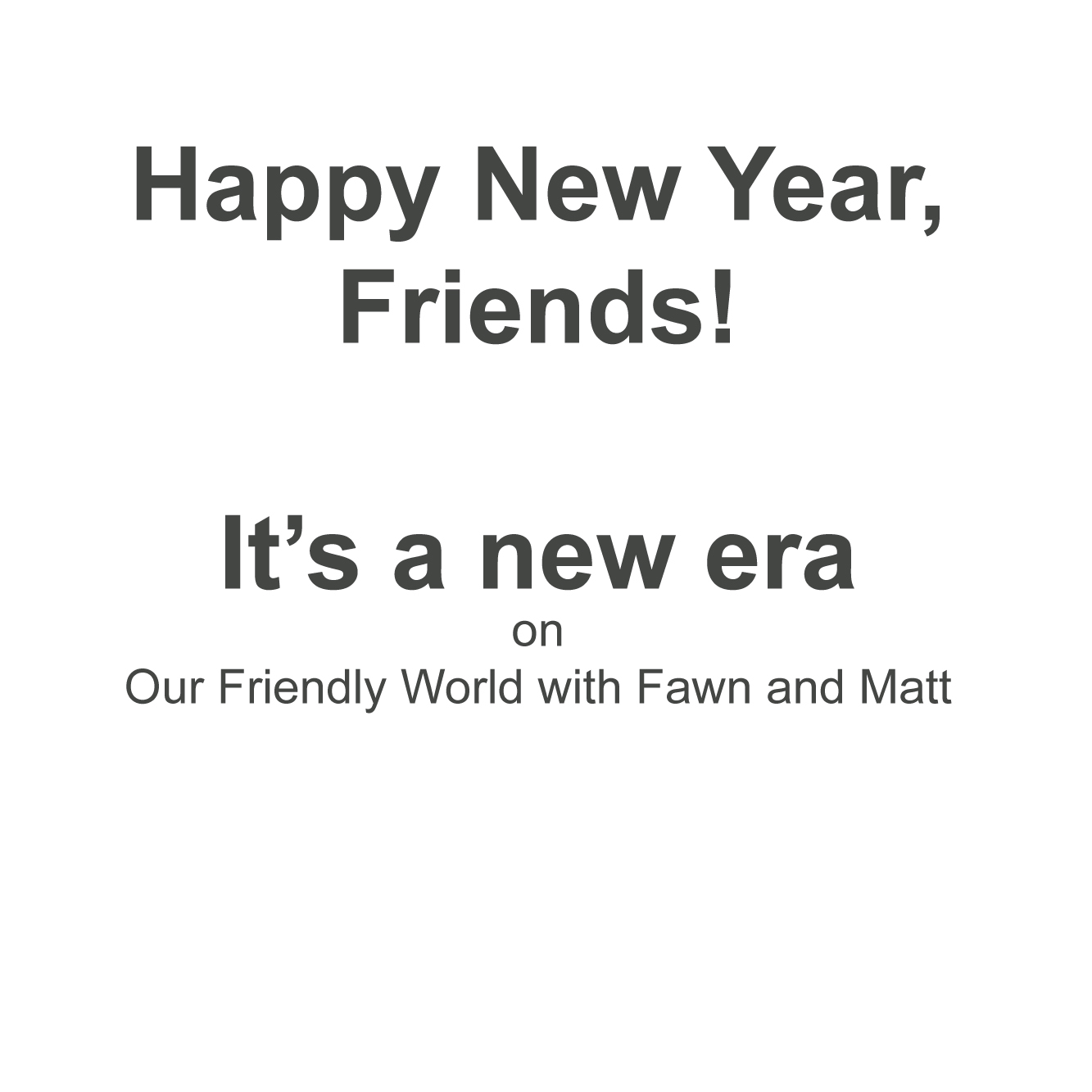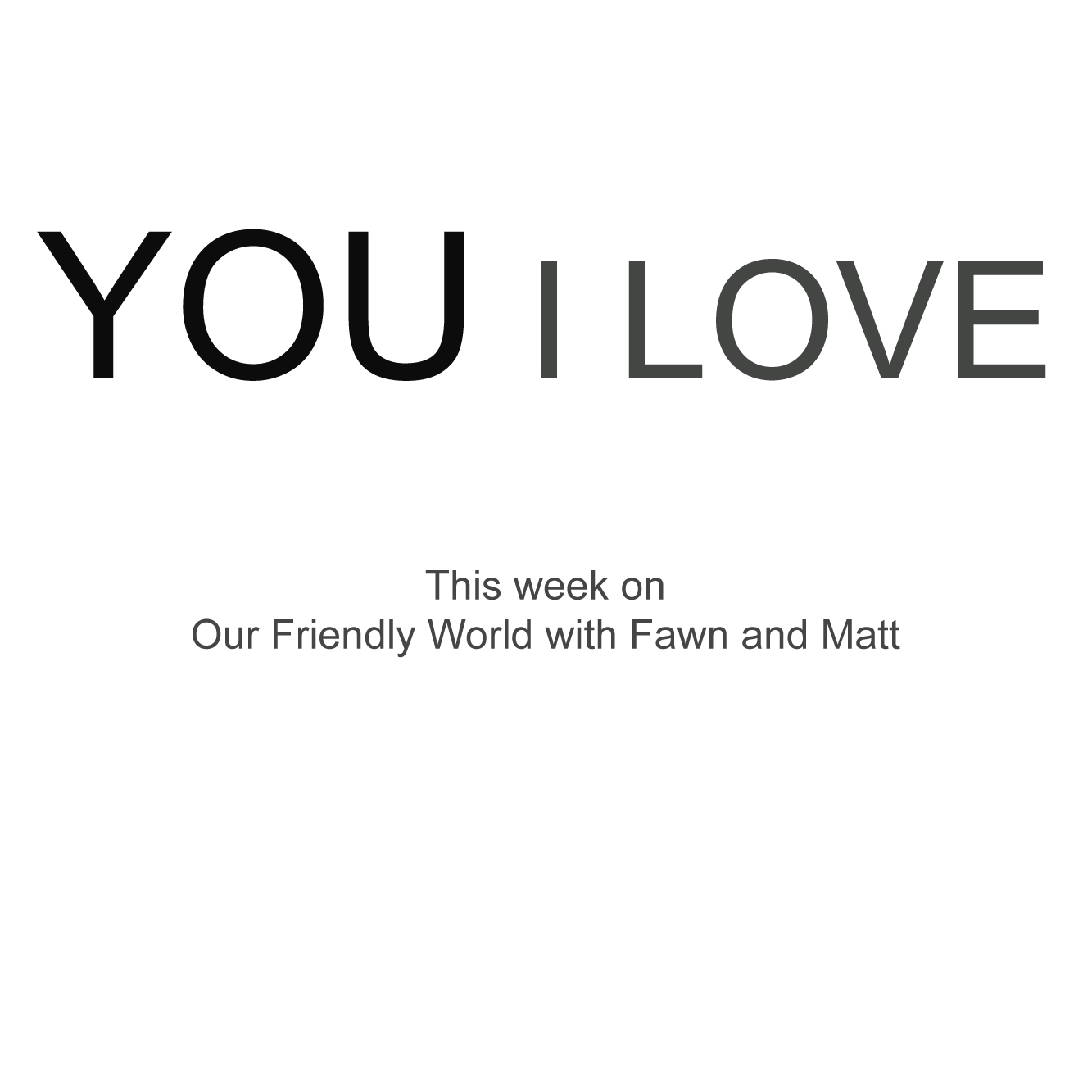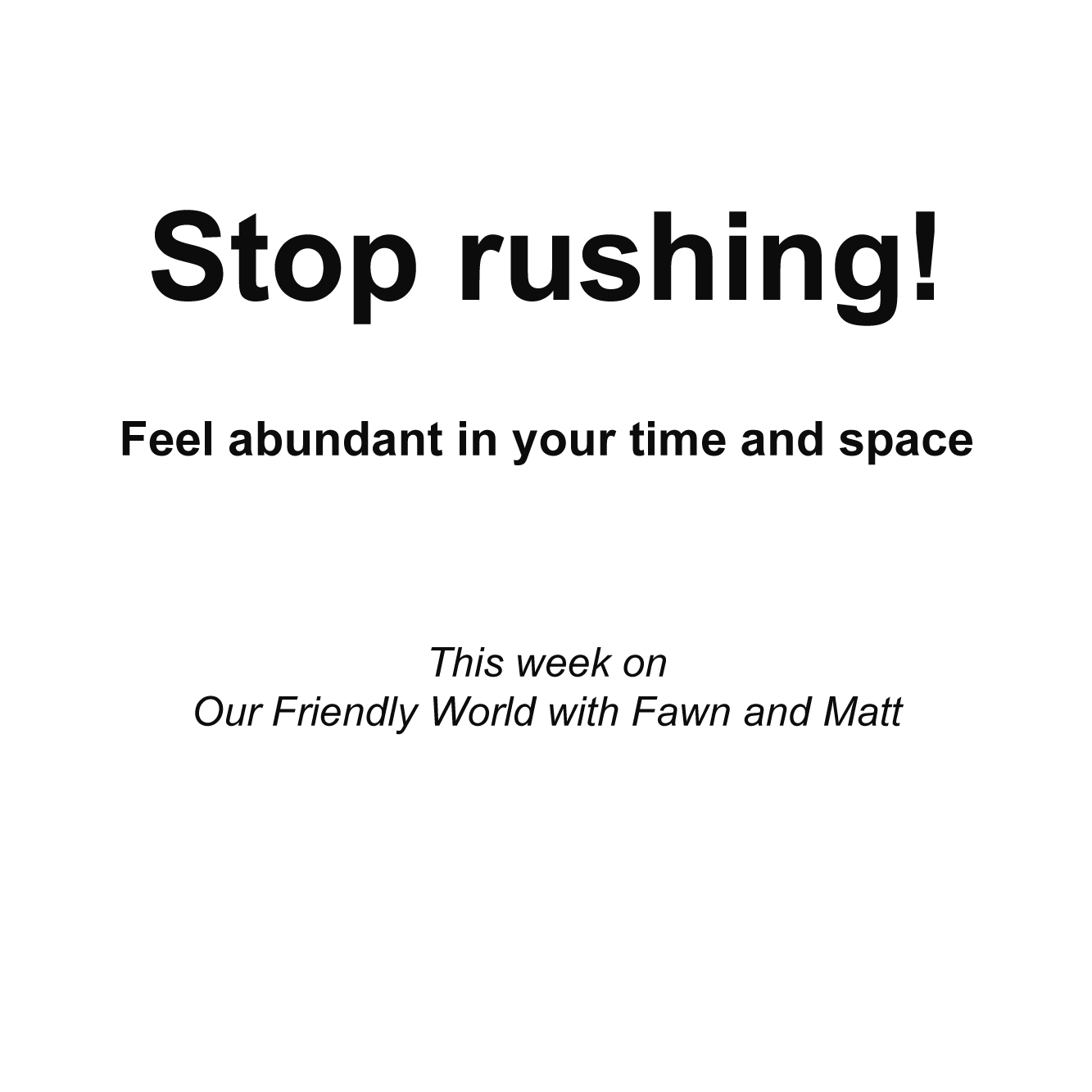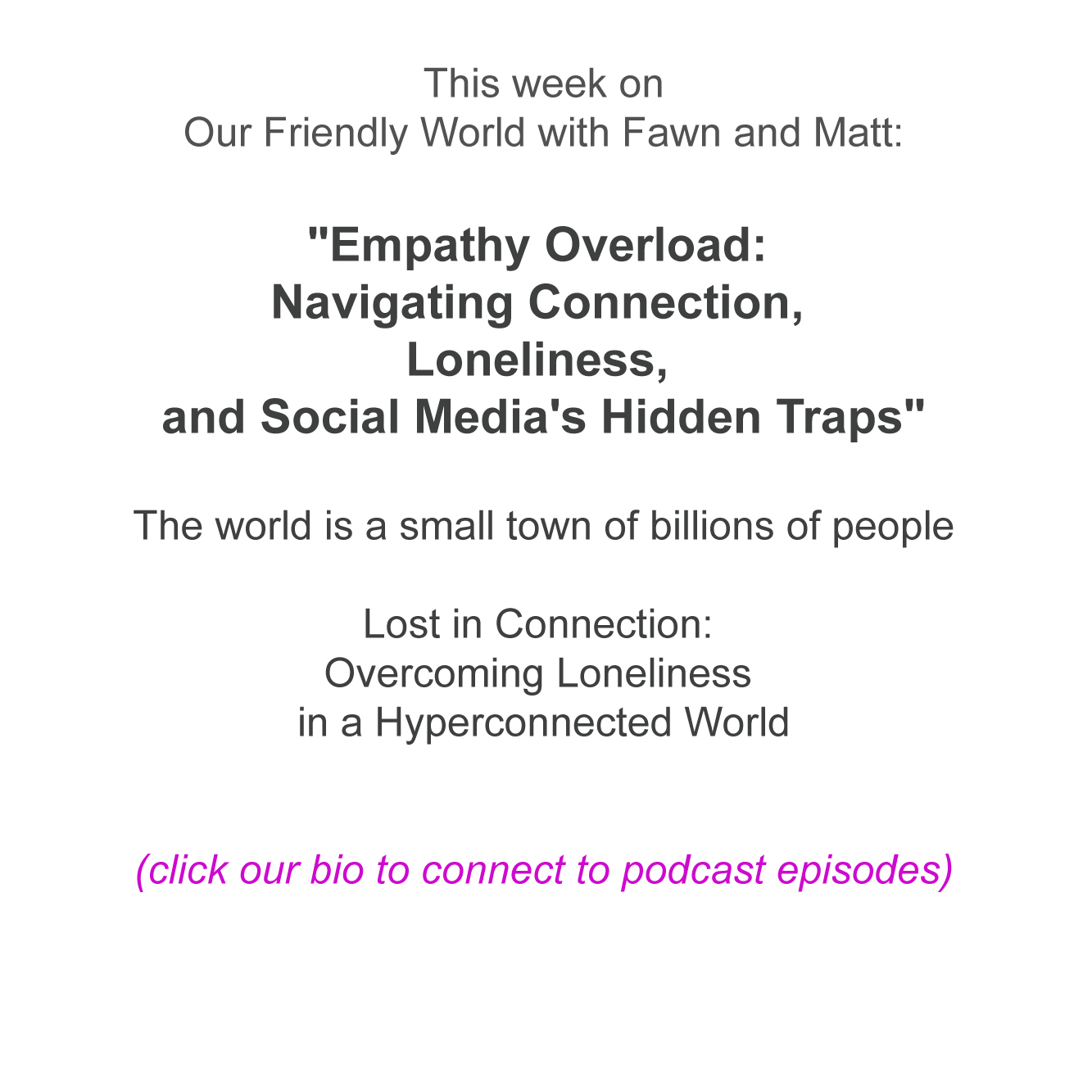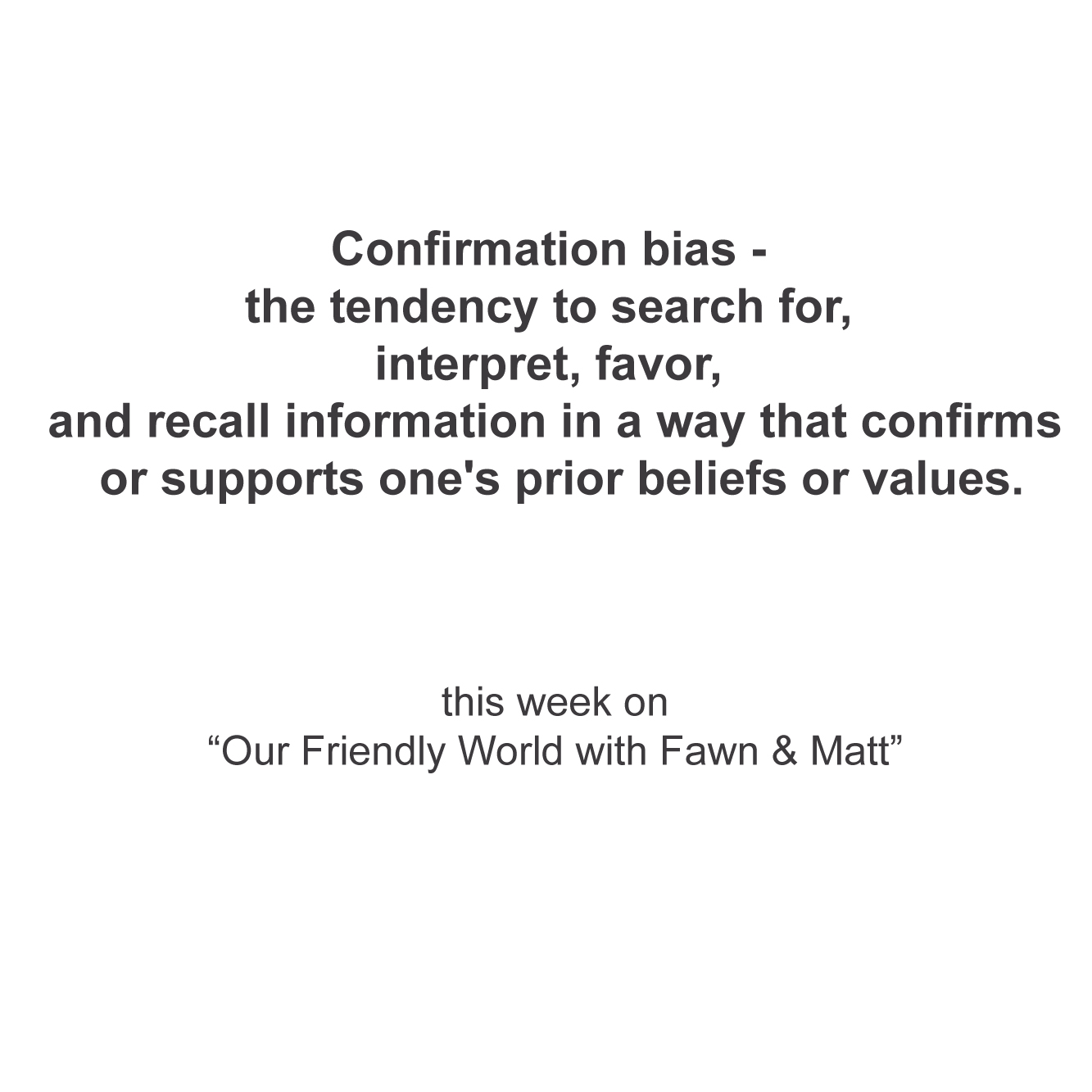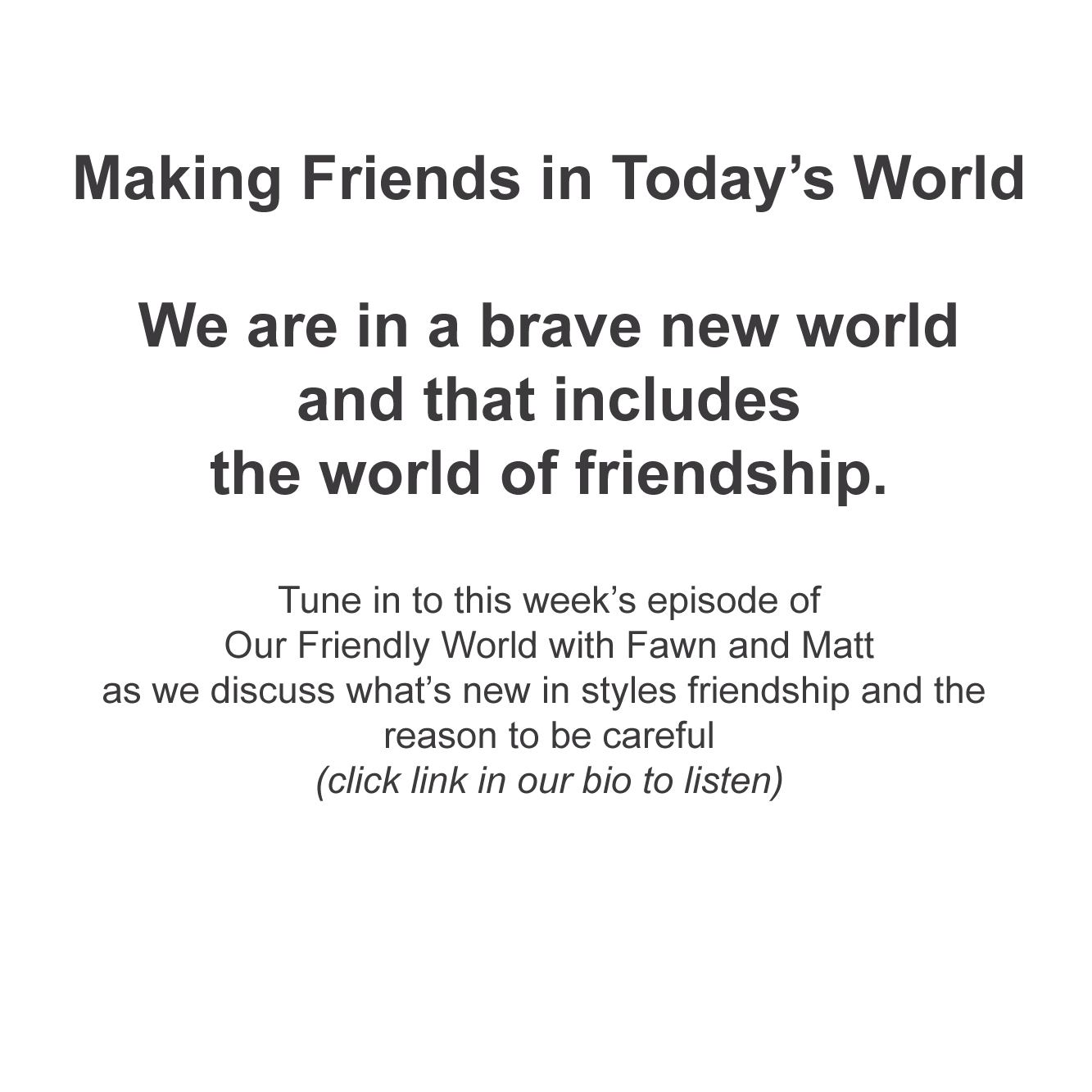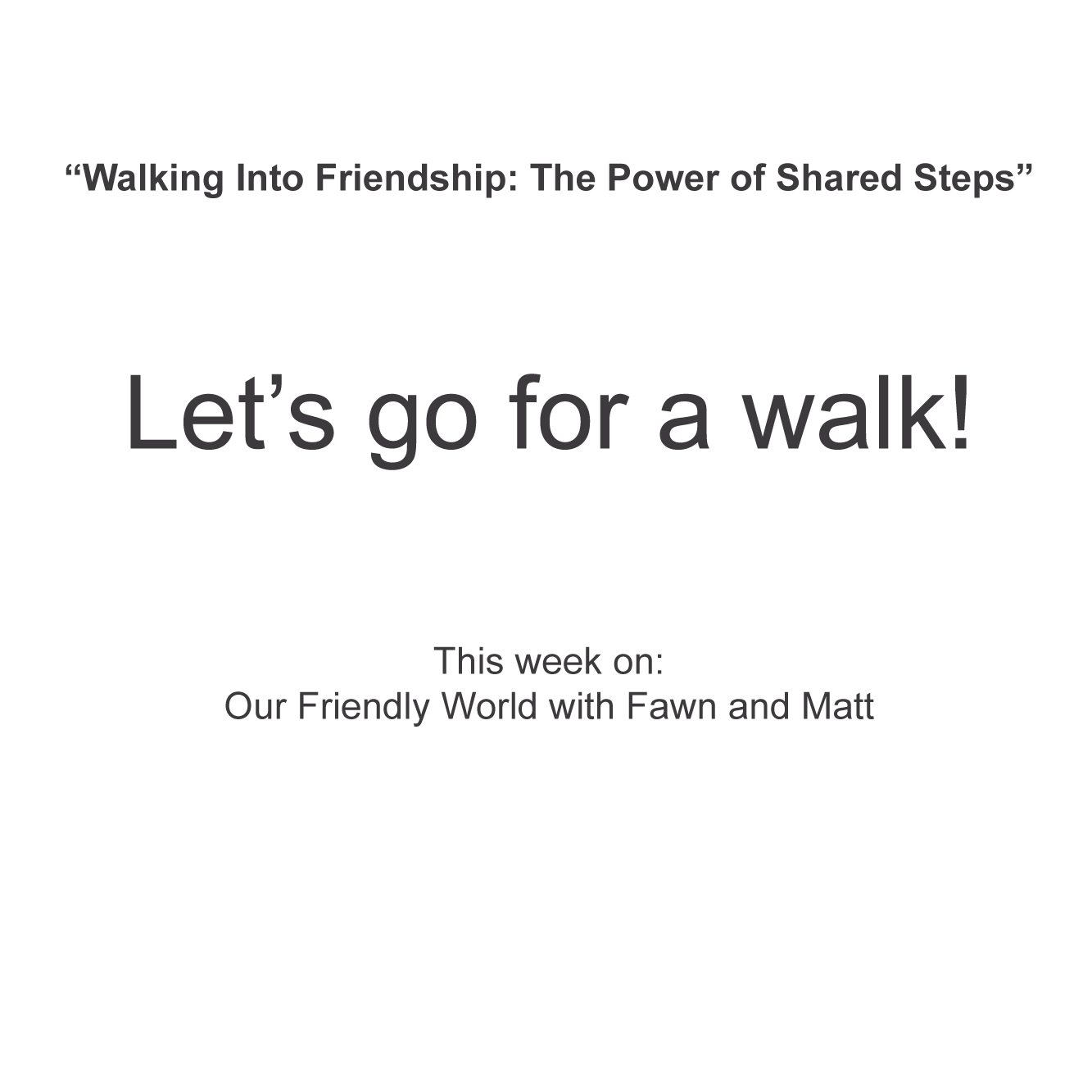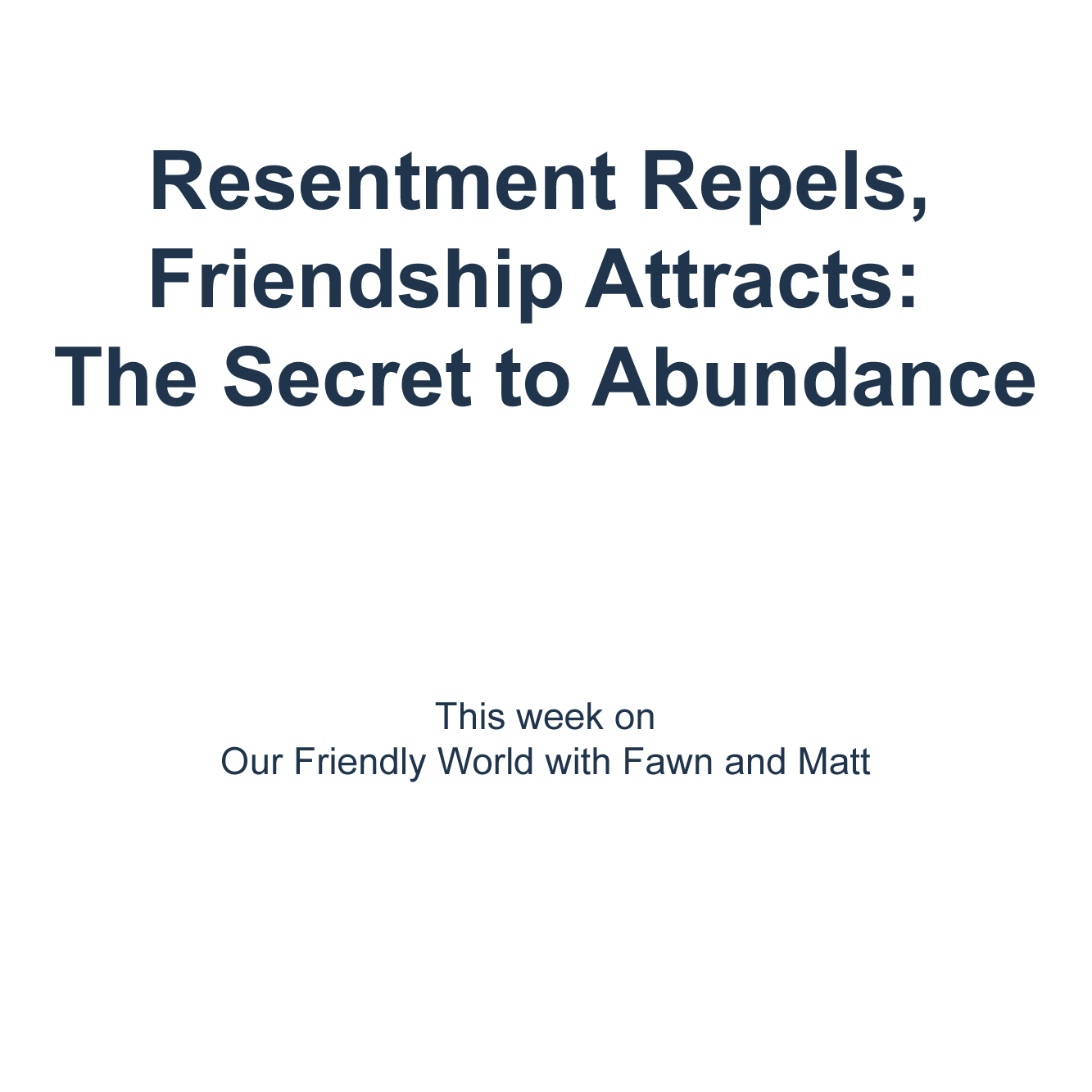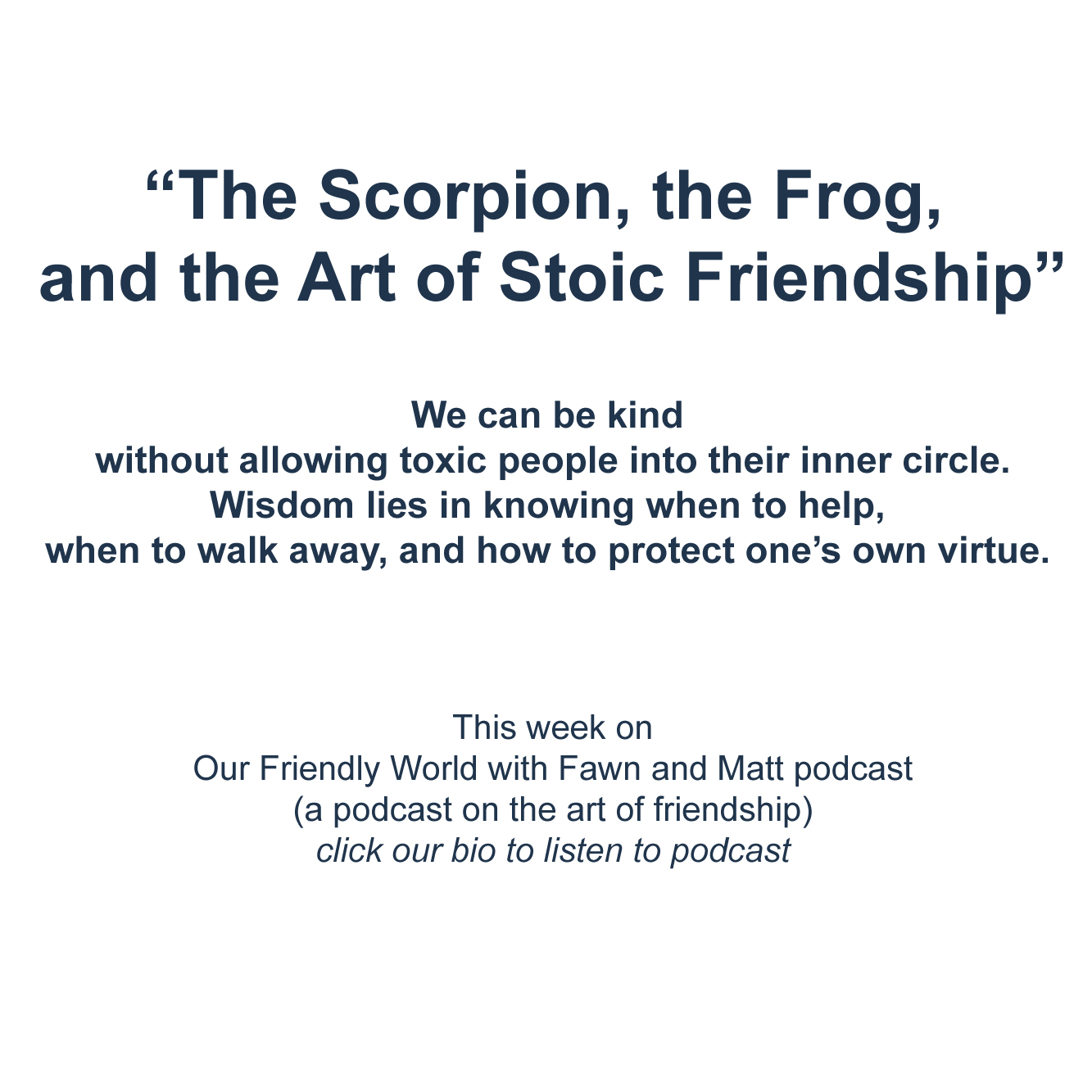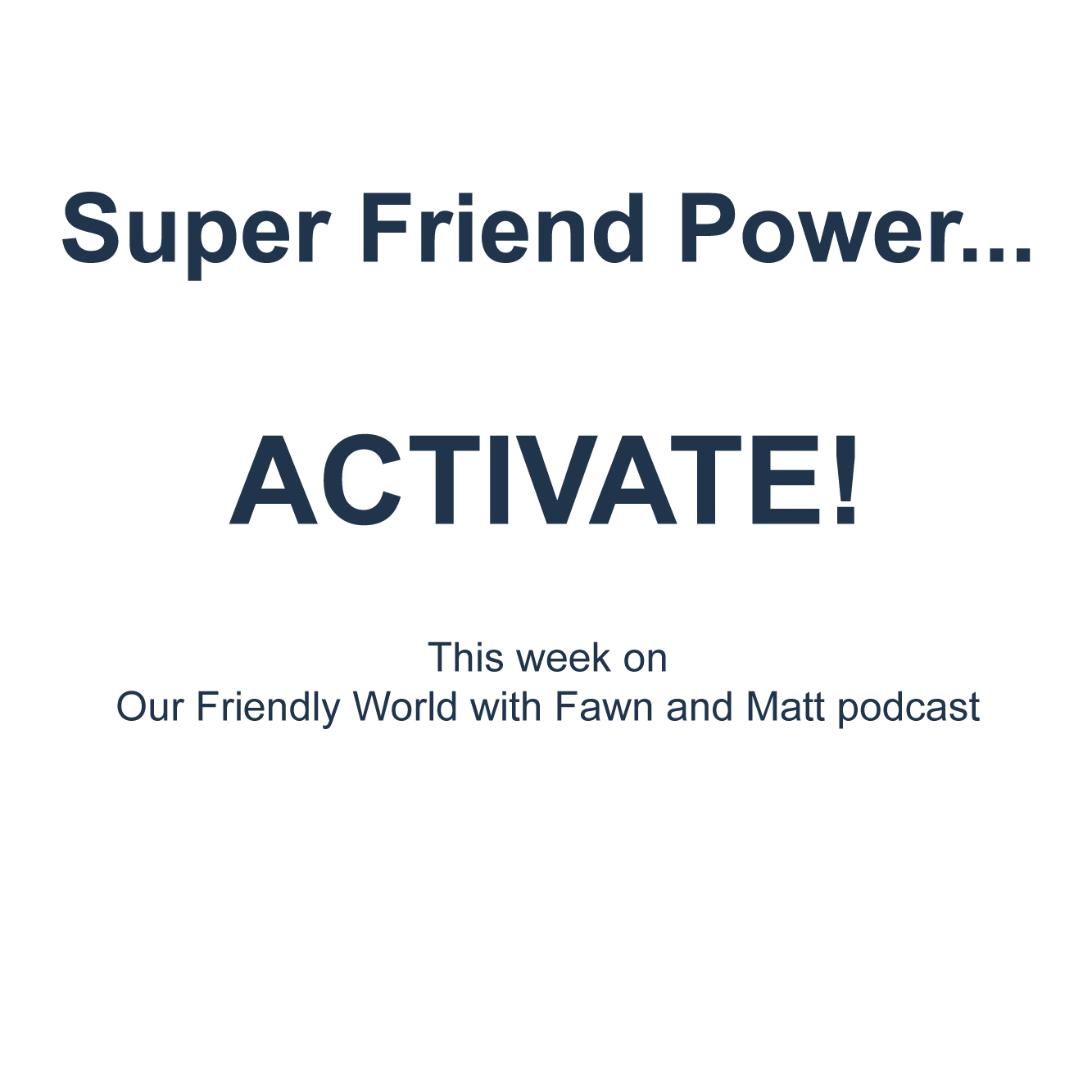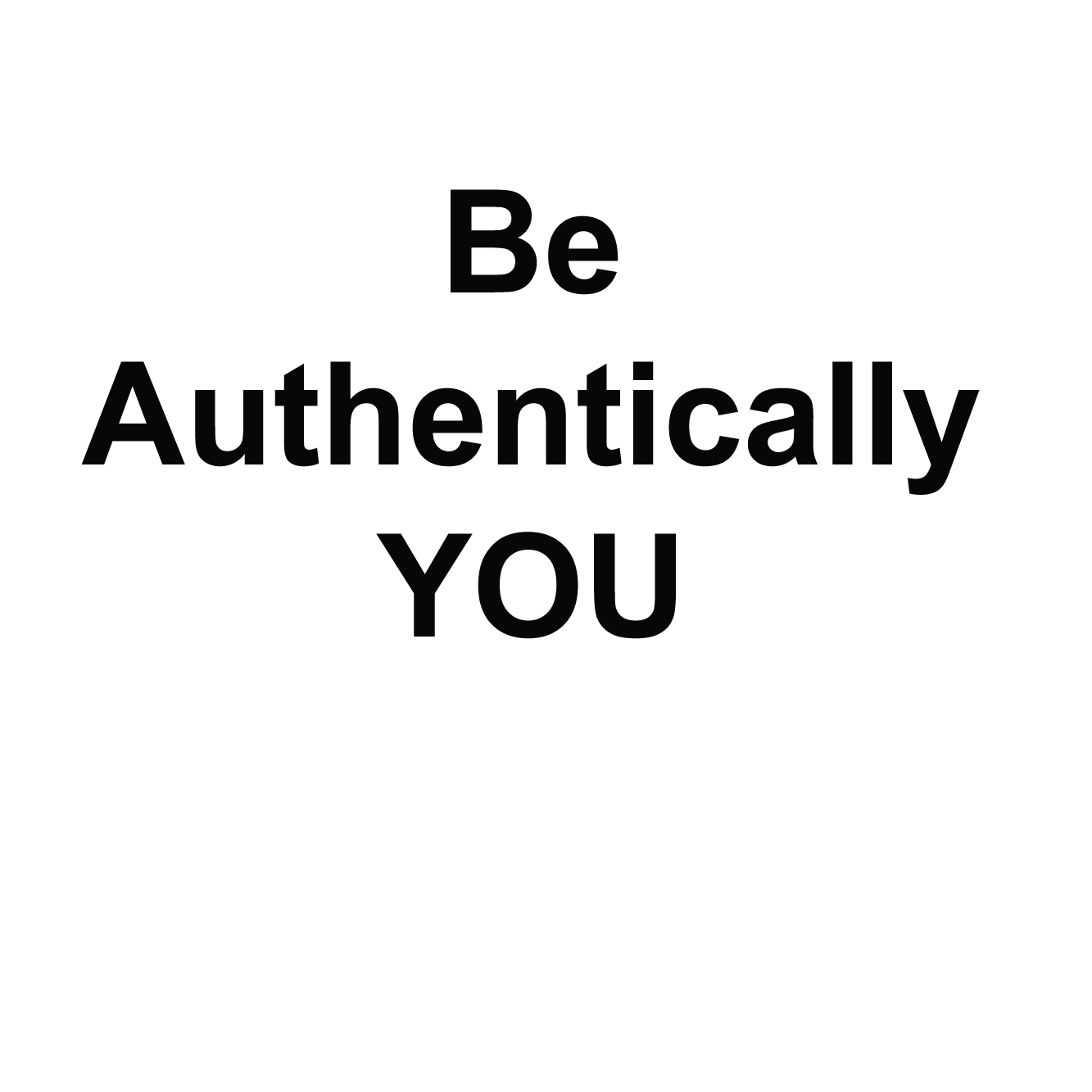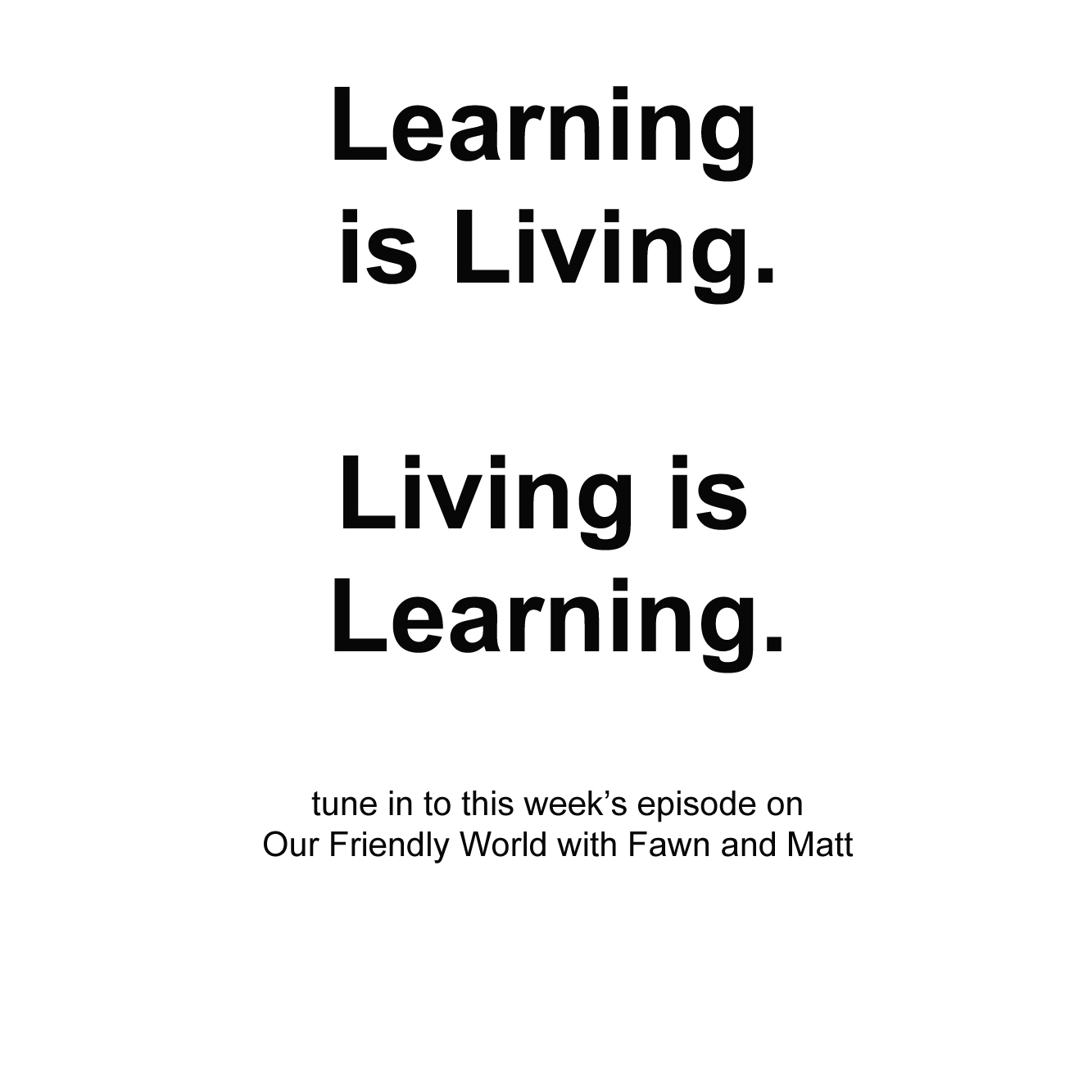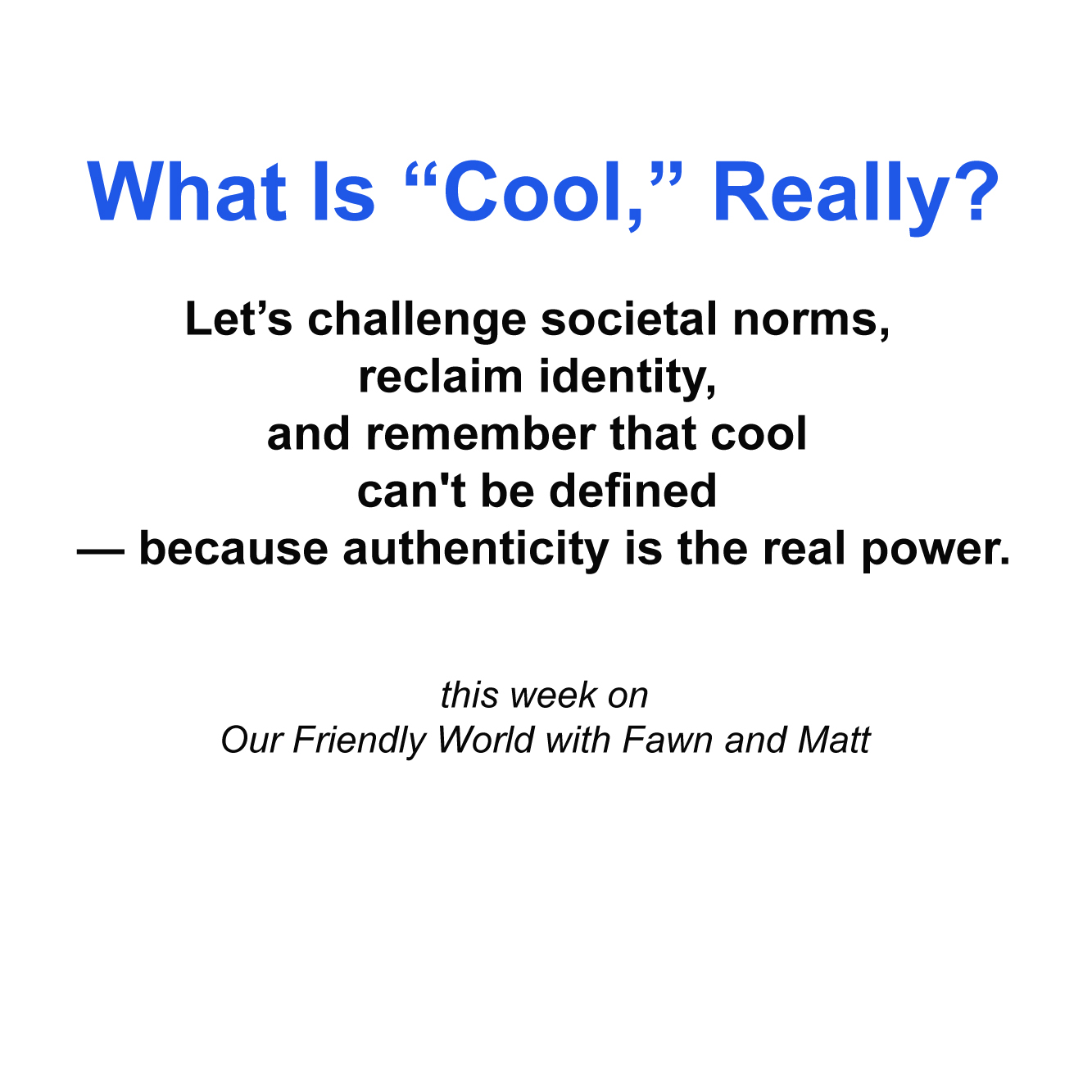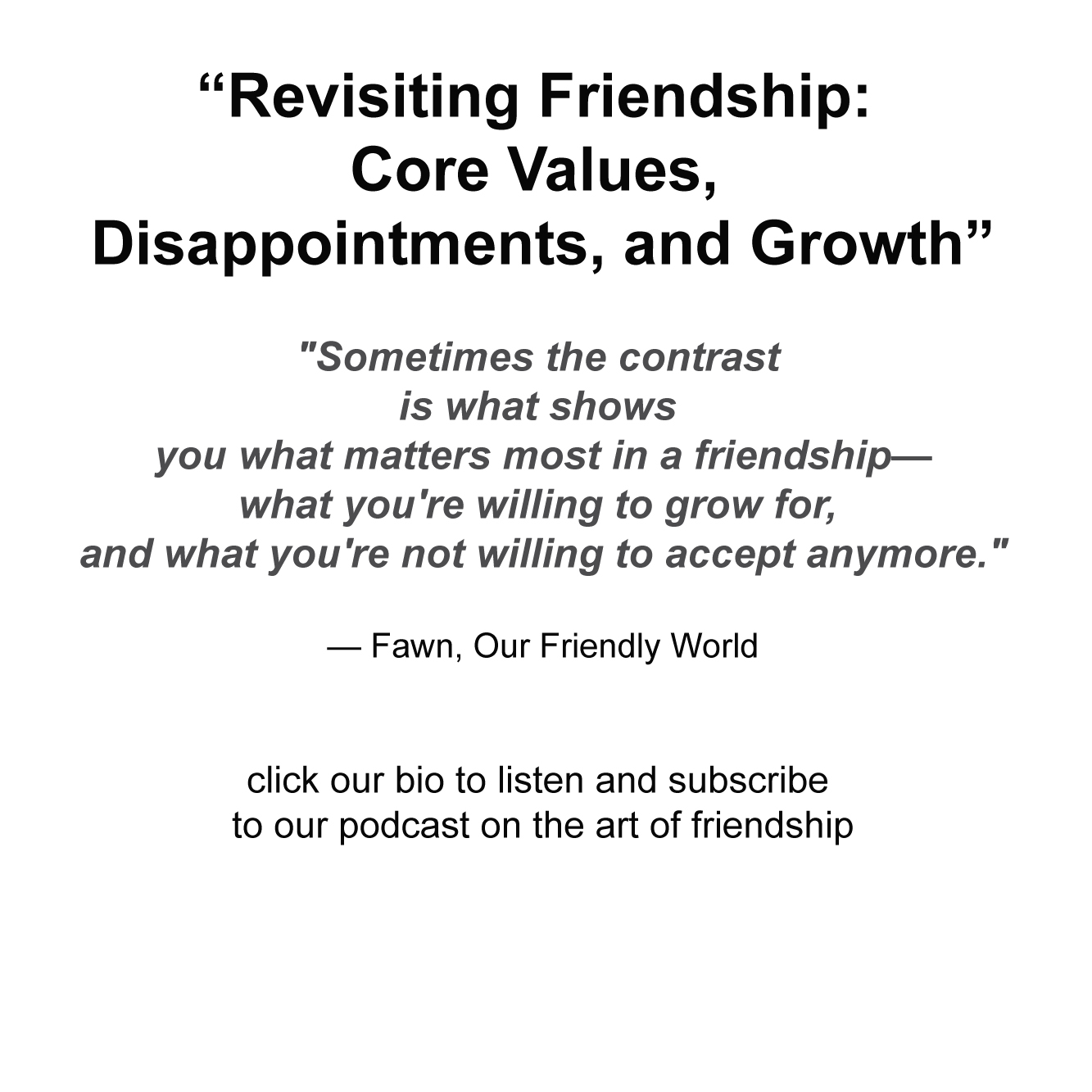CONNECTED – Roundtable # 6 – “Currency and Our Value of Life”
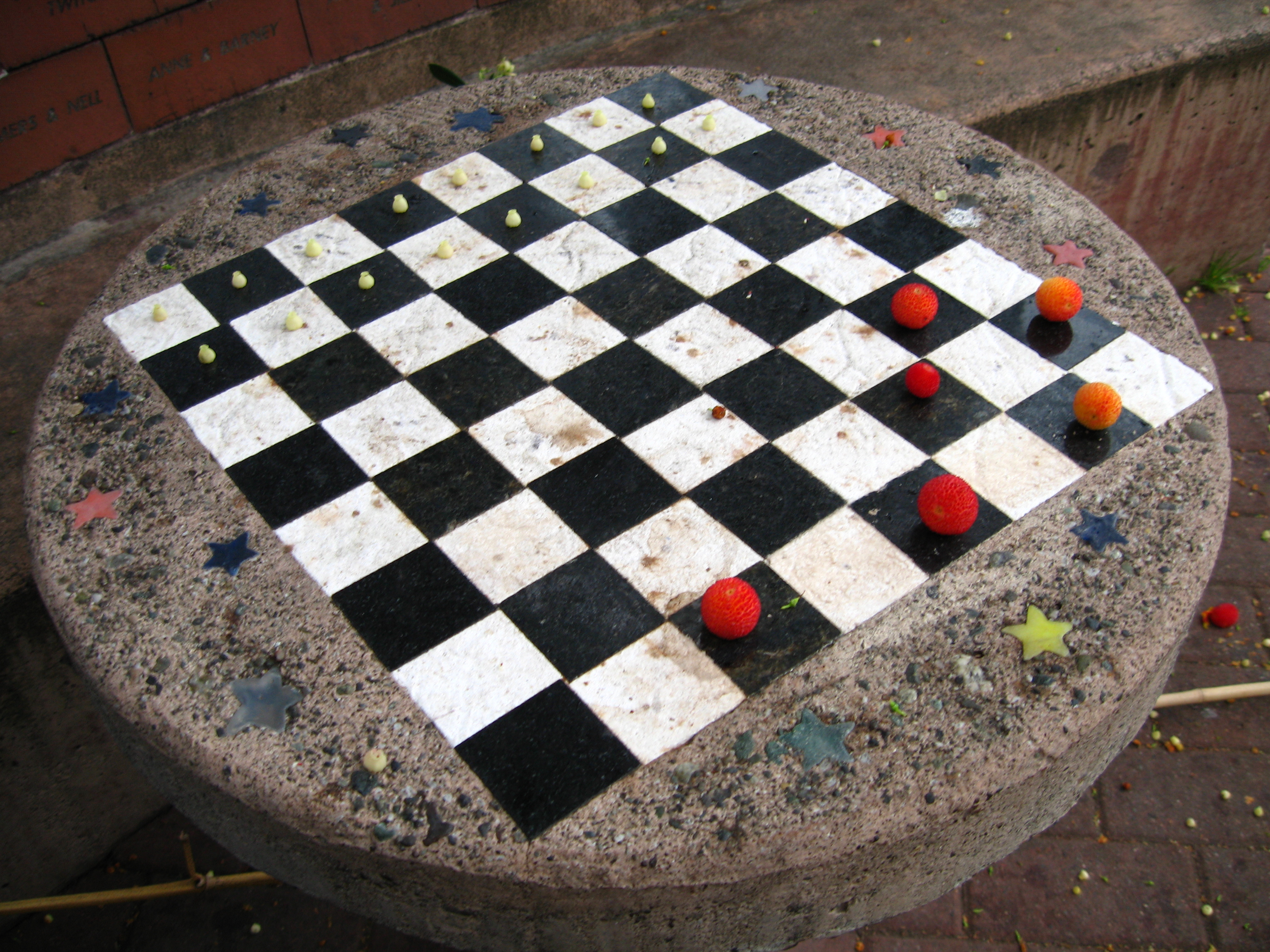
We have been taught to think that when something is scarce, then the value goes up, but should it? Because I'm looking at human beings and I'm thinking about the 99% not being valued. And the 1% that are valued, the 1% that have the majority of the currency, the majority of the money in our society, how come they are in that state and how come the 99% are so undervalued?!
But if you really think about it, we are more valuable than the 1%. And I think that we're not treated as valuable because we are so disconnected from one another. That's my personal theory that if we were truly to connect with one another energetically and physically, that if we shared our ideas and we helped each other out, the 1% would have no power.
Does that make any sense to anybody? And then I'm thinking about money and the value of a person. And what is money? Is it a tool? Of course it is. But is it a tool for manipulation? Has some piece of paper, coin, or ethereal coin crossed the line over to manipulation and how we make money? How does that all work? Is it done with integrity or greed or desperation? How does self-esteem play a factor?
I would like to use the Socratic method by asking questions for us to get somewhere in our conversations where we can figure things out. I really believe we can figure out a way. Socrates often asked questions that went against the traditions and reflections of Athens. And so we may ask, I may ask certain questions, but I mean, no disrespect. I'm trying to understand things and I'm trying to understand a way for us all to come together again.
This roundtable takes us through politics, the economy, self-worth, ethics and a bit of history as we ask questions and define some important terms in order to create change.
We have been taught to think that when something is scarce, then the value goes up, but should it? Because I'm looking at human beings and I'm thinking about the 99% not being valued. And the 1% that are valued, the 1% that have the majority of the currency, the majority of the money in our society, how come they are in that state and how come the 99% are so undervalued?!
But if you really think about it, we are more valuable than the 1%. And I think that we're not treated as valuable because we are so disconnected from one another. That's my personal theory that if we were truly to connect with one another energetically and physically, that if we shared our ideas and we helped each other out, the 1% would have no power.
Does that make any sense to anybody? And then I'm thinking about money and the value of a person. And what is money? Is it a tool? Of course it is. But is it a tool for manipulation? Has some piece of paper, coin, or ethereal coin crossed the line over to manipulation and how we make money? How does that all work? Is it done with integrity or greed or desperation? How does self-esteem play a factor?
I would like to use the Socratic method by asking questions for us to get somewhere in our conversations where we can figure things out. I really believe we can figure out a way. Socrates often asked questions that went against the traditions and reflections of Athens. And so we may ask, I may ask certain questions, but I mean, no disrespect. I'm trying to understand things and I'm trying to understand a way for us all to come together again.
This roundtable takes us through politics, the economy, self-worth, ethics and a bit of history as we ask questions and define some important terms in order to create change.
TRANSCRIPT:
[00:00:00] Fawn: [00:00:00] Hello, everyone. Welcome to our round table. Connected.
Matt: [00:00:04] Hello?
Hi everybody. Today we have Paul. We have Katie.
Katy: [00:00:11] Hi,
Fawn: [00:00:11] we have Beth.
Beth: [00:00:13] Hi, everybody.
Fawn: [00:00:14] And we have KJ. Okay. KJ is on the road you guys, she is driving. Uh, well, she's in the passenger seat, but she's in a car. All right. Today's show is currency. What is it?
Matt: [00:00:29] What is it?
Fawn: [00:00:30] All right. I'll give you some definitions. Currency is a medium of exchange. By the way our round- table is about connected. We're all connected. We are interconnected and our conversations revolve around how we are truly interconnected. And one of the ways in which we are connected is through currency.
So I want to talk about that and it's not just money either. And you'll see we'll get into it. So currency is a medium of [00:01:00] exchange for goods and services in the form of some material. It can be paper, money, coins, et cetera, issued by a government and generally accepted at its face value as a method of payment.
So there, it has like five definitions for currency. If you look it up, it's something that is used as a medium of exchange, like money. It is, something that is generally accepted, a general acceptance, prevalence and Vogue, whatever is in vogue. The third definition is a time or period during something that is widely accepted, and circulated.
So a time period, right; like current events. The fourth definition is the fact or quality of being widely accepted and circulated from person to person. Circulation, as of coin is the fifth one. [00:02:00] And then when I looked at "current", it is passing in time belonging to the time actually passing like current events.
It is something that is prevalent or customary. It is something that is popular. It is something that is new and present like something recent. The noun version of current is something that is flowing like a flowing flow as in a river, something that flows as a stream. Matt and I in our major, why are you looking again like that?
Did I say something wrong? Okay. It's disconcerting. When I look over and you're rolling your eyes, like back and forth, like what? Okay. I just don't know what is happening. So we always talk about the different forms of currency. Of course, there is cash paper coin. There's now virtual currency that we've been talking about.
There's energetic currency, and we always talk about emotional [00:03:00] currency. And now that we get into currency, it leads us to value. And what is value again, the definition would be, degree to which something is useful or estimable. It's from an old French word value, which means worth price, moral worth, standing reputation. There's also the past participle of "valoir" of be worth from Latin valere- be strong, be well, be of value. And then I thought of the word or the phrase value judgment also, value defined by scarcity. And I was thinking about how really doesn't it seem like economy values scarcity.
So it's good to, they want things to be scarce so they can bump up the value of [00:04:00] something or it just happens naturally they think. Or we think that when something is scarce, then the value goes up, but should it? Because I'm looking at human beings and I'm thinking about the 99% not being valued. And the 1% that are valued, the 1% that have the majority of the currency, the majority of the money in our society, how come they are in that state and how come the 99% are so not valued?! Is it because there's too much of us?
But if you really think about it, we are more valuable than the 1%. And I think that we're not seen as valuable. We are not treated as valuable because we are so disconnected from one another. That's my personal theory that if we were truly to connect with one another energetically and physically that if we shared our [00:05:00] ideas and we helped each other out, the 1% would have no power.
Does that make any sense to anybody? So those are my meanderings. And then I'm thinking about money and the value of a person. And what is money? Is it a tool? Is it a tool? Of course it is. But is it a tool for manipulation? Like it's just crossed the line over to manipulation and how do we make money? How does that all work?
Is it done with integrity or greed or desperation? Like when we, we go and let's say, okay, well, we're not going to work for someone else. Let's say we're just working for ourselves. Are we doing it out of desperation? Like, especially lately the past few years there seems to be so many online courses and there's so much, um, uh, strong arming.
Is that the word, the term, when, you know, when they really pressure you [00:06:00] to buy their course or something. Right. And, and it, it feels like it's done out of desperation. Like if you don't buy my product, if I can't scare you to buy my product, you're, you're just, it's not going to work out for you. Things are not going to be good.
Matt: [00:06:15] FOMO -
You're gonna miss out.
Fawn: [00:06:16] It's either the fear of missing out, but it's also like, it's just fear. Like they, if you look at a lot of the commercials or if you look at a lot of the products that are being sold, the currency is fear. They scare you into buying something. So how has that integrity?
And to me, that's desperation on both sides, the desperation to sell your product. Like you can't sell your product because it's good. You have to scare people to buy your product. And then, you know, it can work on both sides, like using my desperation. I feel desperate. I'm desperate to make money and I'm desperate to buy.
It's not okay. That it's just not a good [00:07:00] way to have our society be. It's a bad feeling either way. But so, and another question is what do we give value to? Obviously, I feel like we've been giving such value to paper, to coins, to Bitcoins now, but do we really give value to our relationships? It feels like money has taken precedence.
Is that the word precedence? Yes. Money has been the top number one thing to do because not because we don't care about each other, not because we don't care about our relationships, but we need the money to take care of our families. We need to do whatever it takes. If you need me to work 20 hours. And that's my only choice I have to go and work 20 hours and leave the babies behind.
I have to, to put food on the table. Like the majority of our society has basically fallen into that. So we don't even see each other, which creates more [00:08:00] disruption, which creates less power, which creates just a horrible feeling of "why bother". There's no value put on human life anymore. It's part of the whole chain of events that has created such violence in the world and such fatigue and disease, and in humaneness. It needs to be fixed, guys. We need to fix it right now, talking about it today. So we can go back to valuing relationships more than anything else. Because if we see that we are so connected, we are so interconnected that if we can work together and support each other, we don't need to turn to doing this. I don't know what word to use, but like this job that takes all the life out of you.
Matt: [00:08:52] I remember in what was it? Eighties, nineties aughts. They would always talk about how in [00:09:00] Japan, certain customs had emerged and you couldn't go home from work until your boss left for work until your boss left the office in the day.
And we looked at that as like, Oh my God, that's such a terrible way to live, but are we really so separated from that now ?
Fawn: [00:09:16] In America, does the same thing.
Matt: [00:09:18] That's what I'm saying. I think we're, we're looking at a very similar world currently in, especially because now, you know, it used to be, you can be in the office and quote, unquote, pretending to work. You could leave early and people wouldn't necessarily know, but I think in today's society, you're always tethered. You are, you're tethered the way things go. You're tethered by your phone. You're also tethered. I'm also tethered by, you know, we use, uh, instant messaging and people know when you're online and if I'm not online, you know, if I'm offline for more than 15 minutes, it shows me as away. It's all very kind of overwhelming.
Fawn: [00:09:54] You're even connected in the bathroom. I mean, come on. So all this leads me to [00:10:00] self-esteem and I was looking at esteem and I was looking at estimate; to estimate. And both relate to value .Esteem comes from estimate. Aestimare is where it stems from.
And estimate obviously means valuation. And aestimare is assess the merit of. It's an appraisal. So looking at esteem and estimate, and as a culture, as a society, has our esteem been so knocked down that we are slaves to the machine at any cost. And the cost is the loneliness epidemic, which is why we're here today, talking. The cost is not really having family and good family relationships. And then thinking about all the jobs that we all need to have to provide for our families to have a roof over our heads to have [00:11:00] food and the companies we work for, and the top 1%. We were talking about this, why are CEOs now making so much more money than ever before?
But the majority of the people, the 99% are making less and less. And if they're not making less, they're making the same as they did 10, 10, 20, 30 years ago, the wages have not really been going up. And the CEOs have made so much money. How did it all, how did all this start? Because a few decades ago, CEOs were not like this. They didn't make as much money. It's this way. What does this disproportionate disproportionate is not even a good word for it. It is astronomically different, higher than all the people that are actually working in the corporations for these CEOs. Is that fair? [00:12:00] When did it start? You asked Matt, is this sustainable?
Matt: [00:12:04] Yeah. And, and that's, to me, that's a very, very serious question. I mean, it started by one random CEO getting paid more than, um, Traditionally. And then the other CEO took a look at the first CEO and said, Hey, wait a second. I want to make that much money. And the next one said, wow, I want to make a little more. And the next one said, I want to make a little more. And before you know it, instead of making somewhere between five and 10 times the amount of like the highest paid workers, they're making a hundred, they're making a thousand, they're getting stock options. They're getting, and there's a perceived value of if I have this CEO, he will provide vision. He will provide leadership, he will provide guidance. And that's true. And you definitely want to have a good one, but if you're paying your CEO, the equivalent of, you know, tens of thousands to hundreds of thousands of dollars an hour, do they really provide that much value?
Fawn: [00:12:52] I have a few more questions before we all started talking at the round table.
So let me keep going. Why is this happening? [00:13:00] Why is this happening? Why,? What created all this... is it greed? What is this?
Matt: [00:13:06] Well, it is basically human nature to be greedy
Fawn: [00:13:09] back to the whole issue of self-esteem and being valued. When we are desperate, we tend to just take whatever we can get and not say anything. And we don't want to cause any trouble because we don't want to lose our jobs. So we were talking about how maybe an Amazon employee may not say anything because they're like, well, I get health insurance right away. Well, I'm thinking, okay, well, what if you get fired? You have nothing. And the jobs are being quickly replaced by machines anyway.
and then so all these people that we look at as success. These are our people to emulate, right? All these CEOs that we're talking about, somehow they've become the things that we worship like, Oh, I'm going to become the next [00:14:00] Jeff Bezos. I'm going to become a Bill Gates, Zuckerberg. Like they make it seem like anyone can do it if you work hard enough and if you get lucky enough. But how are they acquiring all this wealth, first of all? How are they acquiring all this wealth? How is that happening? How is it? And don't, these people tend to pretty much control politics, which leads me to the next thing, which is democracy and governments.
And it leads me back to, I've been obsessed with ancient Greece, specifically Athens and Sparta, the comparisons of the two and the, these both had slavery. And they treated their slaves differently. They treated their citizens differently. And it was very interesting who they considered citizens like in Athens, women were not considered citizens, but in Sparta, women had as much equality as anyone else. The way they treated slaves between Athens and Sparta, radically [00:15:00] different. But it's, it's just interesting how, like, if we go back to currency, Sparta, didn't like money. They did not use money. They felt that if they used currency that it would create such an imbalance between the citizens and they didn't want one person having more than the other. And the only reason they ended up using currency; when they actually started to develop coins, the only reason that led to that was war. They needed to create money for paying non- Spartan soldiers to fight Macedonia.
And all this leads me to asking all these questions and Matt, you brought up Socrates and you know, our whole movements with "Our Friendly World" with the friendship movement, our main, person that we look to as like look centuries ago, this person [00:16:00] said the same thing we are saying, which was, Aristotle.
And so going back, we're going to Plato and we're going to Socrates and Socrates taught philosophy by engaging people in conversation, he would ask basic questions about important topics, like really simple, innocent questions, right. But it made people mad .And people realized they didn't know as much as they thought they did. And the ones that were insecure about that got really upset at Socrates. So you had one team, one team that felt ridiculed, because they, it was shown that they really knew nothing. And then you have the other side, they were like, wow, Socrates, I want to learn from you. So they became students, right?
So there, we had two sides. Does that sound a little familiar? That diversity. And so, and what happened, ended up happening to Socrates is because he was raising so many questions. The government, the [00:17:00] democratic form of government killed him. They made him drink poison.
Matt: [00:17:04] right.
Fawn: [00:17:06] And so. I hope that we don't get in trouble like Socrates, but I would like to use this, Socratic method and just asking questions for us to get somewhere in our conversations where we can figure things out.
We can figure out a way. And I really believe we can. Socrates often asked questions that went against the traditions and reflections of Athens. And so we may ask, I may ask certain questions, but I mean, no disrespect. I just, I'm trying to understand things and I'm trying to understand a way ,I'm trying to find a way for us all to come together again.
And just one more thing about democracy I've been thinking about, especially within the United States. And we have friends around the world who are listening and I want different [00:18:00] perspectives on democracy because I really don't think the United States is a democracy. The more I look at it, to me, it's a form of oligarchy.
It's really run by a few men, a few men that are controlling everything like these business owners. And so Plato and Socrates did not, they were totally against democracy. And why is that? So Plato said, so Plato pretty much wrote down whatever he could think of to write down from what, whatever Socrates was saying.
Matt: [00:18:33] He tweaked the message to suit his own ends,
Fawn: [00:18:35] of course. But so this is if you look up Plato and what he thought of democracy, because I thought, okay, Plato, Socrates, for sure, they would be totally for democracy. They weren't, they from a culture that invented it? So when I found out that they indeed were against it, I'm like, what, why?
And this is, this is very interesting now, especially this is what Plato was saying [00:19:00] that "any fool can become the leader and they can manipulate popular opinion". So any fool can come into power in a democracy and that's not okay. That's not okay. So can we think of some examples? I mean, there are many examples in our government, in the United States where some fool came in and disrupted everything and destroyed so many people.
Anyway. So I think I'm kind of done talking so everybody else, what do you all think?
Matt: [00:19:34] Wow, you talked way too much about way too many things. I mean, how are we going to unbox this?!
Fawn: [00:19:39] Look, I have a smorgasbord. I have a buffet table here. So whenever you guys want to talk about whatever's on your mind, pick a morsel here and there.
Beth: [00:19:48] There were, there were two things that I picked out of all those amazing different things that you talked about there, Fawn. The first one, when you first started about talking about scarcity, and then I was thinking, well, we're [00:20:00] all individually unique. And so by our very nature, we have unlimited value because there's only one of us. If you think of it that way. And then I was thinking about our own individual value and how our currency in terms of our individual value is our, how we can barter with one another, how we can help one another, how we can collaborate. Um, in that sense, I don't tend to, even though I've worked in like politics and governance and, you know, at the heart of democracy sometimes in the past, I don't always like to go there.
I don't like to think about the, the bigger picture. Maybe I should, maybe I should do more of that, but I think we all, as individuals have so much value and emotional currency and it shouldn't just to be about manipulation. It should be about how we can individually help one another, and, make connections that way.
So that, that was where my thinking was at as you were talking.
Matt: [00:20:56] But if you look at us as a society, we're not. [00:21:00] Okay. So a hurricane in America, hurricane hits, everybody rushes, everybody donates money. I get that. I get that, you know, we're very keen on helping Americans, but on some level it's like, if you're not inside of our little group, we don't care.
You know, if, I think if the same, um, hurricane were to hit somewhere in India, I don't know how much money America would end up sending. I mean, the government would probably send some for sure, just to maintain relations and whatnot, but the people themselves
Beth: [00:21:33] that's just so in the UK, I feel like whenever, uh, I ju I feel like whenever there's something happening in another country in the UK, I think as we are very charitable and I don't know if that's just our society.
So you're saying that in America, that. It's charitable within your own.
Matt: [00:21:51] It, it feels like you have to be part of our tribe, part of our kind of click, if you will. And then, and then you're and then you're all right. Now, fortunately of course, England is the UK [00:22:00] is part of our little click, but still,
Fawn: [00:22:03] I mean, look at, look at how looking at ancient Athens and then looking at the United States in particular, I'll just speak for the United States because I'm an American and we live here, but people are treated differently based on their social group.
Right. And so, and then there's just this whole us and them constantly. I remember being on a train ride with Matt and this, this kid came on.
Matt: [00:22:32] Oh dear...
Fawn: [00:22:33] It was a very long train ride, you guys. We were going from LA to Seattle. And this kid popped up, popped into the train, I think from Berkeley. He was headed to a university to take part in a debate. And so we were talking to him and Matt asked him what he was debating and he was debating on if we should give (and this is very poignant right now), and although this was years ago that this [00:23:00] happened on this train, right?
We were talking about drugs and should the United States give drugs to African nations, to African nations to help them out?
Matt: [00:23:11] Well, more than just give drugs. It was like, literally like should American corporations be forced to give up their trade secrets to even create these random drugs.
Fawn: [00:23:21] So this was years ago, you guys, and now we're having the same issue right now with the vaccines, and helping India and how there are people in the United States like citizens saying, Hey, we should help them out. But the corporations, like I'm not giving up my secret sauce. I think that's what basically they were saying. Right? Right. So on this train ride, Matt said, cause Matt loves to debate.
Matt loves the debate. And you know, when you listen to our podcasts, Matt's always playing devil's advocate. If you,
Matt: [00:23:54] and sometimes I believe what I'm talking about. Come on.
Fawn: [00:23:56] And sometimes, sometimes I'm like, is that you playing devil's [00:24:00] advocate? Is that really how you're feeling? What's going on?
But on those train ride, Matt and this kid started going at it on purpose. Like Matt said, I will play devil's advocate so you present your case and I'm going to say anything I can to just undermine you to undermine you. Now, other passengers did not hear that part. Okay. So the debate started and Matt started playing devil's advocate and I had no idea the extreme of racism in our country until that day, I was already aware that we were racist, but that day on that train, I really looked around and I that's when I started to get very scared, like I started to just sink in my seat because I was afraid I was the only non-white person on this train.
So what happened was this kid was talking PRO and Matt was talking CON. [00:25:00] Next thing you know, everybody around us started cheering for Matt and we heard the most hideous words coming out of people's mouth that were sitting next to us. Basically using the S this was a years ago, guys, years ago, basically using the same terms, the same terminology that Trump used against certain countries in Africa, calling a certain word holes.
I didn't say that, no, the passenger, that one passenger next to you, then they basically, the way they were talking about Africa and how they didn't care about them. You know, we are American who cares about those people. Anyway, the words that they were using were so scary and ugly. it really scared me in it, but I think does most of America think that way?
Matt: [00:25:59] Well, yeah, that's why [00:26:00] I wanted to dive in, um, where I was. Um, it seems like corporations like to blame, their stockholders, you know, I would love to send a billion doses of the vaccine to fill in the blank, but our shareholders would never allow it. You know, this is kind of esotericness, and then, because you're sending it not to little Johnny you're sending it to these random, I don't know, what's the term. I don't know. De-humanized people probably, it's very easy to phrase this way. Um, you know, it becomes more of a dollars and cents decision than a life or death decision, which is a little challenging.
Fawn: [00:26:38] And you guys, when this kid got off, to his stop, the entire train car applauded and told him to get the hell off.
Matt: [00:26:48] I was very convincing. I took, I took a severe populous stance and, you know, I use the small words and, and there's a whole diction that you can throw down to get people to [00:27:00] agree with you.
Fawn: [00:27:01] They were cheering Matt on like he was their hero. It was, it was something else, guys. It's a
Paul: [00:27:08] quick question, was the child a different ethnicity?
Matt: [00:27:12] No!
Fawn: [00:27:12] Caucasian.
And I call him a child, but he was a university student
Matt: [00:27:16] He was a university student and I was not, uh, but I took, I took a very populous stance. I used again, I use the small words, you know, I was careful with my diction, you know, I wasn't, I didn't throw out any college words. And basically he was making the emotional argument that we really need to help everyone on planet earth.
And I took the argument of yeah, but as dollars and cents and you know, we don't want to give up our advantage. Basically. We don't want to give up our advantage,
Fawn: [00:27:46] but in, do you think this has happened by some, uh, by some force, by some like messaging over and over again that has [00:28:00] trained us as a society to think that way, instead of thinking we are one, we are completely connected. You are my brother and sister. Is this a way that's very conveniently brought about us separating ourselves from one another, because when we do come together, we are so powerful way more powerful than any 1%, than any rich, super wealthy entity that has all the money. We have the power. I just wonder. And especially looking at the state of the United States with so much this side and that side and nothing in between, is this a convenient way to separate us so that we are controlled by something else?
Is this too dark to say?
Paul: [00:28:52] Um, no.
I mean like it's, it's, uh, it's funny you talking about esteem. Yeah. And so [00:29:00] self-esteem like how we value ourselves. And I find recently a lot of people, or even like in films and, uh, on the radio and stuff like that, people say, um, I'm only human, you know, and then they put themselves in that box.
So they're only human and their not, this powerful, beautiful, amazing, spiritual being. And it should really be the other way around; is that, cool, so I can do, I am I'm human, you know, standing in that power and humans are magically powerful. And part of that power is connection and stuff like that. And it's through this suppression of self-esteem and, through disconnection and stuff like that, which that 1% that you went on about obviously does. and it's through fear which is always a big game changer. This is how it happens. My personal opinion.
Fawn: [00:29:57] I totally agree with you.
One person, we [00:30:00] are incredibly powerful. Imagine if we're together, what we can do and all these ideas aside, all these different issues aside and labels of Republican or Democrat, they don't really mean anything. It's just, I wish we could talk about other things to come to the realization or remember, come to a point where we can remember that we are amazing humans, that we were all great.
I think we can turn everything around in an instant.
Katy: [00:30:41] The problem is I don't think we value ourselves enough. We don't think that we can, as one person make any change in the world. Whereas if we value ourselves enough and if we all do a little something that all accumulates to [00:31:00] producing a change, so we all have to think highly of ourselves, so to speak, um, that we can do a change.
And also, as people say, you know, just be the change, it's just do one little thing. Try to help somebody out here and there. And if we all contribute that way in just one little thing, then we can make changes. It's not like I'm one powerful person and I can change the world. It's not going to happen that way. It's all, everybody in their own little special way, we are all perfect people in our own special way. And we can all make the change.
Fawn: [00:31:40] I agree. I was thinking about, for example, Matt and I went through some hard times and we now just started talking about it.
And so on our podcasts, we have listeners that knew us from years ago, who reached out to us and they, they were hurt and upset [00:32:00] because they were asking us why we didn't tell them that we were going through hard times and we didn't tell them because we felt so alone and we felt so isolated. Um, that nothing would help.
And the people around us at that time period. Totally we're not good that, that they weren't, they didn't have the capacity. They didn't have the emotional currency to be good friends. I don't know how else to explain this, but so, because we were disappointed in the few people that we were surrounded by, we pretty much said, okay, I guess that's it.
And didn't ask for help, didn't tell anyone our trouble. And I guess what I'm trying to say is one of the little things that we can do is make a list. I was listening to this billionaire speak a couple months ago, and he said, one day he decided to make a [00:33:00] list of, let's say, if he didn't have any money, who could he stay with for two weeks?
Whose couch could he sleep on for two weeks? And so he made a list and like, if we could get together and tell each other, Hey, if you get in trouble, you could have this space over here in my home for a couple of weeks. And if we all did that, we could all be homeless and have a home at the same time. If we actually communicated that, Hey, I am, Hey, I will cook for you for two weeks. We can share our food with you. You'll be fine there. And this other person can say, I have a spare room, or I have a couch or whatever, but like, whatever, I often talk about stone soup. Like someone has a carrot. Someone has an onion, someone has some water. Someone has maybe a little bit of salt. Do you know what I mean? We bring that together and we can have a stew. We can have a meal together. You may not think [00:34:00] one carrot can do anything, but if we pull our ingredients and our resources together, emotionally first, and then maybe a carrot or an onion, think about it.
Our needs will be met. Our needs will have been met. And then what, then we can become more human. Then maybe we can relax a little bit and realize I am not alone. I don't have the weight of the world on my shoulders. I can, I can survive. We can survive together. And everybody has a different talent.
Someone could make you laugh when you really need it. Someone can give you a hug when you really need it. Someone can give you a blanket. Someone can tell you which way to go when you don't know which way to turn. And I know in this round table, you've all done that for me. And that's it. I think first step is we can make a list of the basic needs.
Right guys?
KJ: [00:34:53] I have many, many thoughts and of the buffet table that has been so generously offered to me. [00:35:00] I took away a couple of things that that could actually dovetail nicely on what you just spoke about.
Actually all of you, a currency for me, and the value, the most valuable currency for me in this moment is safety and safety that can be defined in so many ways. Uh, certainly the way that, that you had just outlined, Fawn, which is, is there so talking about basic needs, we could go through Maslow's hierarchy.
Do we have shelter? Do we have a roof over our head? Is there water available? And if I'm cold, is there warmth? Is there some way to be warm? So if those basic needs, those basic safety needs and survival needs are not met, there is no way that we could be as authentic or genuine or ready to connect with other people because we're on guard all the time.
We're always trying [00:36:00] to figure out how we can be okay in our very basic needs and necessities before we can start moving up and seeing how we can make
a bigger impact. And so speaking to what Katie said as well, it, it does start with: how do we value ourselves? How are we keeping ourselves safe in order for us to be curious and connect with, outside of ourselves?
Something about the word estimate came up for me as well, which you'd mentioned before. I think all of you had touched on it, which is there's an evaluation around it. Which means basically judgment. And so back to that idea of safety, I know that the people that I surround myself with, will be the ones that are not evaluating, in a way that makes me feel unsafe or makes me feel like I need to have my guard up.
So for instance, the people at this table, the people in this conversation, I can have [00:37:00] some of these difficult conversations with, because I have felt a level of safety, I have felt a level of acceptance and I have felt that my currency, what I can offer to the table has been valued, has been, is considered it's considered valuable and helpful.
I'm sort of rambling, but just wanted to make note that what stood out for me in this gorgeous buffet.
Fawn: [00:37:28] We each have the ingredients and that is of value. Thank you for that KJ. That's so true to that better though. Oh, Oh, wait to that point. Yeah. Um, to,
KJ: [00:37:48] to that point, how does one feel that they are valuable? That's what I was
Fawn: [00:37:54] speaking to, and
KJ: [00:37:56] I'll try to sum it up.
I believe that I at least feel [00:38:00] valued when I am safe and I'm feeling safe when I am held without judgment and provided the very basic needs such as warmth, listening, kindness shelter.
Fawn: [00:38:15] Isn't that interesting? That being one of the most quote unquote powerful nations in the world, a lot of our citizens don't have those common core things like shelter, food, warmth, even running water.
KJ: [00:38:33] Yep.
Fawn: [00:38:34] And it's interesting how certain areas certain populations, certain social groups, especially don't have that. And why is that? Why is that allowed to have happen? If we all help each other out that doesn't need to happen, and we don't need to rely on a big government to take care of it, but we can rely on each other's friendship to take care of it.
Paul: [00:38:59] That's [00:39:00] it. If we recognize our own power and stand in that and grow in that and not depend on government and stuff like that.
And the reason why we depend again is on fear. But yeah, we stand in that power and truly love ourselves and just concentrate on ourselves and then together grow together. Yeah. I mean the world people would be, would be just become beautiful and everything will get solved. That's the thing. No, one's concentrating on themselves enough on self love and self growth.
Fawn: [00:39:35] Yeah. It's because of fear. You're right. It's like the government is treated as the one all be all the, know all. So we can't do anything on our own because we need mom and dad to take care of it. And that kind of thinking has spread into all aspects of life. Like, I can't do anything myself because I'm just a kid. I don't know enough. I don't have enough and I don't make enough money. And I [00:40:00] don't have a standing in society. I don't have this degree, or I don't have, uh, whatever plaque you need that gives you some identity. And which leads me back to how do we give worth to ourselves? And what is money?
And money is just a piece of paper or a coin. And now it's not even gold or silver. It's just some random piece of metal that we give value to. How come we don't give value to human beings? Human beings are the most valuable. The earth is the most valuable.
Matt: [00:40:34] Well value comes from what society agrees is valuable basically.
And society has agreed that gold, silver, frankincense, myrrh, whatever you want to call it, us dollars have value and that people don't necessarily have any value.
Fawn: [00:40:49] If we come together as friends and remind each other how powerful we are, which happens to me when I'm talking to you guys, not just on the show, but like [00:41:00] we, you know, like, I'll talk to Katy on my own.
I'll talk to KJ. I'll talk to Paul. I'll talk to Beth and you guys make me feel valuable because out there I'm being told my photography is of no value. My talent is not valuable at all. And I have the worst days and I talked to you guys and you remind me, that's not true. Just yesterday. I was talking to Beth and KJ and I was saying how I'm unemployed.
And I was just basically talking about myself, like, well, I don't matter as much as you guys do. Cause you guys have jobs and I'm unemployed over here . And you guys remind me, that's not true. That is not true. I do have a carrot. I have something to offer to this meal.
Beth: [00:41:46] You have a buffet..
Fawn: [00:41:46] Thank you.
Katy: [00:41:50] That's right..
KJ: [00:41:52] Yes. You generously offer this buffet. You offering a moment for us to come together and [00:42:00] have these conscientious and compassionate conversations
that is so valuable.
Fawn: [00:42:05] If it wasn't for a friend saying that I definitely would not hear that in our culture, in our society. I hear the opposite.
Beth: [00:42:12] I think the way that you were talking yesterday was that you were putting the value on a career or a job or employment, and that's not, that's not our total value. We identify sometimes careers in our, how successful we are in our day to day, but that isn't everything about us, I think we forget that sometimes. Our value is all facets of who we are and not just how successful we are.
Matt: [00:42:39] I think it's part of the human condition to focus on those areas that we perhaps feel need improvement. I think that that's why we go through imposter syndrome for instance, which is this whole sense of, I'm not good enough to do whatever it is I'm doing.
Be it a parent, be it a, uh, employee, be it a person sometimes.
Fawn: [00:42:57] Yeah. But where does that come from? There's [00:43:00] some messaging that tells us that.
Matt: [00:43:01] There is a messaging, but I also think that there is a part of us that constantly strives for self-improvement and least I want to believe.
So I'm weaken area a so I'm going to improve area A..
Paul: [00:43:12] Yeah. Evolution, baby.
Matt: [00:43:16] But I think where the messaging gets confusing and awkward and off is the fact that sometimes we feel we can't be successful unless we're Puff Daddy or unless we're Gina Ford or unless we're, parent of the year.
Fawn: [00:43:31] This is obviously a never ending conversation or maybe it could have an ending. Maybe the happy ending is closer than we think. How can we wrap up today's conversation? And then how can we prop it up in a way where we can see the light.
Matt: [00:43:52] See, for me, we've been here before, we've been here a number of times. And what are you talking about? The how, how do we wrap up [00:44:00] the show? How do we, how do we tie this into a bow? And we've been here before, we've been here a number of times and we're back here because we have this nasty habit of dragging ourselves back here.
I think the way we need to end the show is by, is by recognizing and treasuring and letting the people around us know Katy. I see you. I see you. And I appreciate you. And I value you. You know what I mean?
Katy: [00:44:30] so I think we should just say the hell with society and all of their expectations and we should just be there for each other. And I know Fawn, if you needed something, I would be there in a second for you. And I know you would do the same for me. So I think that's, what's most important is to be there for each other.
Fawn: [00:44:53] And we don't have to be there for the whole planet.
It could be just one person, one person. And if everyone [00:45:00] did that, right, it would be an embrace around the world ( Katy agrees).
Paul: [00:45:05] There's this kind of idea of how Buddhists live. So they, the idea is, you know, they, they, um, they lived their lives for themselves. Um, And they look after themselves and they walk on their own path kind of thing, and they don't go out their way to to help anyone. They just concentrate on themselves. And then on the path, if someone comes along and needs help, then they help them kind of thing with like full love.
And if, if the whole world did that, it would be, um, it would, it would be beautiful. But what I, my kind of like idea of that is like, I would look at it in like, um, a butterfly way. So like, we all need to become butterflies. We're all these caterpillars, we all need to metamorph into these butterflies by [00:46:00] concentrating on ourselves and really like Self growing and self love and all that kind of stuff, figuring out our power. That's the thing, figuring out our power as we are powerful beings, spiritual beings, and then when we become this beautiful, amazing butterfly that can now fly, you know, that's how powerful we all, we're there crawling on a little leaf and it takes us like two hours to get thirty centimeters away and now we can flutter and fly with, colorful, beautiful wings. And then we dance around each other, and become a flutter, which is like a group of butterflies. Anyway, I dunno. I think I started talking about a fairy tale or something, but, um, that's my kind of idea of what, what needs to happen?
It's the metamorph, well soulfully become the butterflies and then dance together in the beautiful garden.
[00:47:00] Fawn: [00:46:59] Beautifully said,
Beth: [00:47:01] I don't know what more I could
add to that. I thought it was a beautiful story. Maybe, maybe, maybe we, it is coming back to fairytales. Maybe it's more about the stories that we tell ourselves, giving ourselves time to recognize our superpowers, but also recognize them, you know, the people as well and tell people about their amazing super powers.,
Fawn: [00:47:26] Beth.
That is it, Beth. Beth. Thank you. Yeah. So from now on what I'm going to do is when I meet people, I will. I don't care if it sounds crazy, but out of the blue, I will say what I recognize their currency to be. Your currency is the ability to see fairytales in everything. Your currency is to see way into the future.
Your currency is to take pictures. Your currency is to [00:48:00] help people understand emotions. And I value that that is valuable currency right there. That is gold. I'm just going to say stuff like that, whatever I notice, I'm going to attribute it to currency and make sure that that person feels they're worth the worth that I see in them, that society needs.
And if we, we did that for each other, I think it would help a lot.
Paul: [00:48:27] Yeah. Yeah. It's um, it's helping each other become the butterfly sort of thing. It's like a Caterpillar shouting at another caterpillar on another leaf going,"OY! Don't forget you can change! You're beautiful inside and he's going. Oh yeah. And then he started getting into the cacoon. Yeah.
Fawn: [00:48:51] Perfect. Perfect. Anything else anyone wants to add before we go? Whoa,
wake up,
[00:49:00] Matt: [00:49:01] Katie. See you. Hello. Don't yell at me. All right. I started this whole and then Paul added the butterfly and here we are. Now we, now we have, Caterpillar's talking to each other, letting each other know their butterflies. I started it. Hey.
Fawn: [00:49:19] All right, everybody. Um, I guess that's it.
Paul: [00:49:22] Oh look, Beth's got the two little butterflies.
Oh, she's got
three. She's got the whole flutter!
Fawn: [00:49:29] We are free. We are not slaves to the machine. We can fly. We can fly. Yeah. All right, everybody, I guess that's it for today? Is that it? Okay. We are powerful guys. Stay together and stick together.
We we've got this. We are stronger. We are the most powerful currency out there is our friendship.
Matt: [00:49:53] Better, stronger
Fawn: [00:49:54] together. That's right. Better, stronger, together. Just like our, motto says. [00:50:00] All right, everybody. We'll talk to you in a few days. Thanks everybody. Thank you, Paul. Thank you, Beth. Thank you, Katy.
Thank you. KJ safe travels and Matt. Thank you.
Matt: [00:50:14] Thank you Fawn.
Talk to you guys soon. Bye everybody. Bye.

Lotus (Paul Martin)
musician, meditation teacher, personal trainer and nutrition coach
I am at first and foremost a musician. Music is how the area of my heart which concentrates on expression and art speaks. I have also studied and taught meditation for years and earned my qualifications as a personal trainer and nutrition coach. I love healing people in so many ways and being on the journey of self-love with them.

Katy LoSasso
Health and Nutrition GURU
A graduate of Rocky Mountain School for Botanical studies with a degree in Western Herbalism, Katy is one of the wisest, kindest and most compassionate people you will meet.















